TEST DRIVE: 2020 BMW X5 xDrive45e (G05) – Electrifyingly Superior
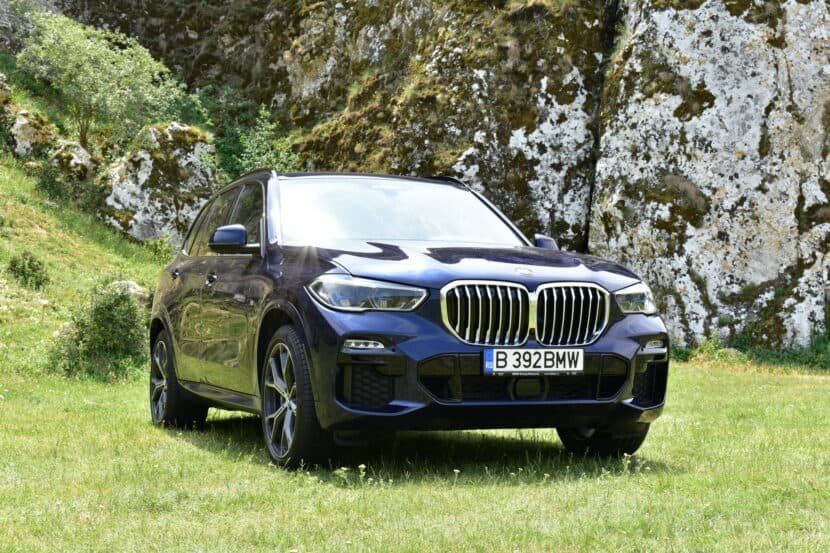
After driving for over 600 kilometers during my weekend test drive with the new BMW X5 xDrive45e, it was clear to me that the plug-in hybrid version of the G05 series will soon become the top pick within the lineup of the executive class Sports Activity Vehicle. I was eager to drive the electrified X5, which mile after mile, unravelled to me as a constantly surprising, all-rounding and unrivaled luxury vehicle. The efficient, cutting-edge plug-in hybrid powertrain is the perfect match for the already compelling package of the G05 X5.
Driving feel and on-road performance
The new BMW X5 xDrive45e is, in any sense, better than the former xDrive40e version of the F15 generation. The packing of the entire 4th generation BMW eDrive architecture is now more cleverly performed, taking less space and weight. At the core of the electrified powertrain stand the 3.0-liter petrol engine, a powerful electric unit and a high-voltage battery. The 2,993 cc, BMW TwinPower Turbo powerplant can be considered to have been somehow derived from the B58 engine family, yet it has been thoroughly optimized as to ensure a smooth and efficient functioning.
The newly engineered 6-cylinder petrol unit features extensive EfficientDynamics measures and is able to develop a peak output of 210kW / 286 PS (282 hp) between 5,000 rpm – 6,000 rpm and a maximum torque of 450 Nm at 1,500 rpm – 3,500 rpm. On either highways or national roads, I was surprised by how frugal it can perform, enabling me to achieve impressive fuel consumption figures.

Backed by the electric unit, the combined hybrid consumption of the powertrain decrease to as low as 5.9 liters / 100 kilometers while running with an average speed of 110 km/h on the highway. I have also used the autonomous driving systems that the X5 xDrive45e was equipped with – the Distance Control and the Assisted Driving features – and found them to be a great companion for the PHEV powertrain.
The Assisted Driving helped me relieve the stress and relax a bit on the highway, while also reducing my intervention on the steering wheel to around once in 20 – 25 seconds. The Distance Control, on the other hand, is good for maintaining an exact speed and distance, with the driver in charge of the steering wheel only.
The electric motor boasts a maximum output of 83 kW / 113 PS (111 hp) at 3,170 rpm, while the high-voltage lithium-ion battery has a gross energy content increased to 24.0 kWh and further developed power electronics for intelligent energy management. The peak torque of 265 Nm is available practically right away from 0 to 3,170 rpm, providing a spectacular boost and a sustained power delivery.
The combined output climbs to 290 kW / 394 PS (388 hp), just like in the case of the 745e/745Le/745Le xDrive family and in the upcoming, brand new 545e xDrive Sedan. The peak torque is equally impressive at 600 Nm. The outstanding power figure is then channelled to all four wheels with the help of the 8-speed Steptronic automatic transmission.
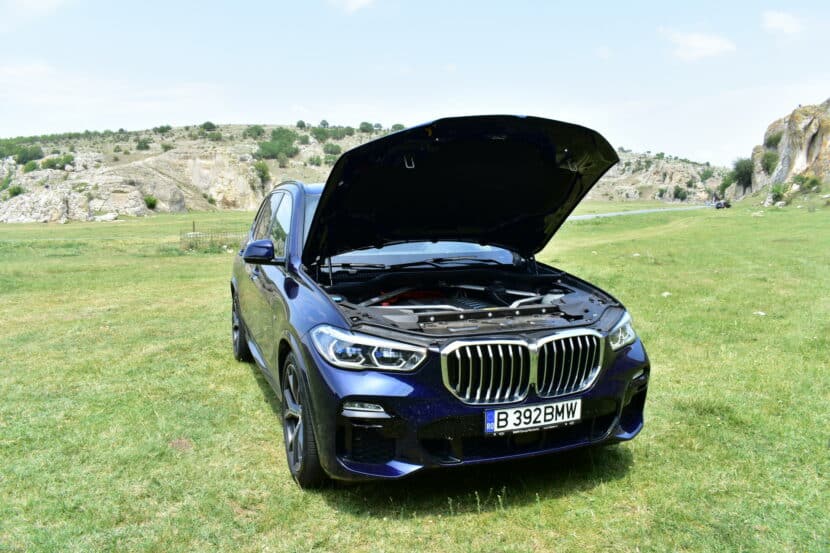
This means that driving in AWD configuration is possible at all times and in all driving modes, from ELECTRIC and HYBRID to ADAPTIVE and SPORT, ensuring great stability, handling, pulling traction and safety in all road situations and conditions.
The new 2020 BMW X5 xDrive45e is also quicker than its predecessor when it comes to 0-100 km/h acceleration: a 5.6-second sprint compared to 6.8 seconds achieved by the outgoing X5 xDrive40e iPerformance. The top speed of the new plug-in hybrid X5 is also higher: 235 km/h versus 210 km/h for the preceding model generation.
It is worth mentioning that, despite the astonishing qualities and demonstrated performance of the plug-in hybrid electric architecture underpinning the X5 xDrive45e, the BMW eDrive platform has some downsides. For example, the X5 PHEV has a kerb weight of 2,435 kilos, which is 375 kilos heavier than a comparable X5 xDrive40i.
Furthermore, the fuel tank on the X5 xDrive45e has a capacity of 69 liters, slightly less than the 83 liters on the X5 xDrive40i. But, with a full tank of gasoline and a 100% charged battery, the combined range of the PHEV powertrain goes as high as 830 kilometers.
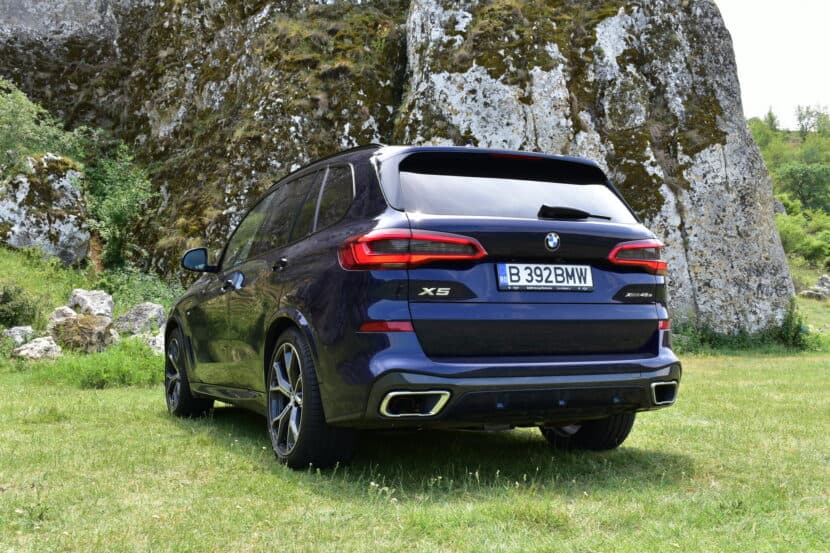
Even though the boot capacity drops to 500 liters (vs. 645 liters on the X5 xDrive40i) in normal seat configuration, it is still sufficient at most times and proves once again that, given the current technologies and developments, the plug-in hybrid powertrain is more suitable for high-sided vehicles like the X5 Sports Activity Vehicle compared to models from lower classes like the 330e or X1 xDrive25e.
Nonetheless, to reduce the effects of the extra weight as much as possible, you have to adhere to the charging routine I was mentioning in the 330e test drive article. Given the higher gross energy content for the battery pack in the X5 xDrive45e, it will take longer to recharge up to 100% capacity at a normal, home socket. Longer than 12 hours, compared to 5 – 5.5 hours in the case of the 330e.

Of course, the net energy capacity of 20.9 kWh is almost double than in the case of the 3 Series PHEV, which means an increase pure electric range. Thanks to the intelligent energy management technology, the battery handles the stress in a remarkable and optimal manner, managing a better preservation of the electric energy storage, on-road battery recharging, lowering the fuel consumption and optimizing the all-electric range.
In ELECTRIC mode only, I was able to cover around 55 to 60 kilometers while driving within the city area, with a considerably moderate traffic during the weekend. Most likely, at rush hour, the ELECTRIC driving mode will be good for covering around 35 to 40 kilometers, but that is still adequate enough, given the vehicle’s kerb weight.
During my 600-kilometer trips, I used a variety of driving modes in the quest to find out which one best suites the X5 xDrive45e and also complements my driving style and the different types of roads. For running on the highway at up to 130 km/h, it was better to use the versatile ADAPTIVE mode, which, as its title signals, adapts the powertrain functioning and needs to the driving situation.
The ADAPTIVE enabled me to drop the combined consumption up to 5.9 liters on the 200 km highway and also helped me build a substantial range for the 55 kilometers that were covered on national and country roads.
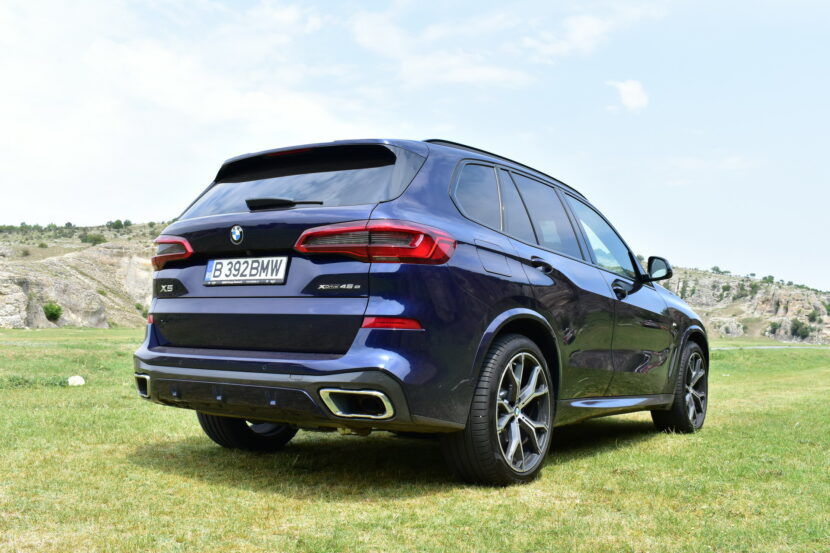
The battery energy did not deplete very fast and I managed to reach my destination with a charging status of nearly 2 percent, which would have enabled to travel at least 1 kilometer more without emissions. It is important to mention that I have started my journey with 89 percent charge status and that the ADAPTIVE driving really made its immense contribution to ensuring a smooth cooperation between the petrol powerplant and the electric drive unit.
Afterwards, with my battery almost drained of energy, I was left solely with the 3.0-liter engine. At time, I was switching between ADAPTIVE and HYBRID ECO PRO as to preserve as much fuel as possible, also given the extra weight and the grumpy 6-cylinder configuration.

Of course, the SPORT mode brought back some kWh back into the high-voltage battery, in addition to some daring sprints and power boosts. But switching later on to the ADAPTIVE and, in the last stage of the return trip to HYBRID ECO PRO, the fuel consumption rocketed from the initial 5.9 – 6.2 liters / 100 km to around 8.0 – 8.3 liters/100 km.
After the 600-kilometer outing, the thirsty straight-six drank around 3 quarters of the fuel tank, which can be seen as normal, because for half of that distance, it had to really cope on its own with 2,435 kg of kerb weight. So, I was left with roughly 150 km of ICE range. With extra charge done overnight, the electrified X5 was good for around 200 km combined range the next morning.
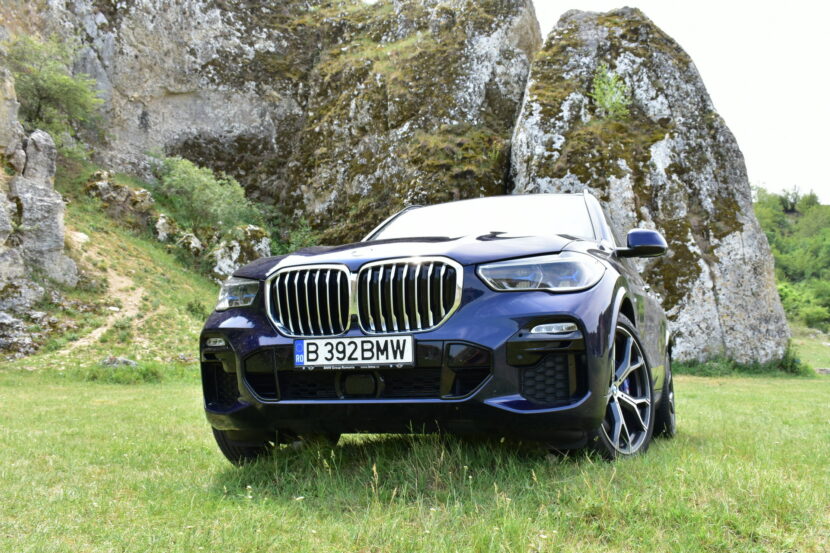
For the normal, daily use in city traffic, which can be either relieved or congested, both ADAPTIVE and HYBRID ECO PRO are suitable. You could try ELECTRIC as well, but it is guaranteed that you will lose most of the energy content in the battery.
The ADAPTIVE is best at alternating the electric drive with ICE functioning, thus saving important energy for the battery and also helping to recuperate some of the lost one. HYBRID ECO PRO can improve consumption, but as I found out, the electric range fell quicker than in the ADAPTIVE mode.
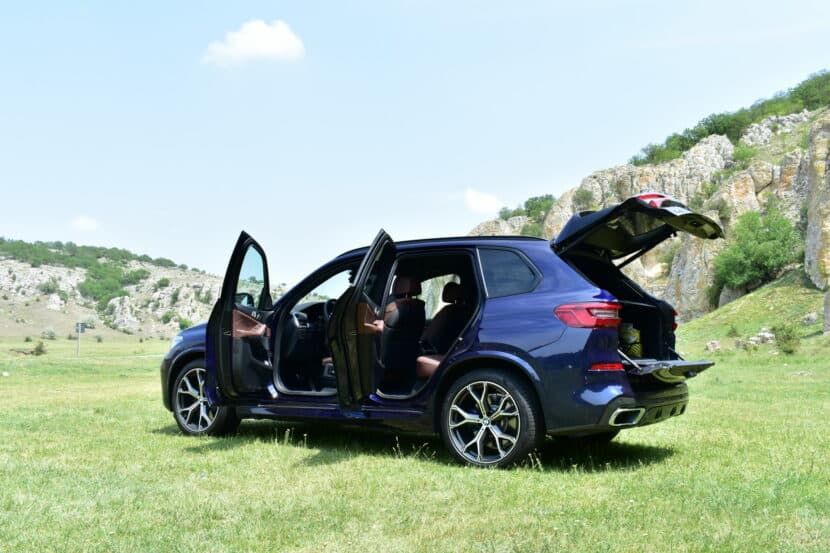
Nonetheless, the X5 xDrive45e is a viable alternative to the X5 xDrive40i for moving in and out of the city, as it manages a comparable (if not higher) range, more power, less emissions and reduced fuel consumption, in addition to a highly attractive taxation in most of the countries due to the plug-in hybrid powertrain.
As always, the BMW xDrive all-wheel-drive chassis is a pleasant surprise, providing cutting-edge traction and stability. Also, in all driving modes, but especially in the ADAPTIVE and HYBRID ECO PRO, the comfort of suspension and damping system was just perfect. Even in SPORT mode, when the underpinnings sharpen up, the traveling comfort was more than adequate.
Without a doubt, BMW has winning card with its new X5 xDrive45e.
Dynamic presence and refined atmosphere
The X5 xDrive45e test car came in M Sport trim configuration. The plug-in hybrid SAV was specced with a ravishing BMW Individual Tanzanite Blue II metallic paintwork, which offers a complete visual show when admired in direct sunlight. The 21-inch M Sport light alloy wheels sported an eye-catching Y-spoke design, whereas the M Sport brakes featured blue-painted calipers sporting the ///M logo.
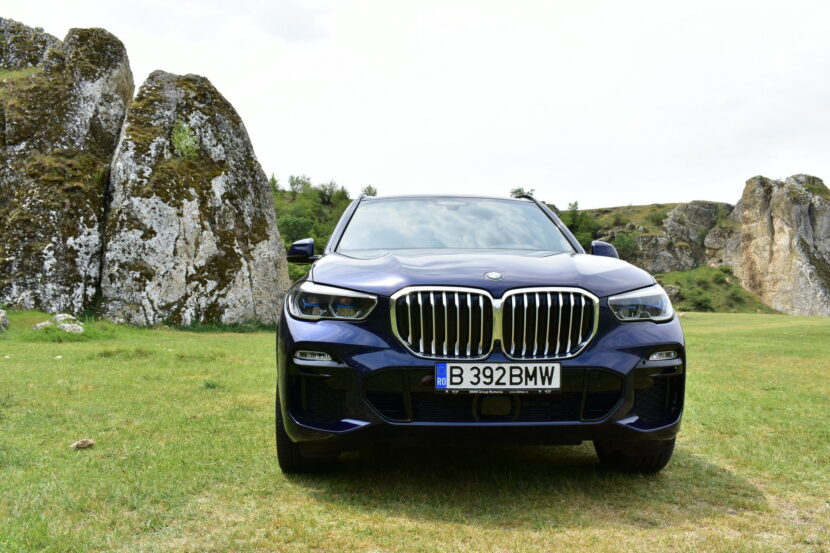
The kidney grille was adorned in shiny chrome, while the side window ornaments came courtesy of the BMW Individual high-gloss Shadow Line package. Further adding to the powerful look of the car are the BMW Laser headlights with signature DRL and blue graphics. Last, but not least, the dark-tinted rear windows and the special M Sport exhaust pipe design and rear diffuser was also part of the equipment package.
Being an M Sport model, the X5 xDrive45e also featured the traditional M badges on the front wings of the car. The one on the driver’s side was placed straight on the separate flap hiding the electric charging port for the high-voltage Li-Ion battery.
Inside, the plug-in hybrid SAV was equally spectacular and impressive. The cabin was dressed in a luxurious Vernasca Coffee leather upholstery, which enhanced the premium feel of the car and added a distinctive note to the passenger shuttle. The Aluminum Mesh effect ornaments on the dashboard provided a powerful contrast with brown leather and made the digital dashboard look even more high-tech and upscale.
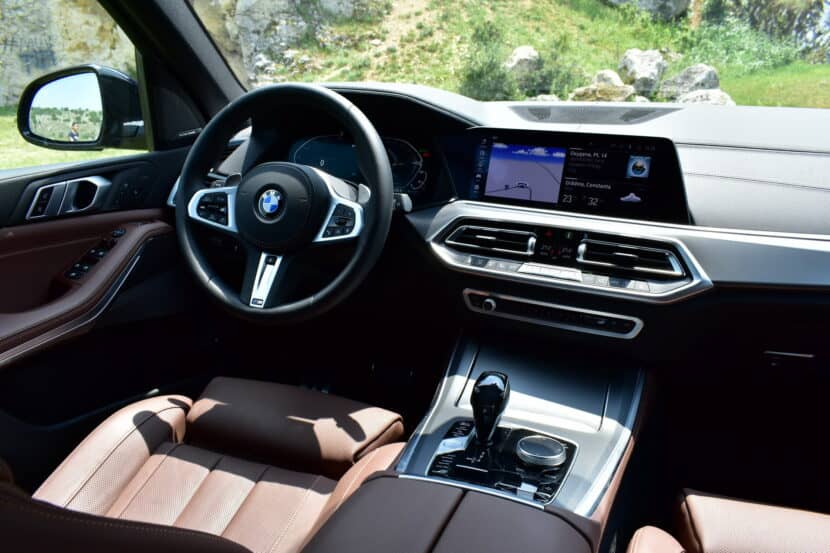
I must confess that, in terms of interior atmosphere, comfort and perceived wellbeing, this X5 xDrive45e is, by far, the best car that I have ever tested up to this point. Everything is so calm, serene and peaceful, the ambience is just purely enriched by the refined materials and the classic-modern dashboard architecture.
Traveling with the plug-in hybrid X5 was a top-class experience in all aspects. The comfort of the suspension was further complemented by the perfect multifunction seats, which were also fitted with a ventilation system. This proved highly convenient and enabled me to cool down and stay actively focused to the road ahead.
There are little to no shortcomings for this interior. At least, I haven’t found any weak spot in the cabin of the X5 xDrive45e.
Would I buy one?
Yes, absolutely, but I could have an issue with the higher base price – EUR 77,826 with no taxes or other equipment included. Speccing the car with must-have autonomous and infotainment technology will skyrocket the price beyond EUR 100,000. If there is a shortcoming to the plug-in hybrid configuration, let it be the price. Certainly, if the 2020 BMW X5 xDrive45e will prove successful and the PHEV gets widespread within the automotive industry, we could witness a surge in pricing. Nonetheless, the new BMW X5 xDrive45e is a great car and likely the best choice in the lineup.
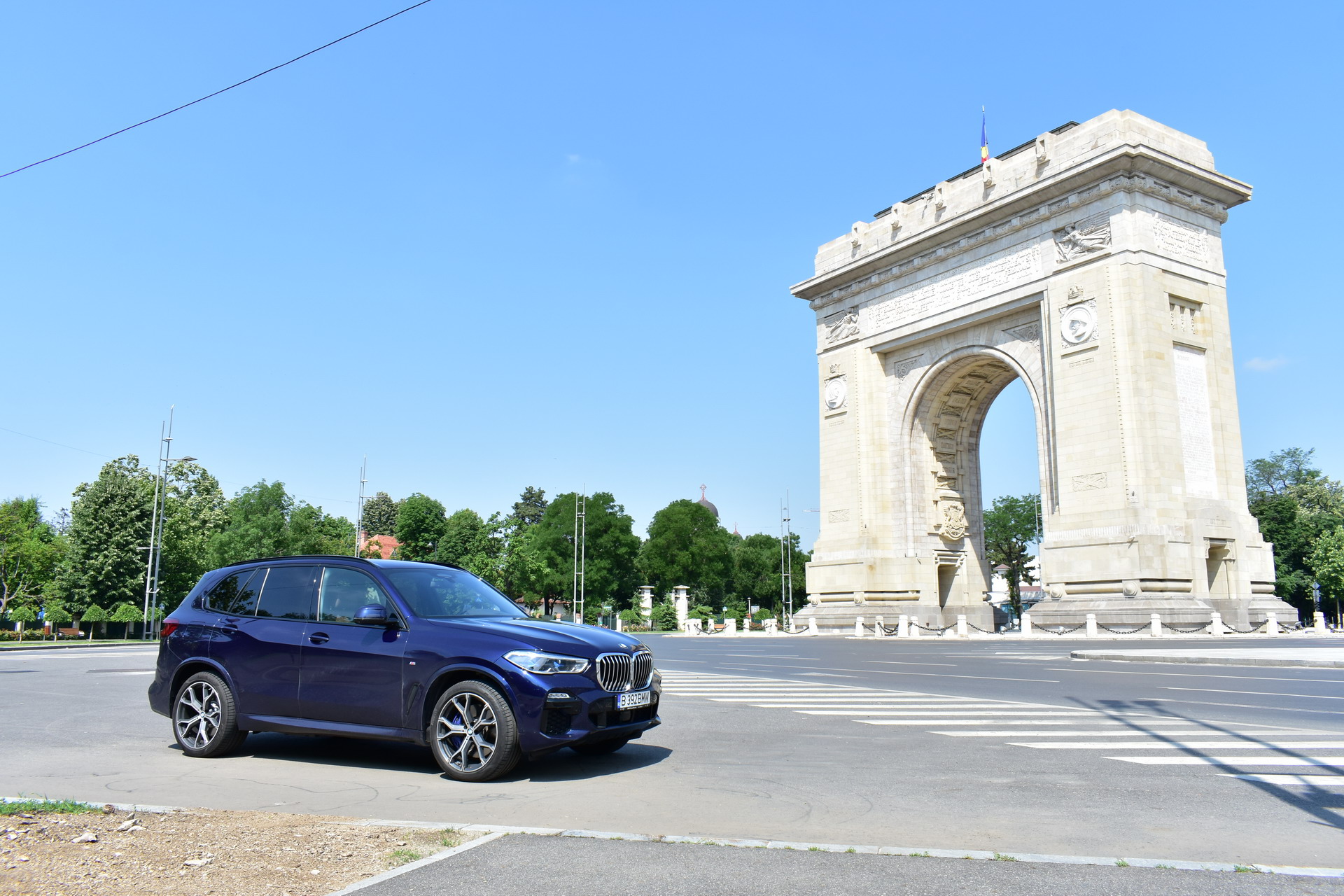
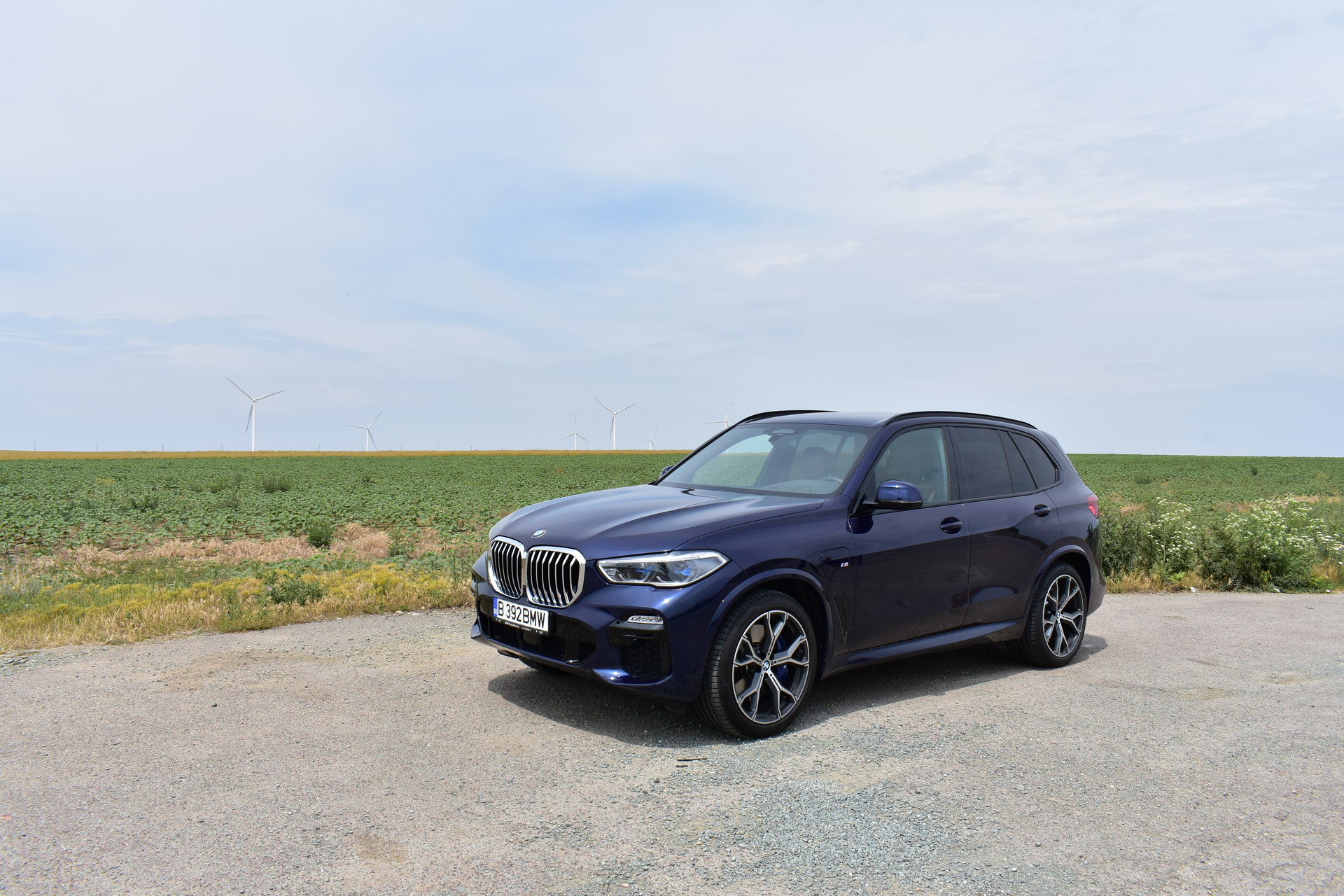



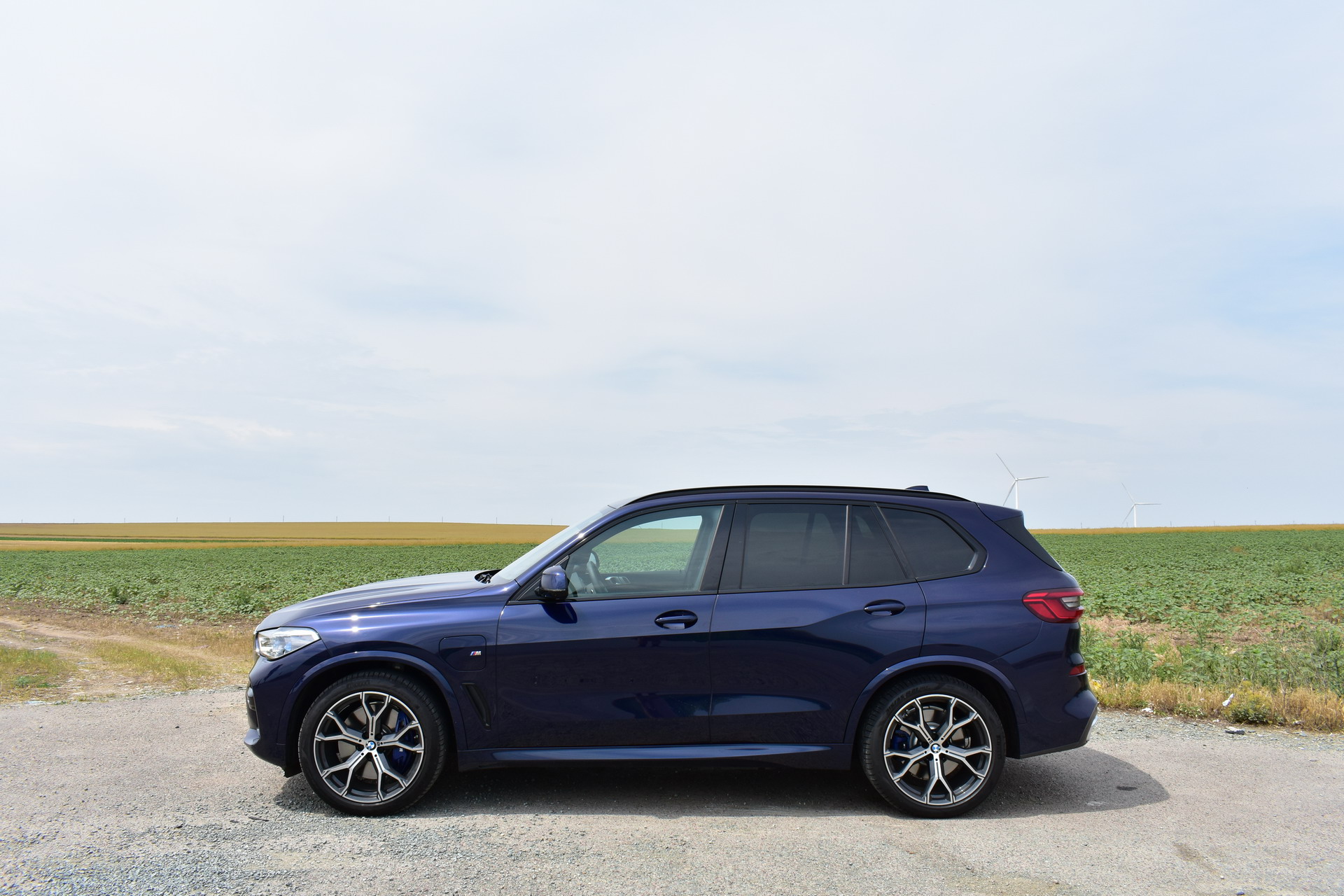
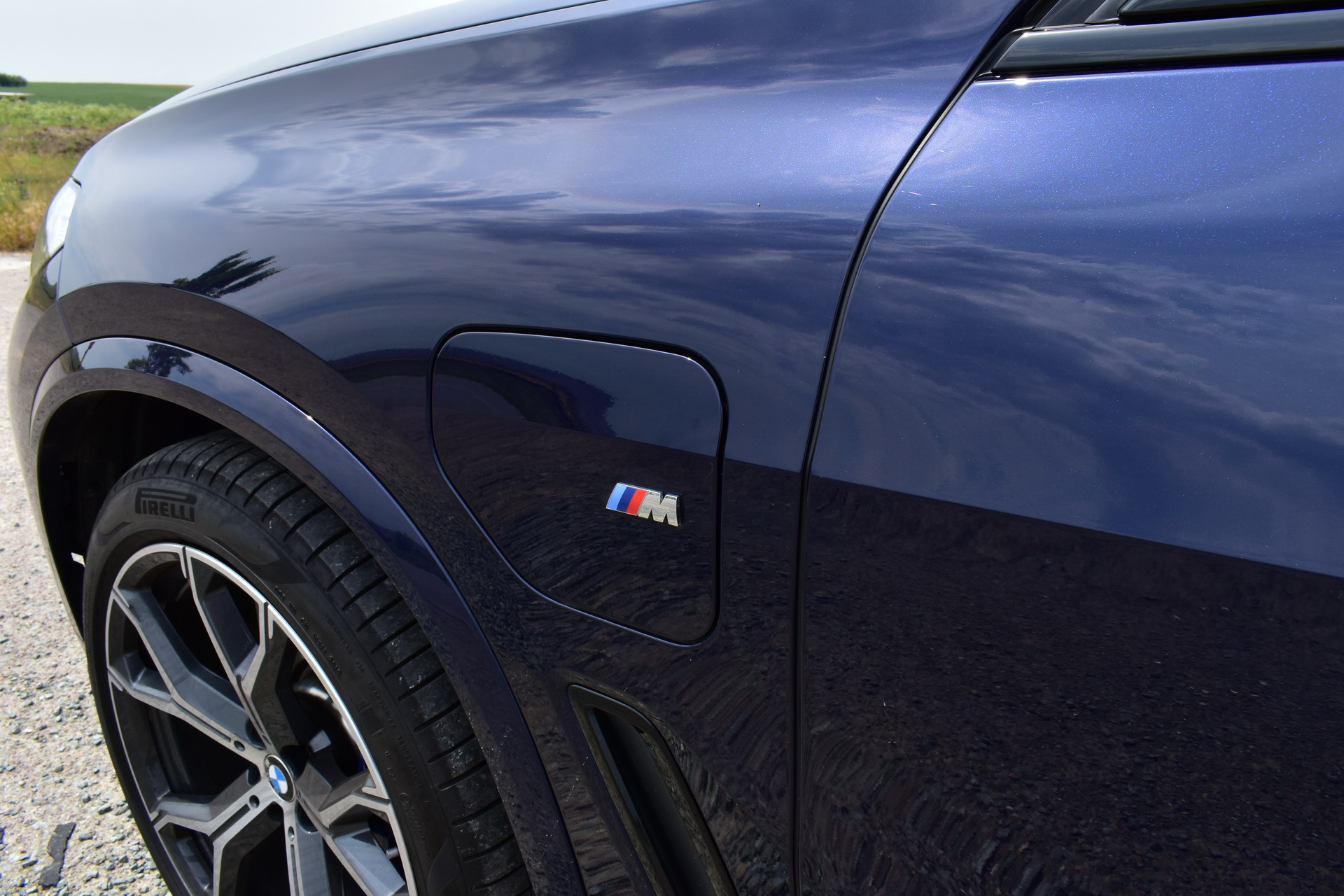
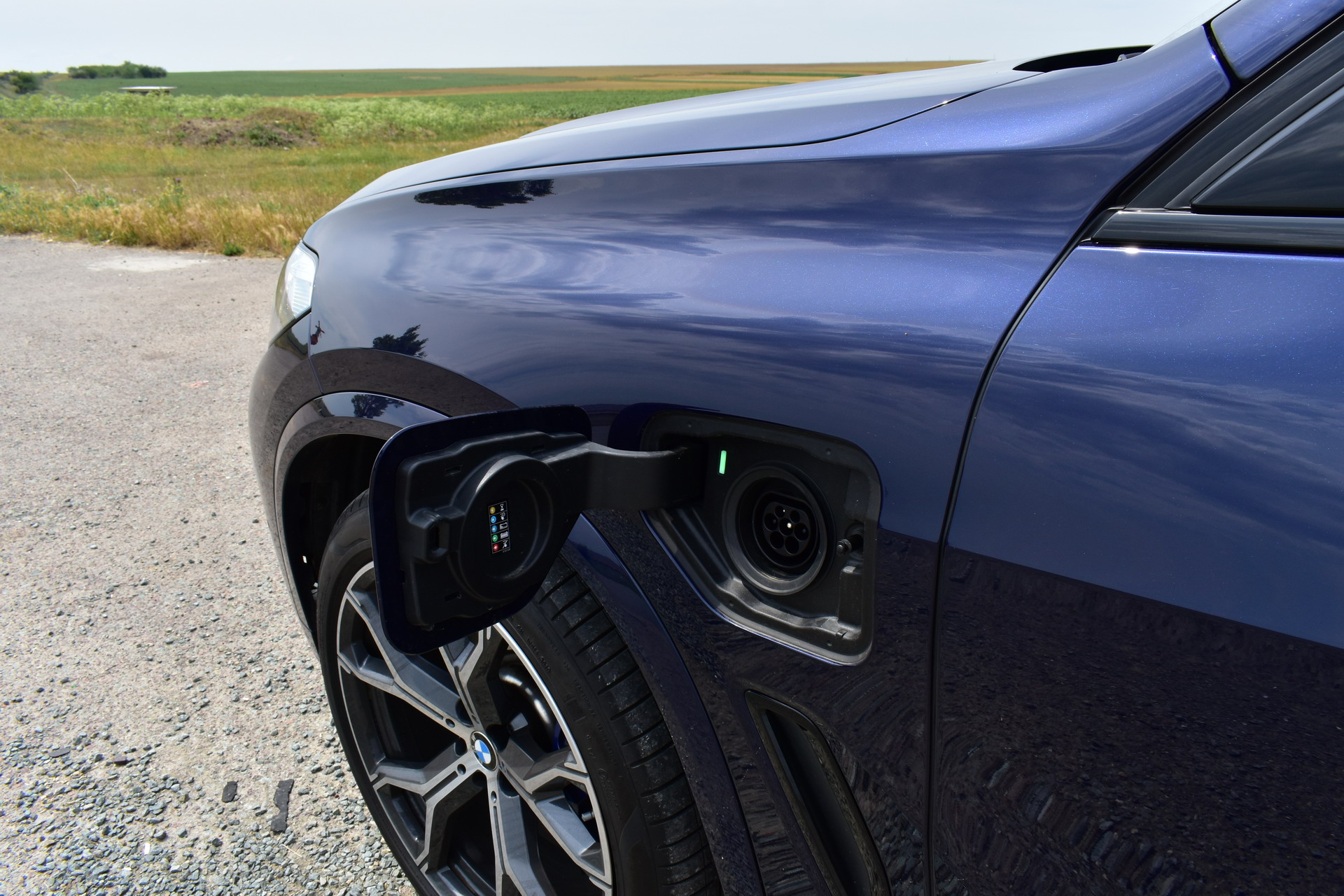



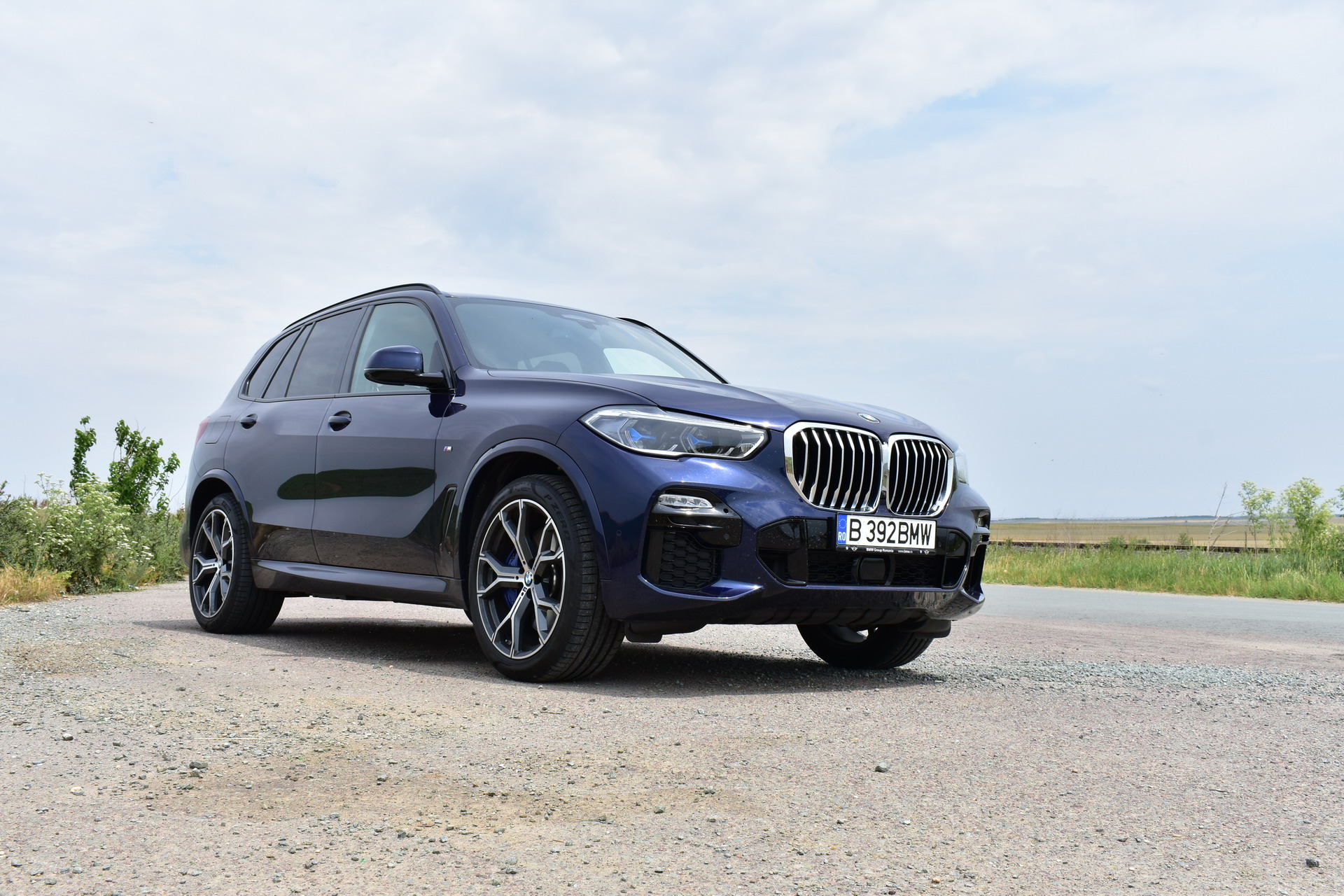
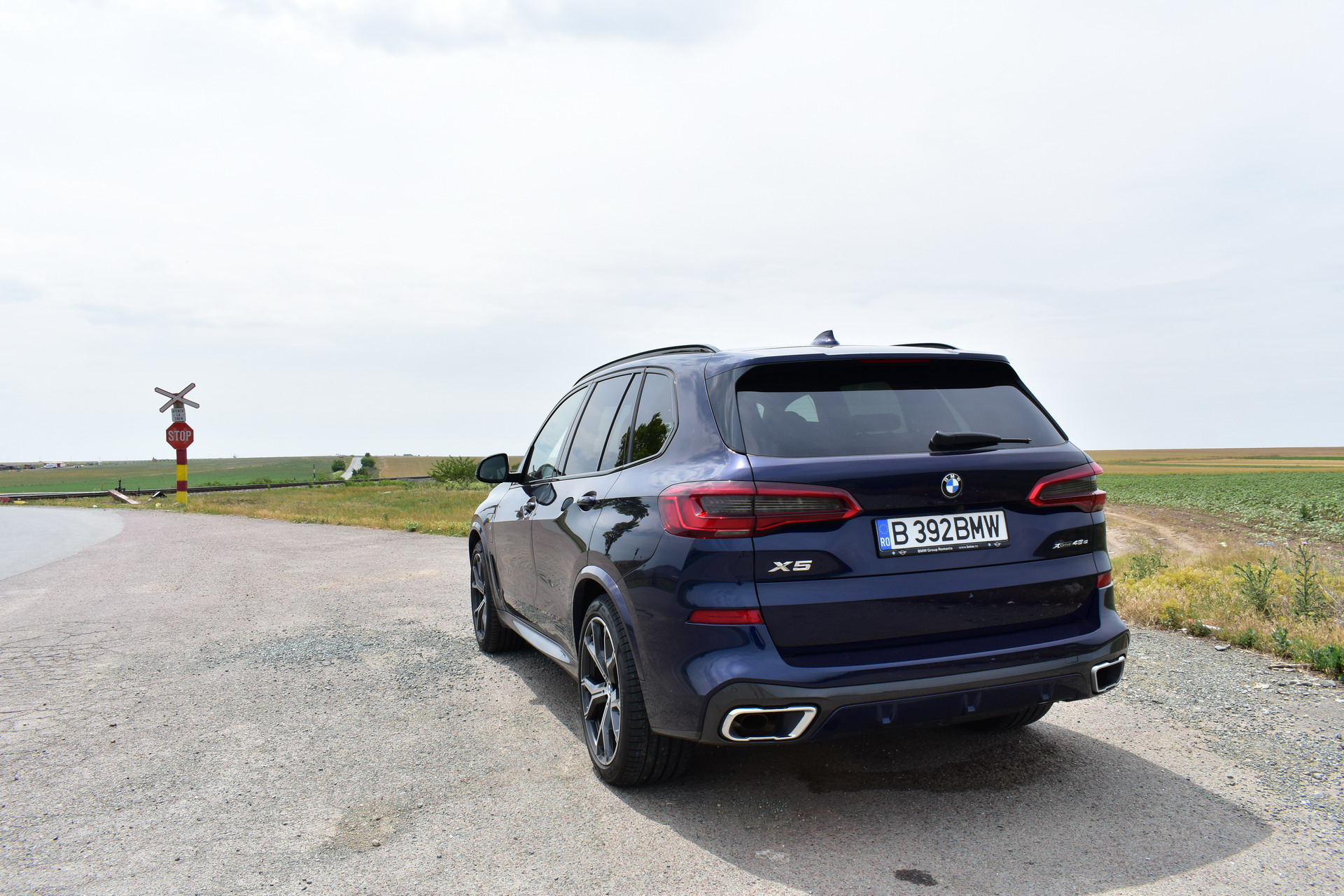
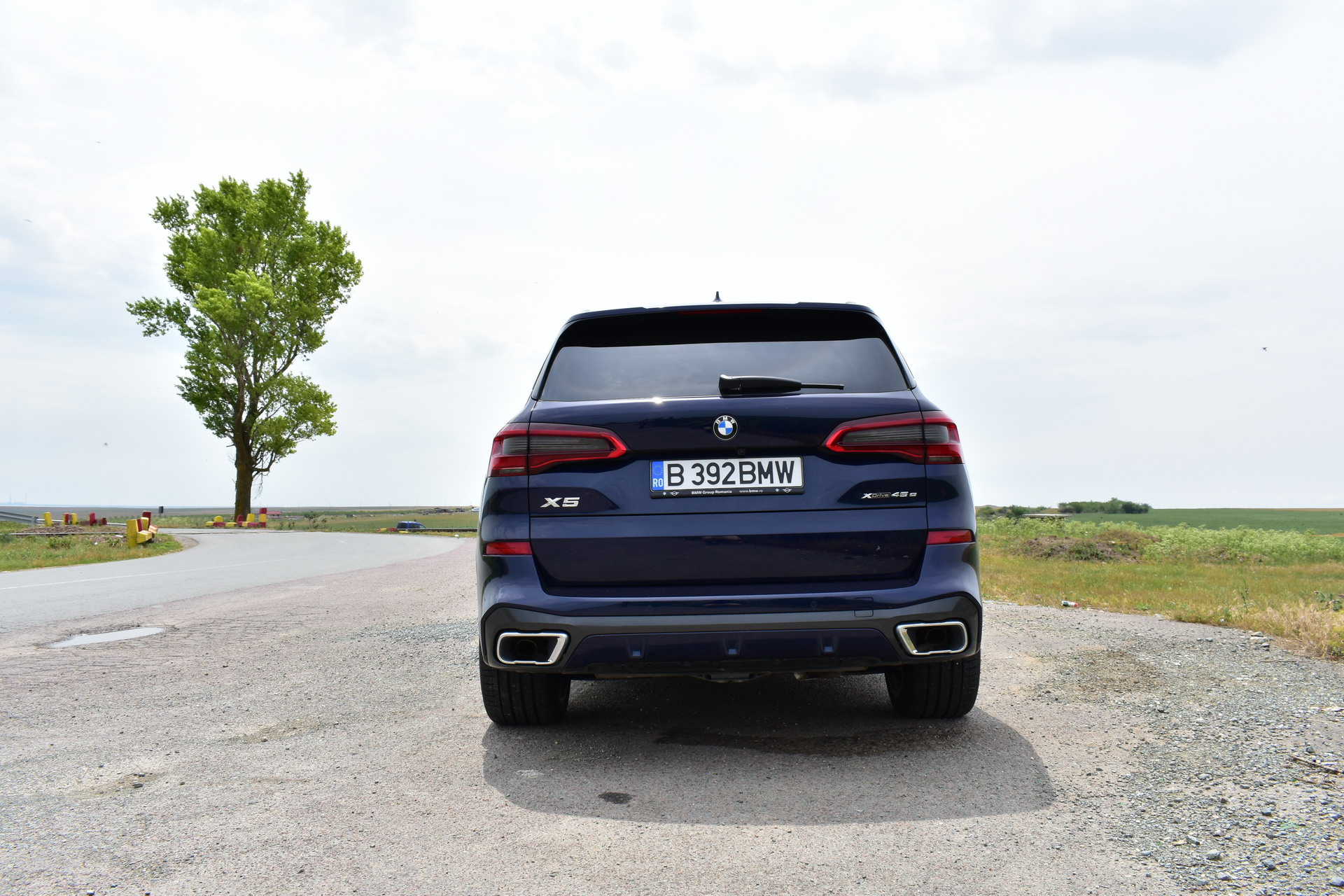
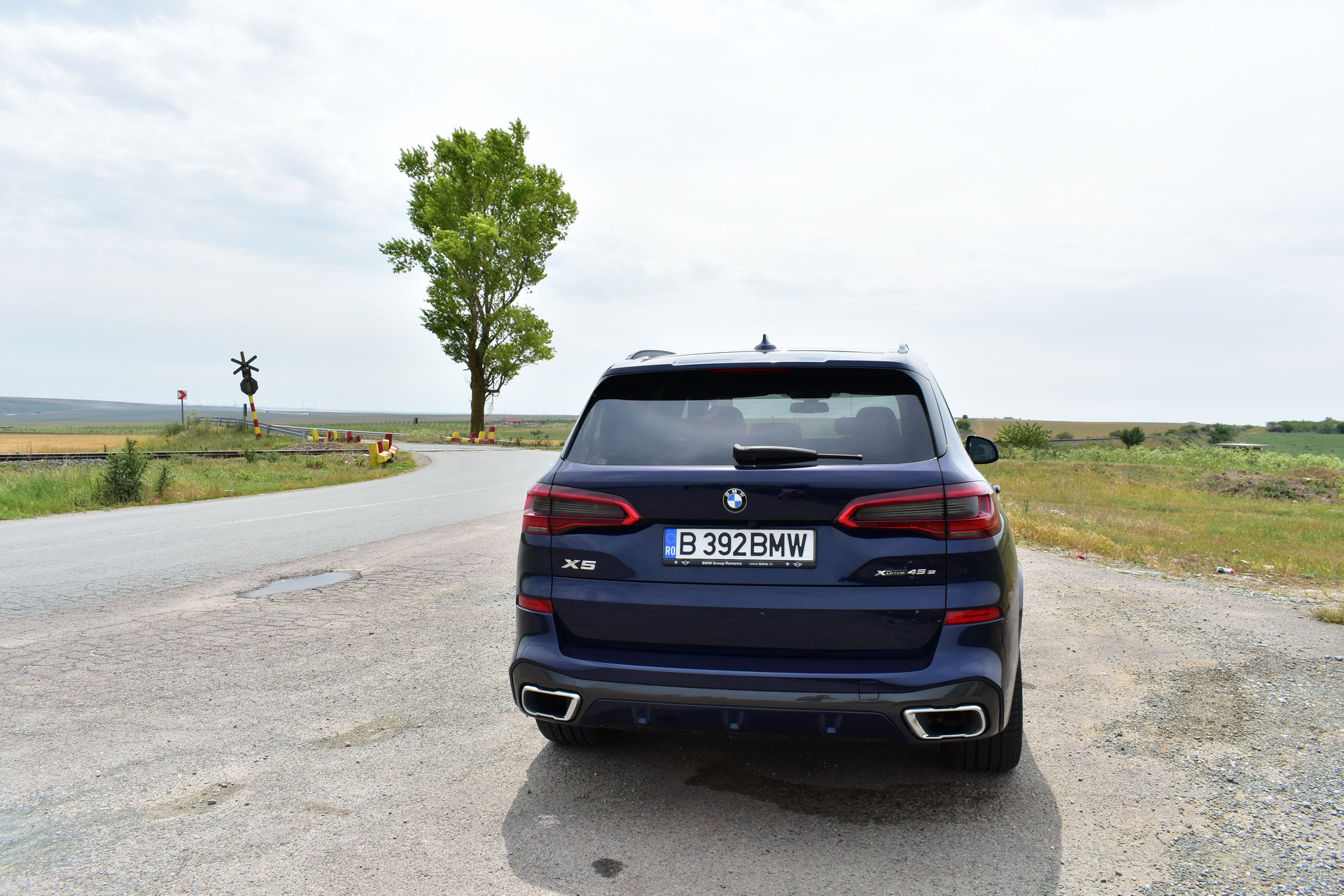
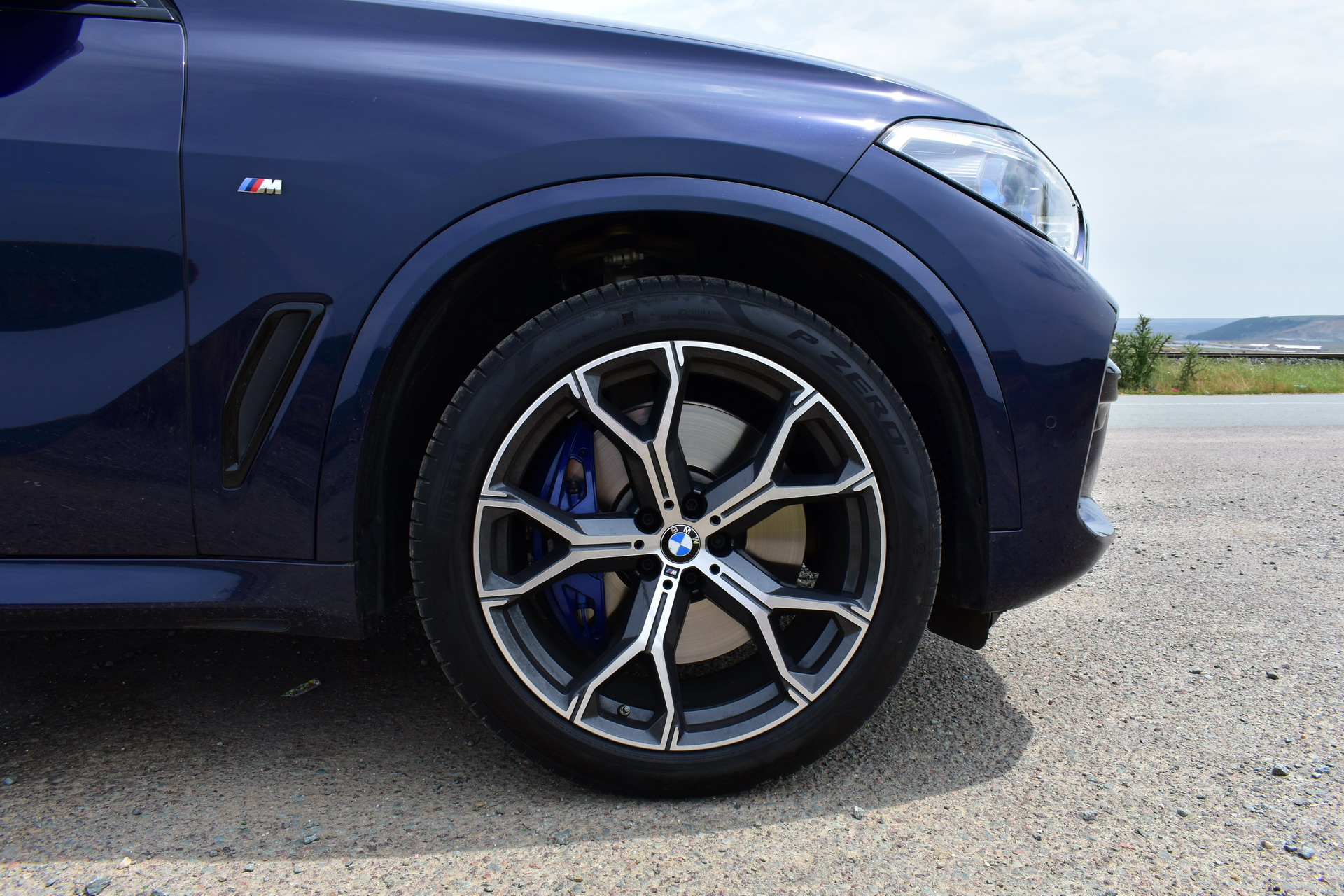




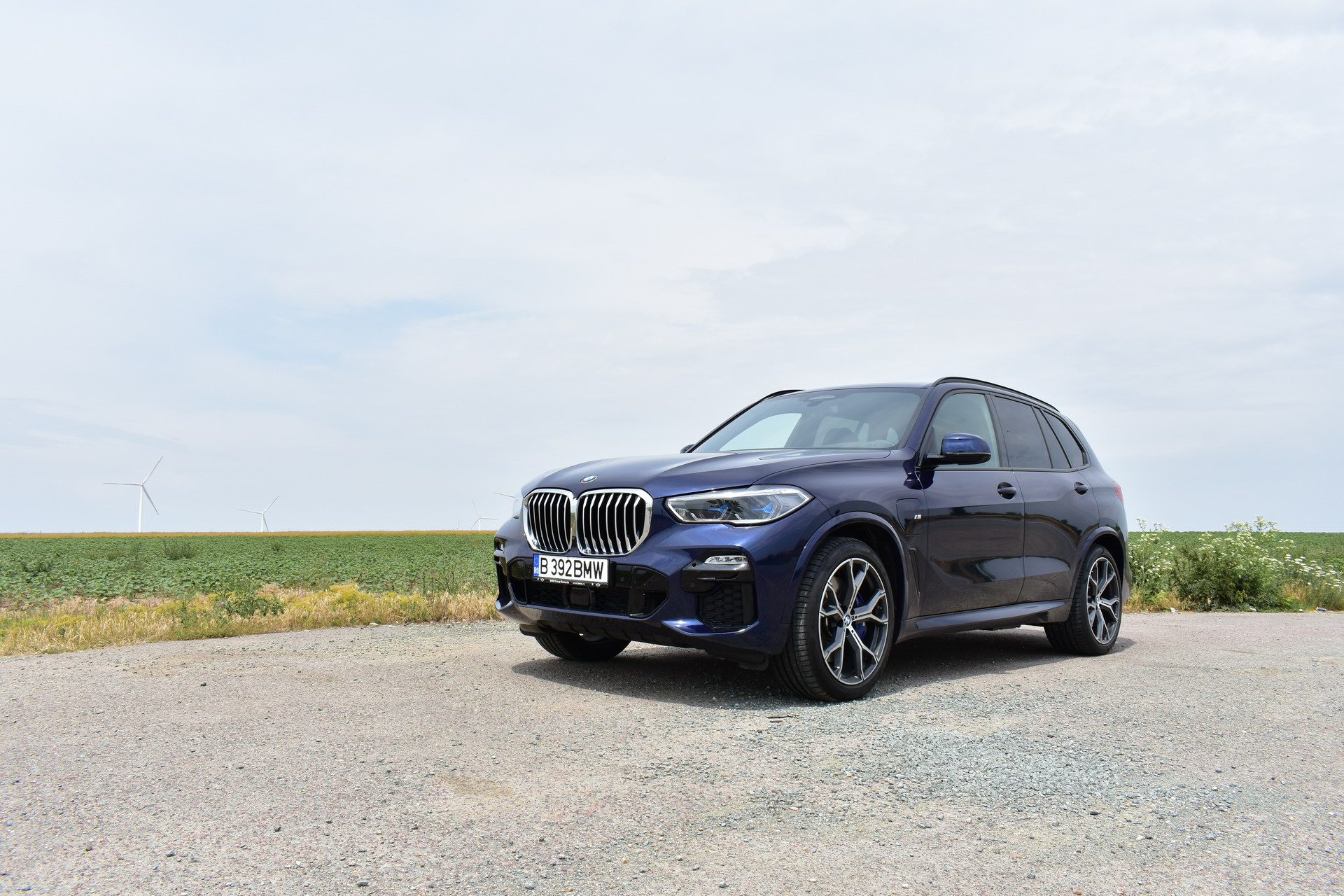
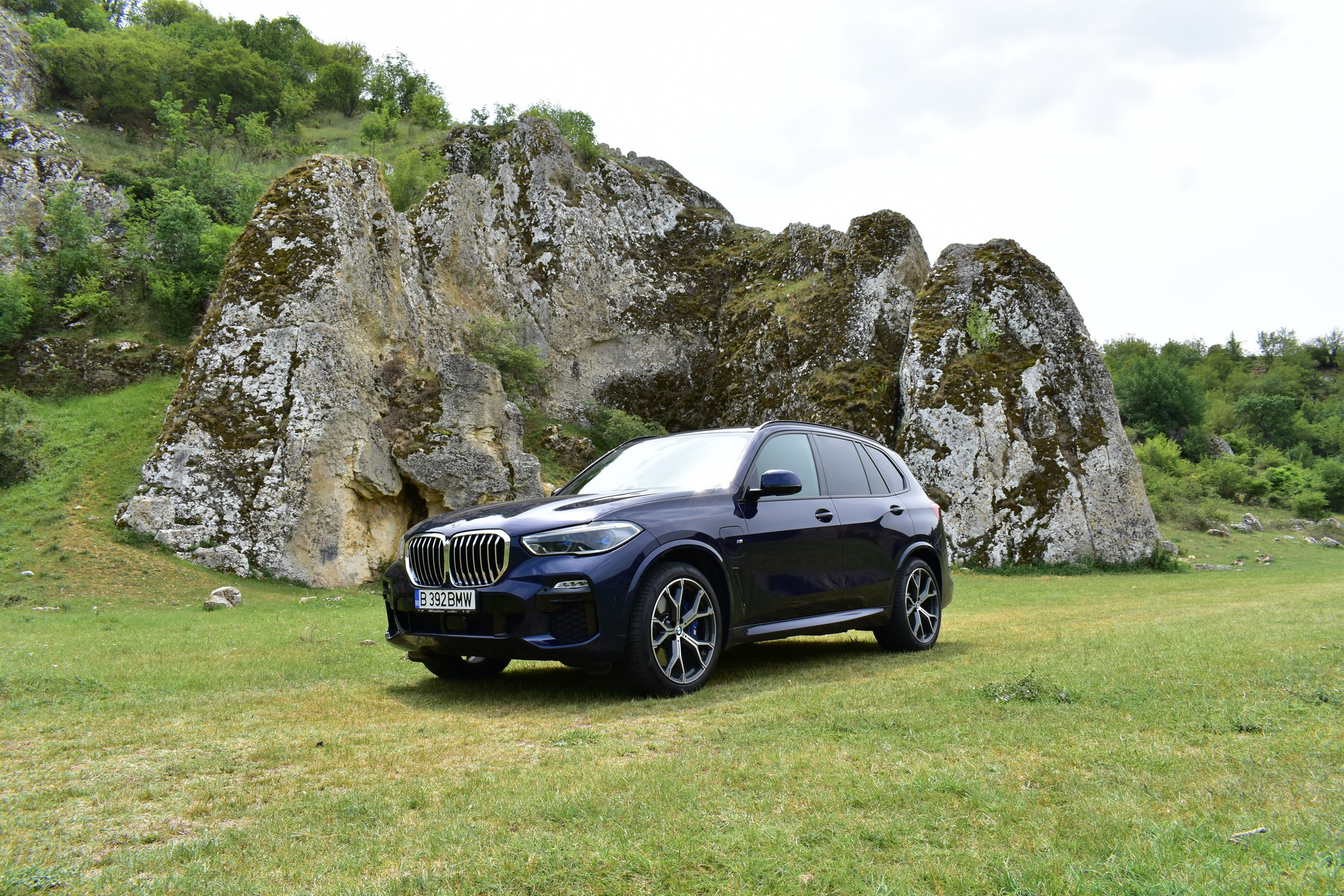
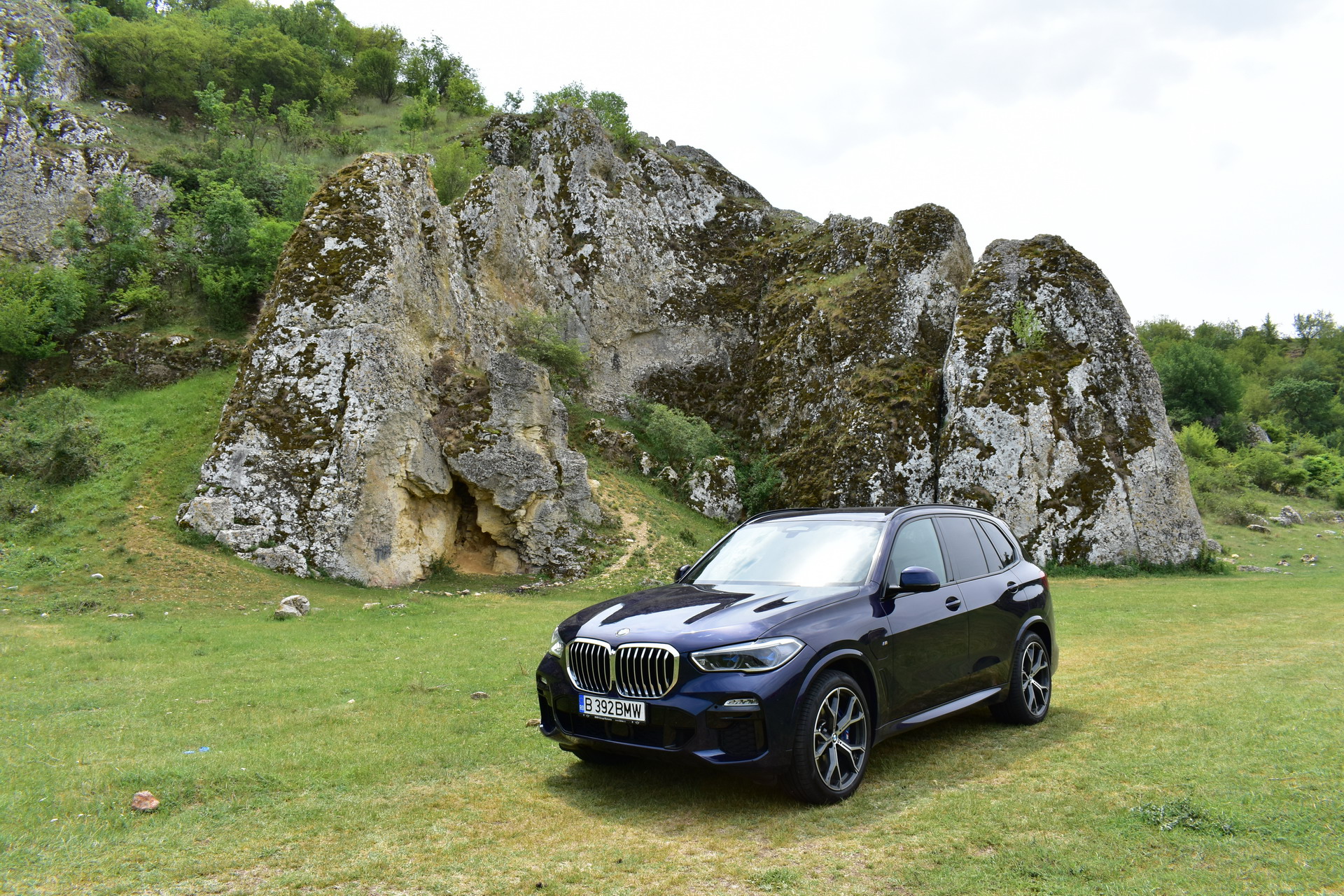
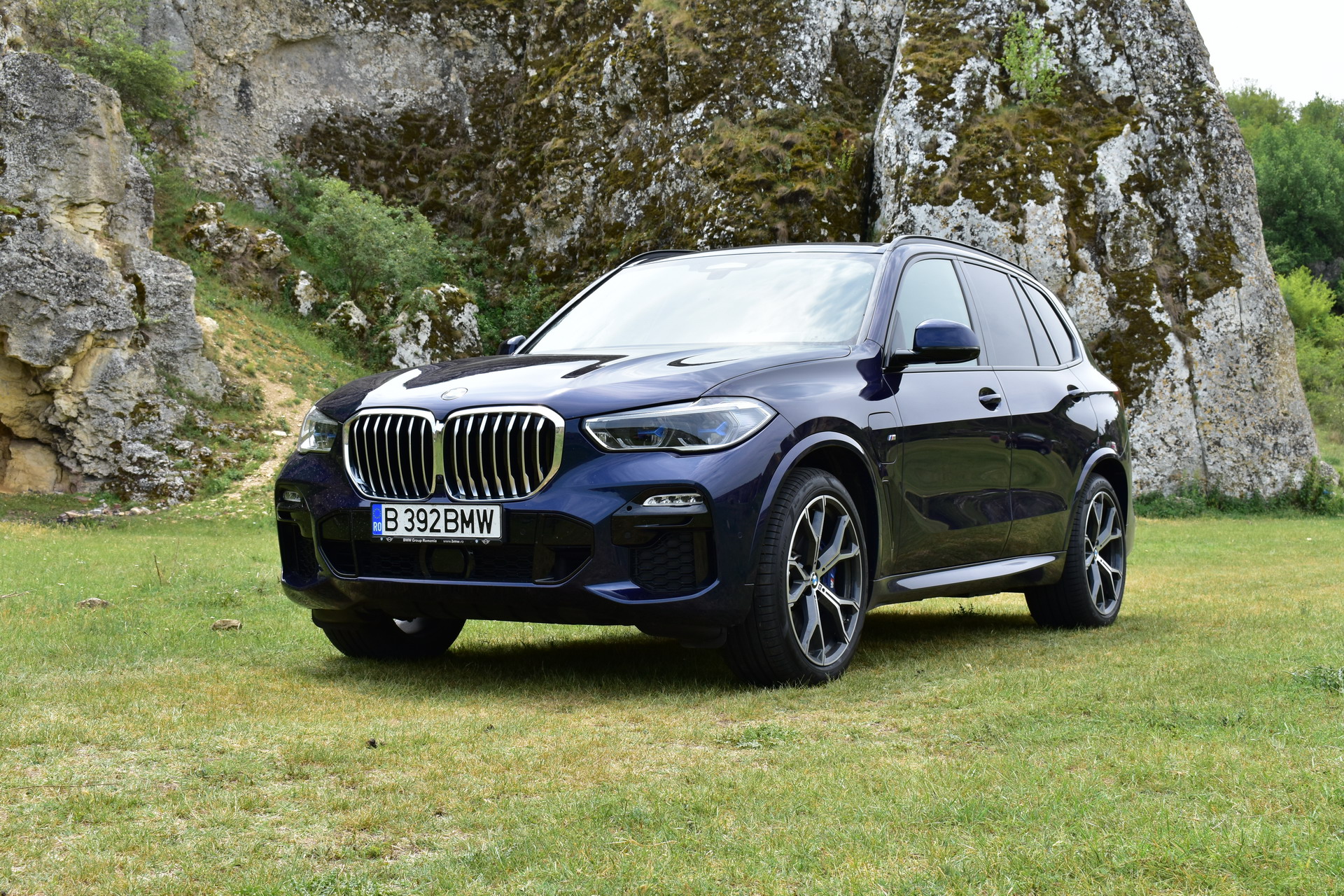
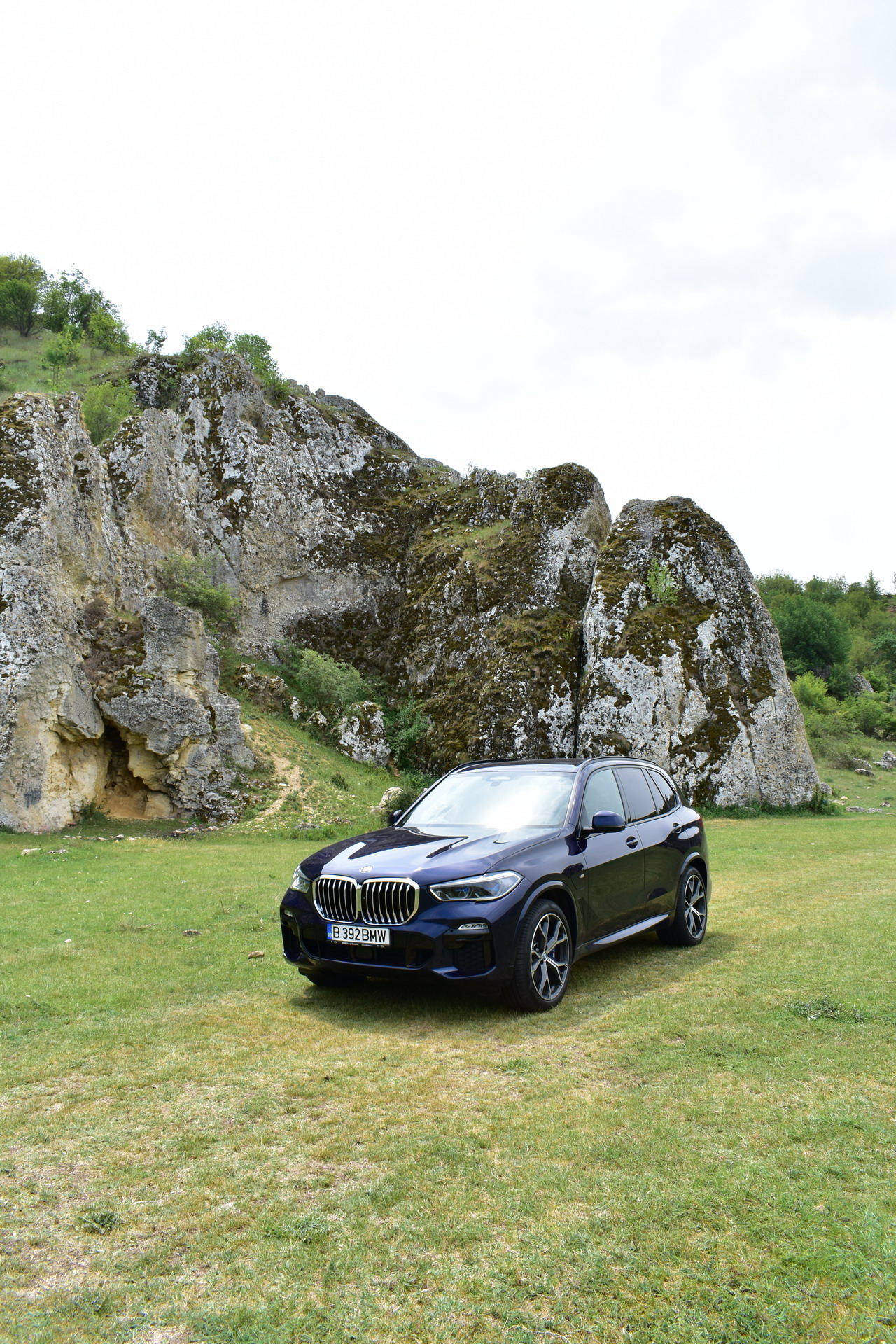


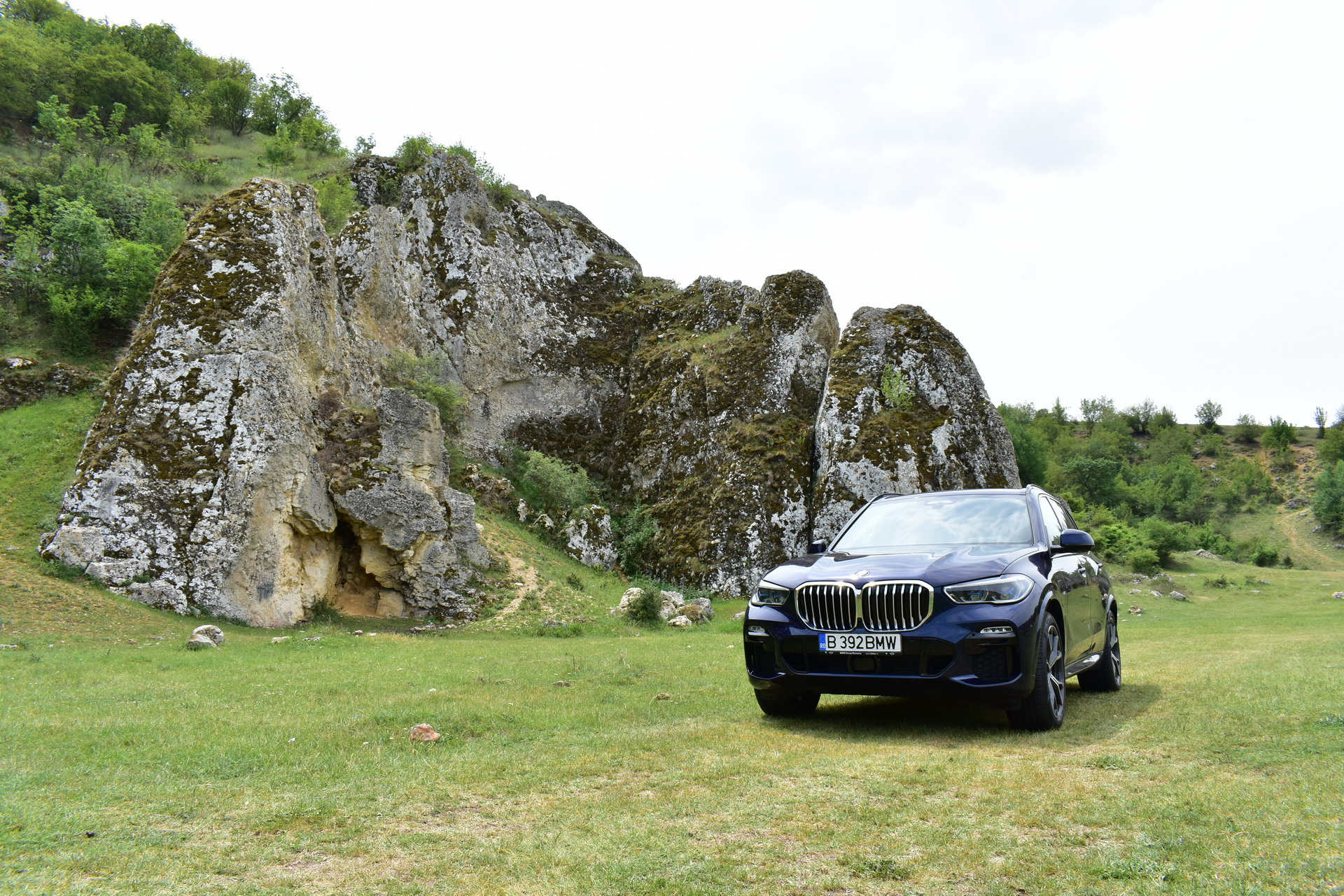
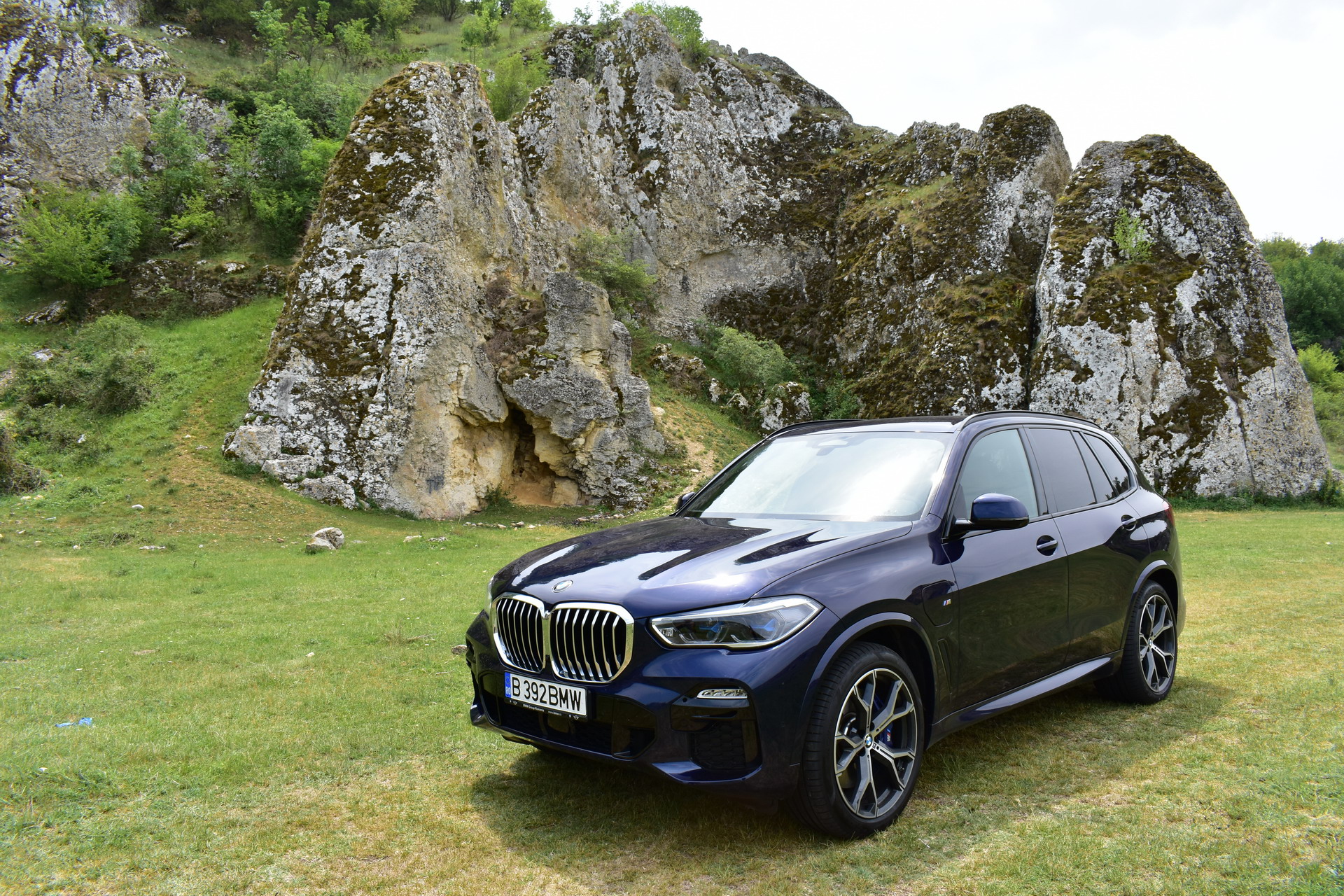
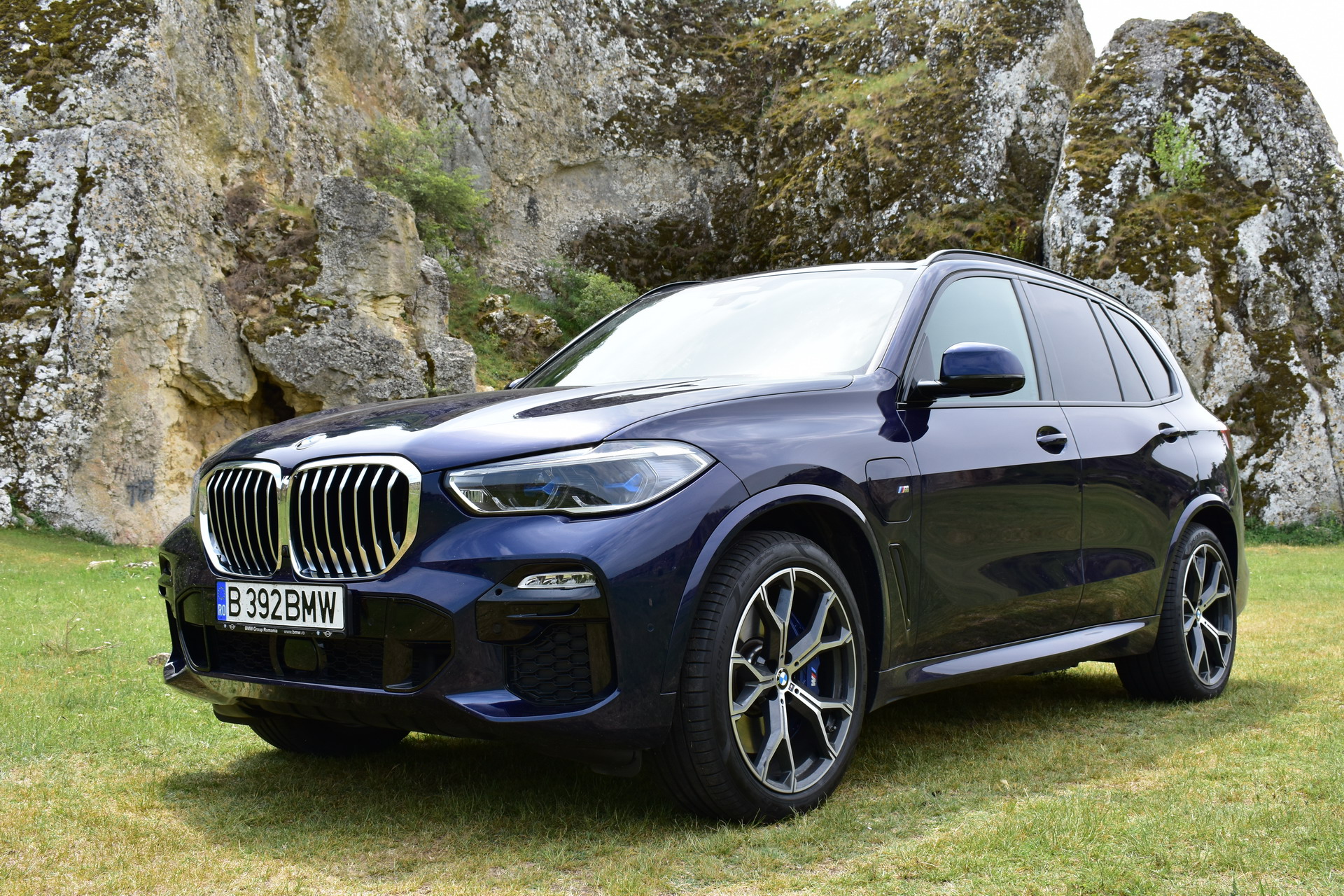
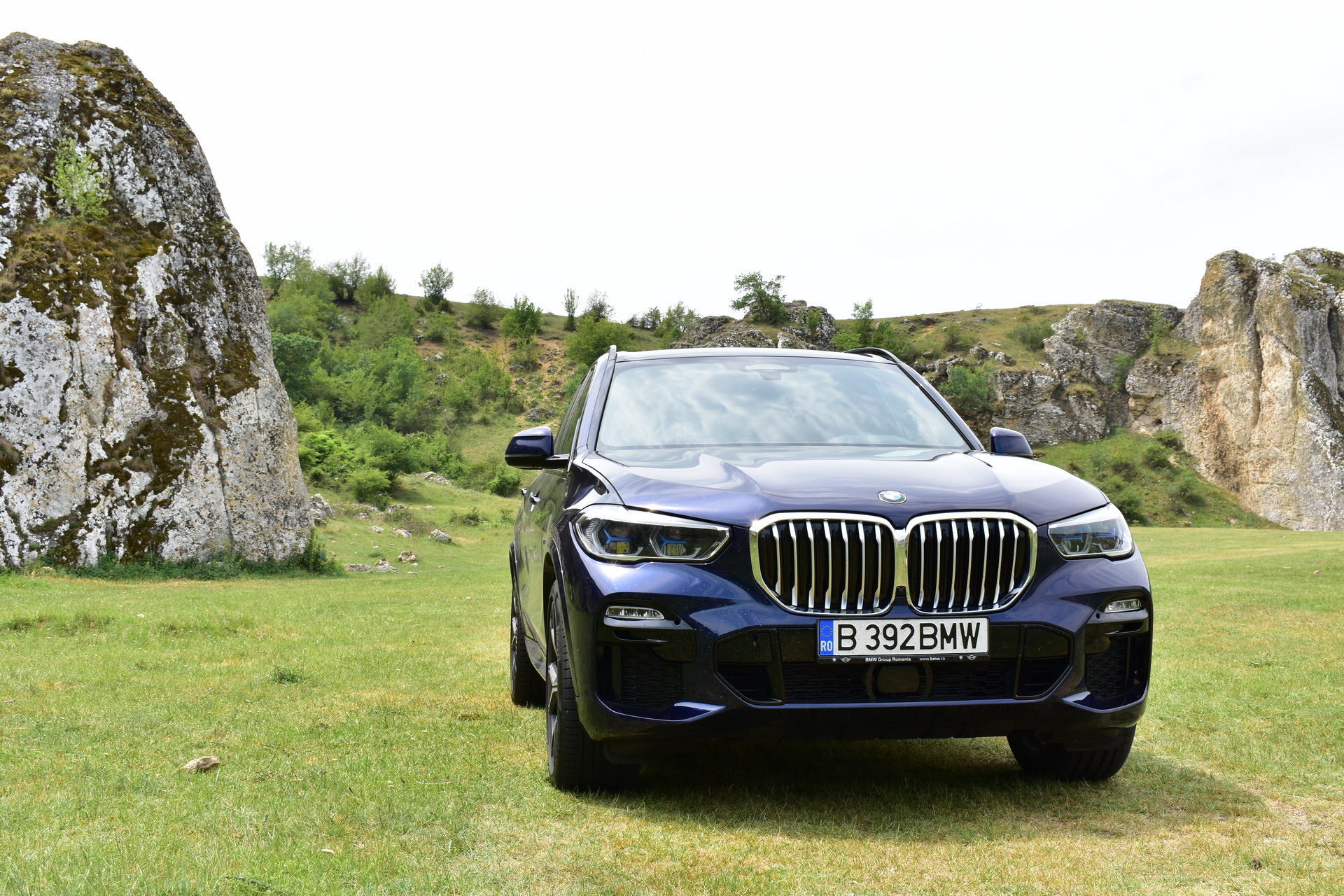
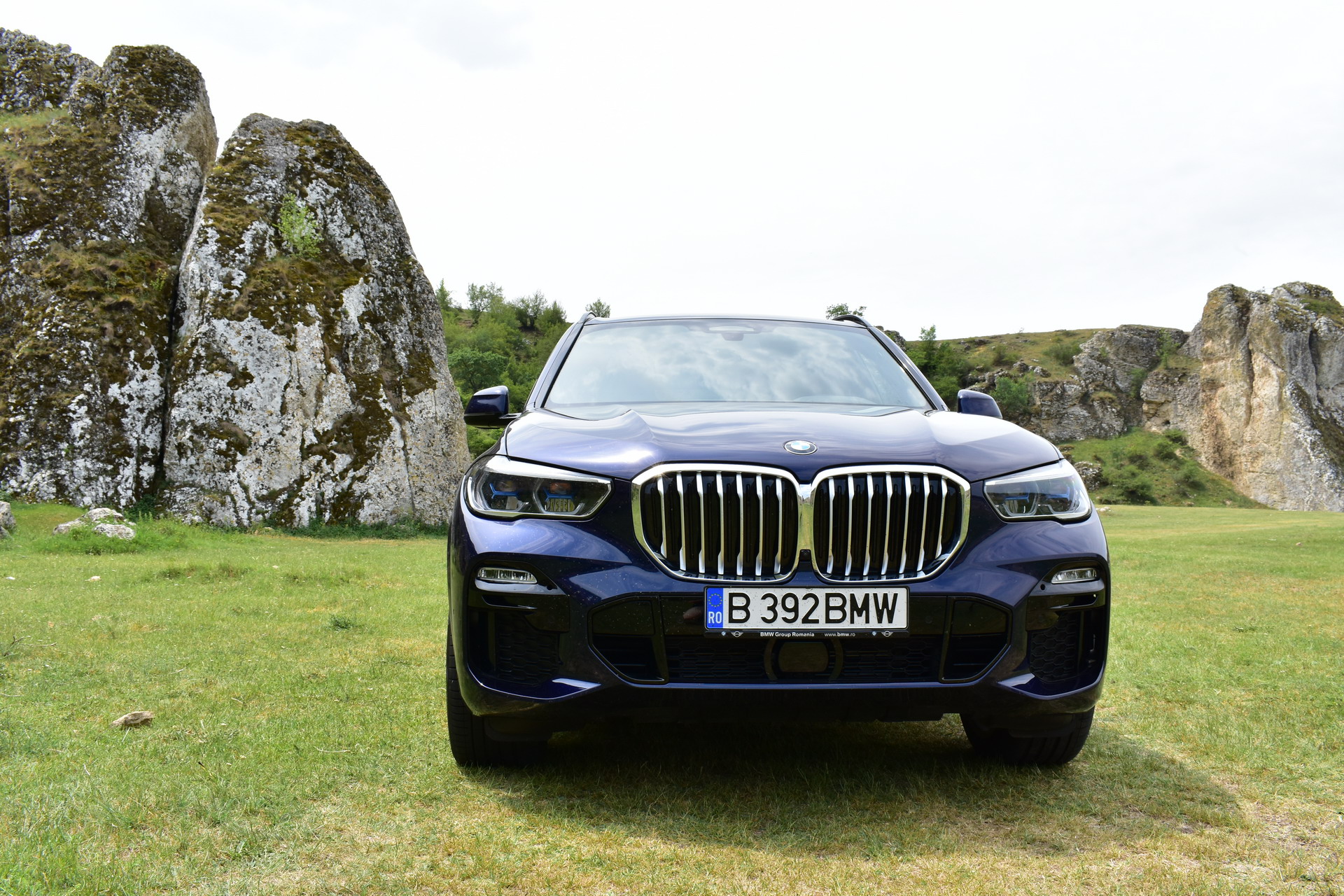

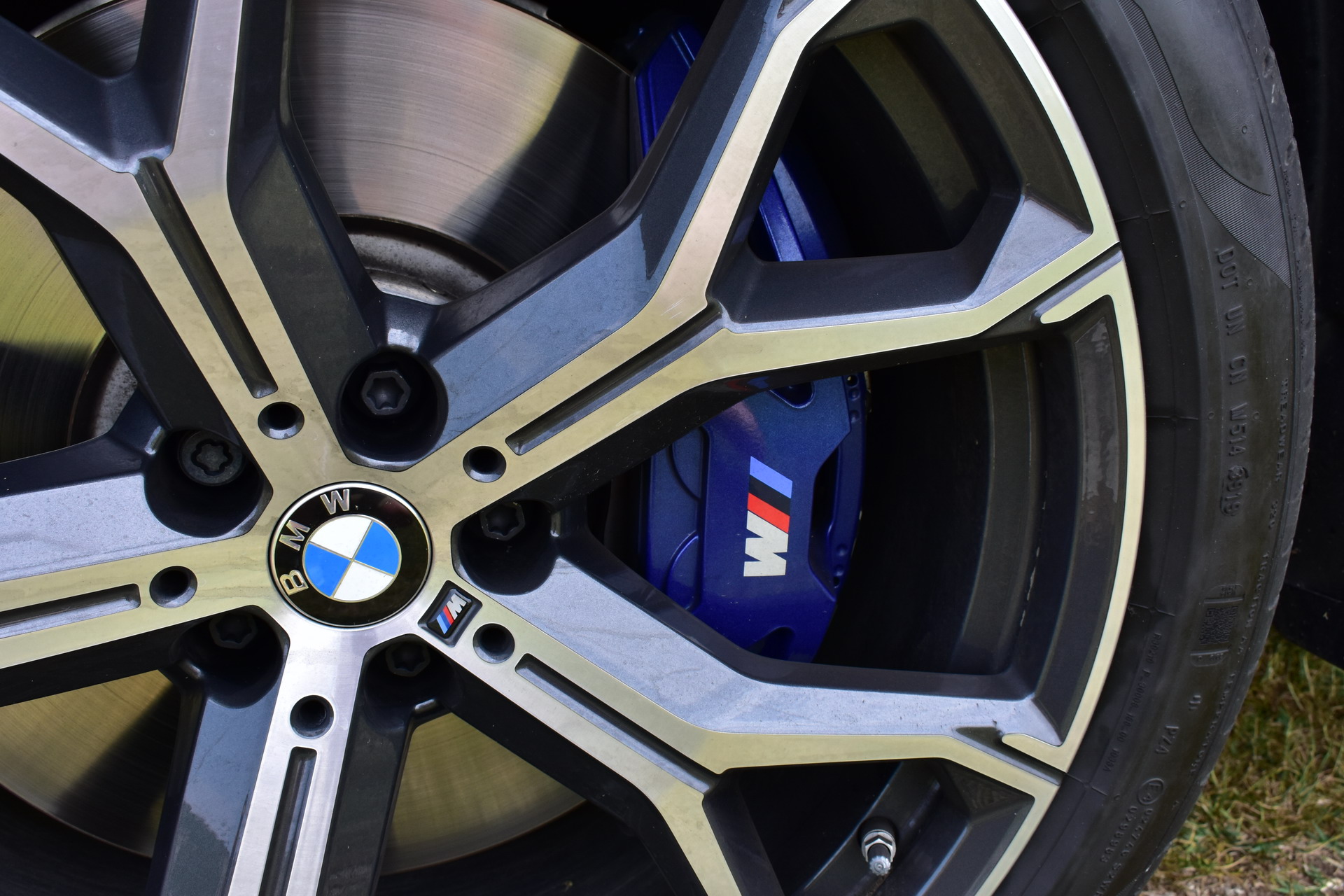
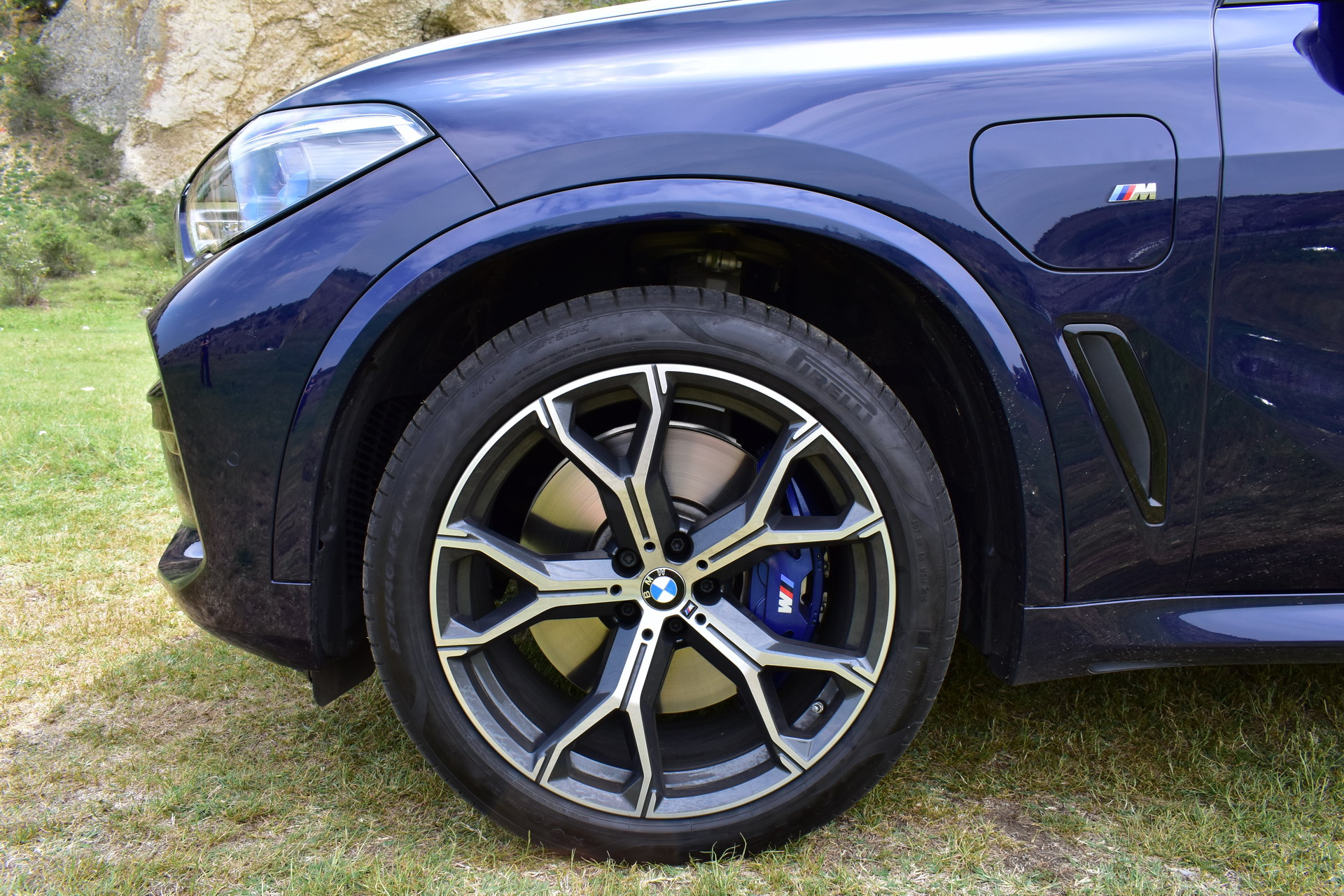

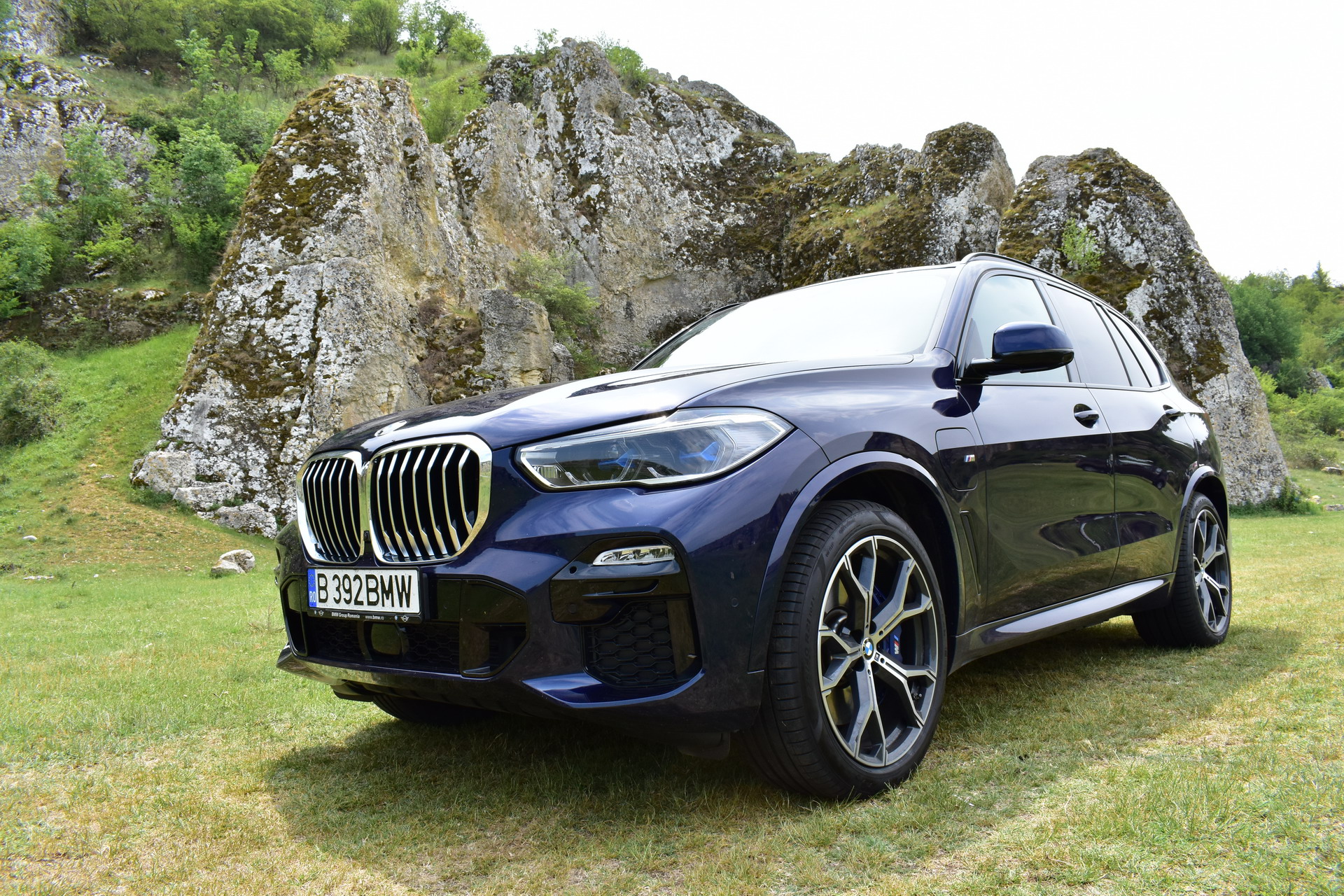
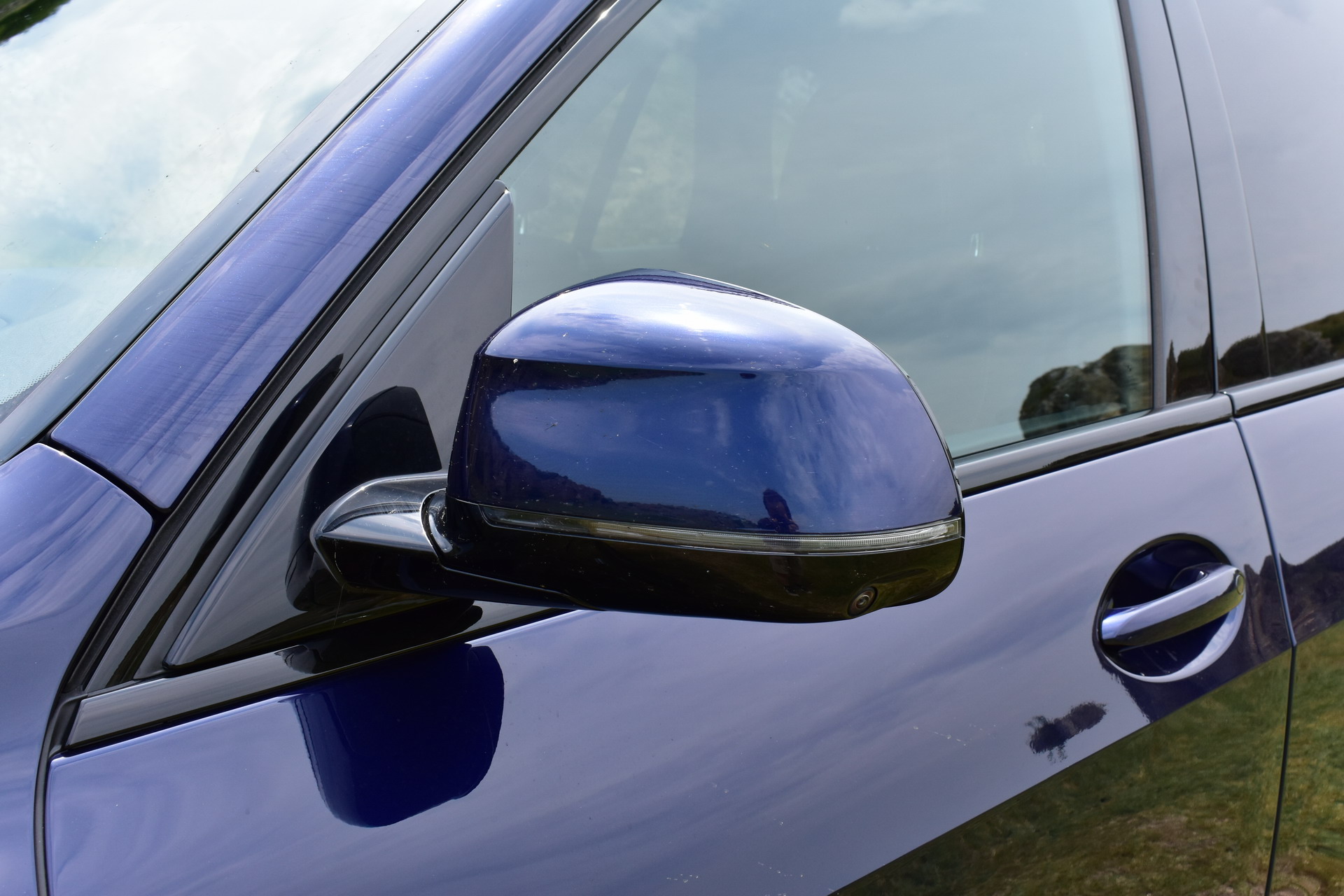
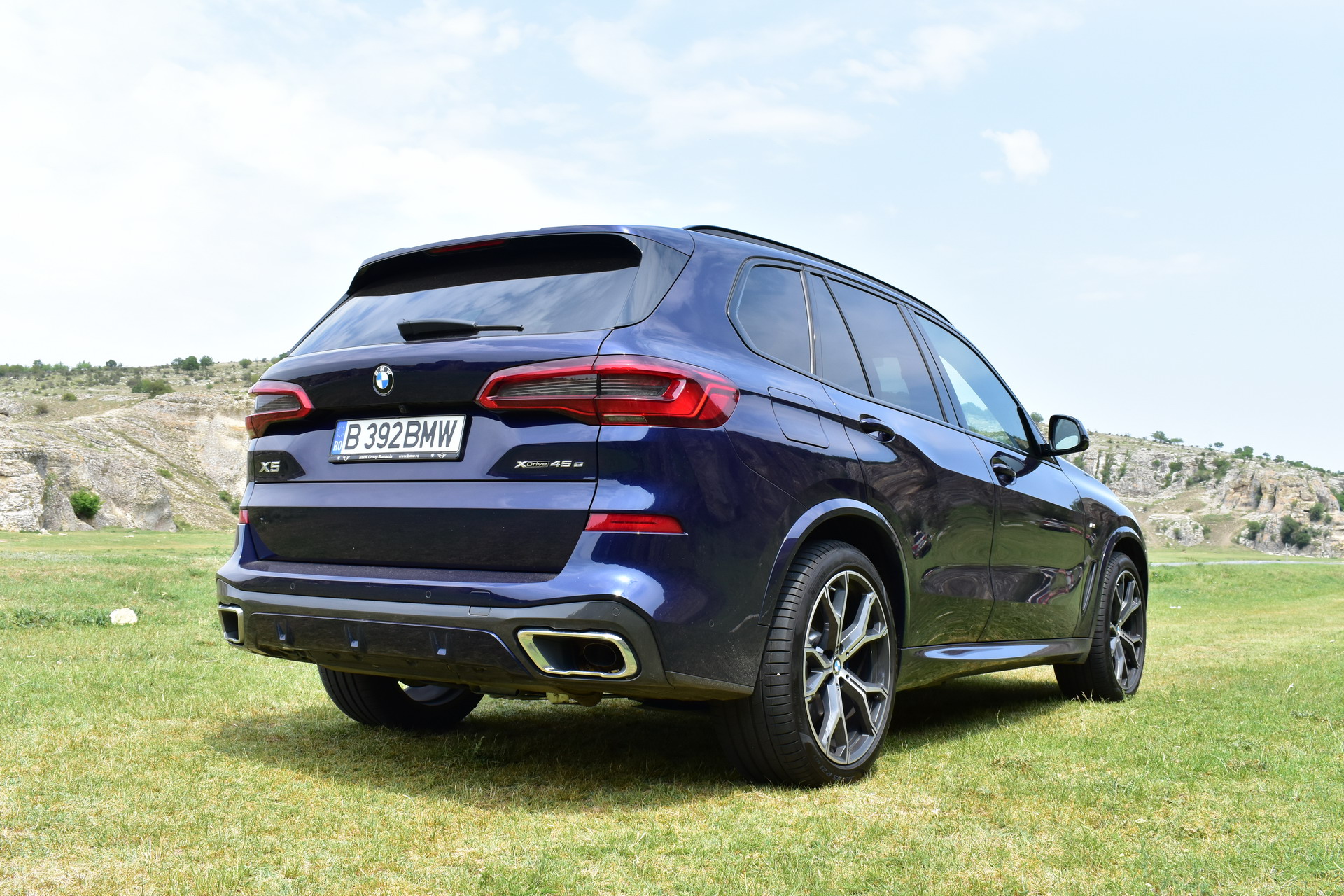
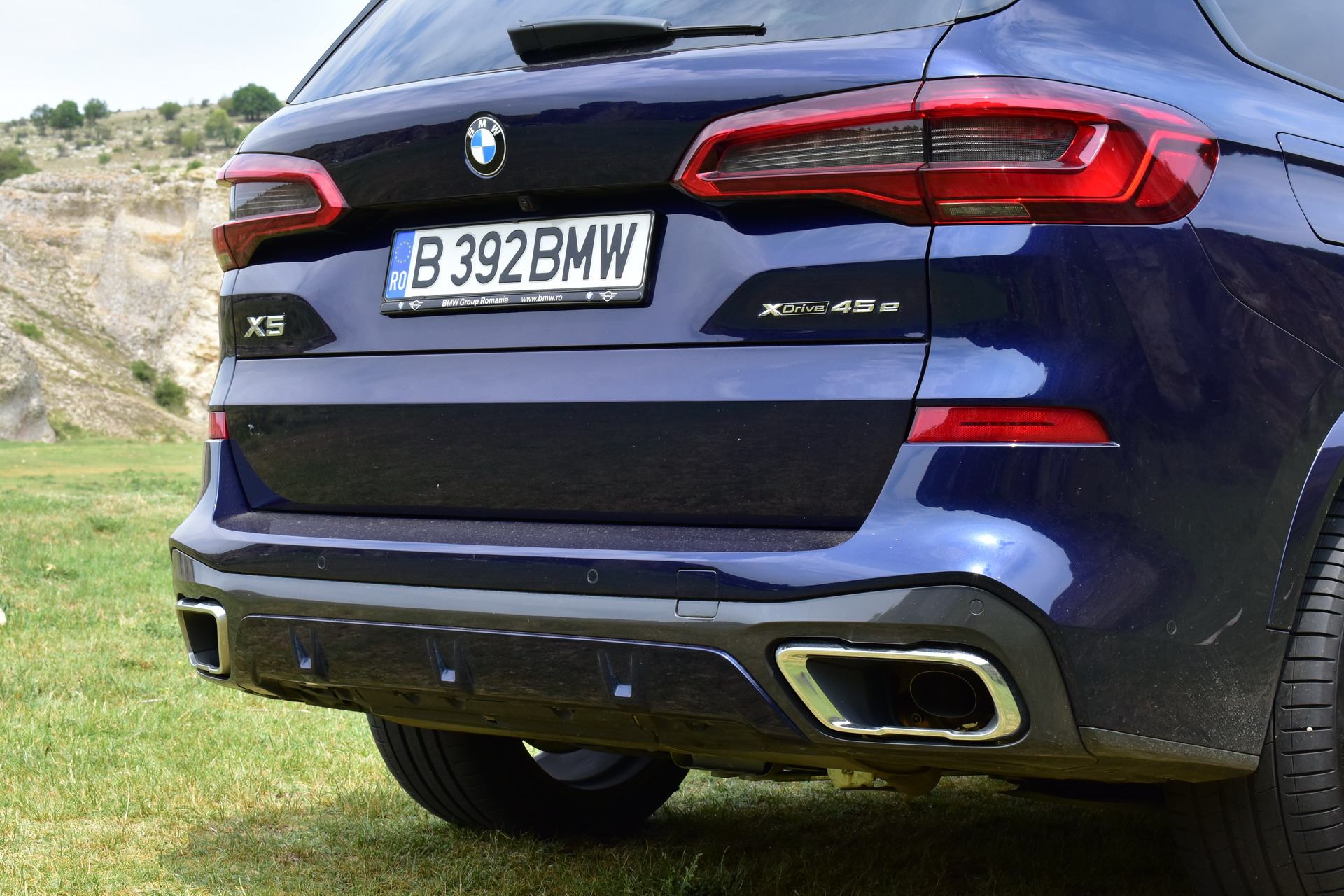

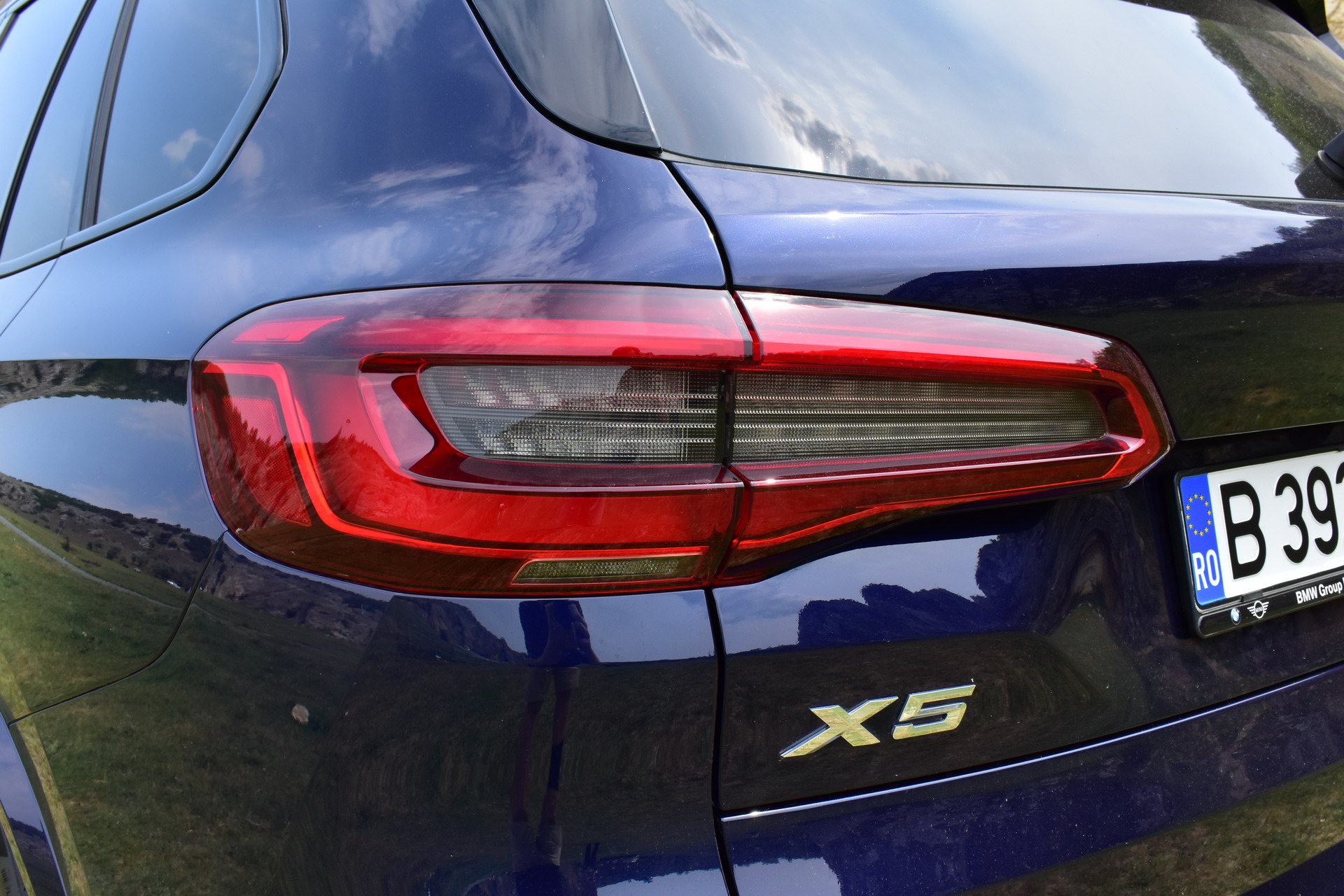


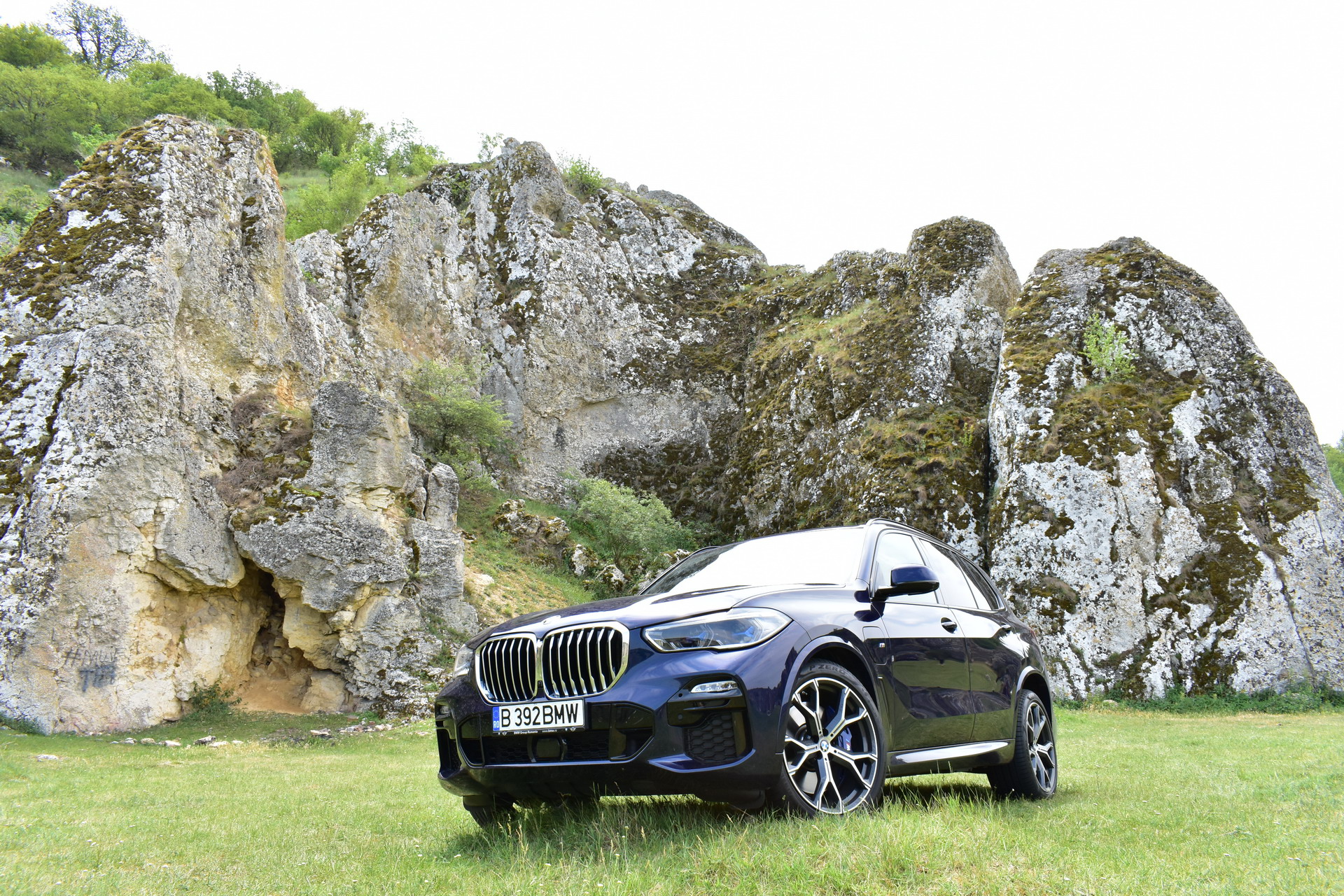
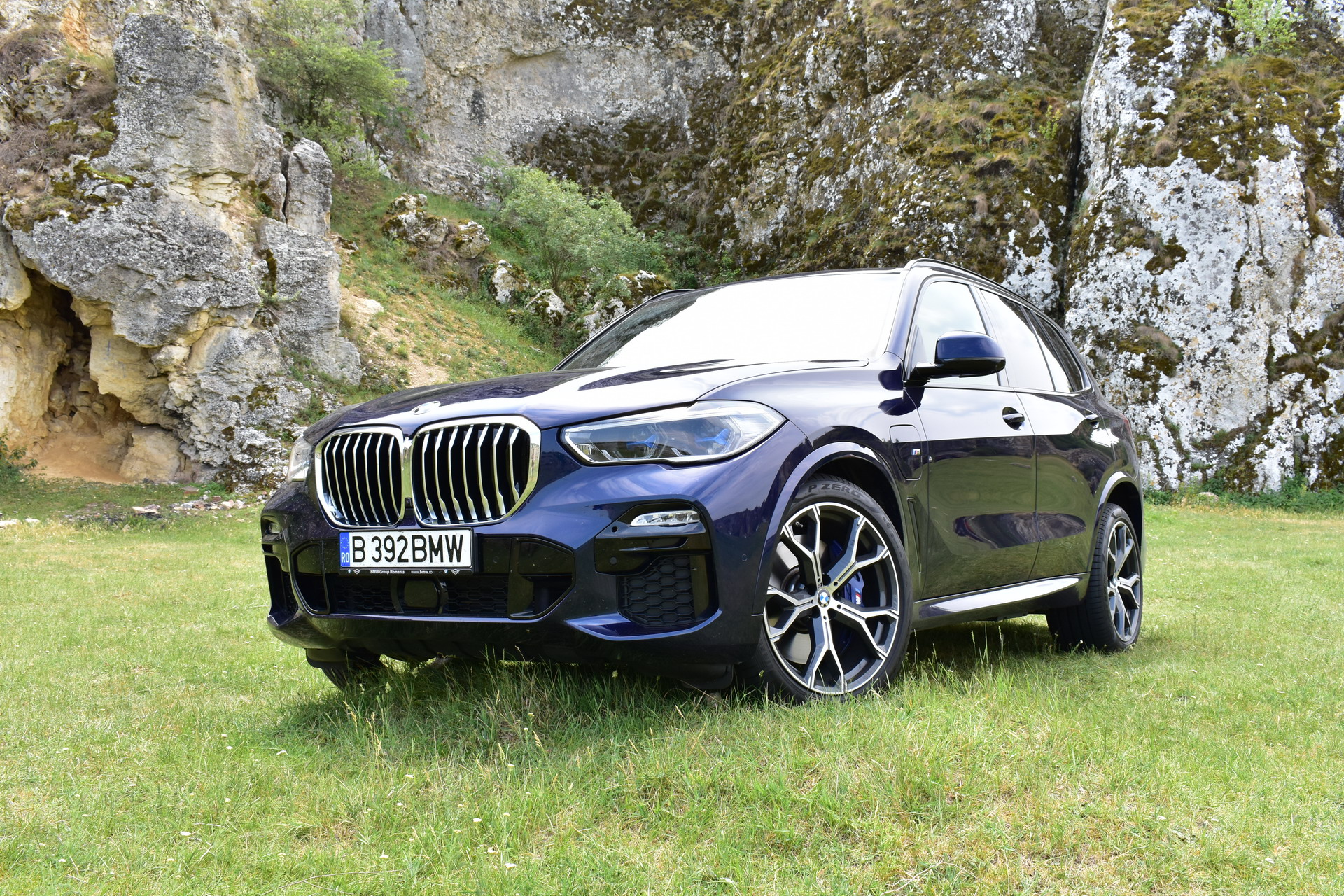
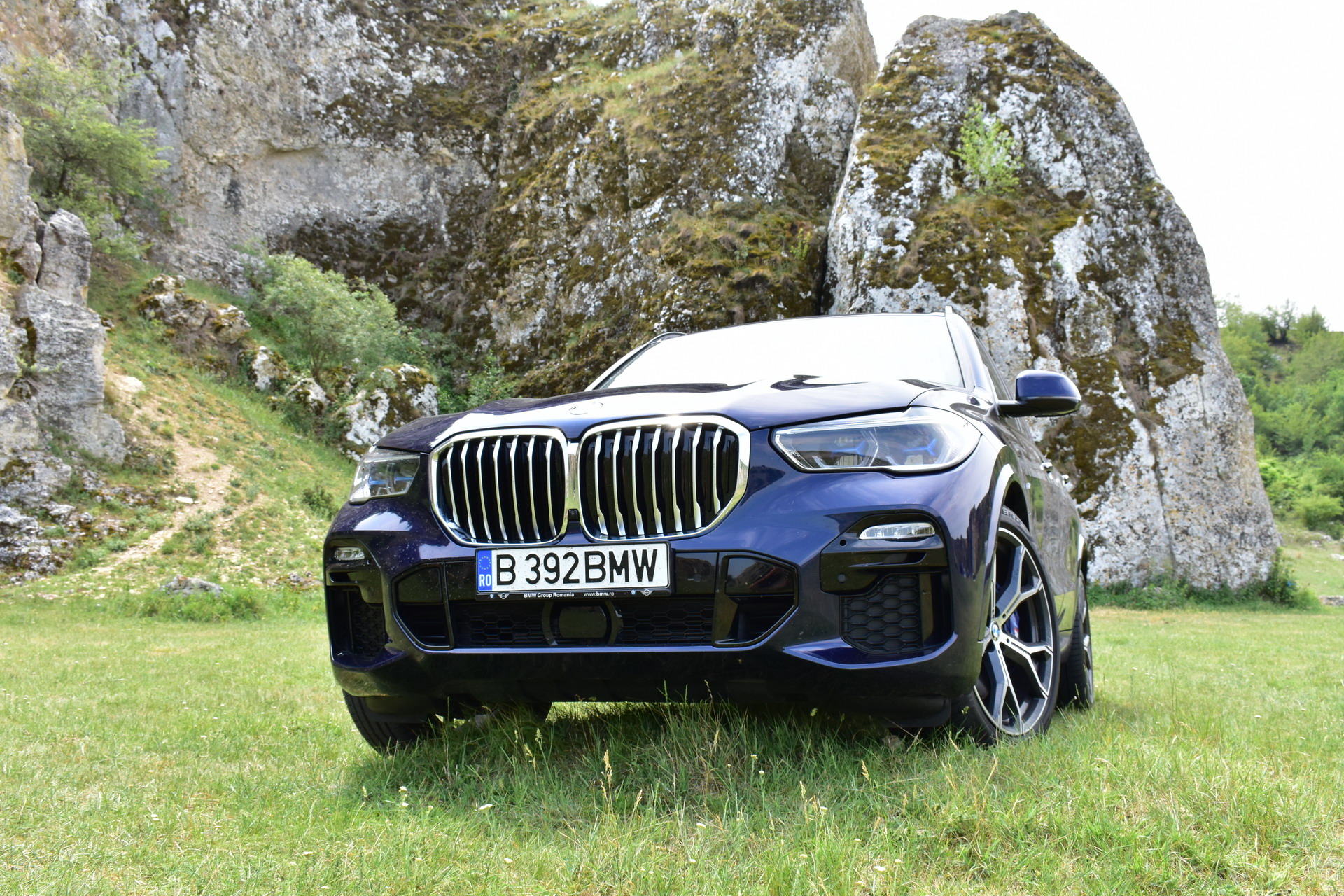
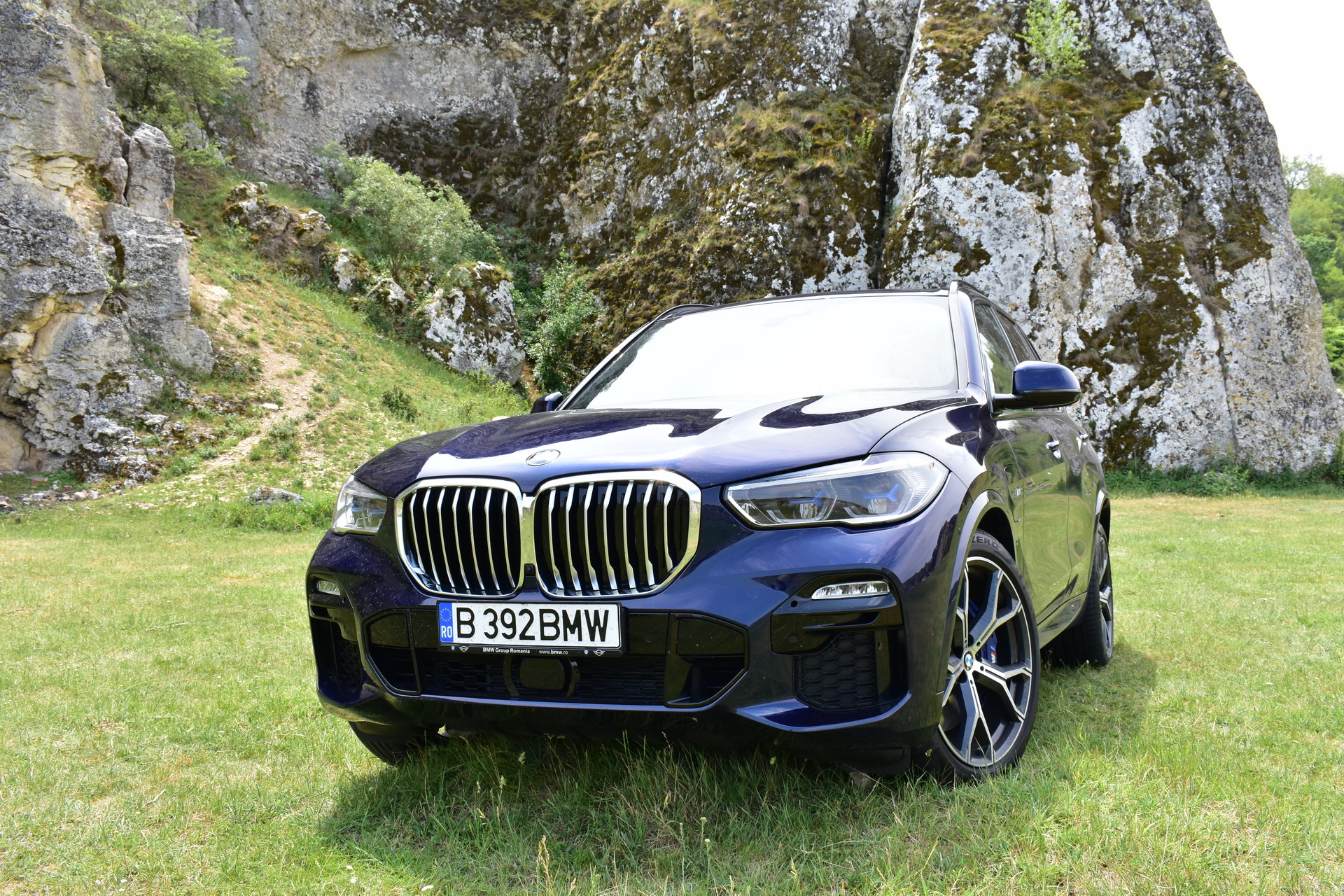
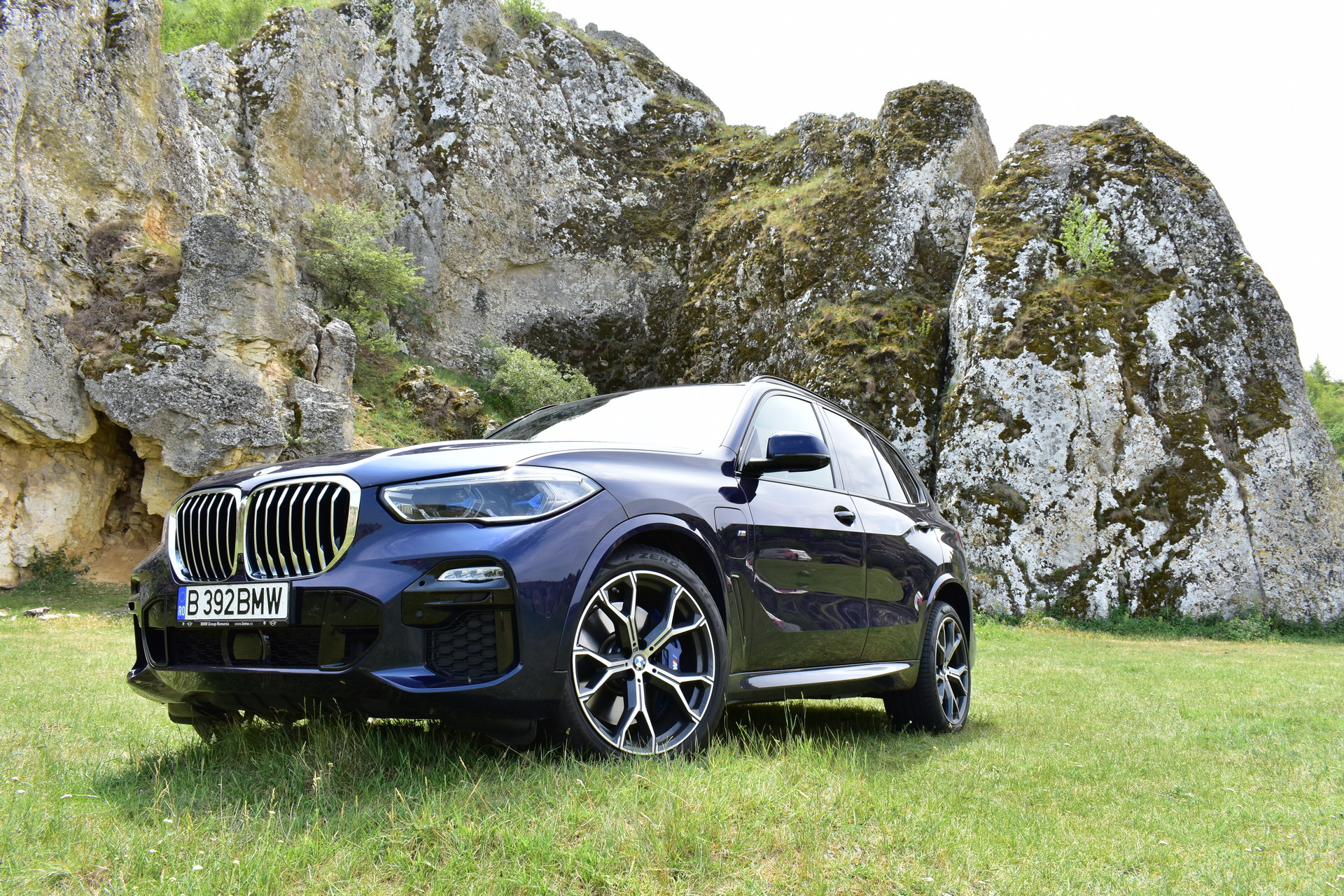
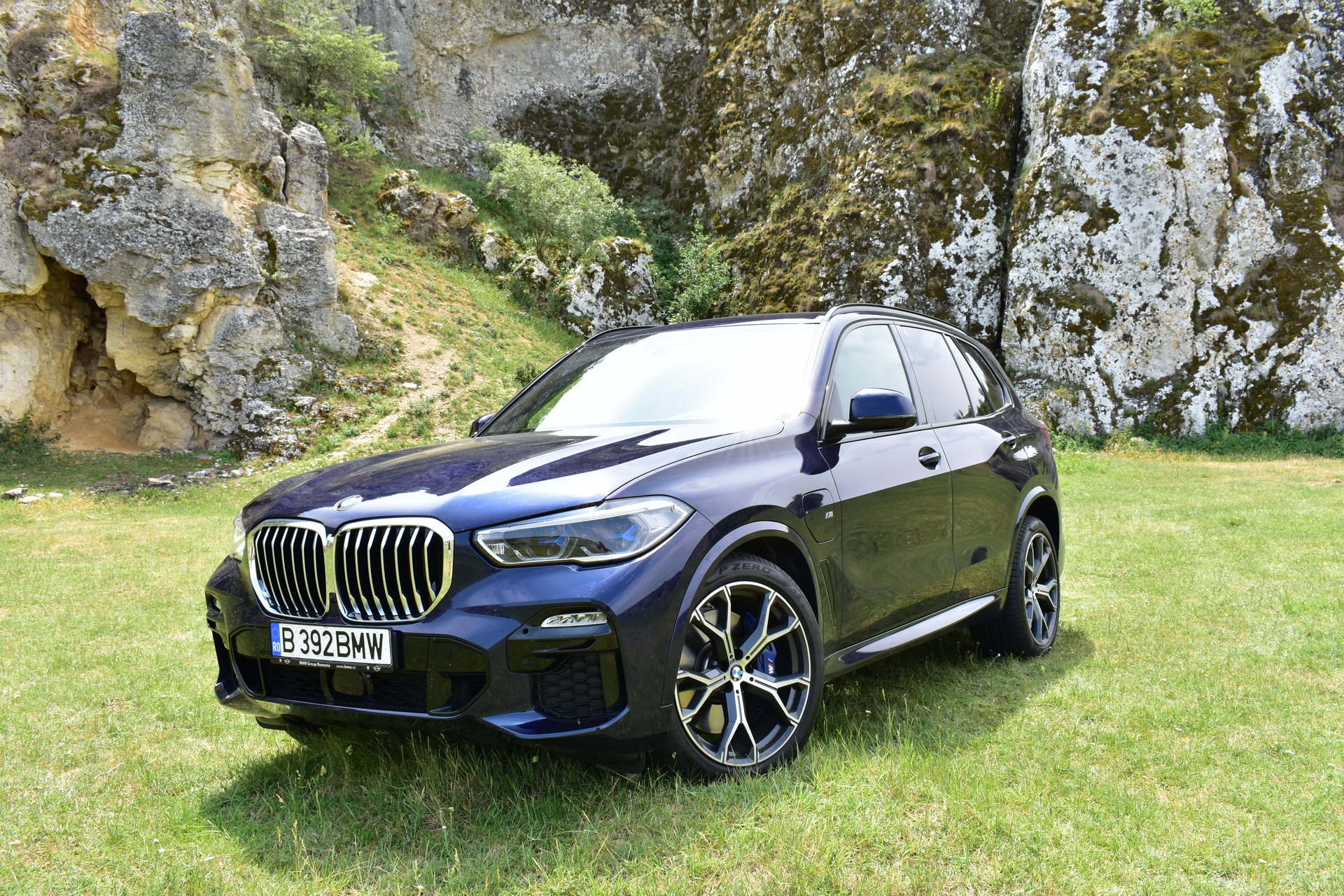
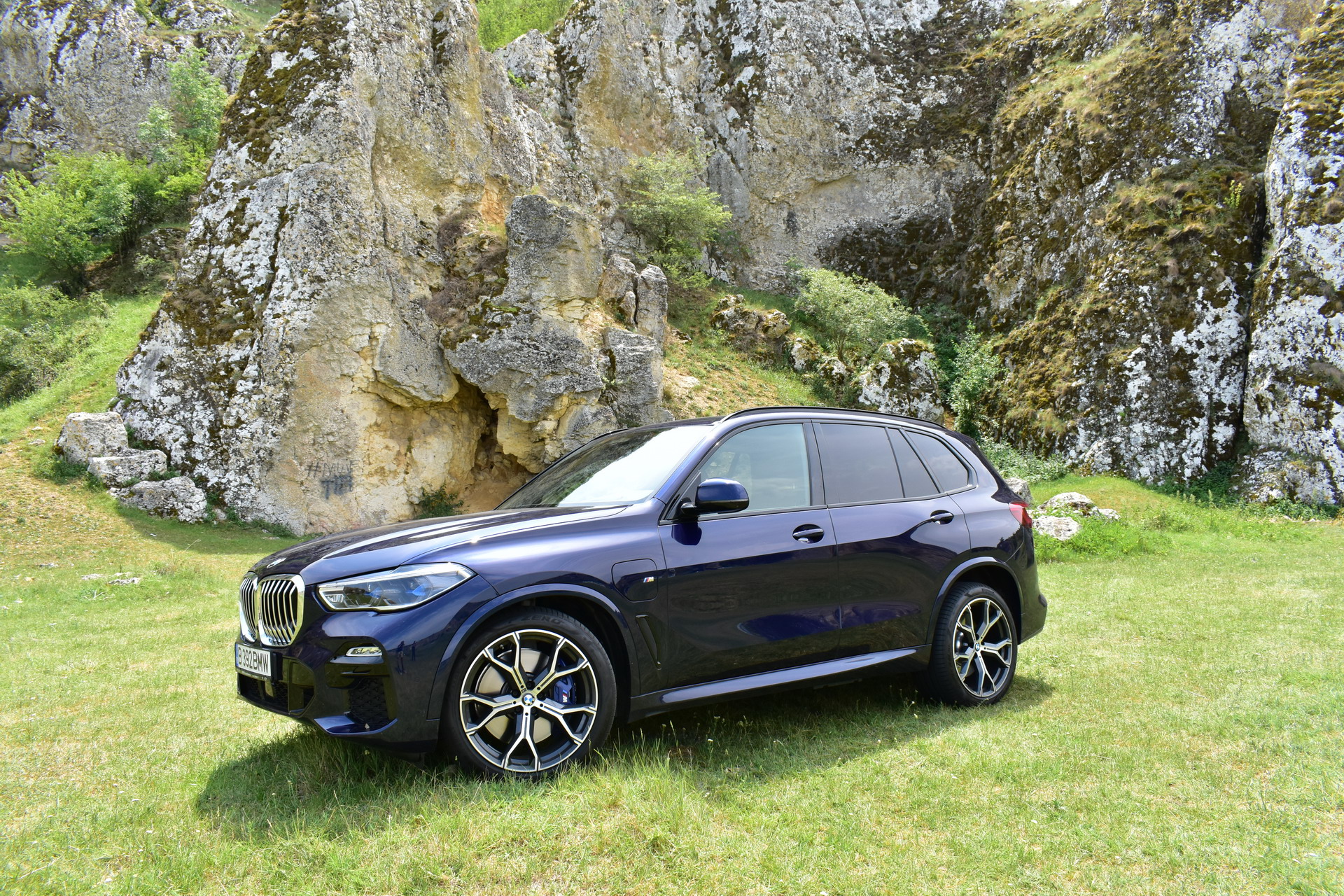
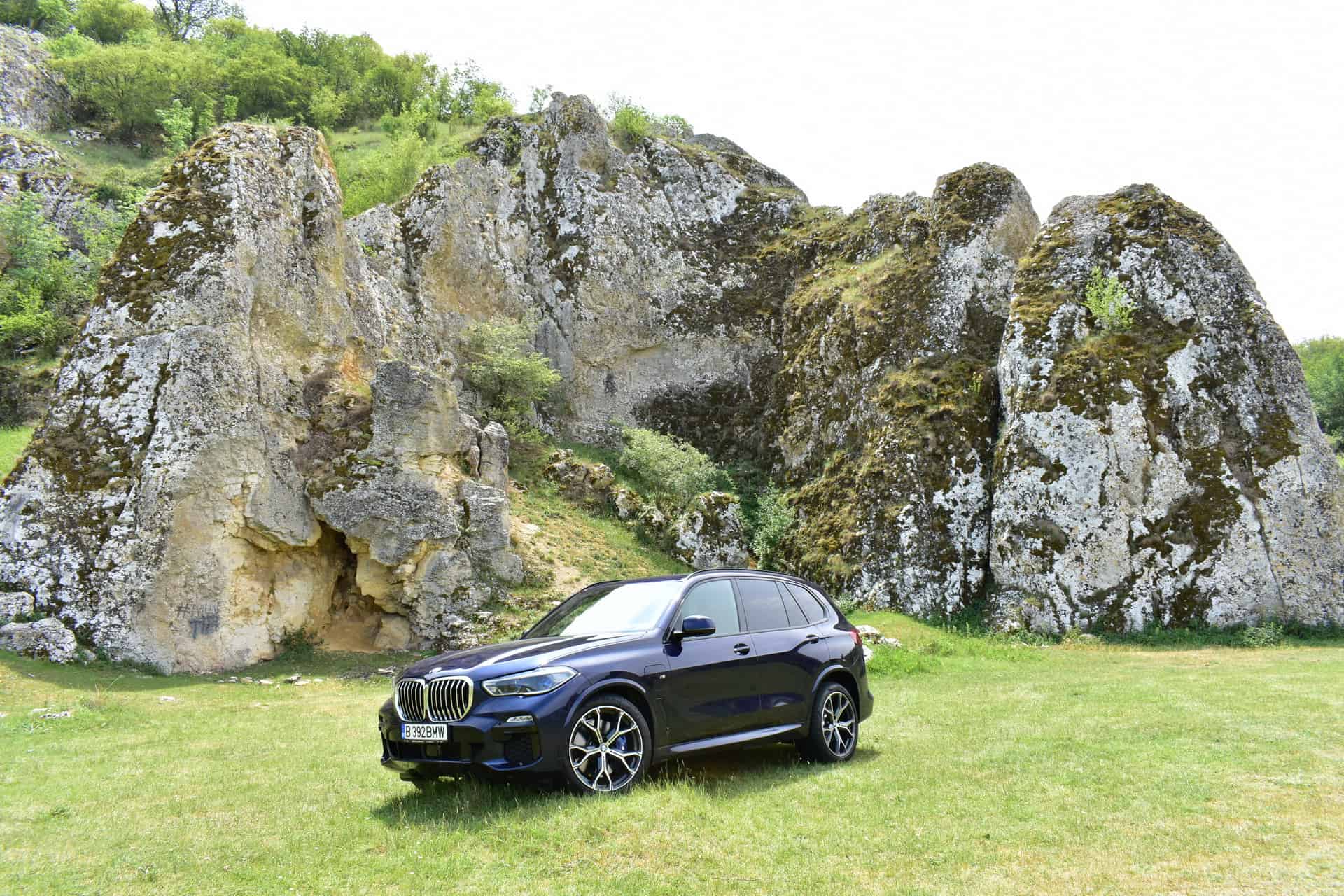
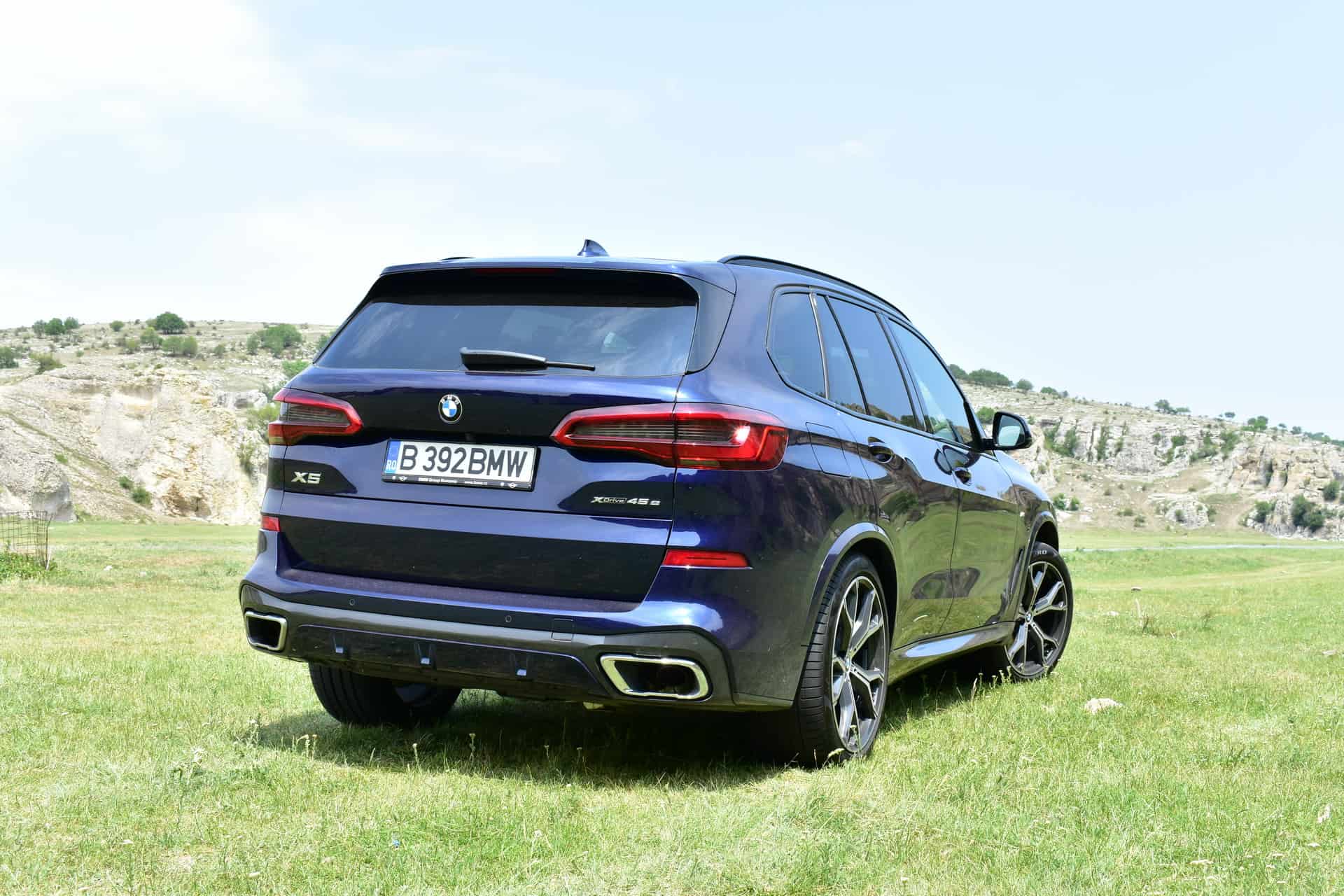

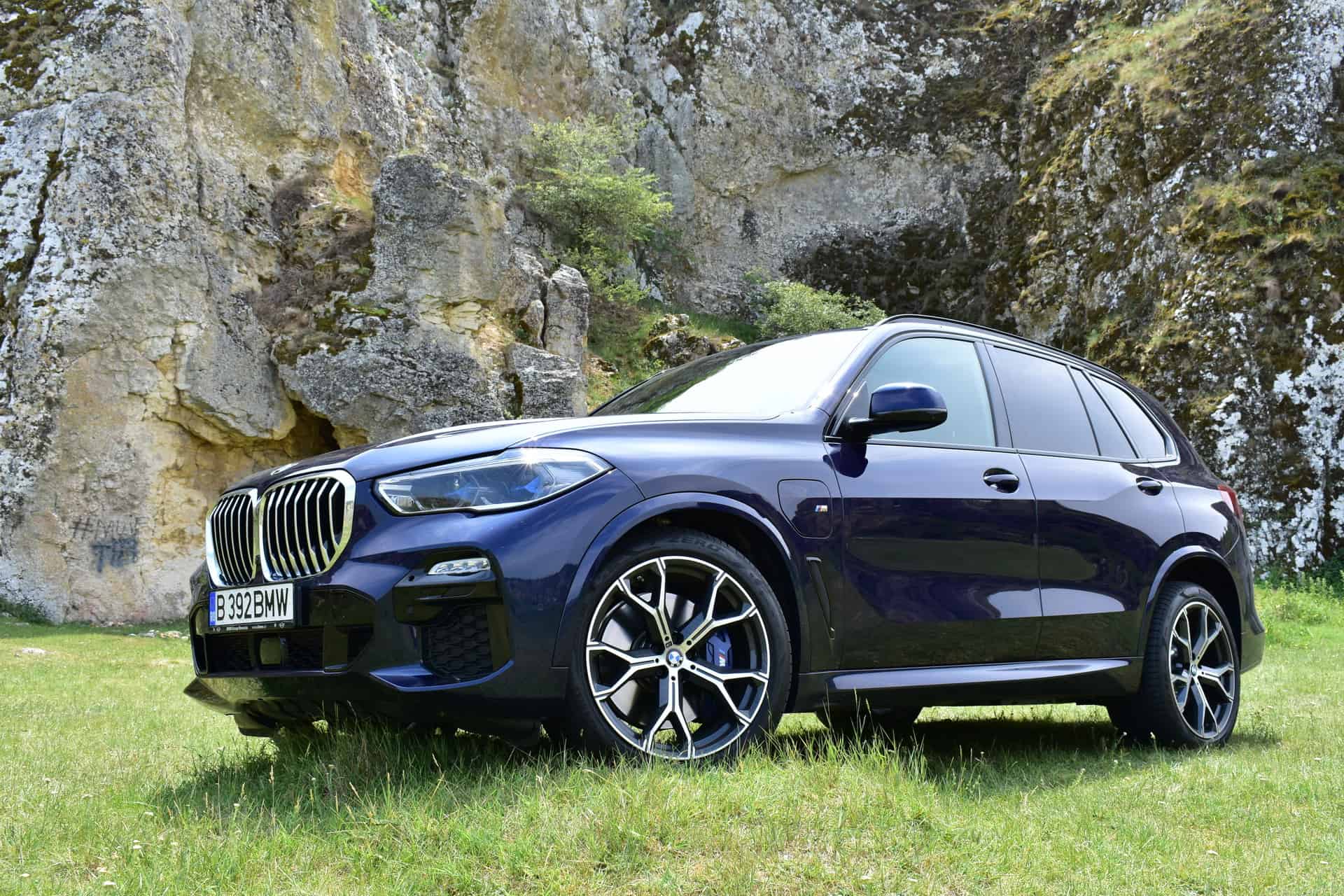
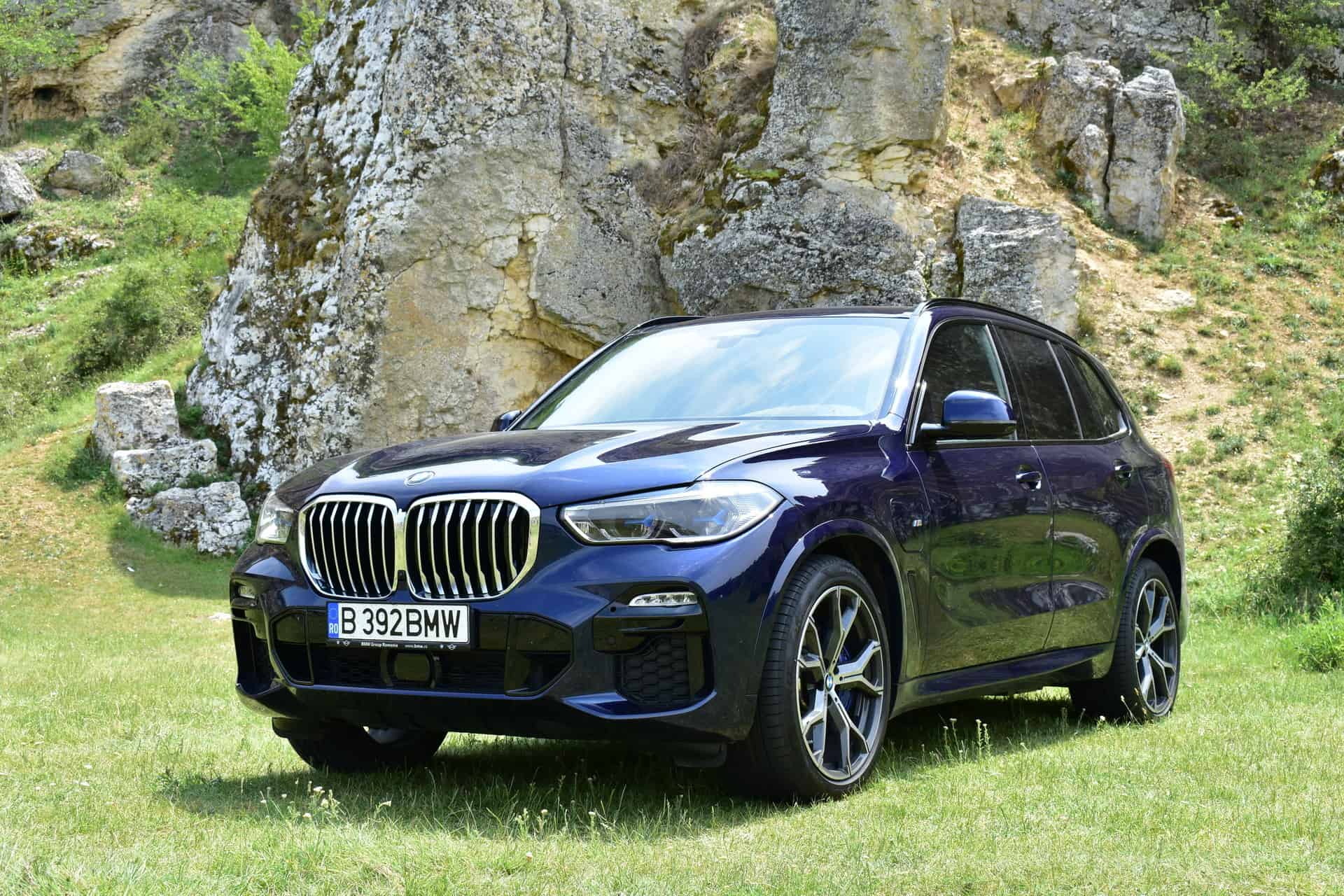
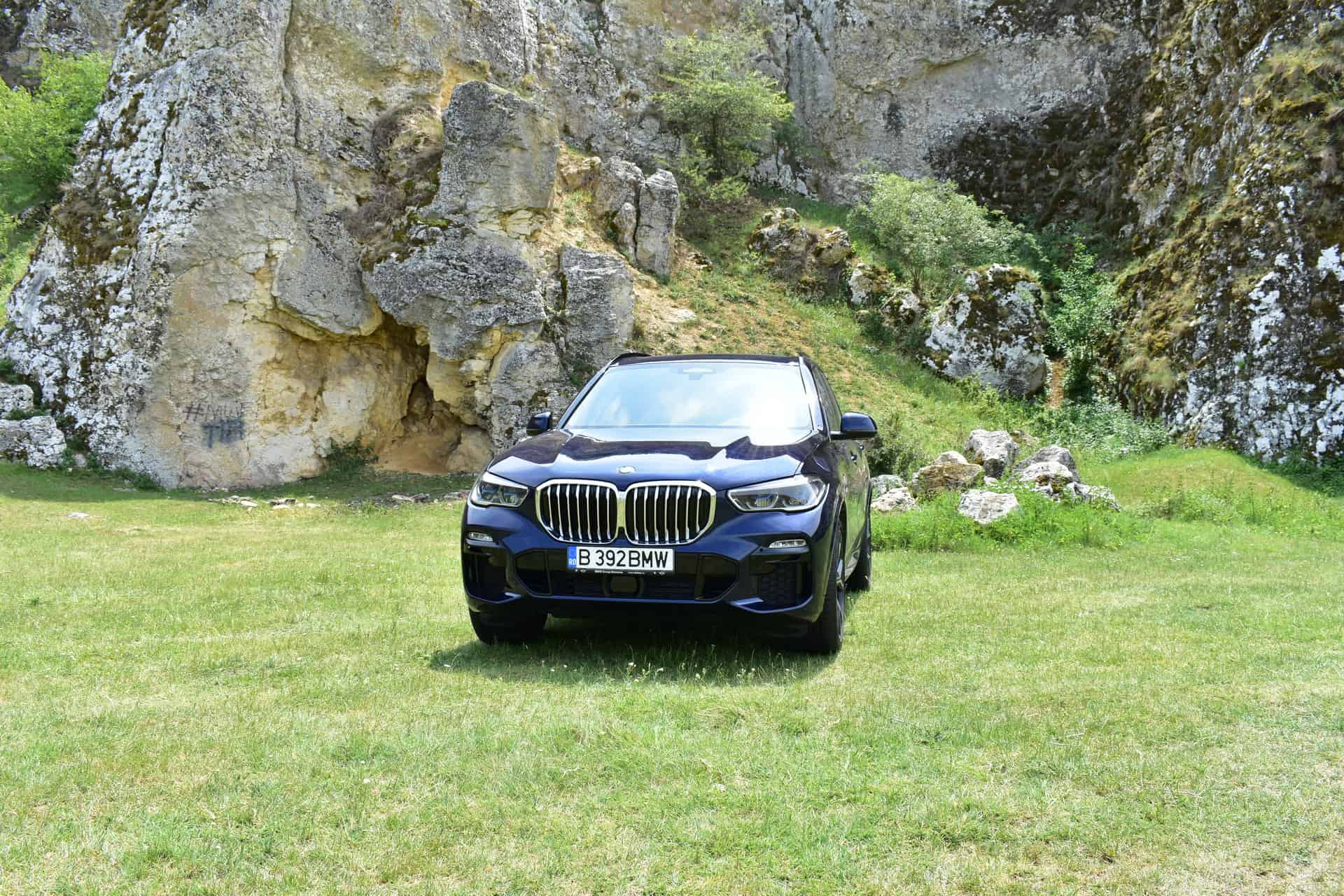
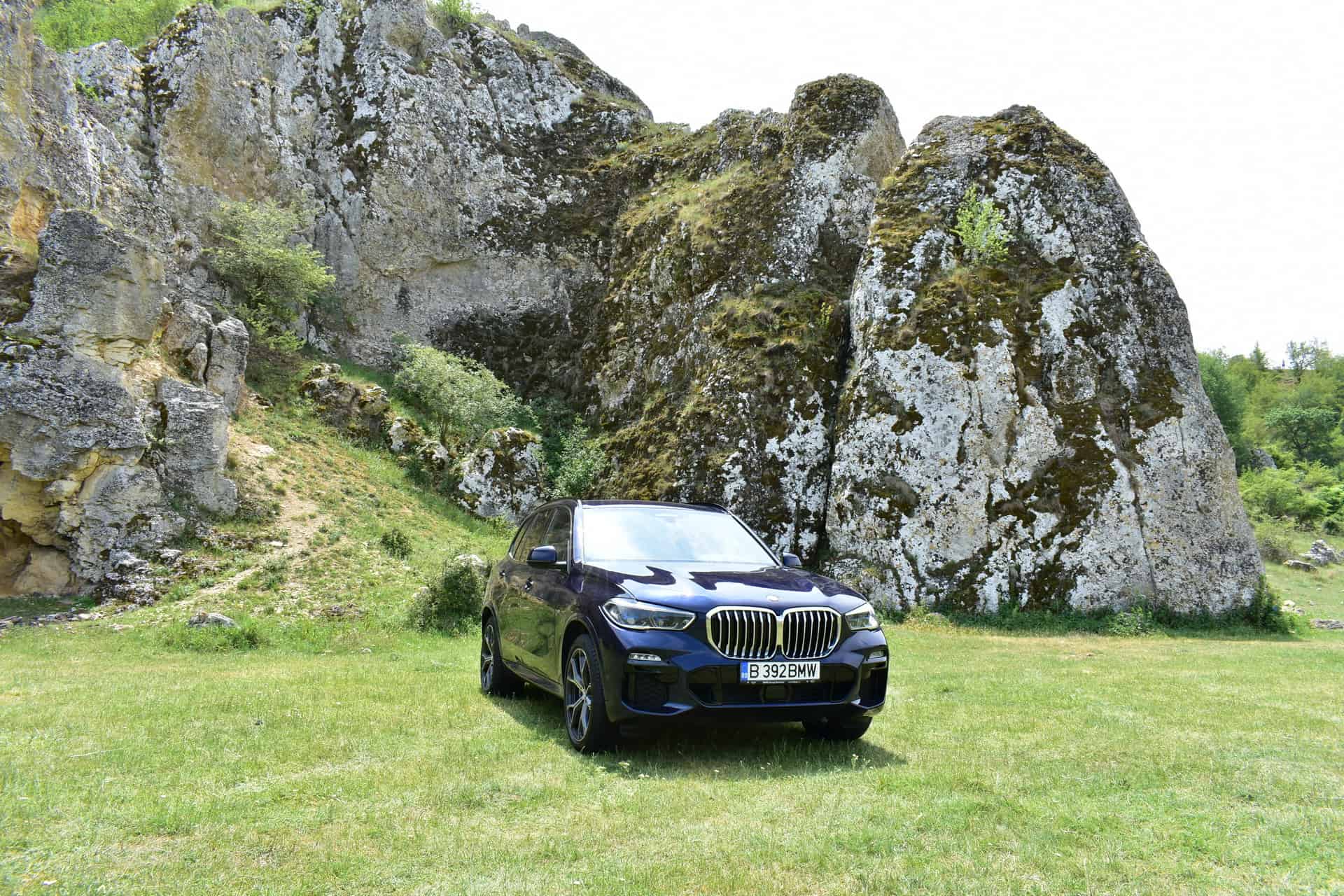
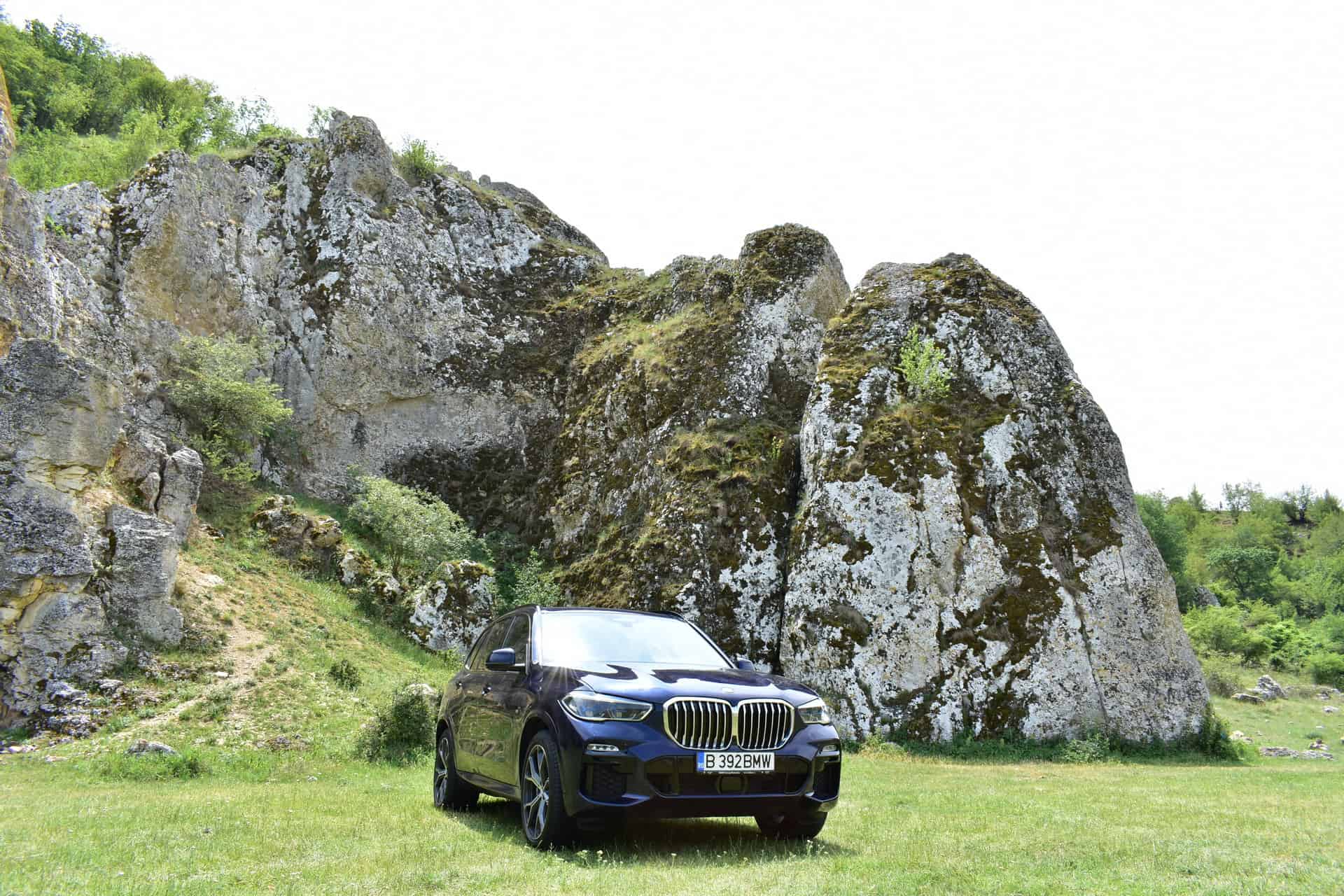
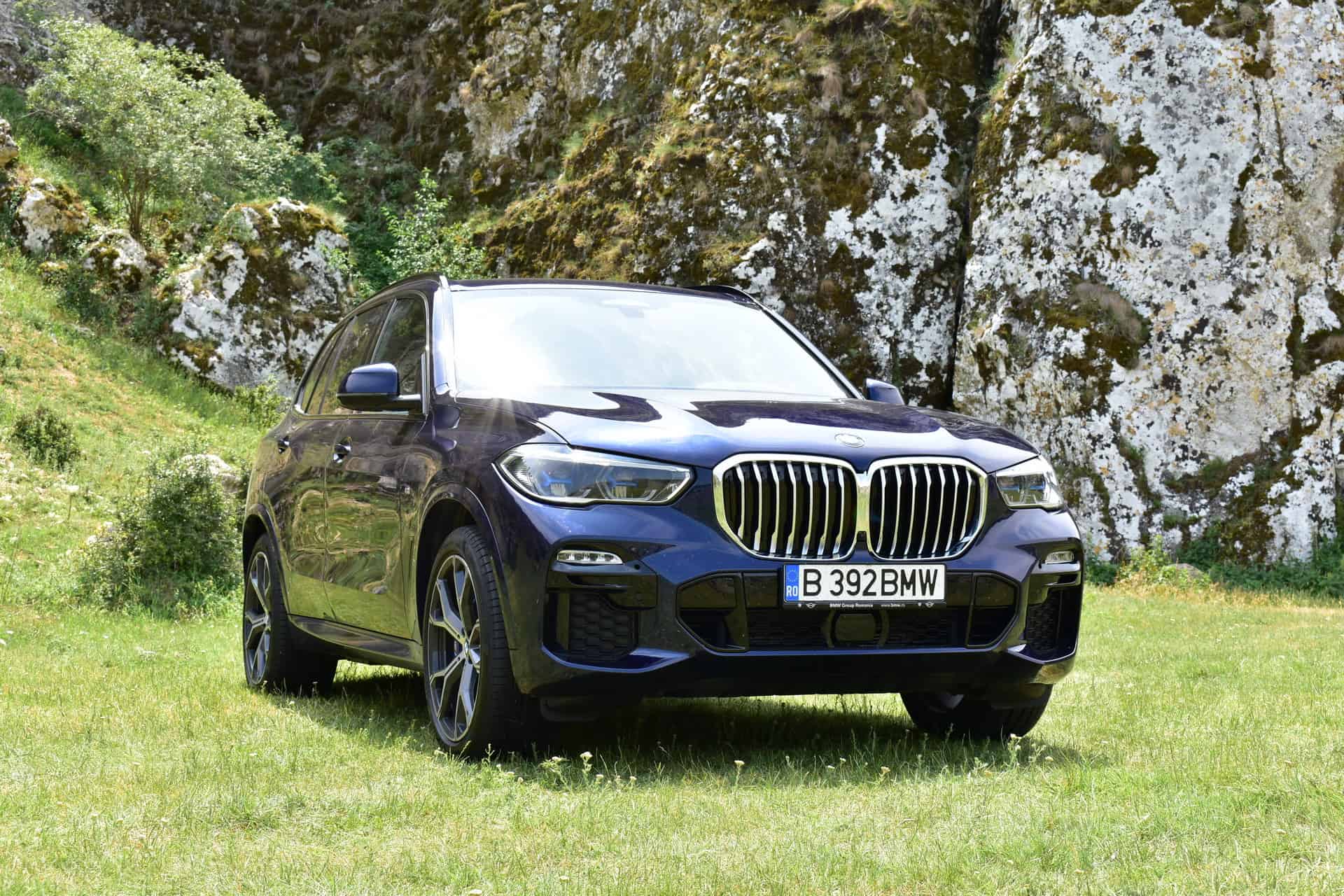
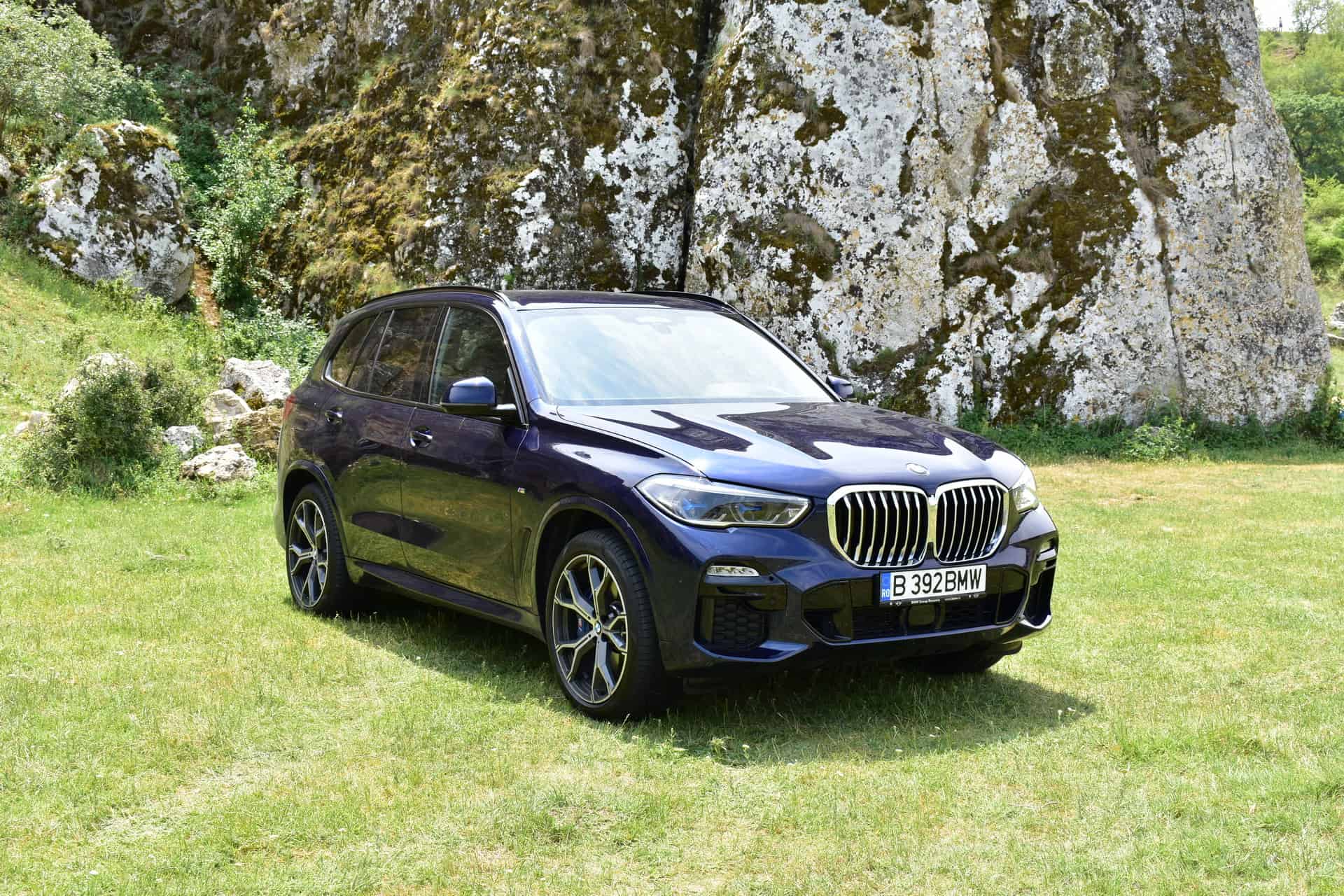
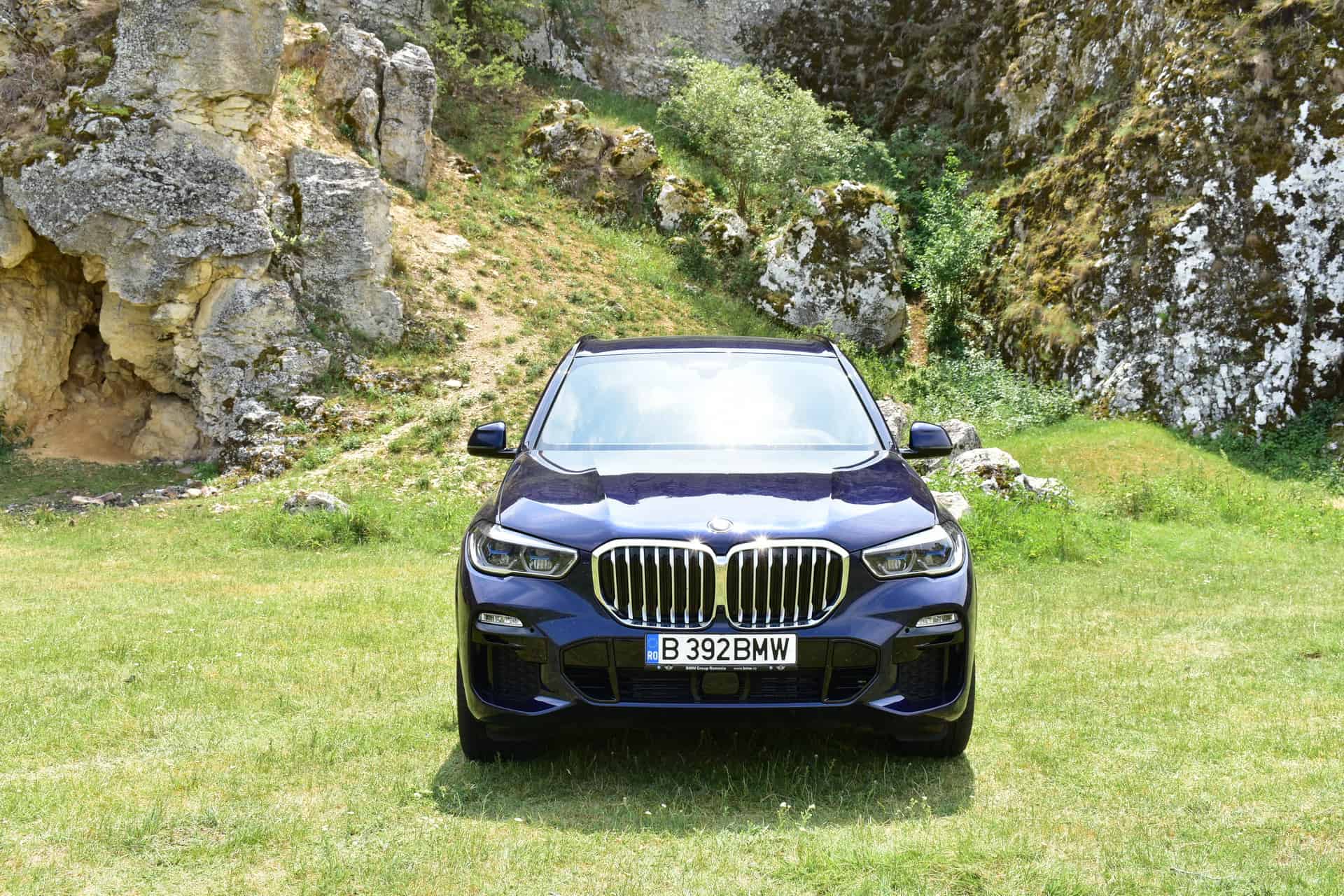
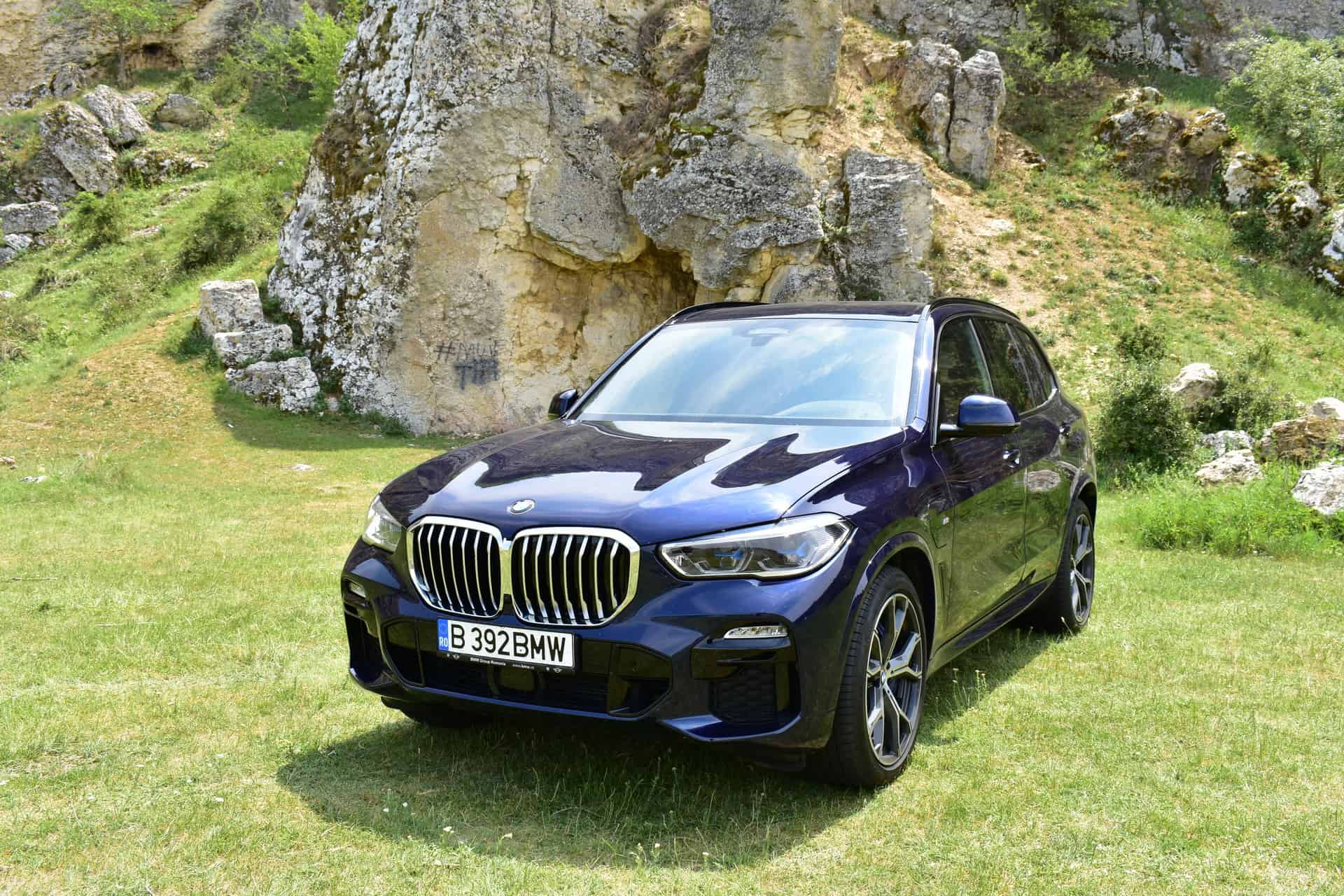
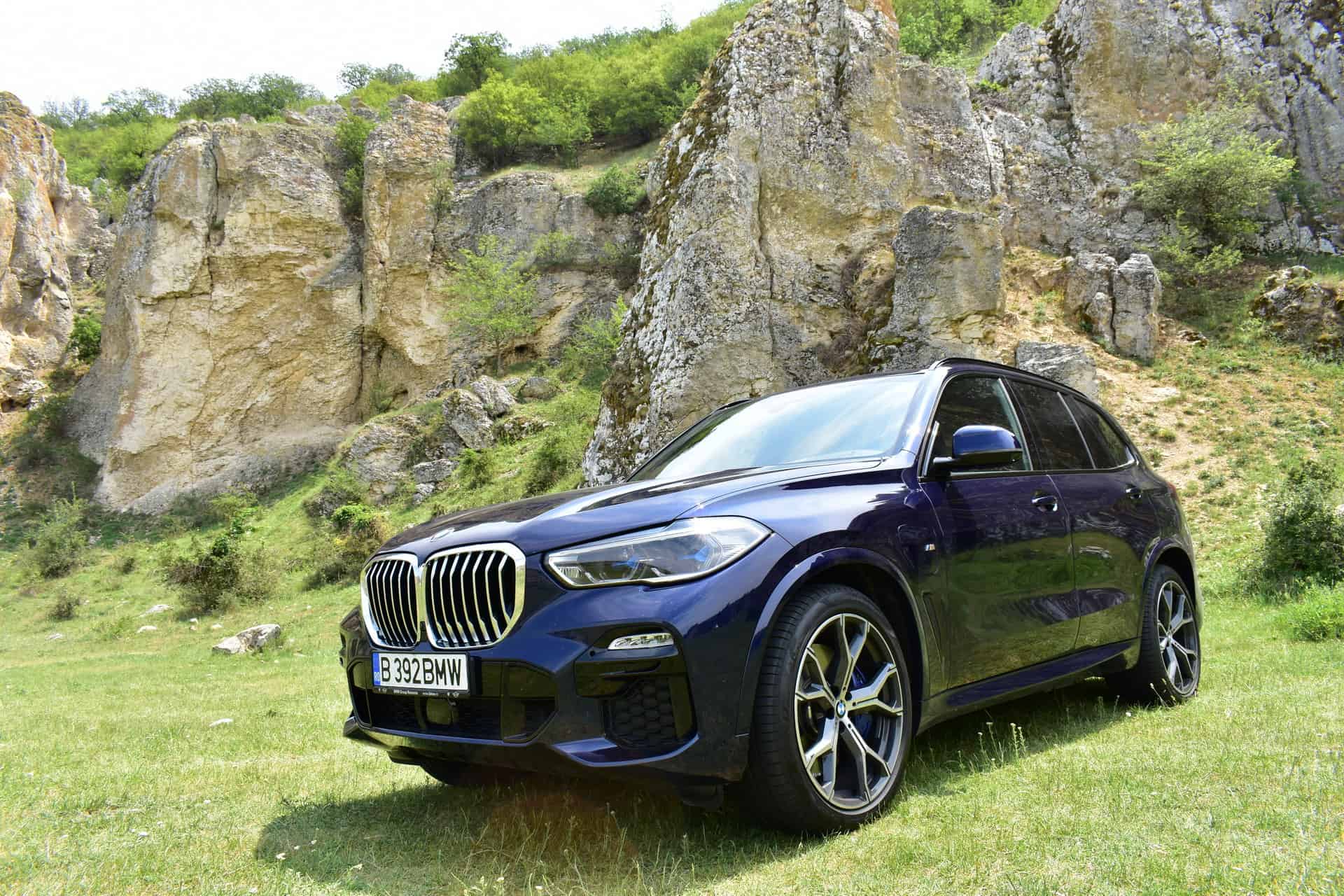

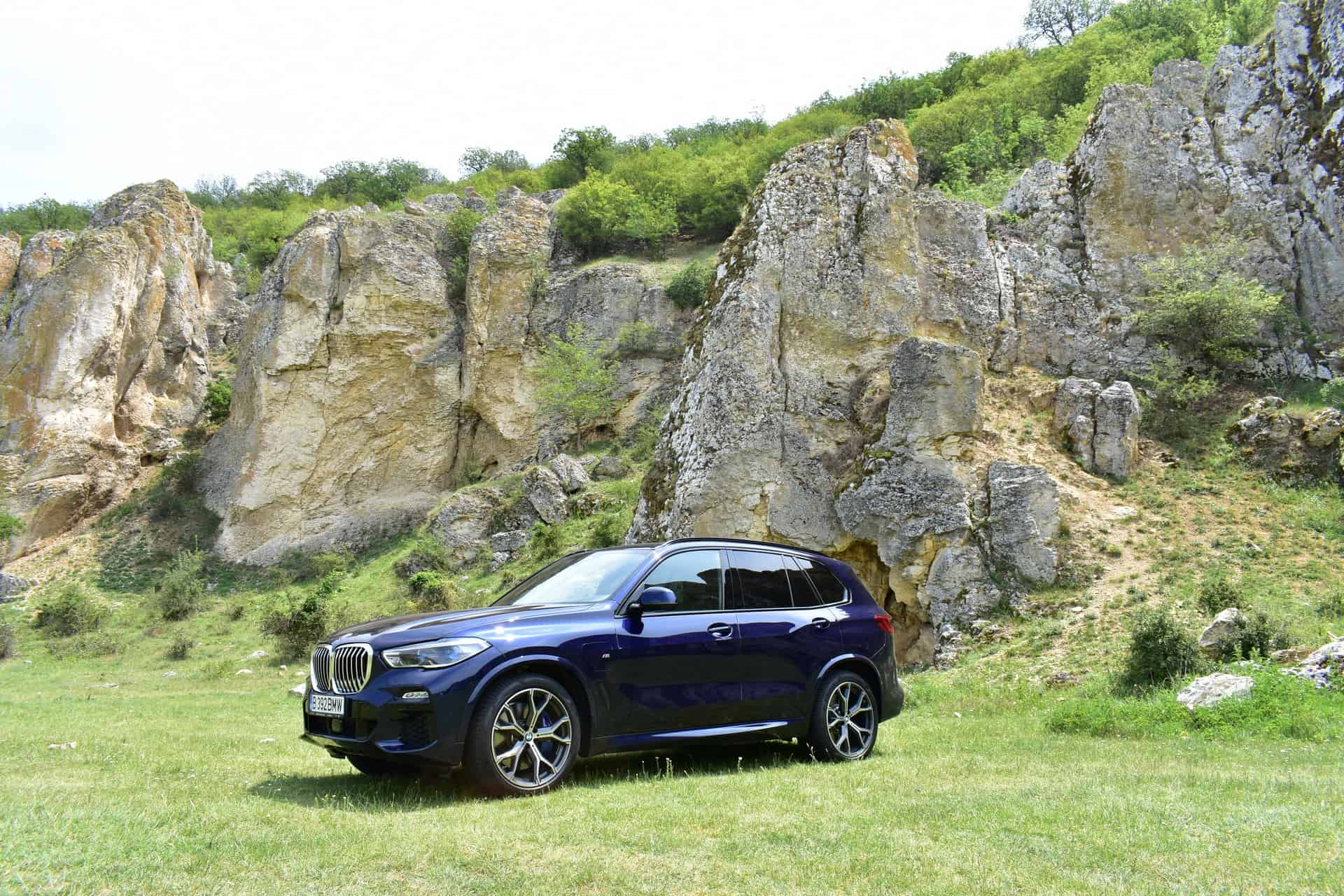
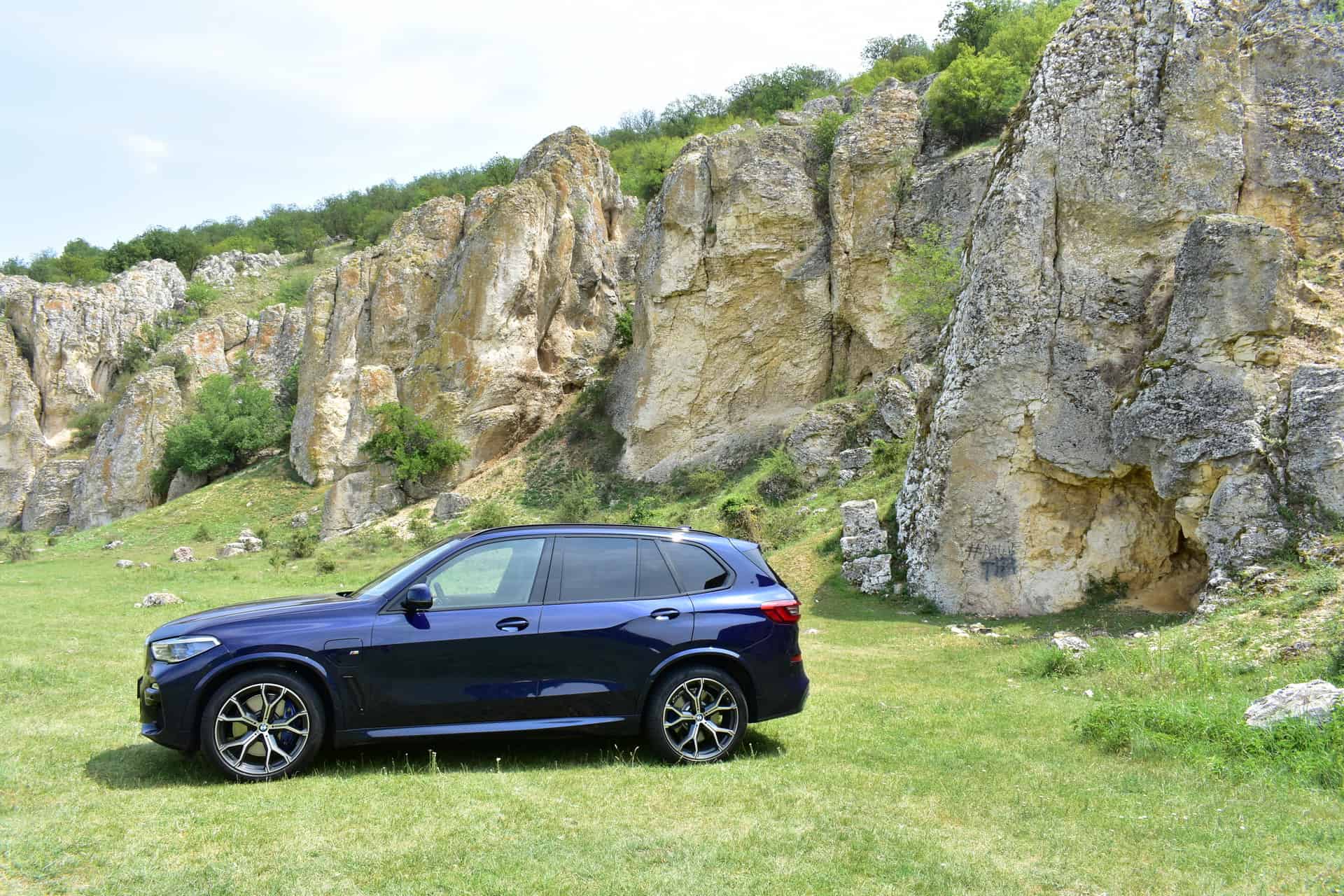
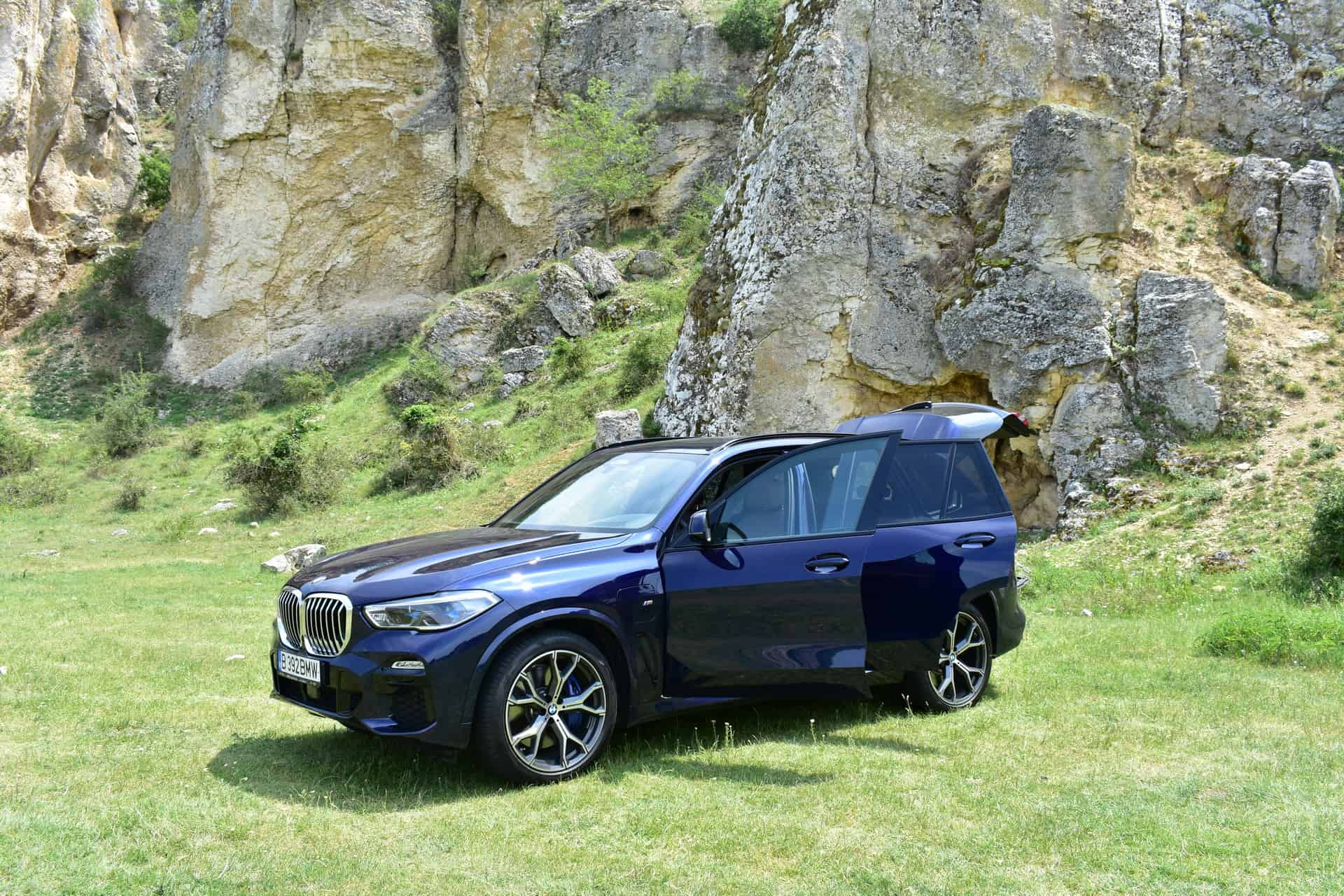
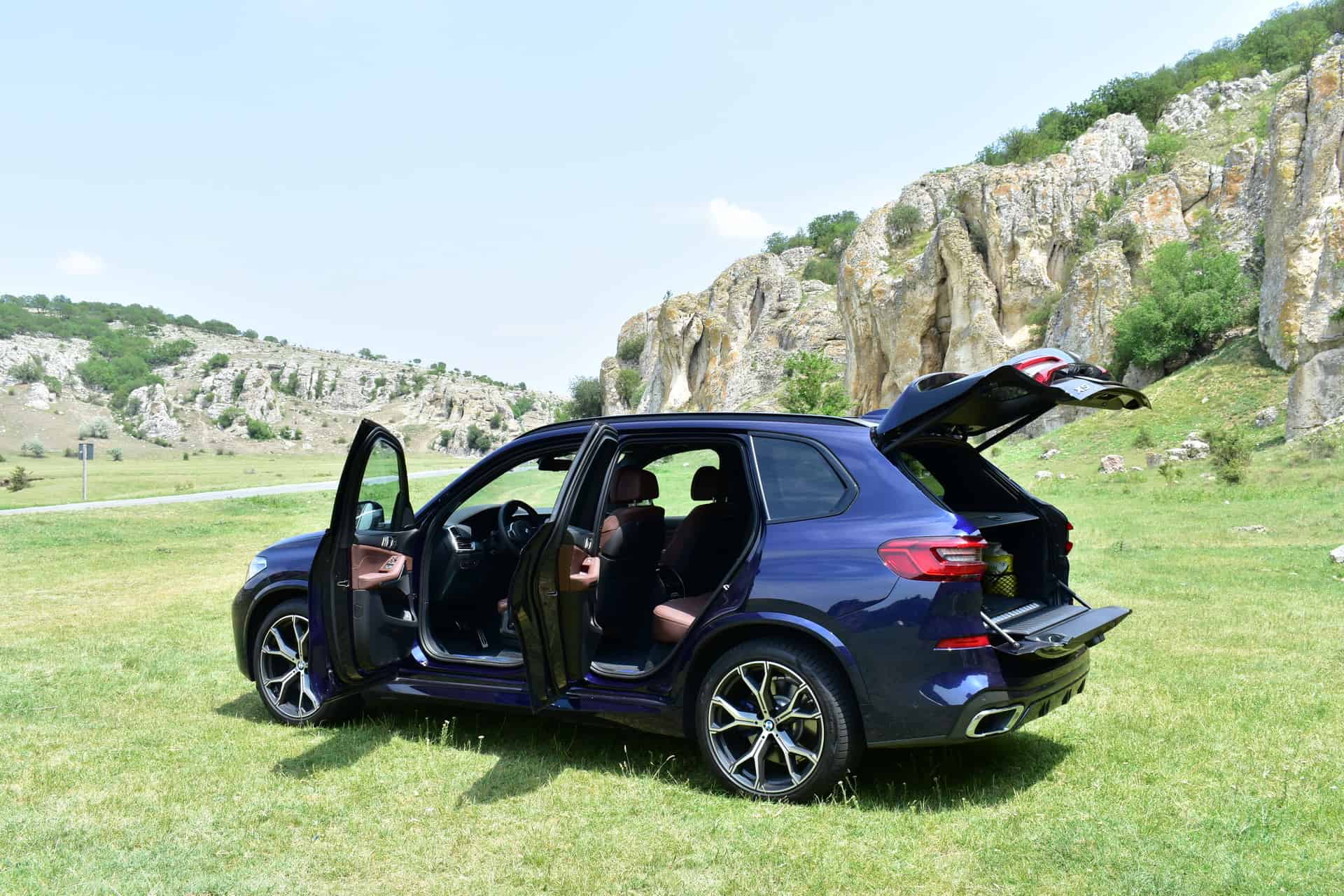
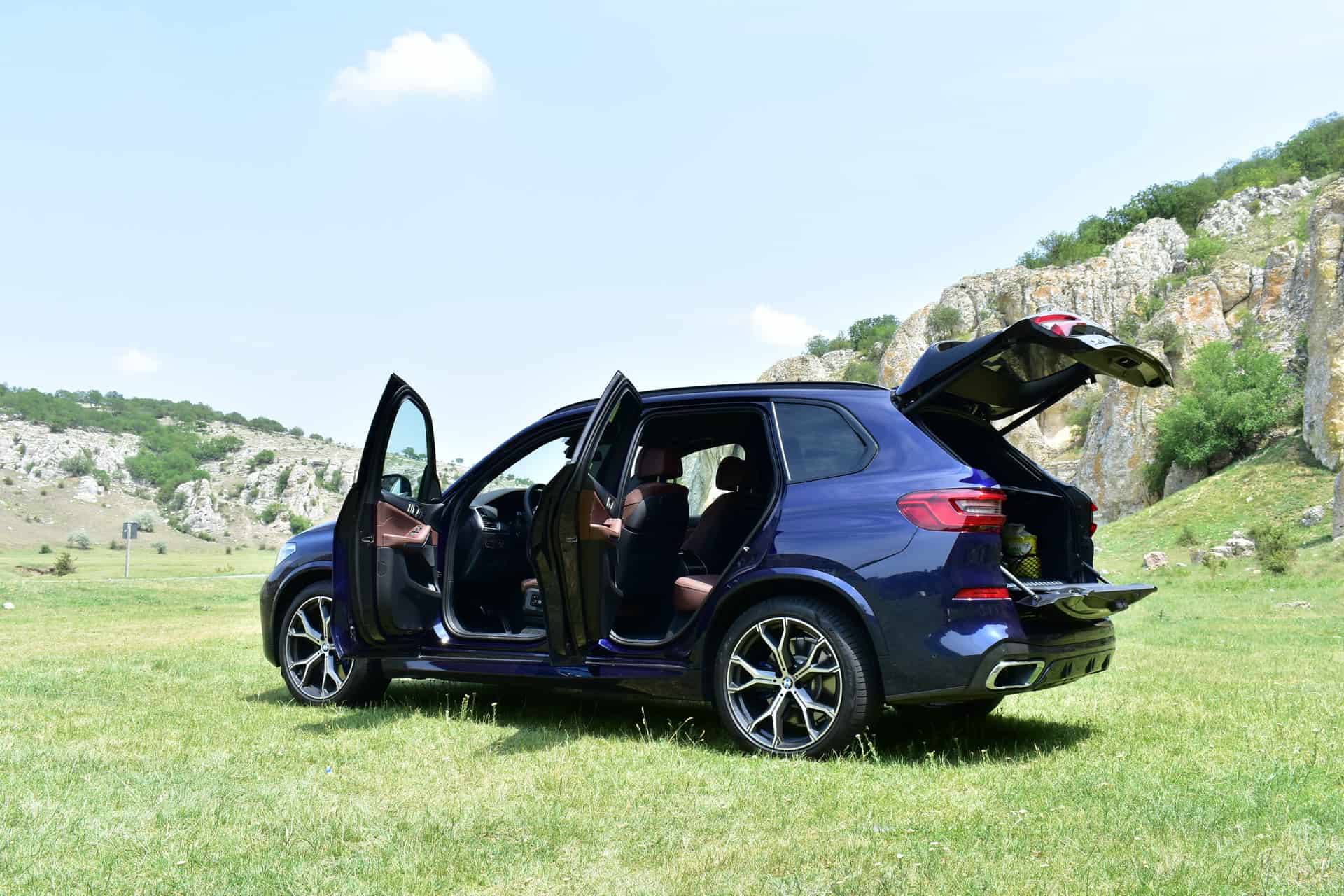
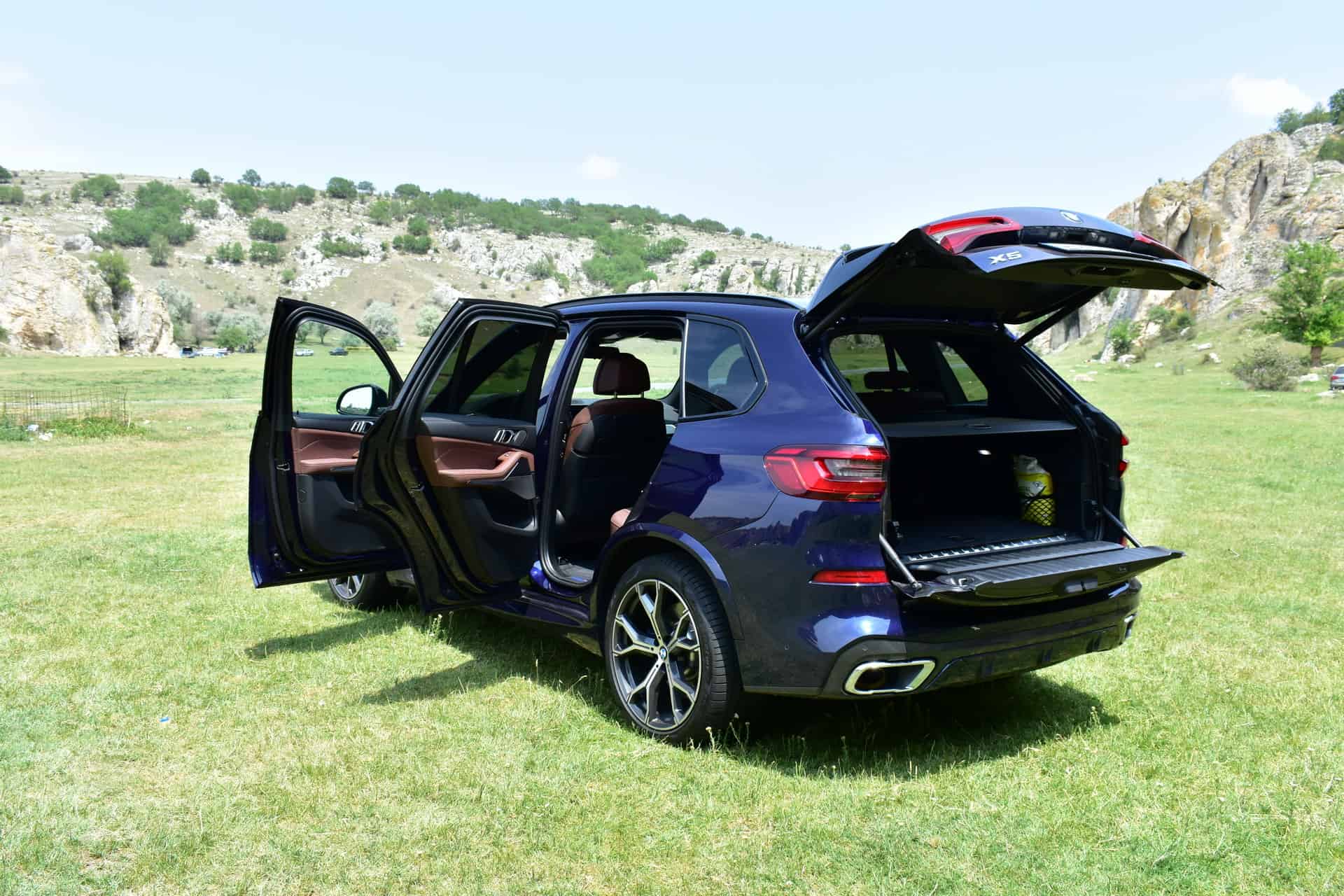
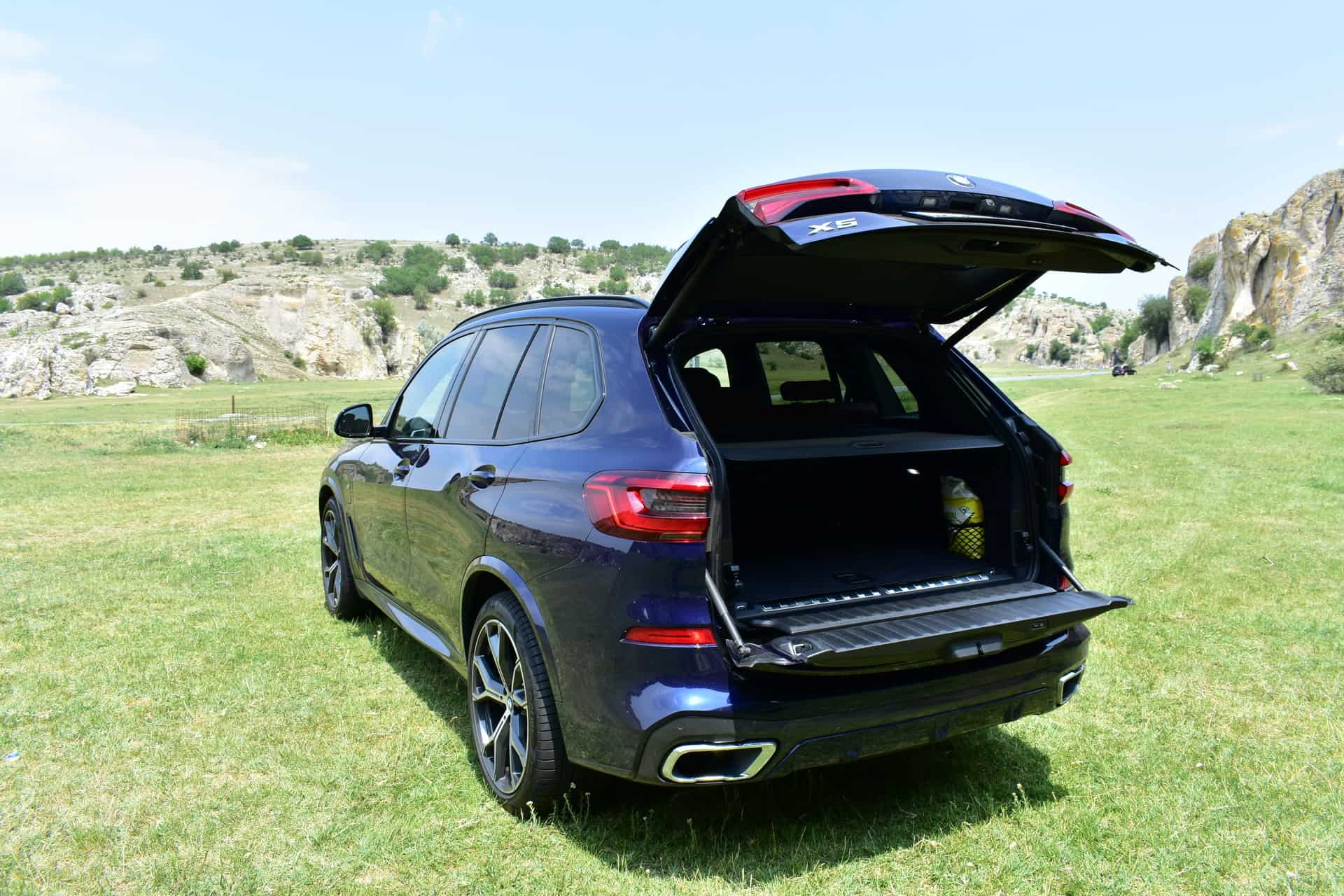
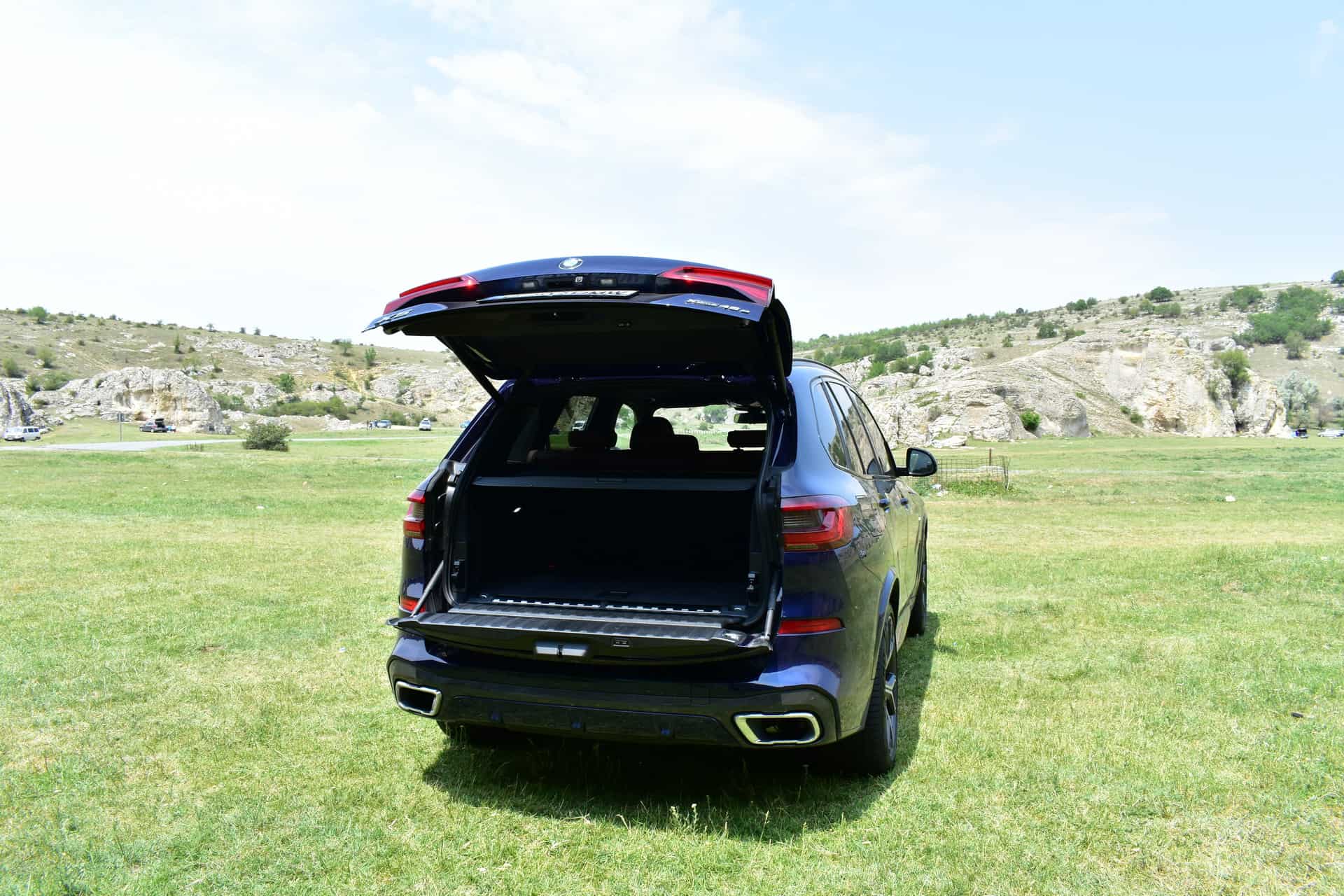
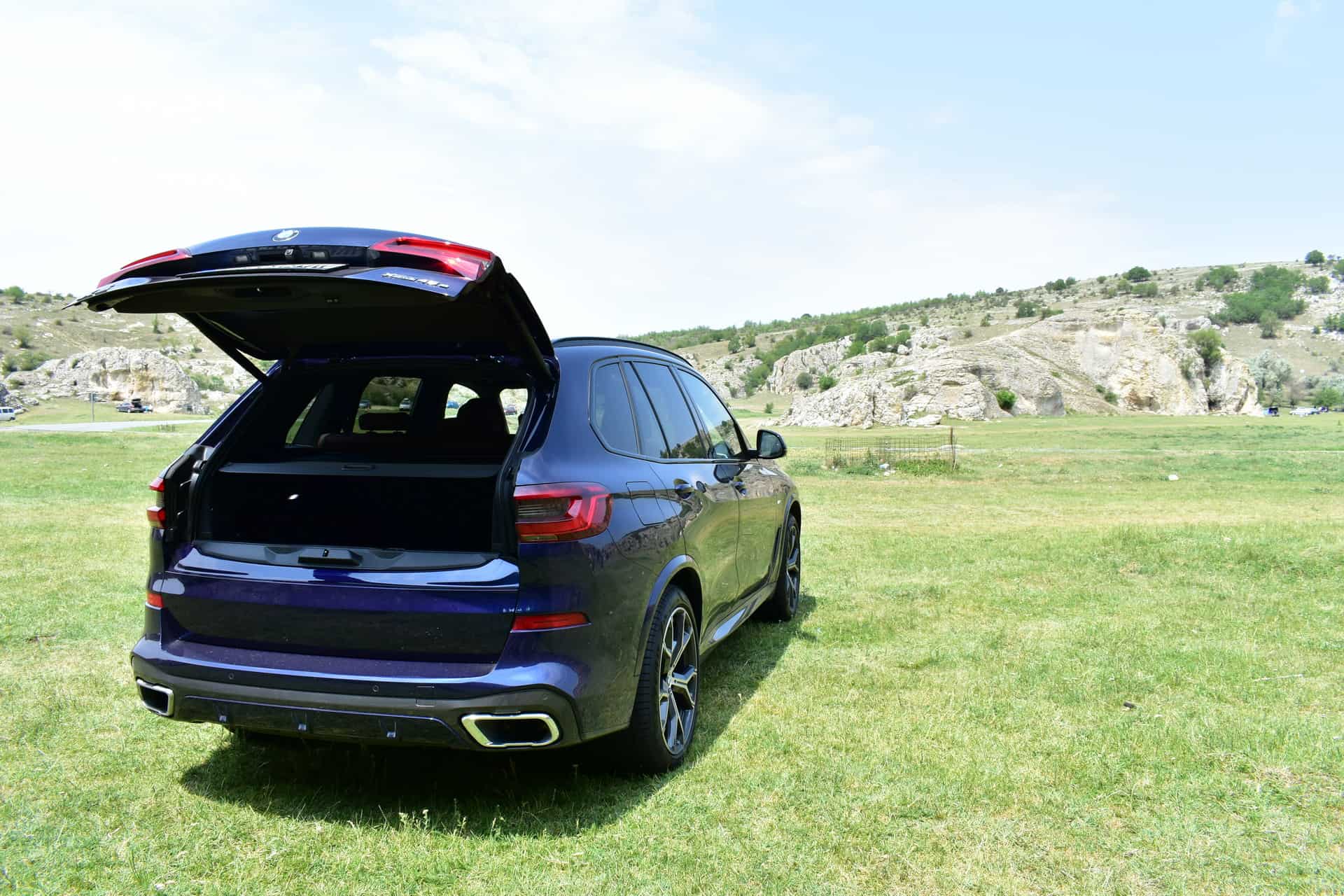
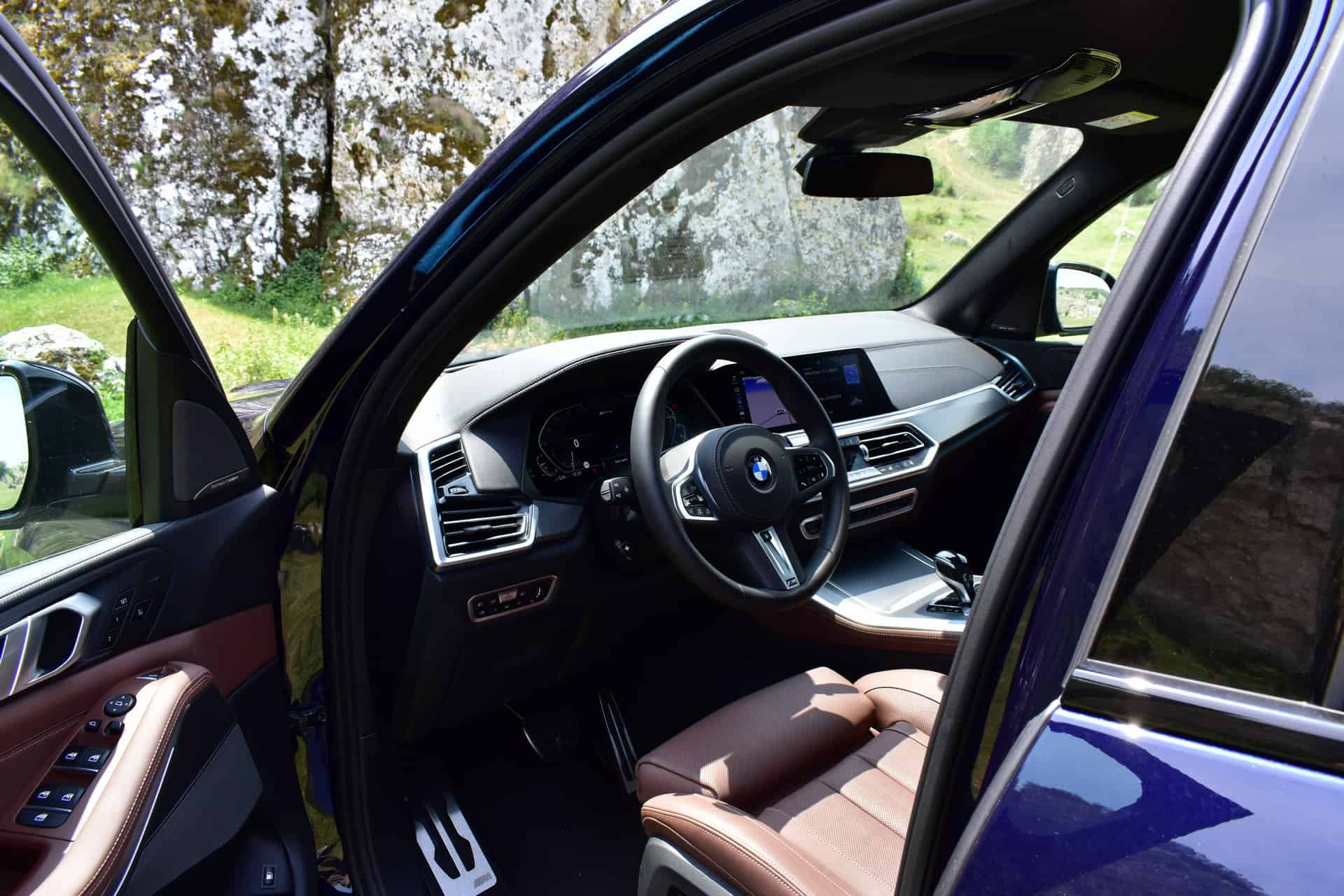
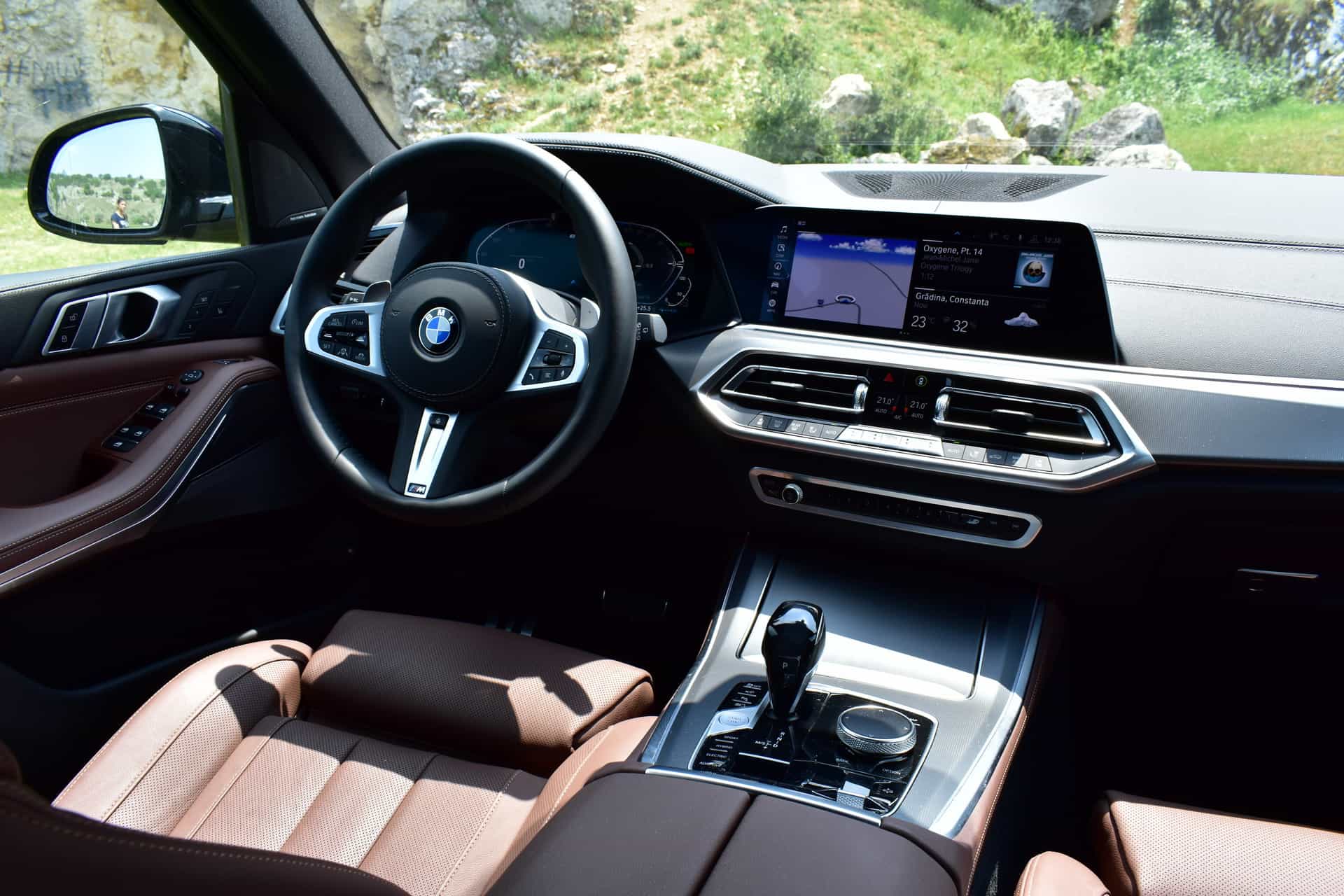
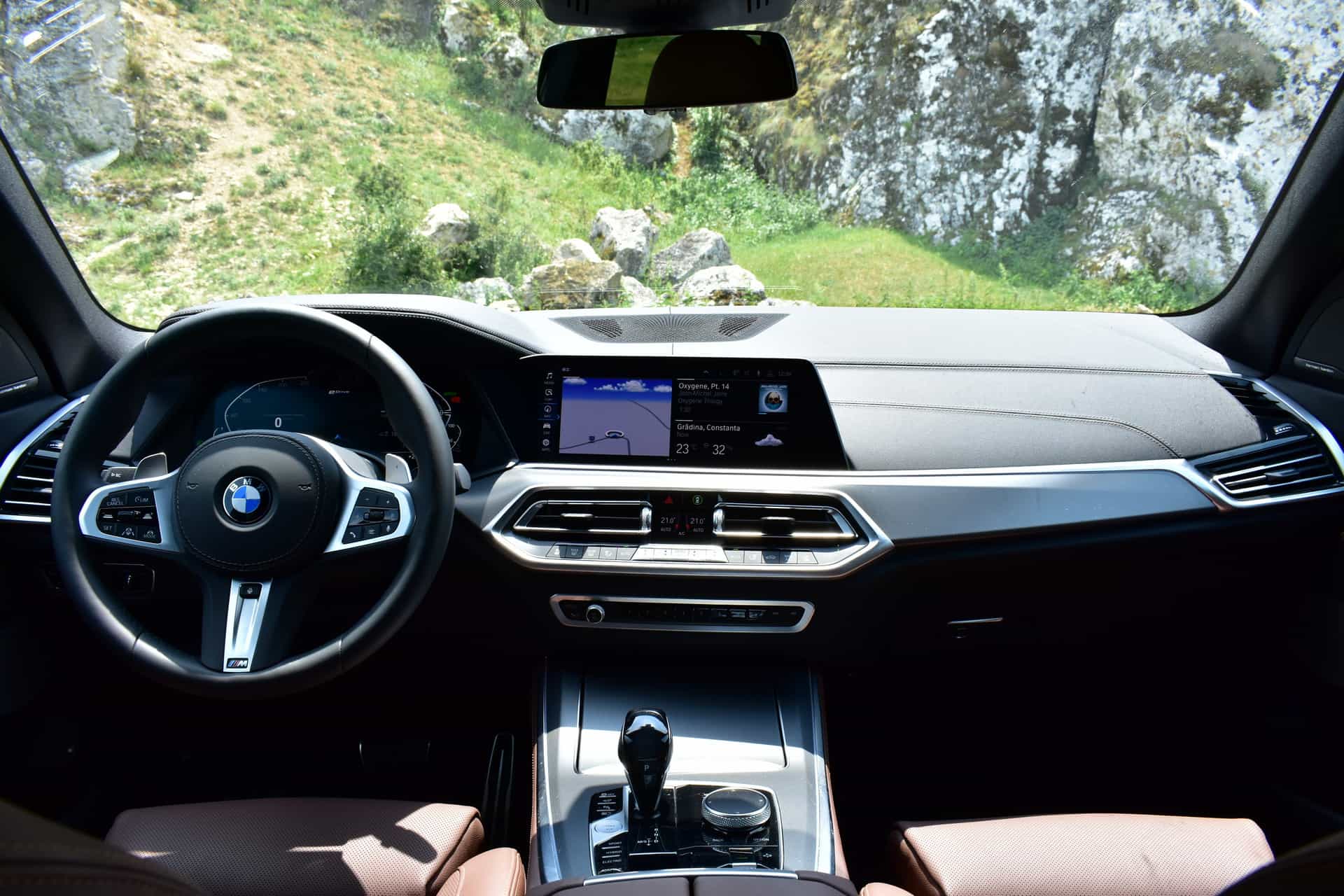
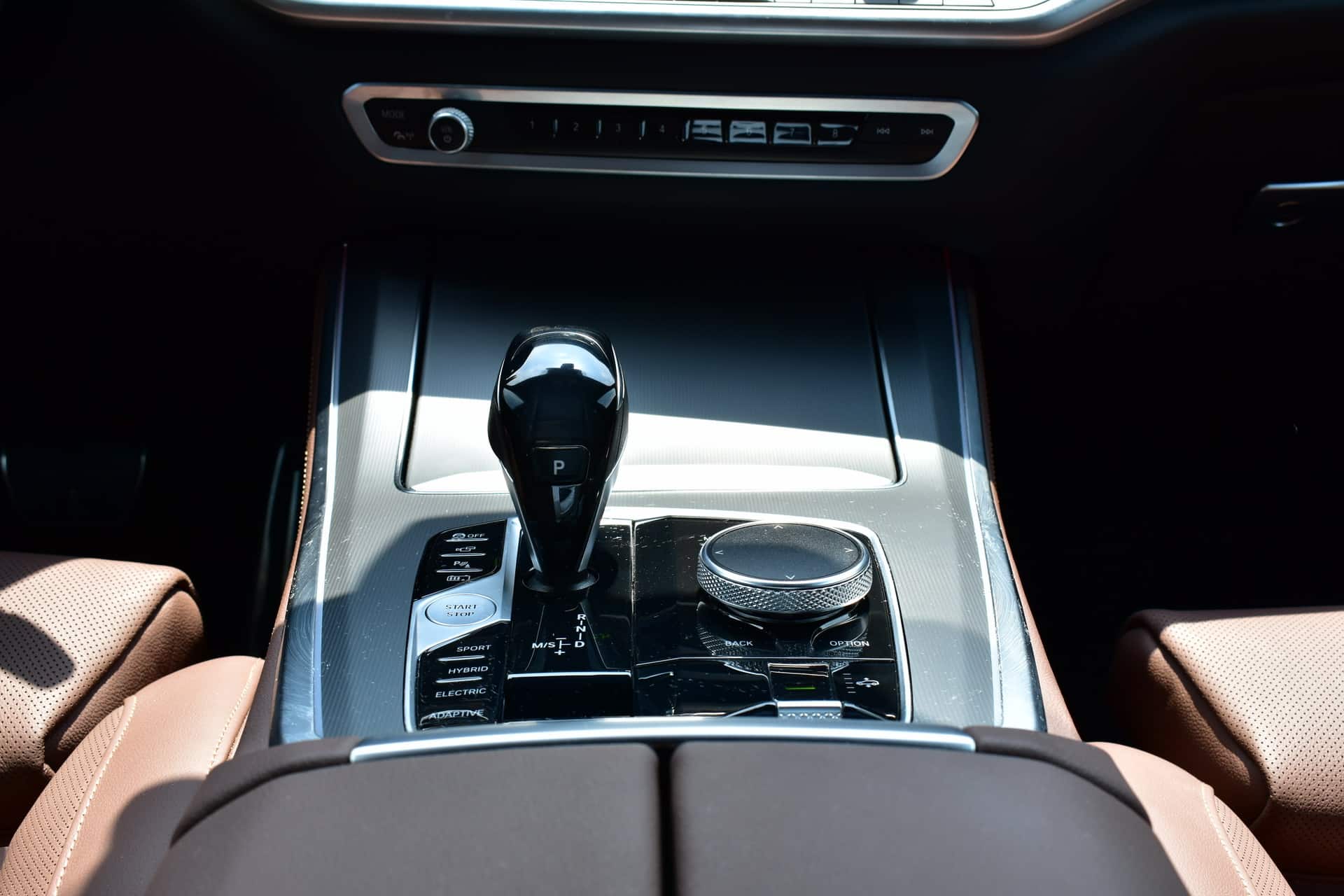
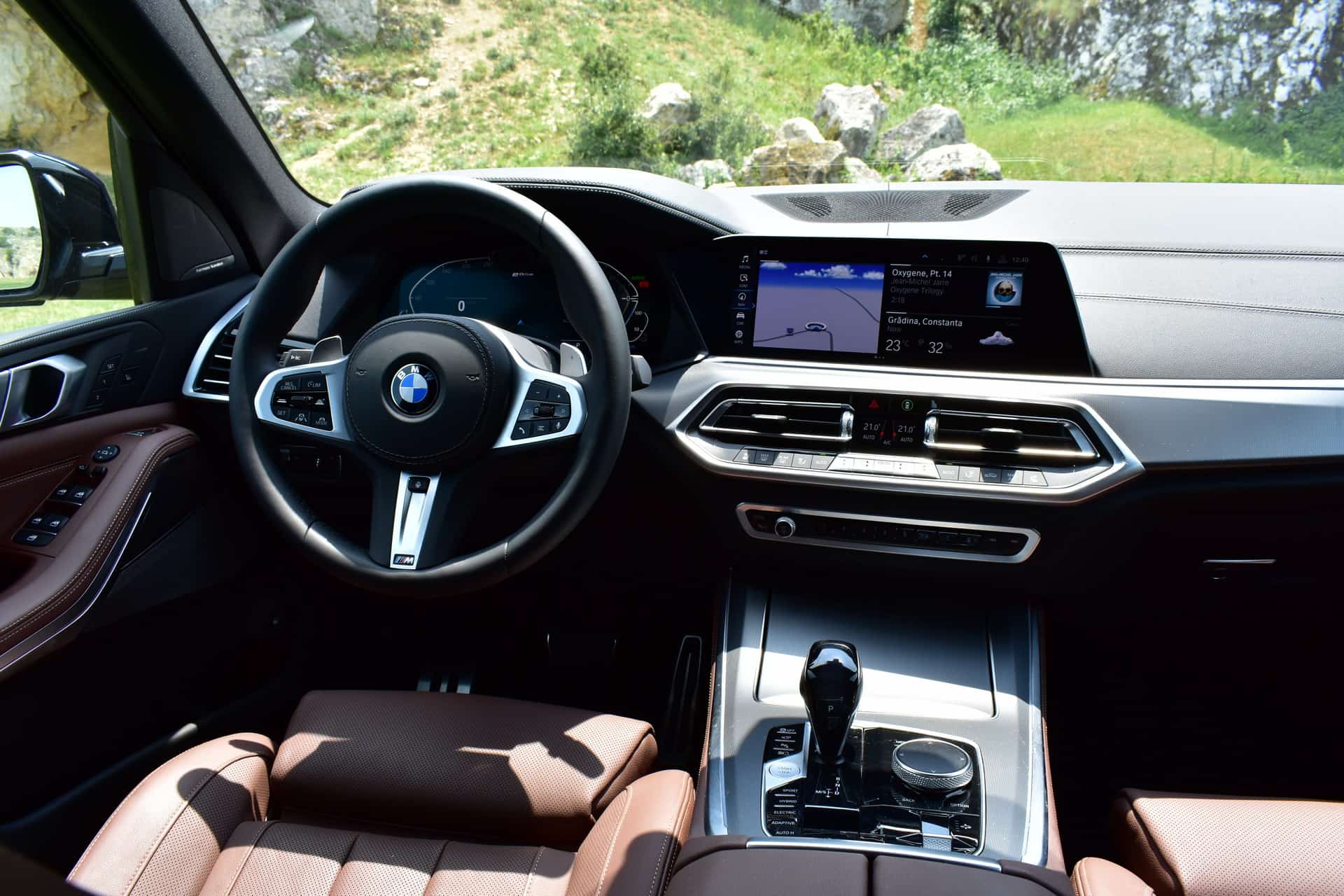
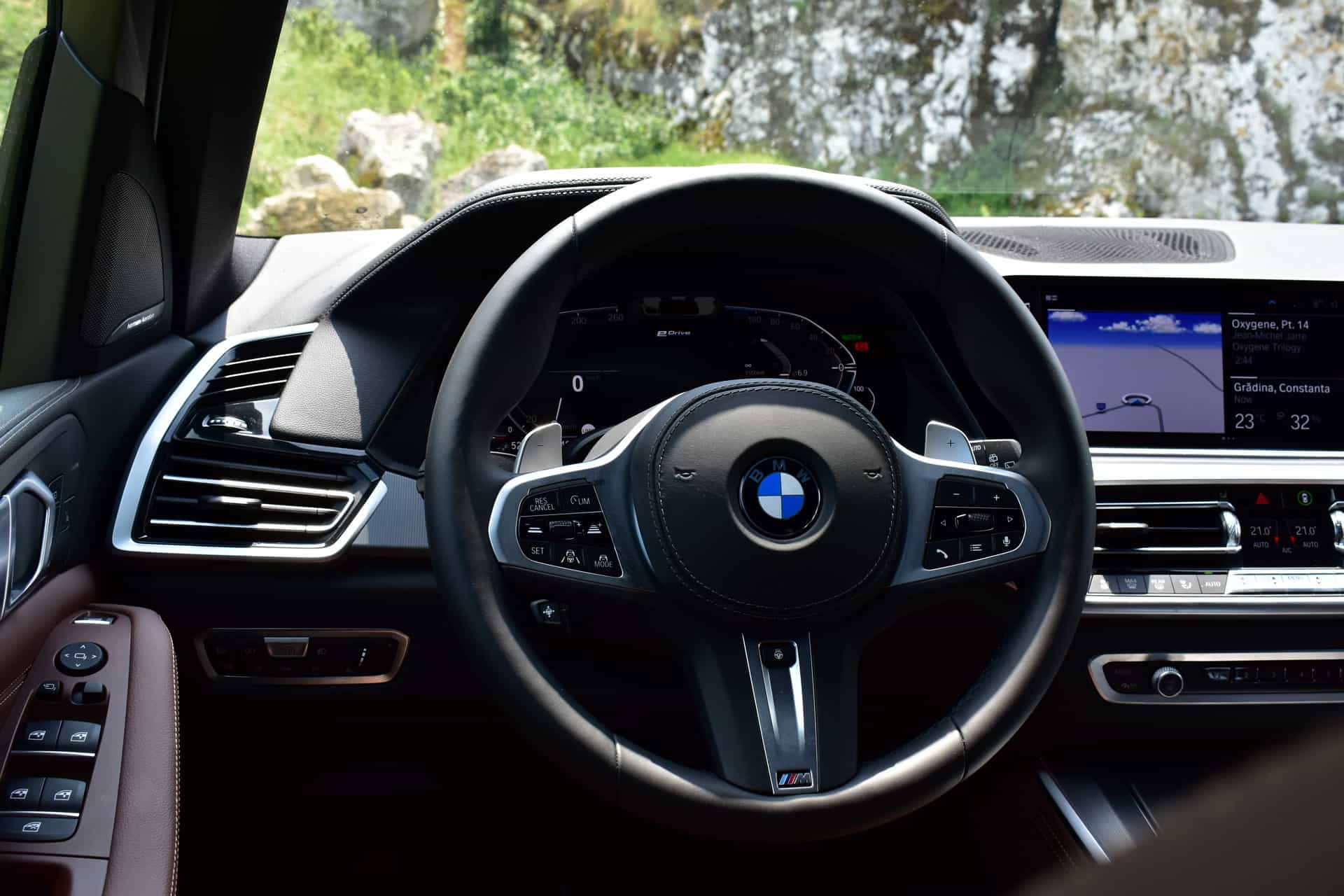
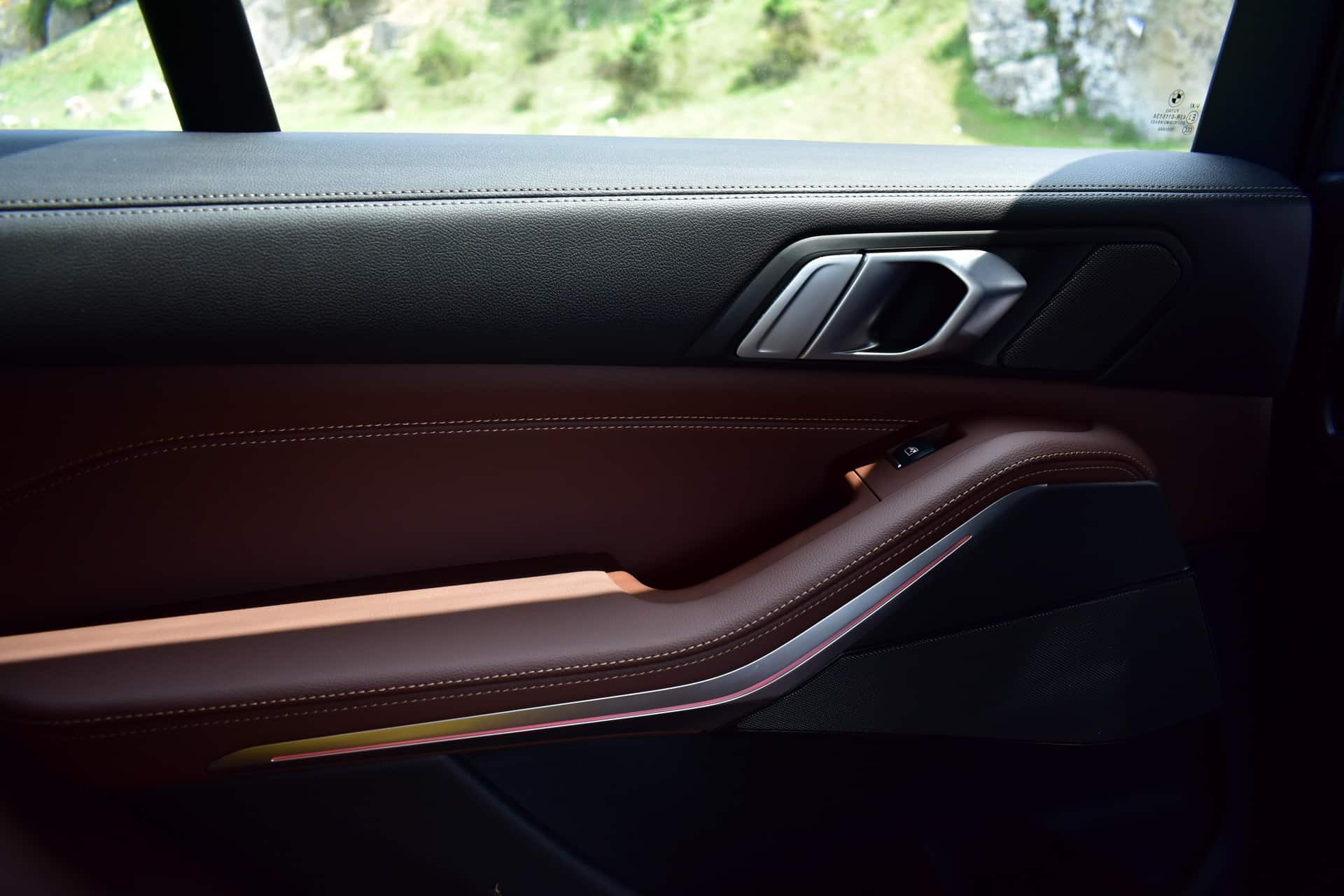
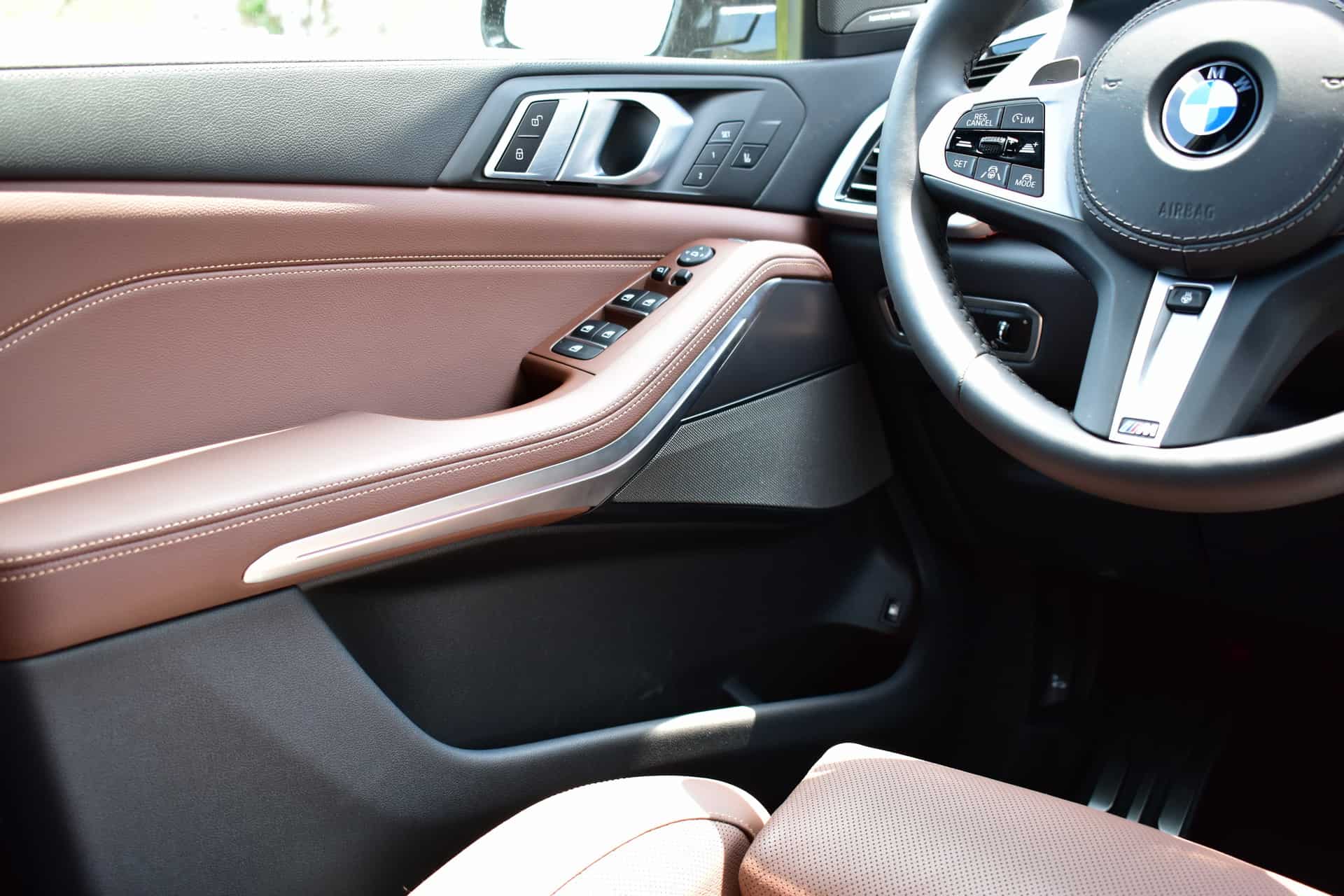
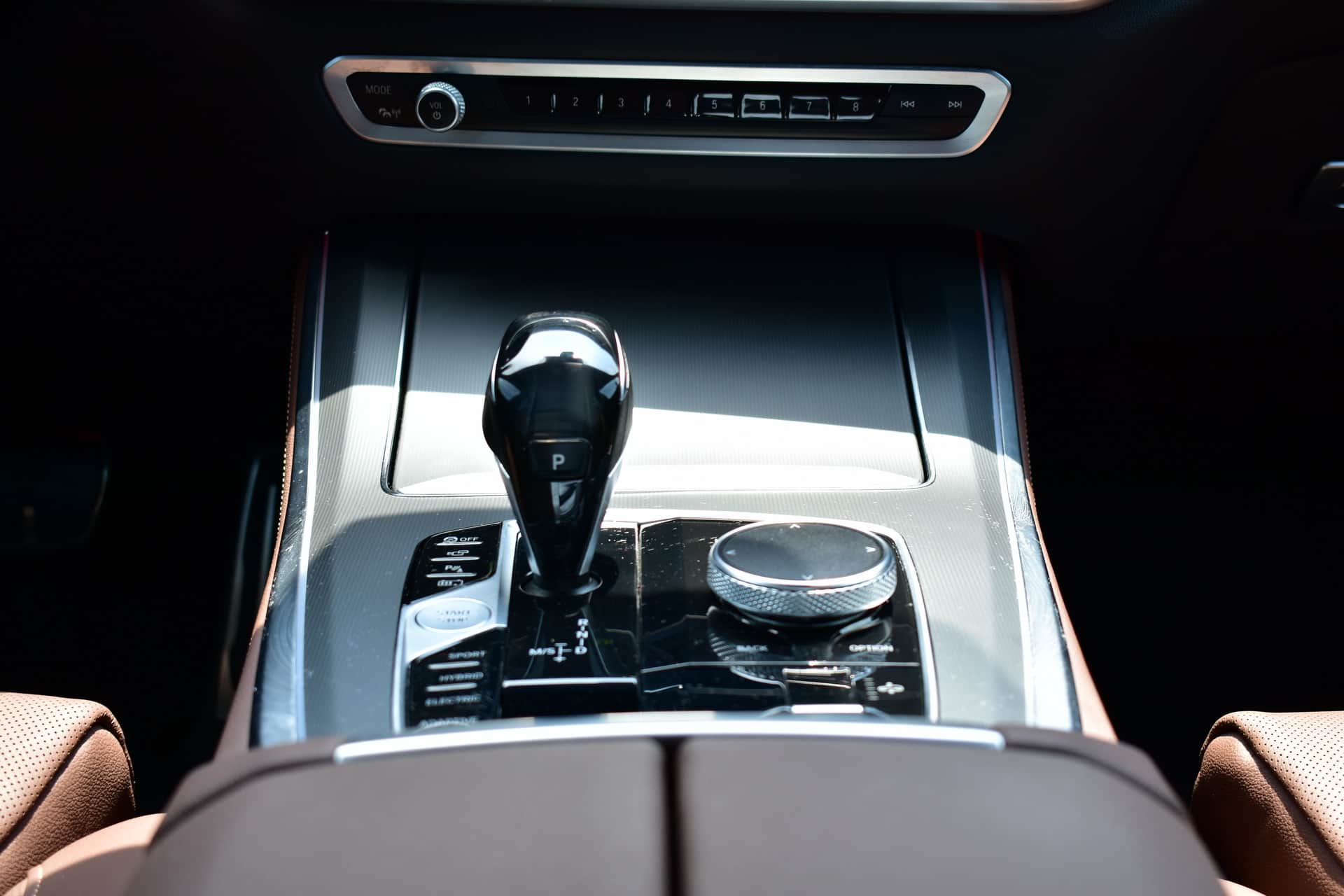
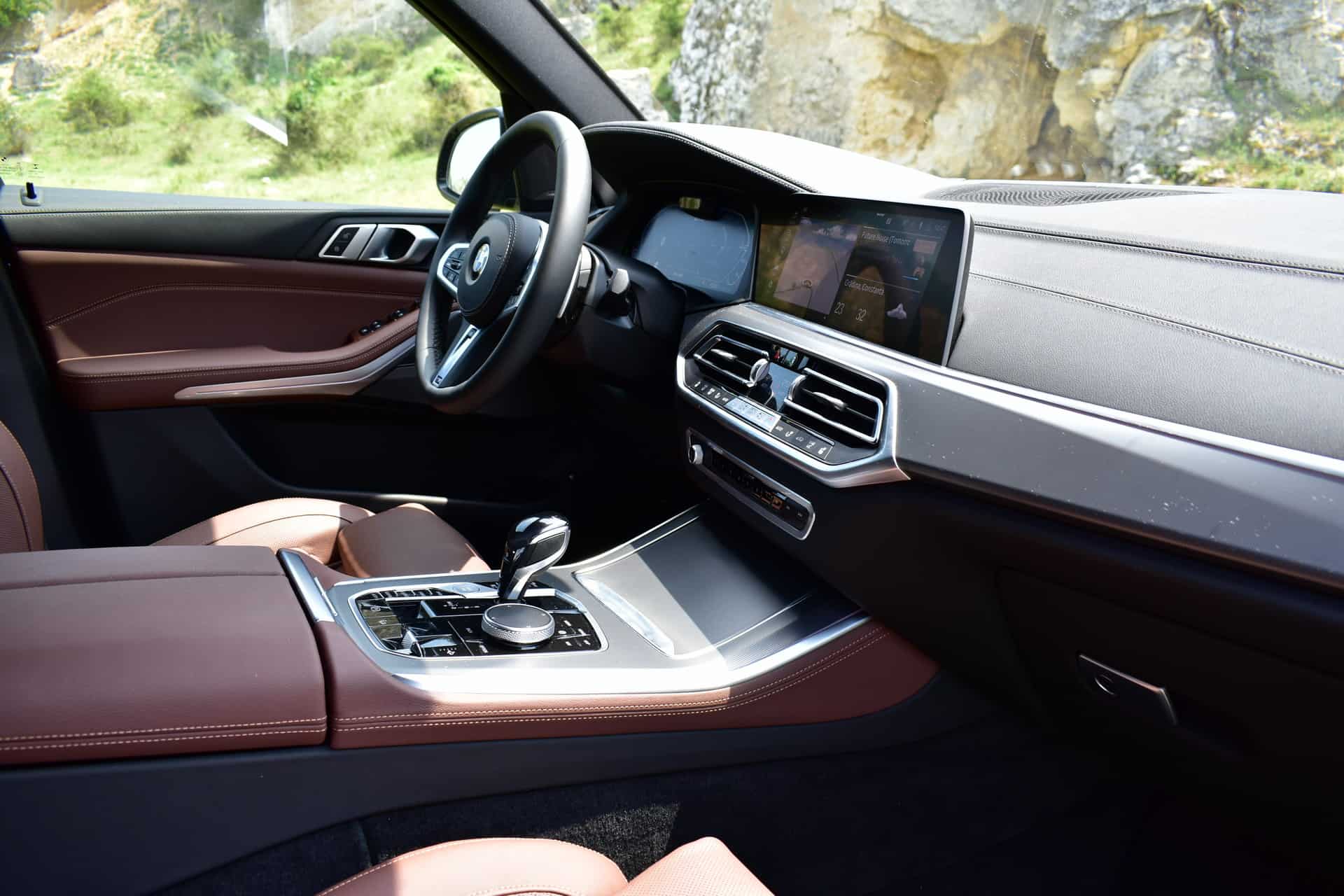
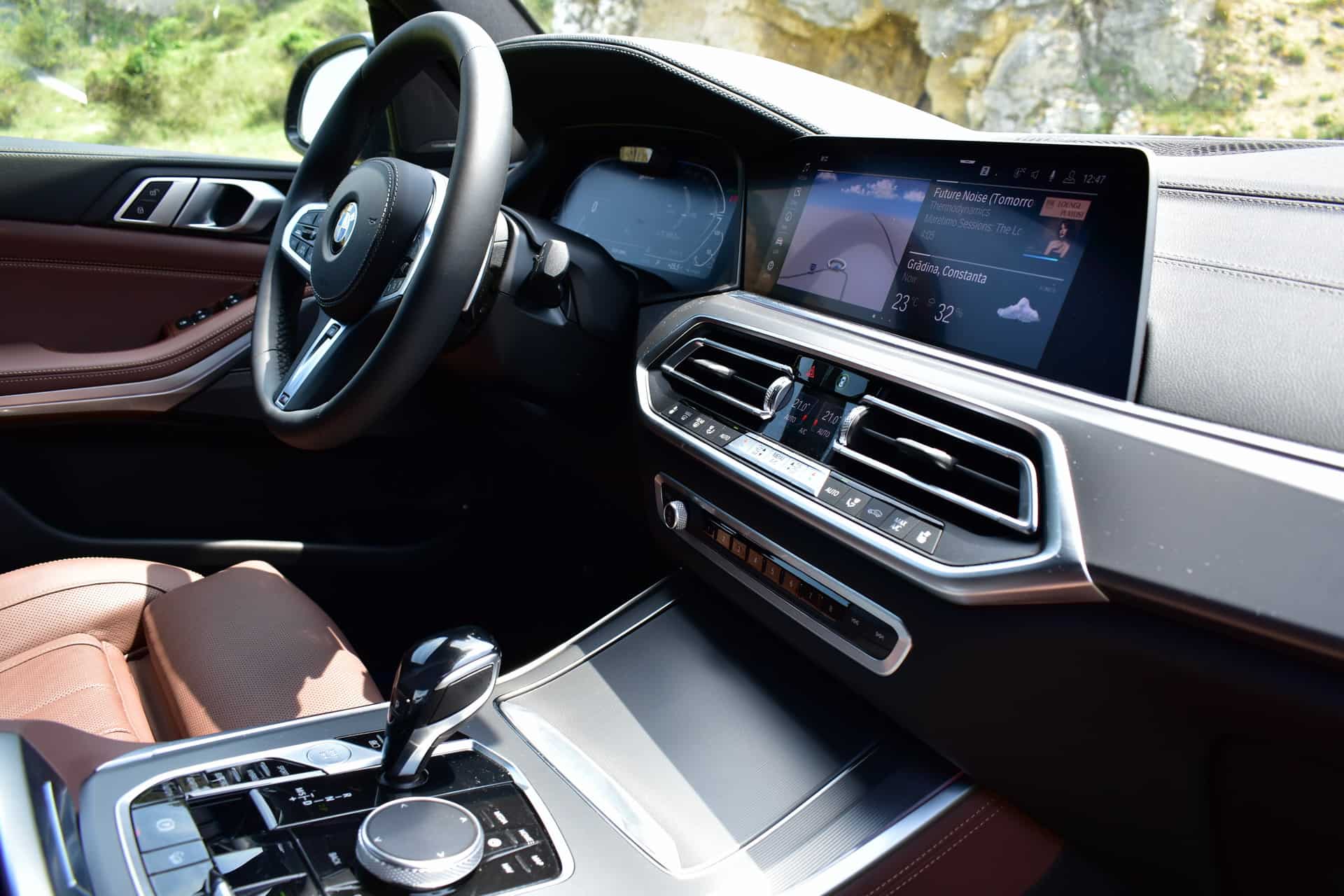


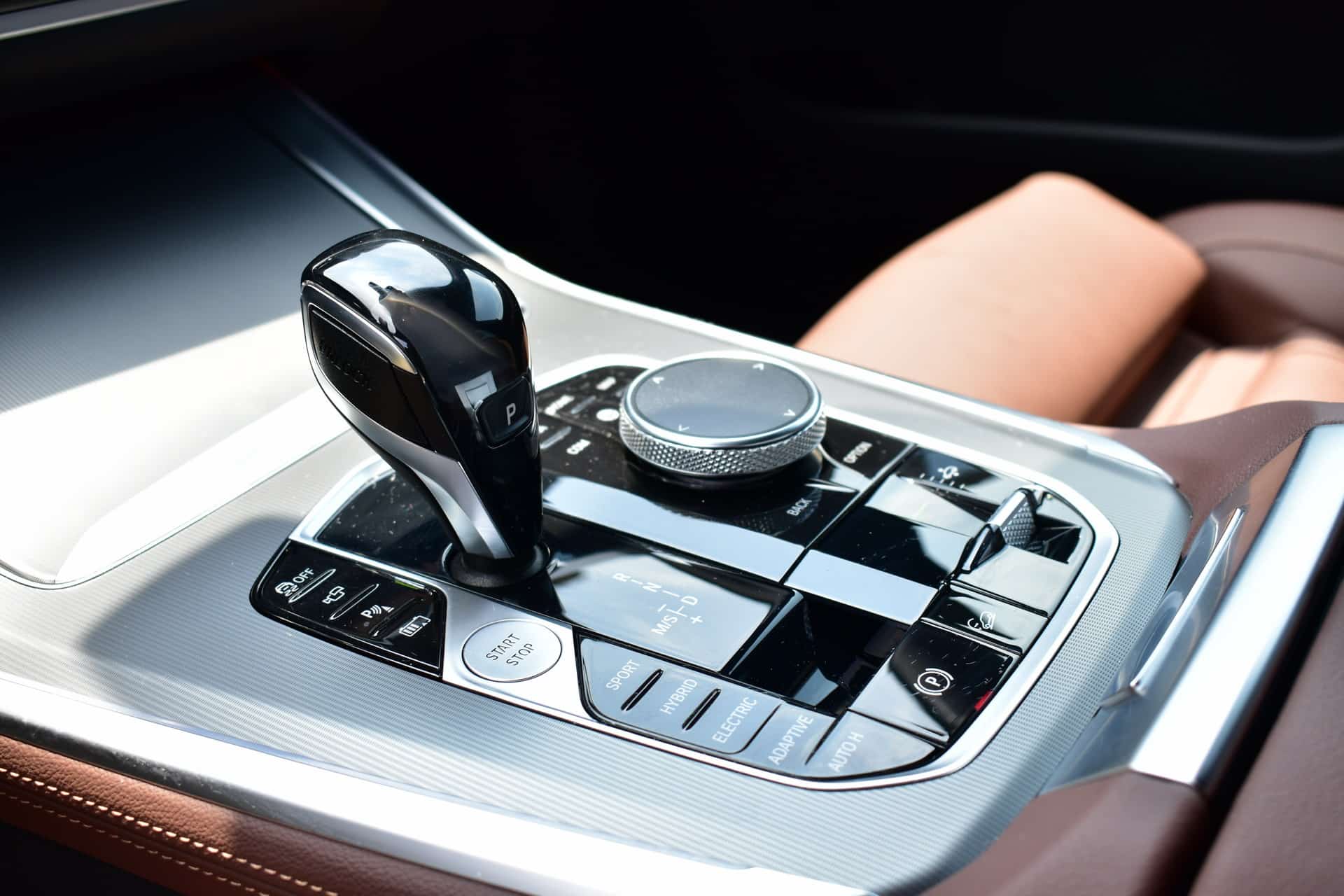
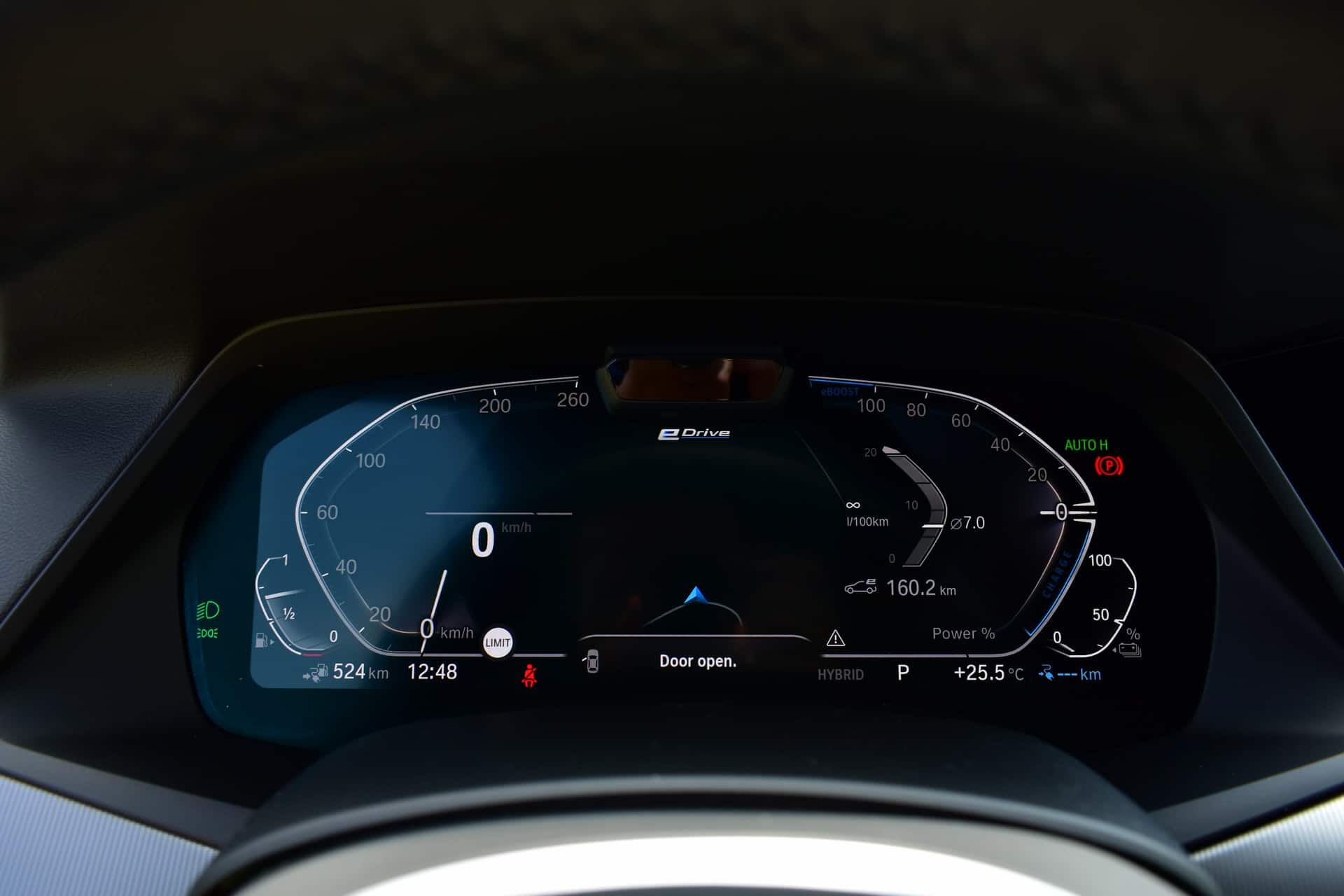
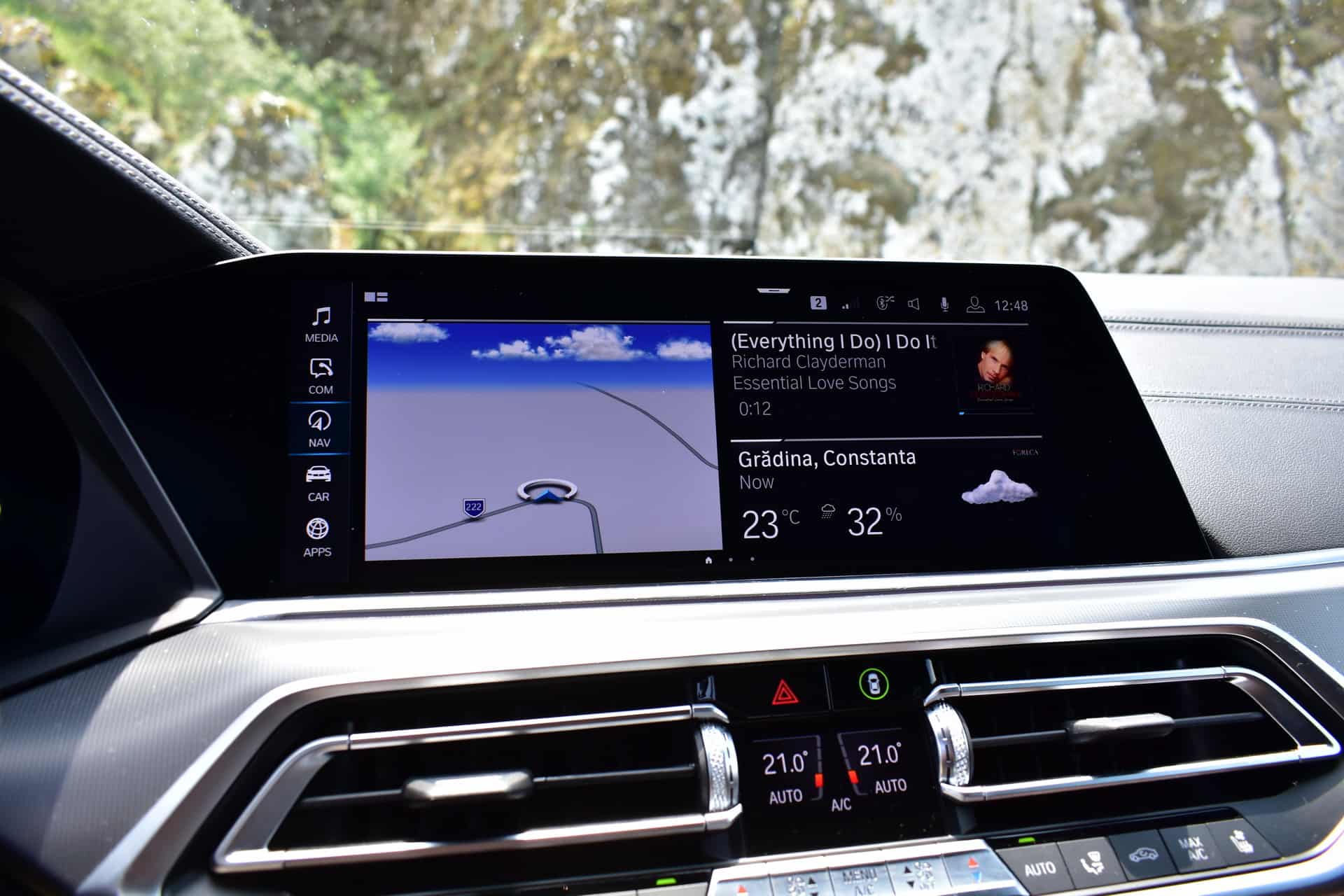
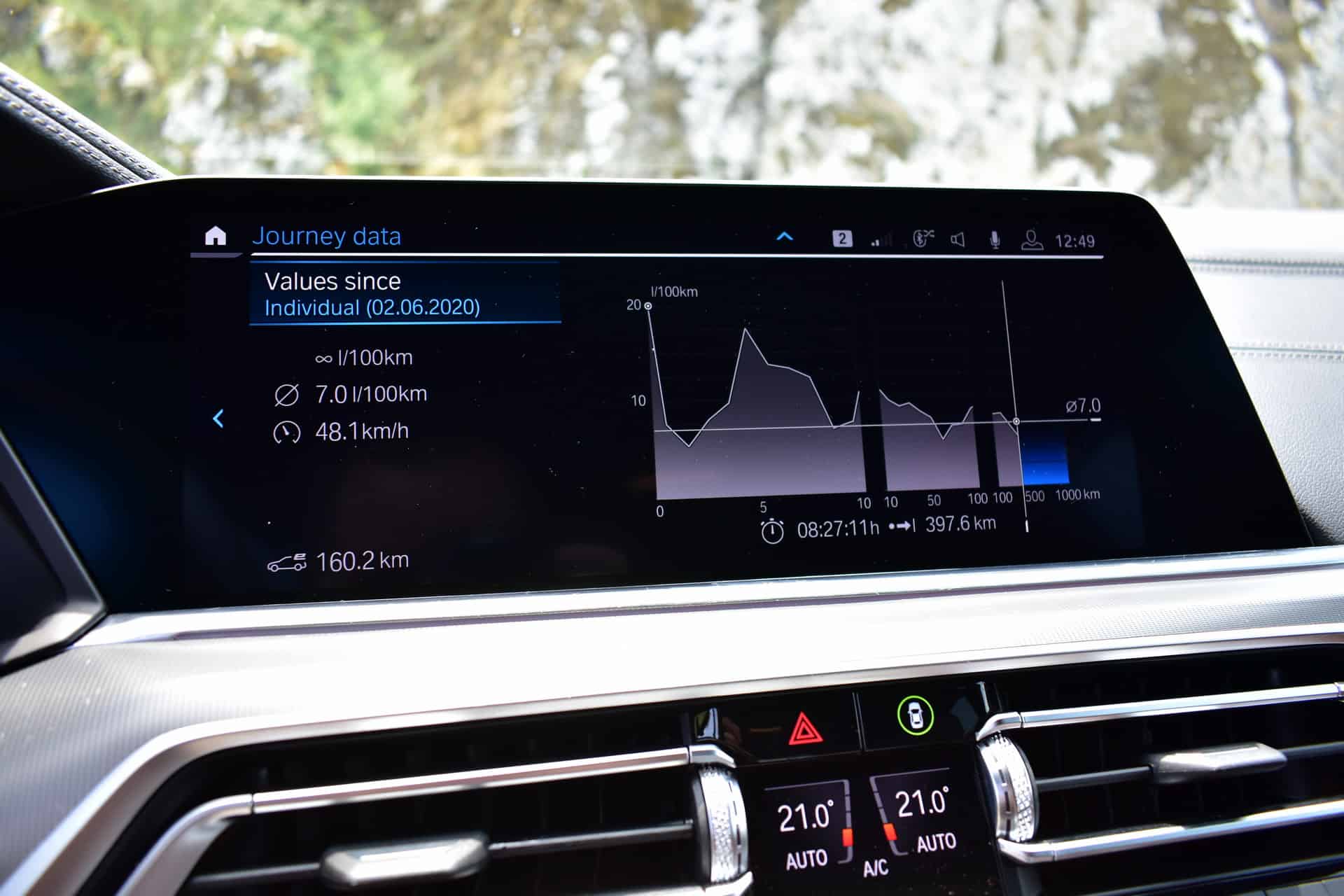
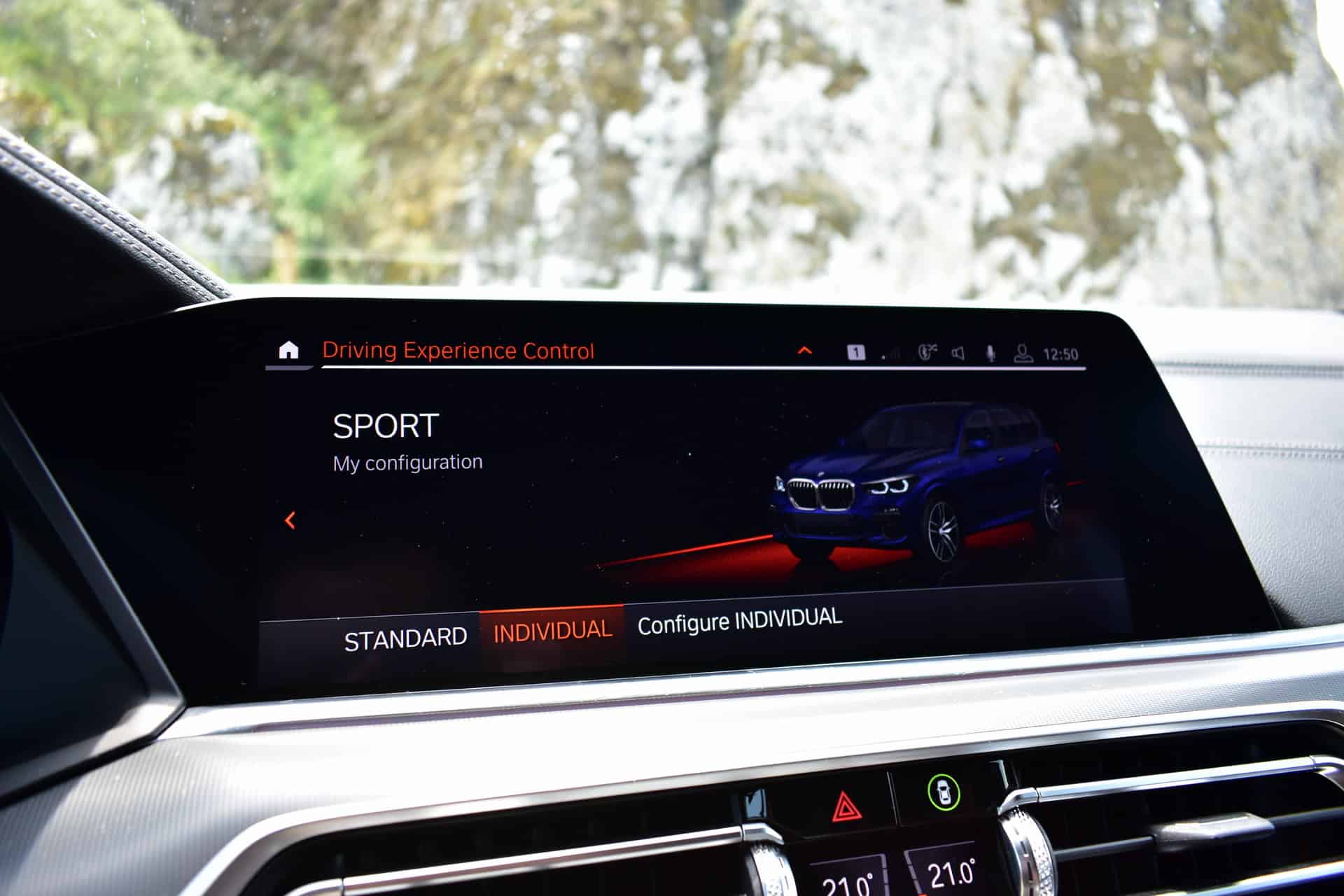
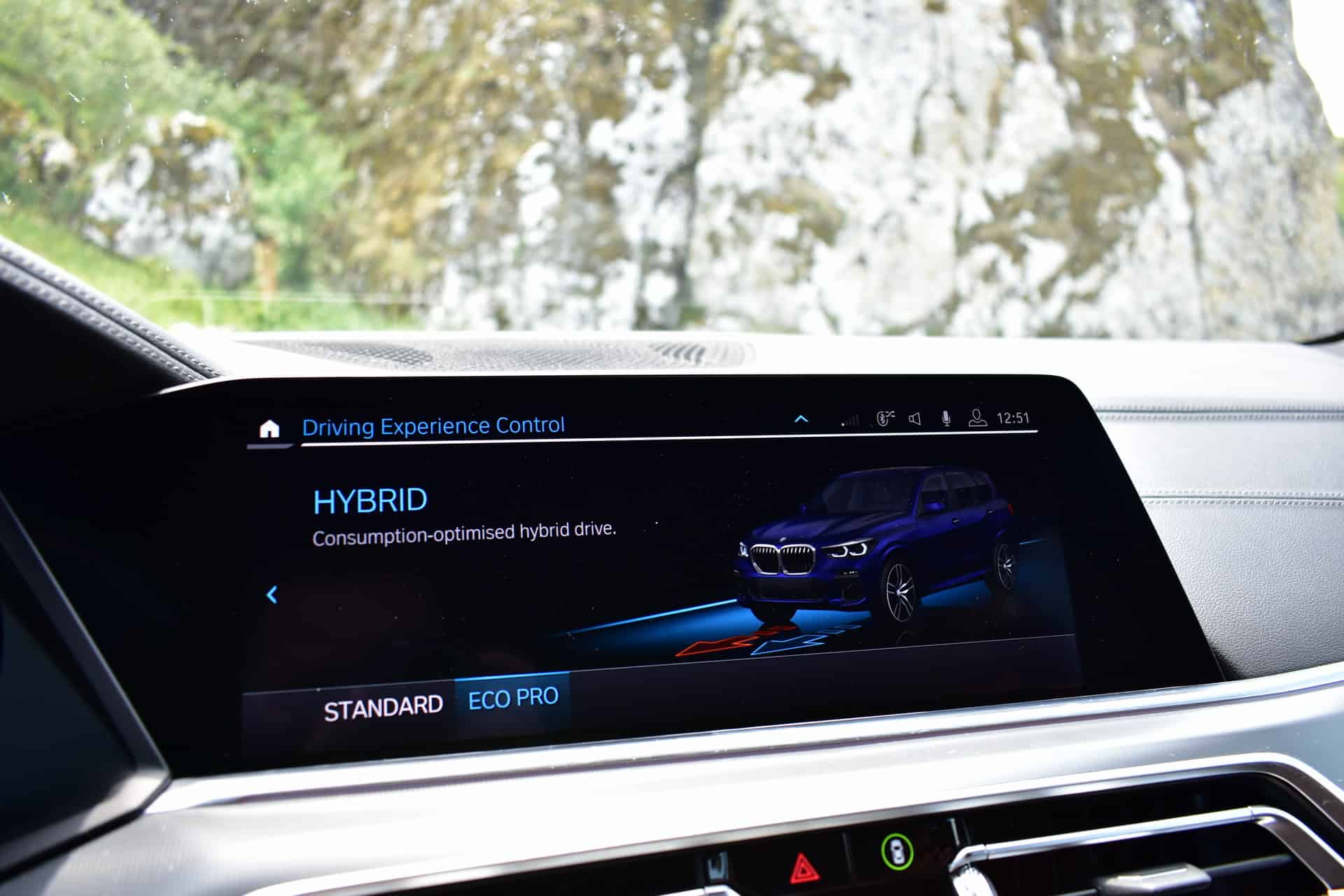
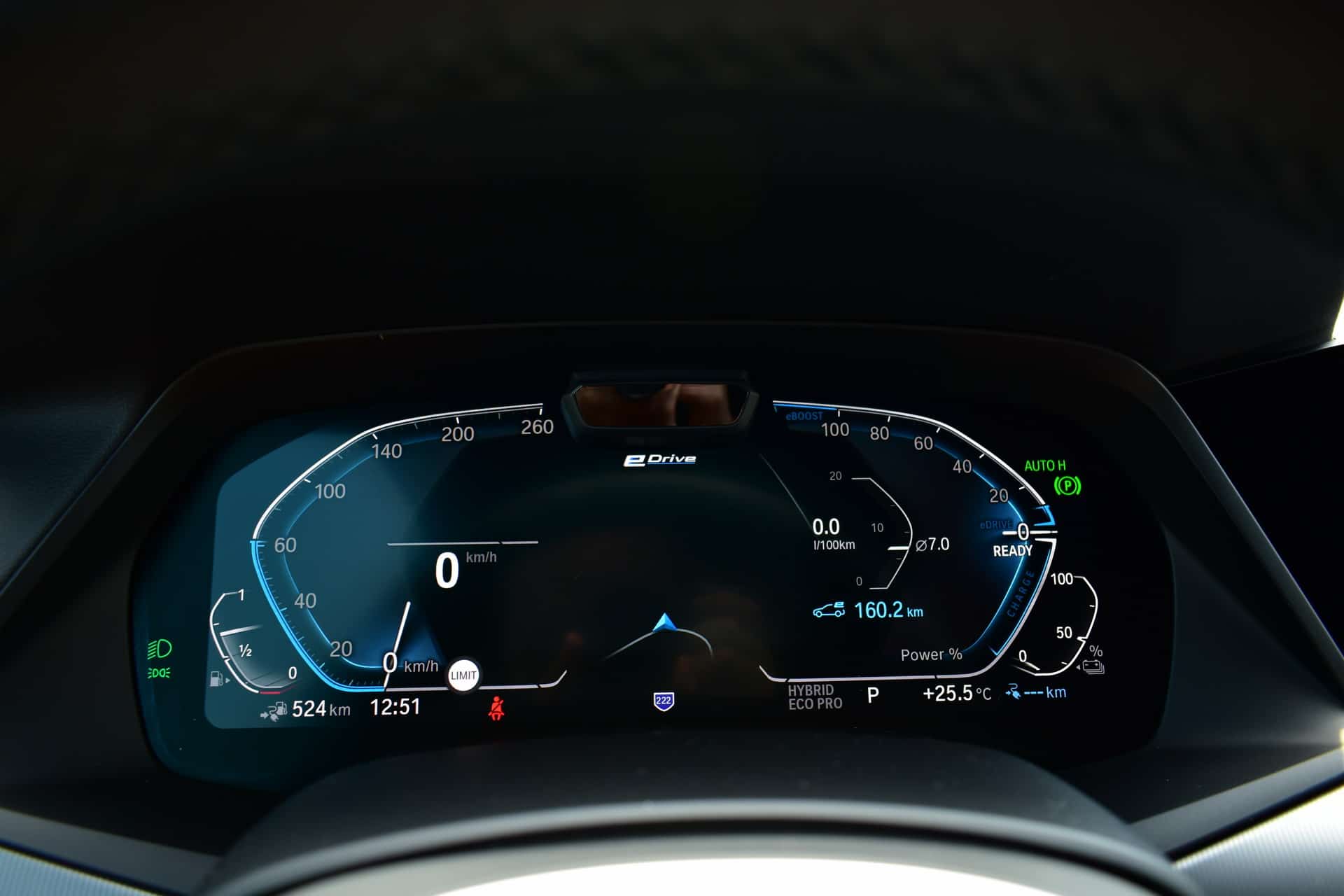
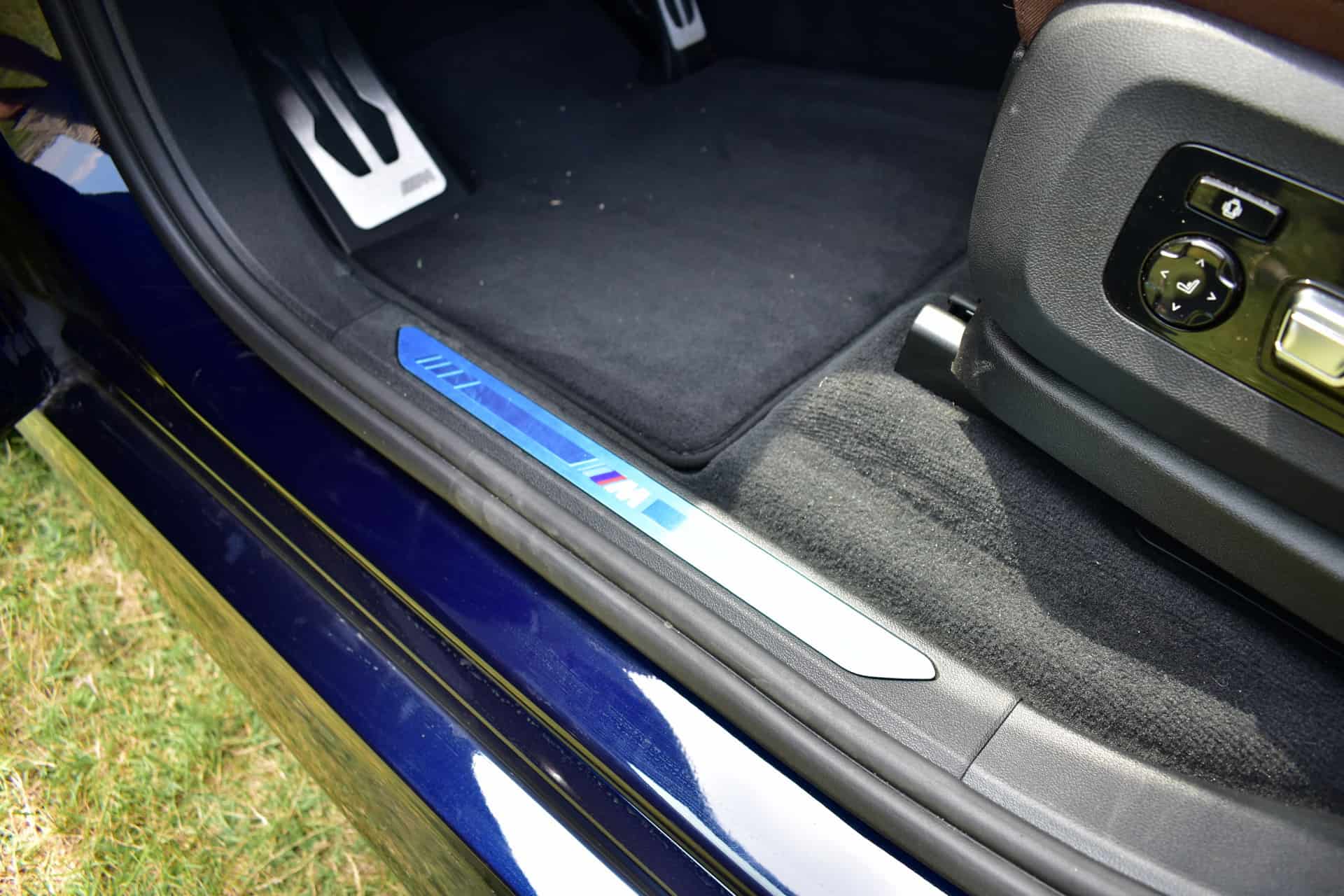
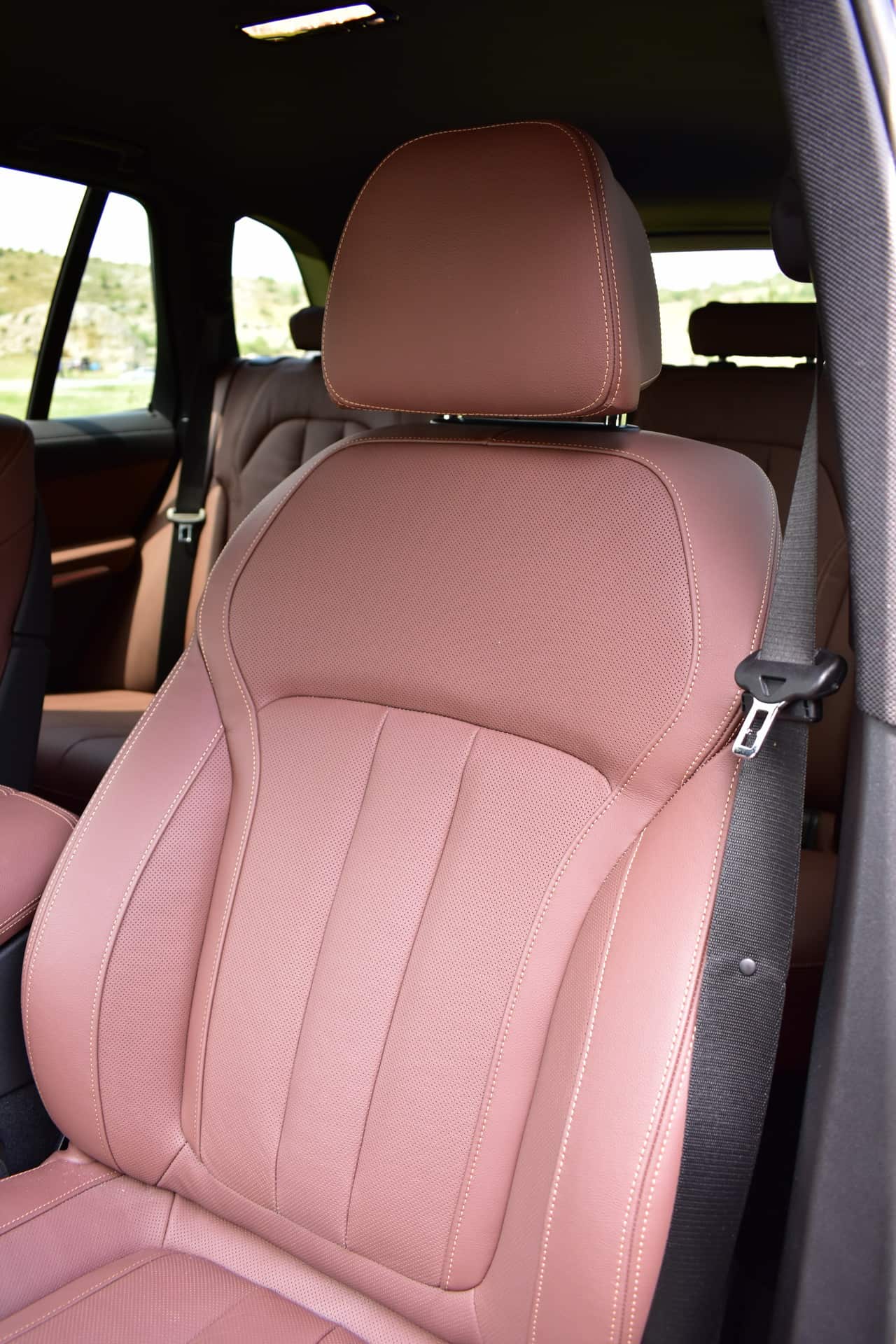
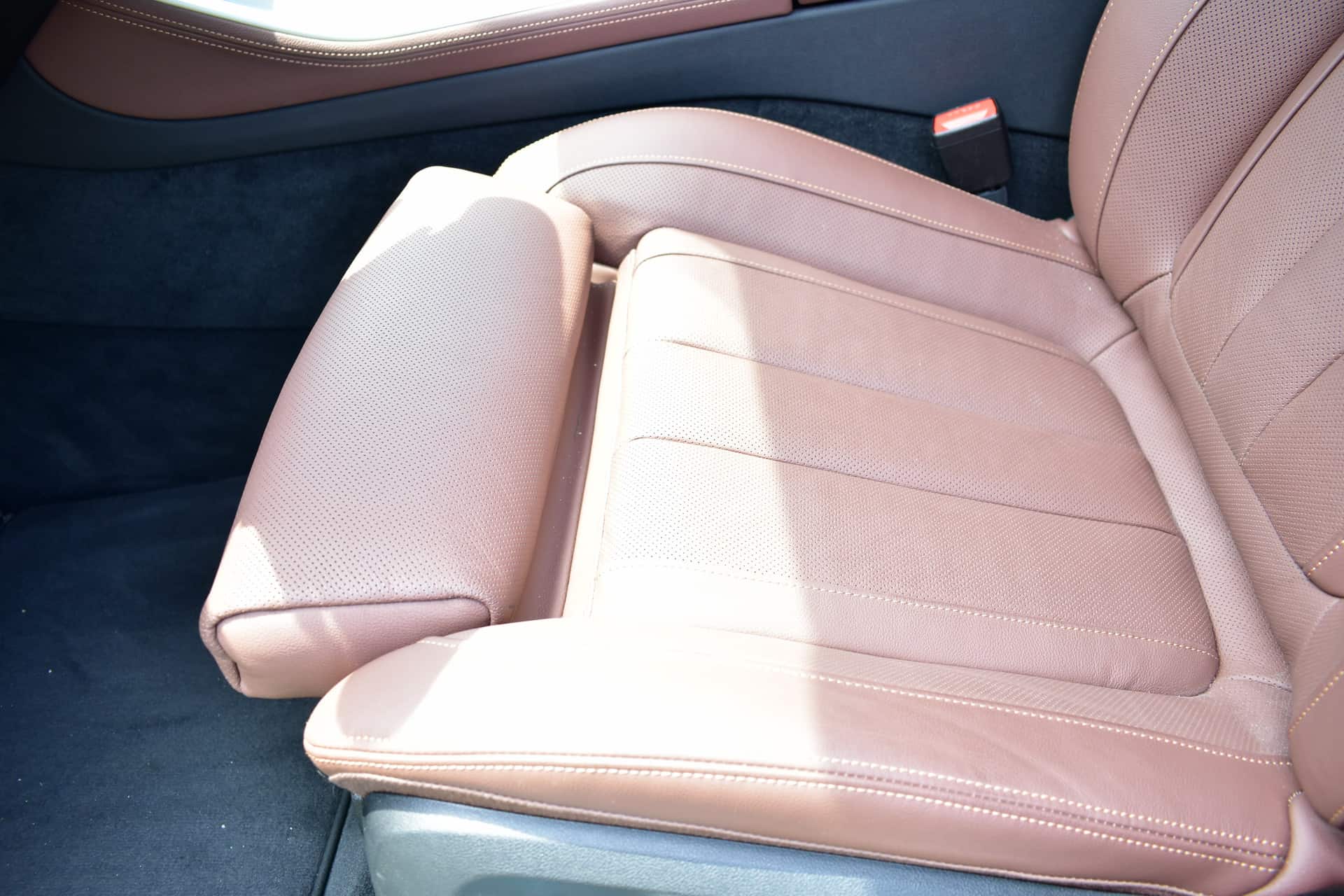

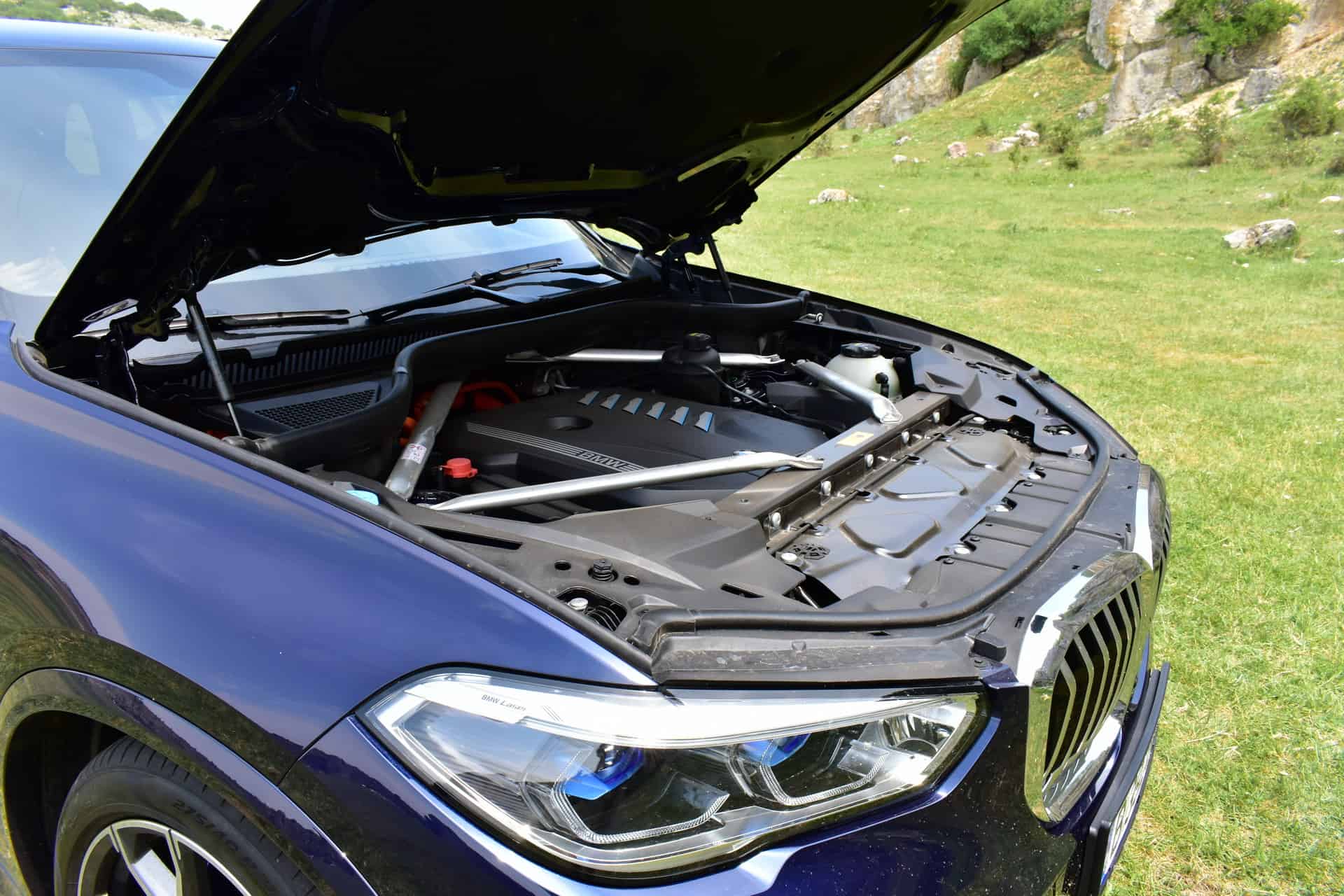
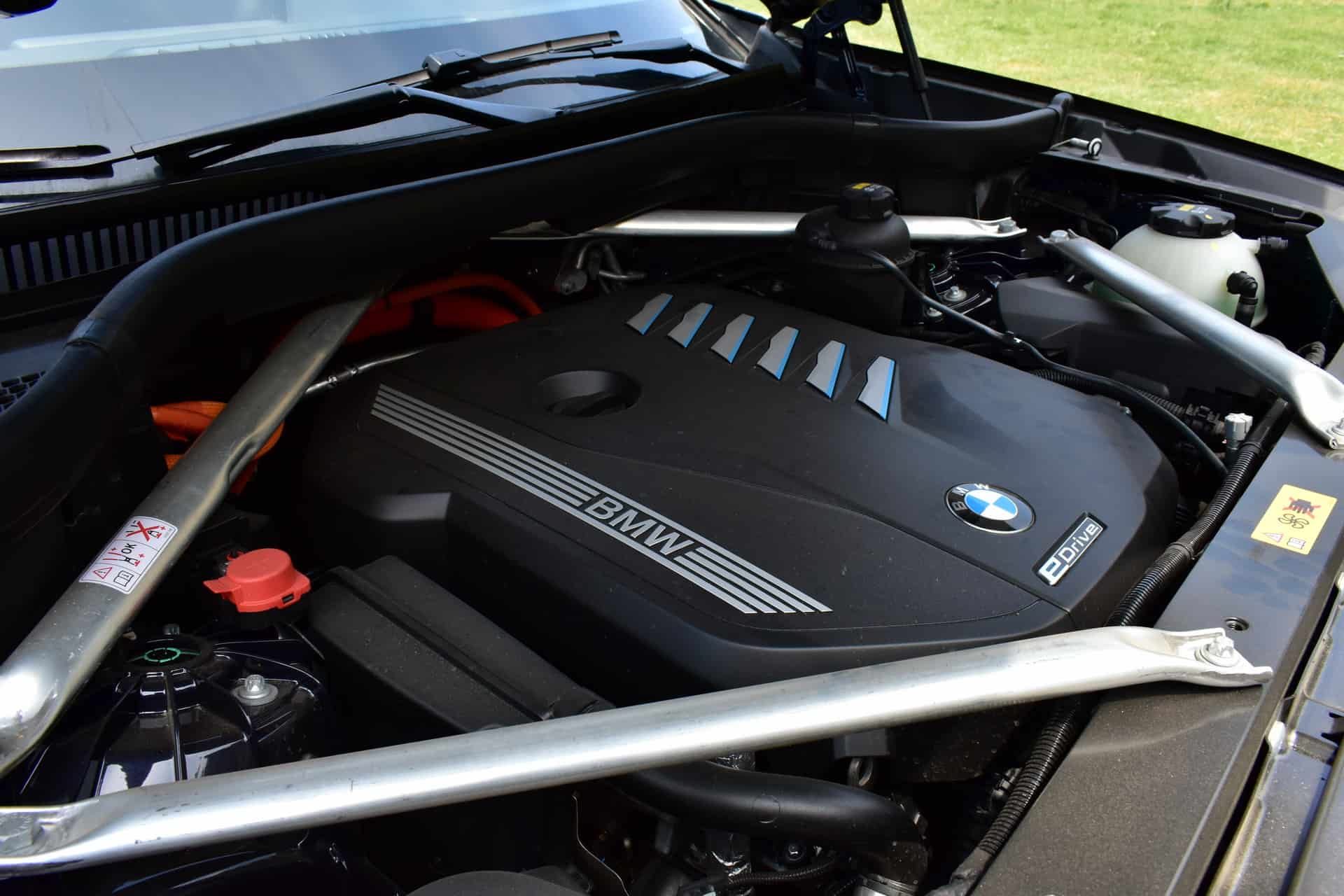
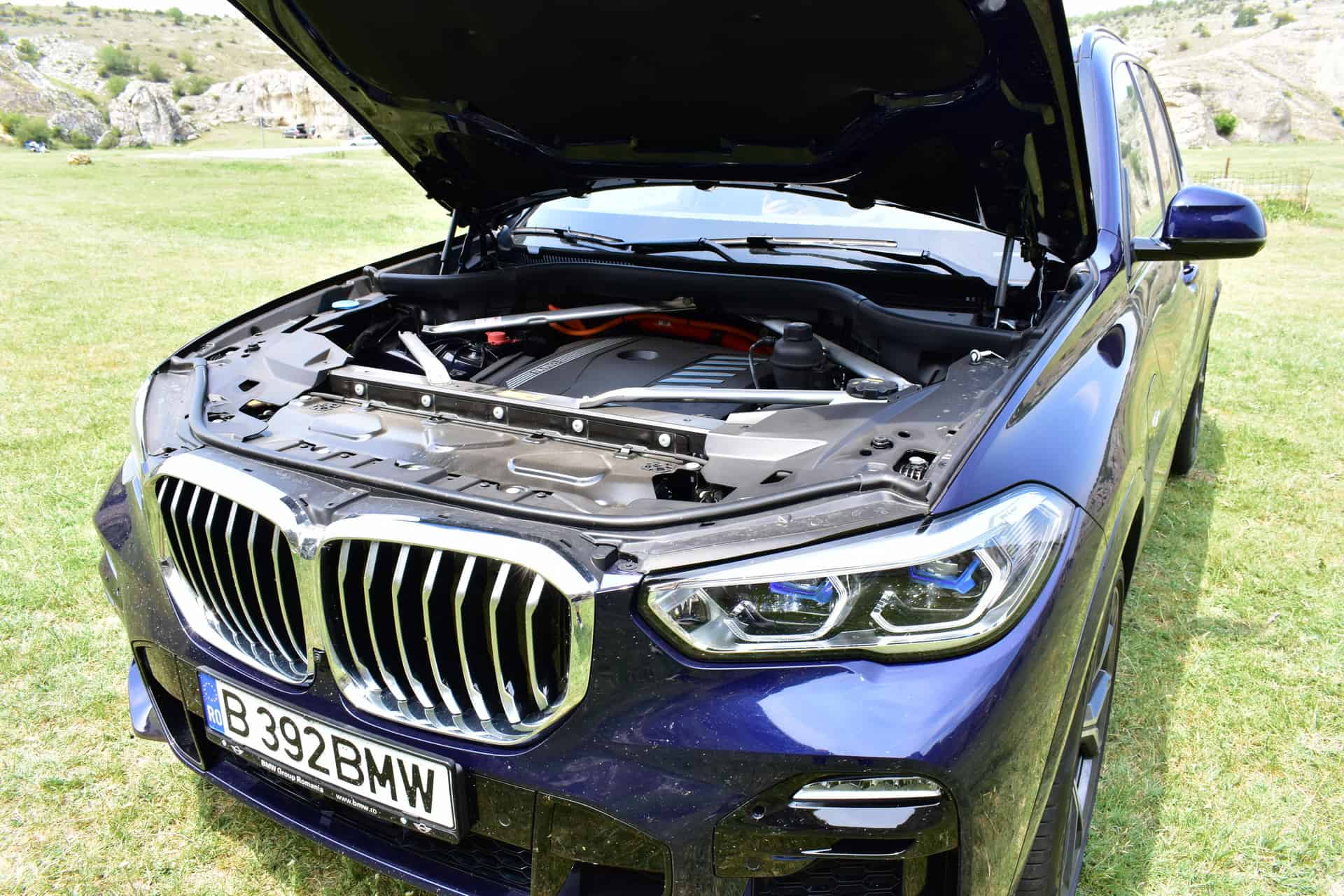
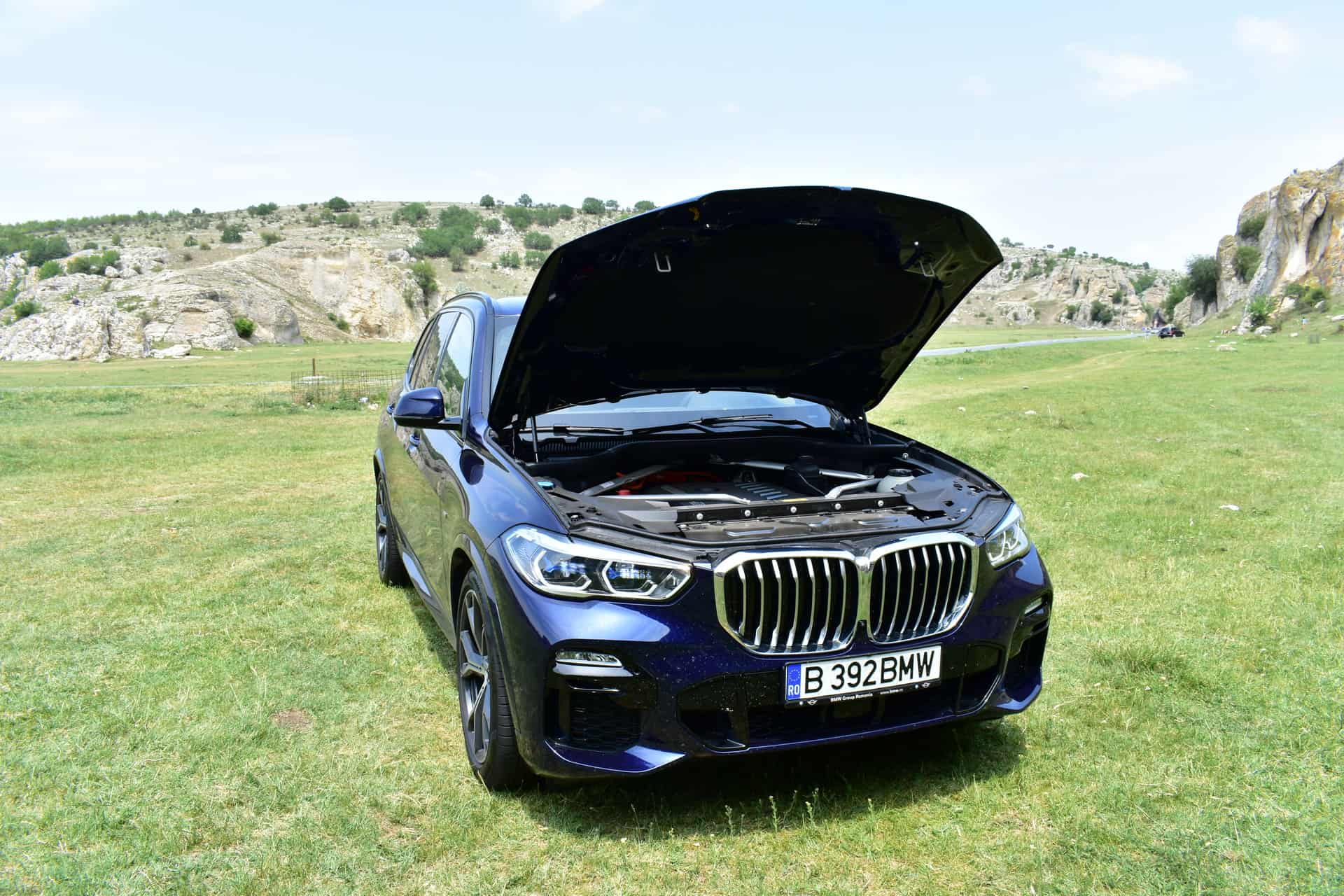
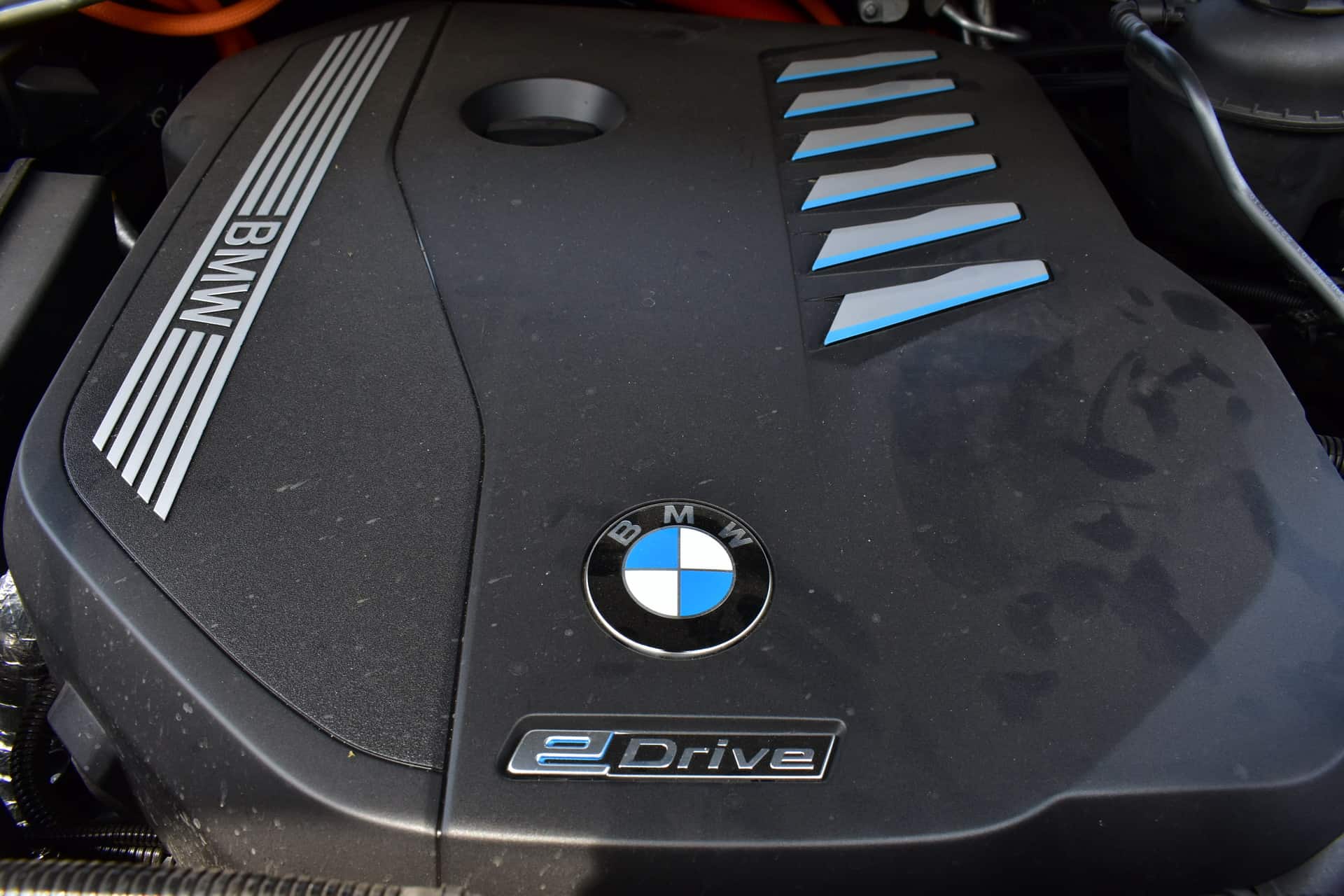
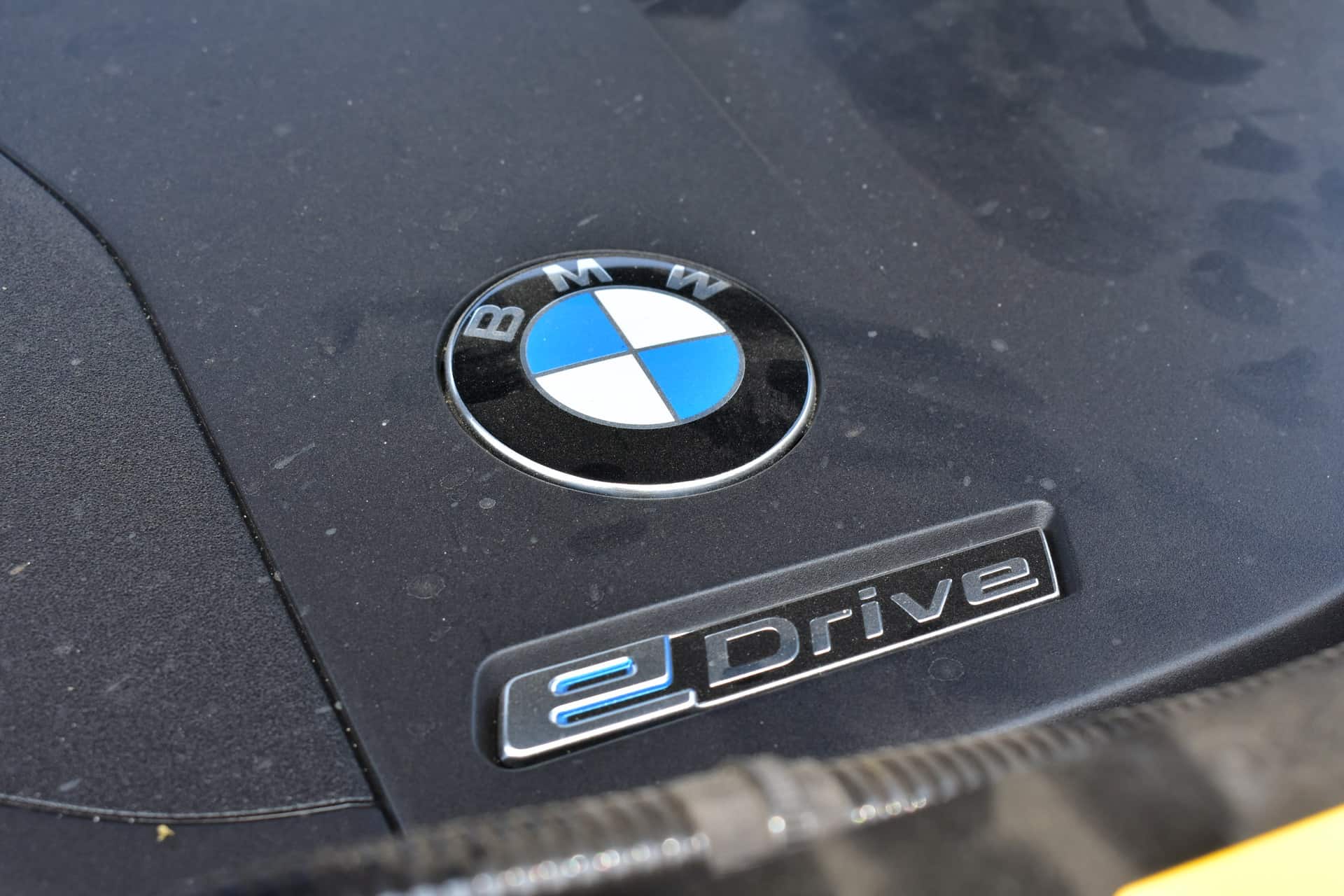
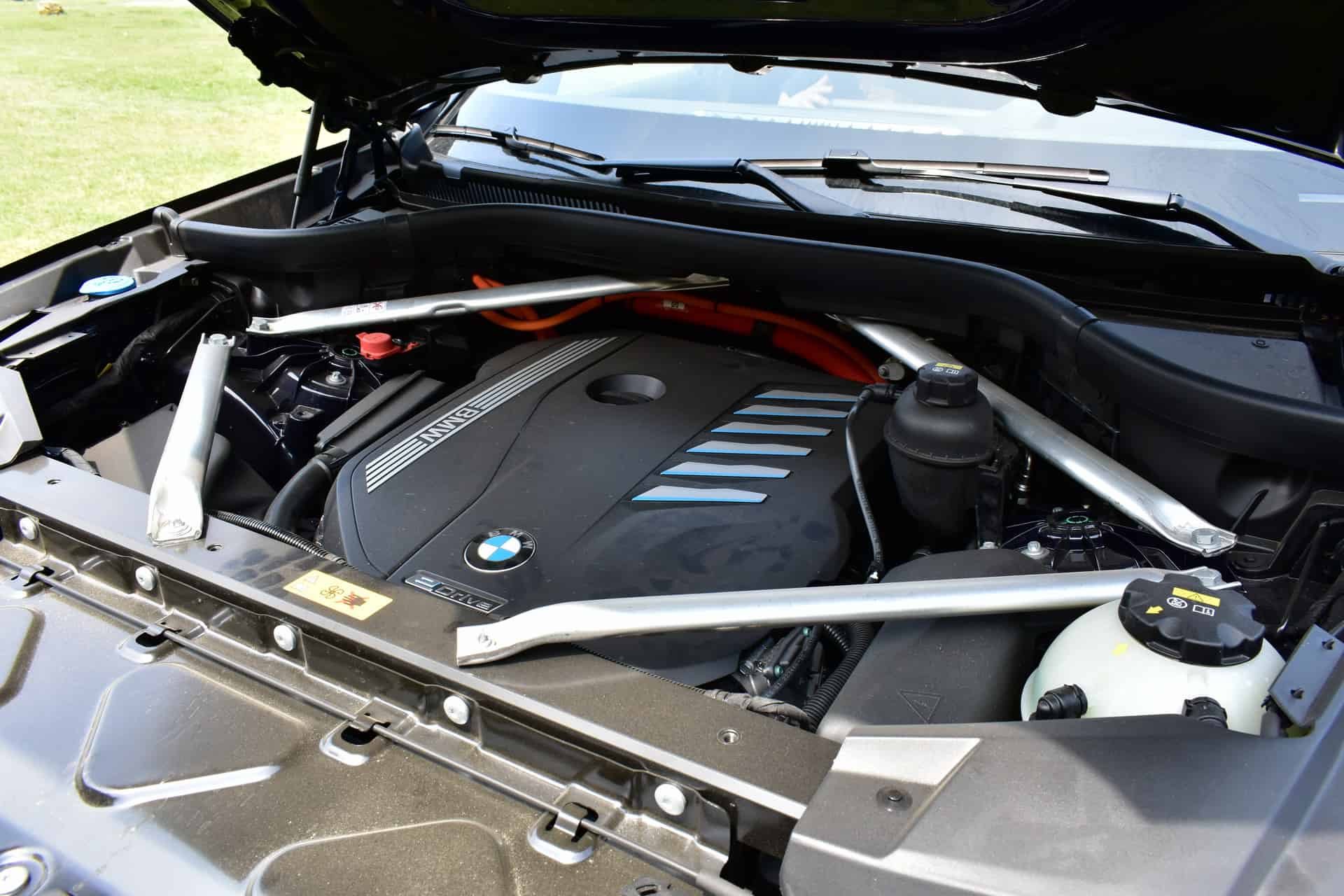
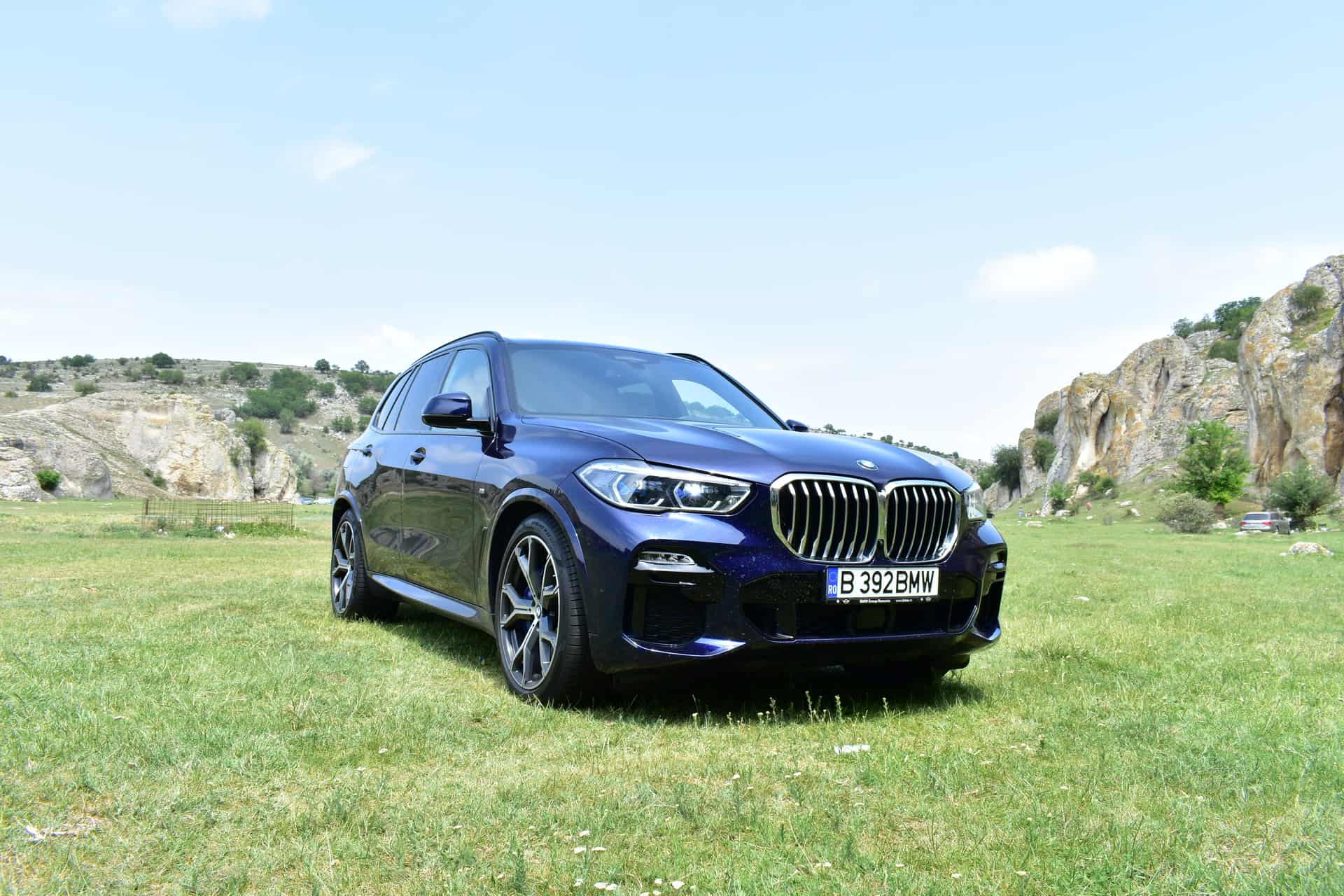
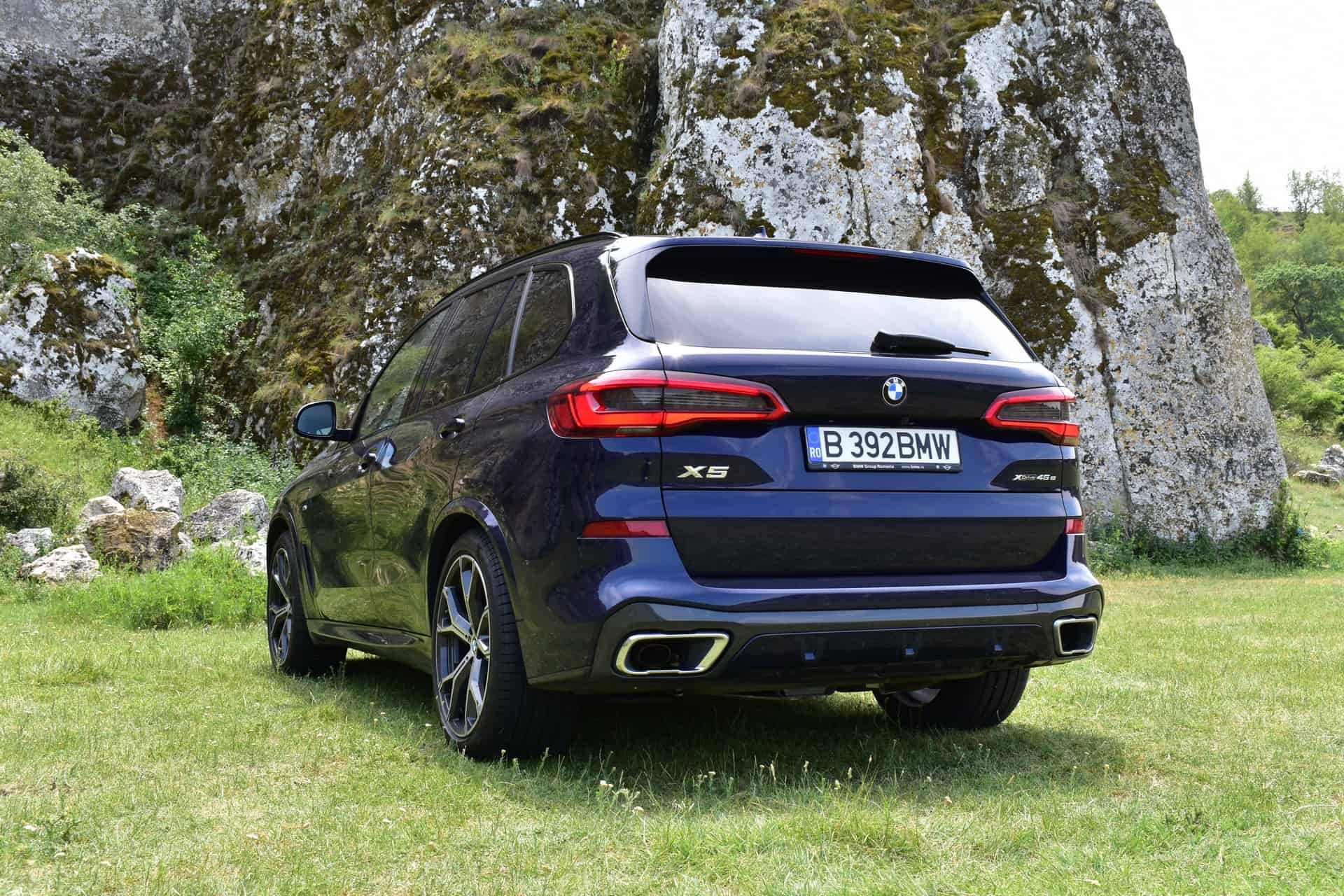
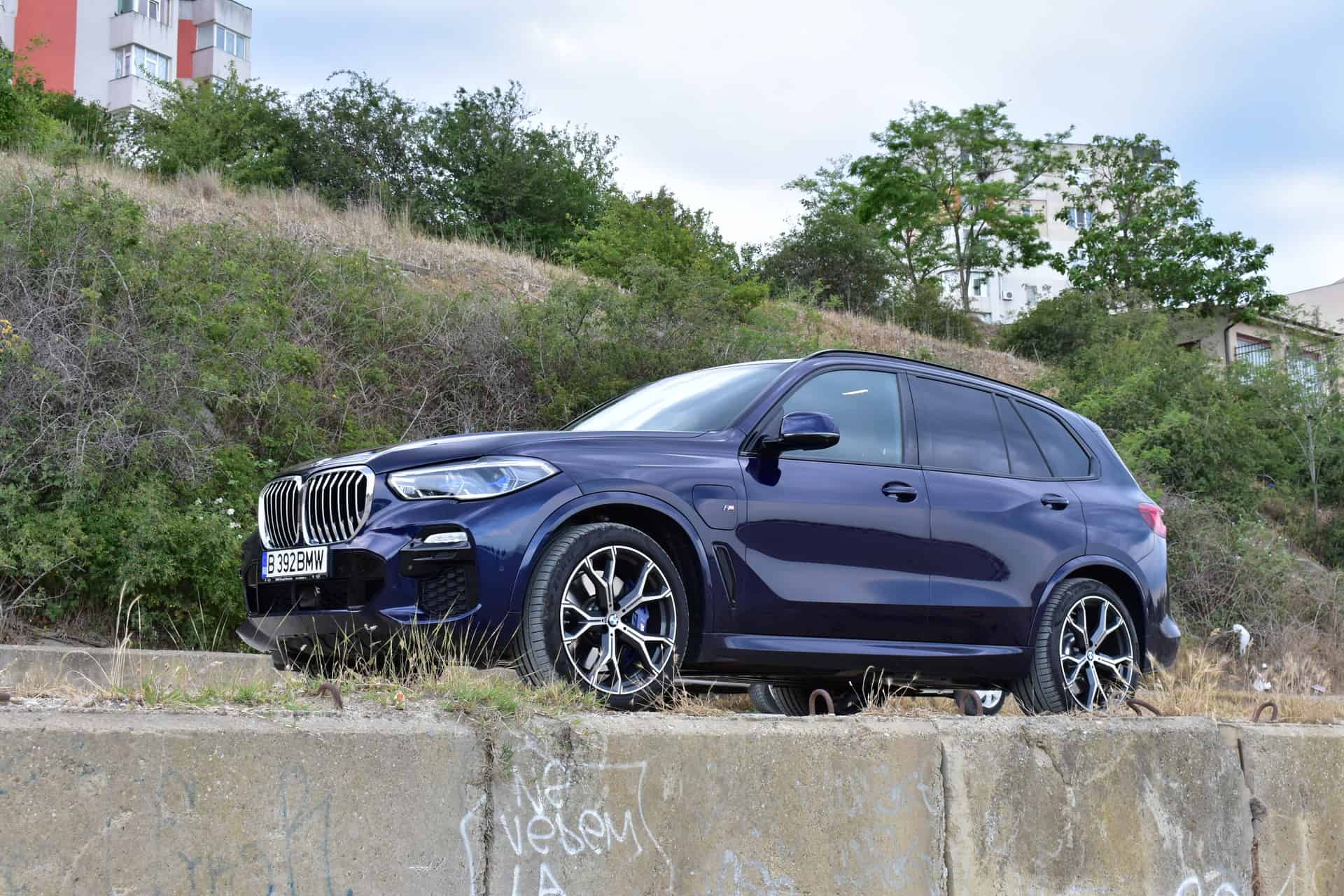


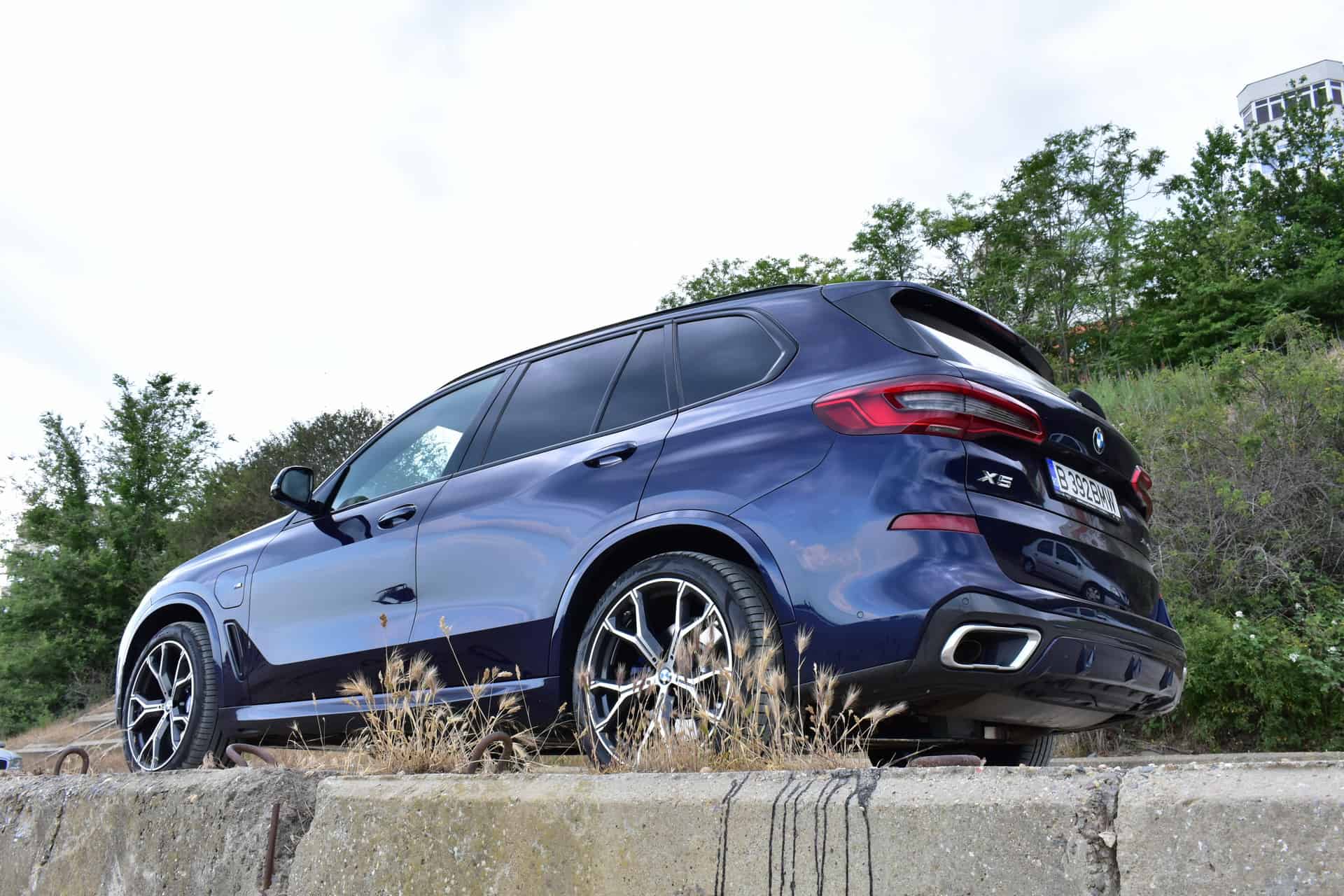
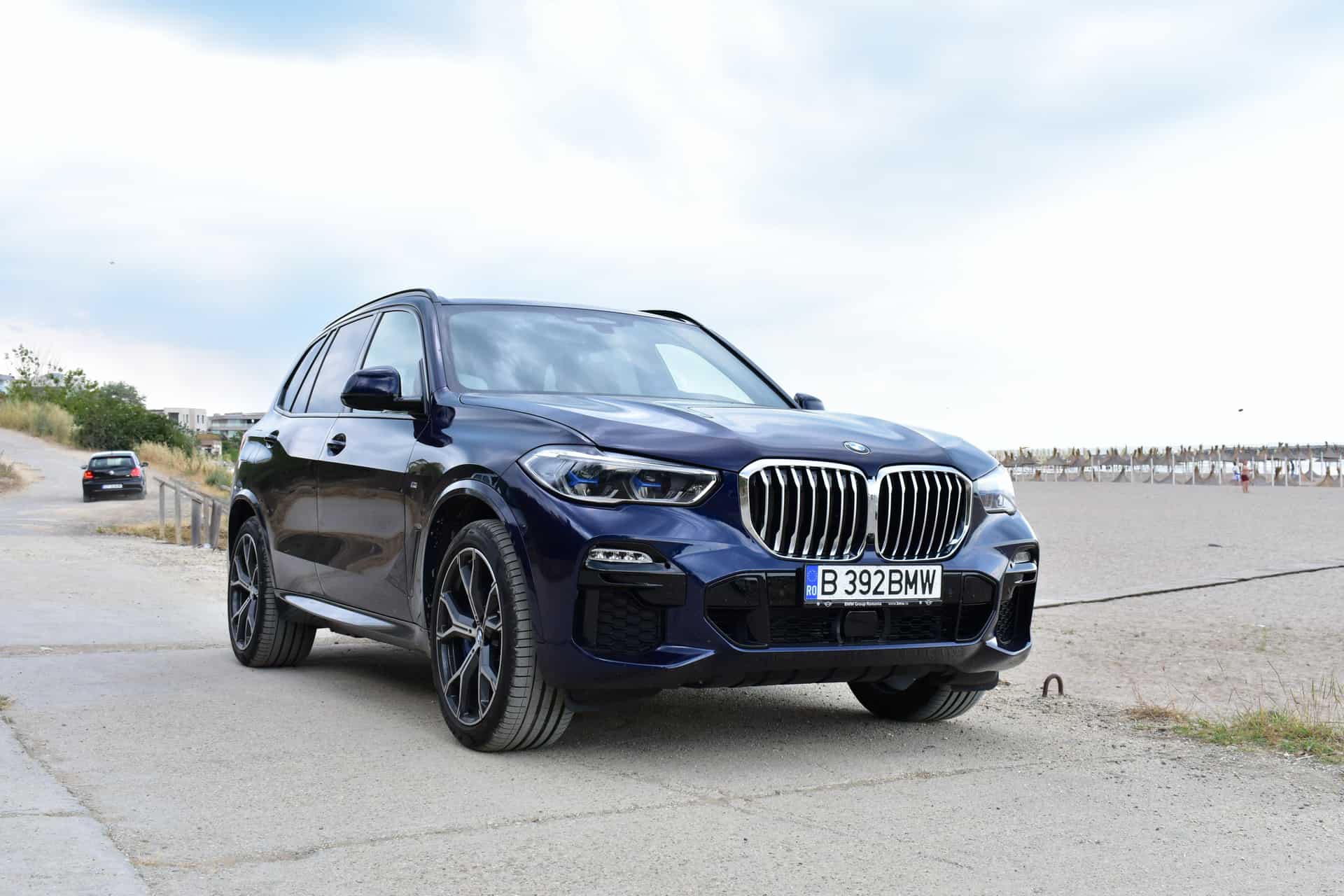
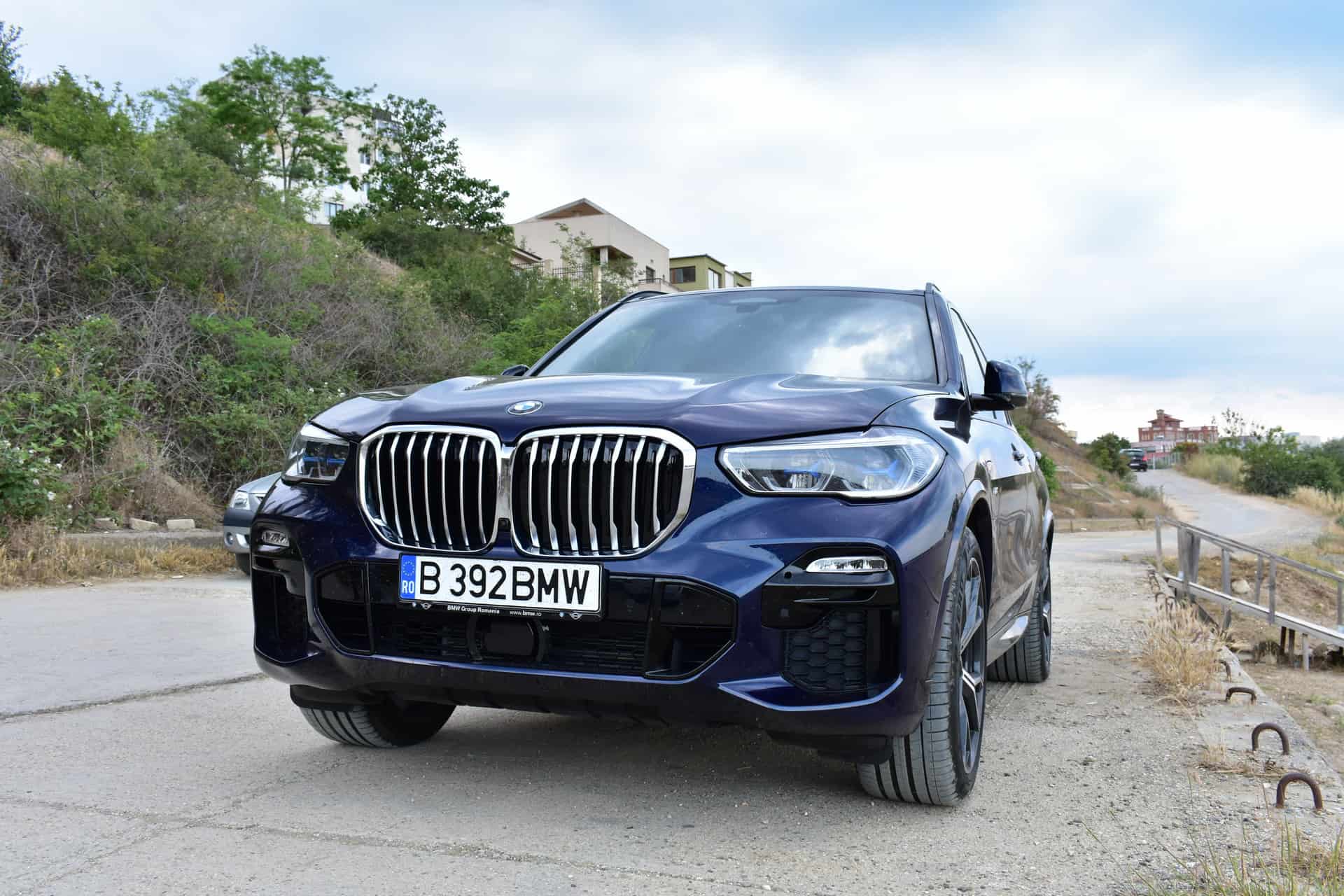
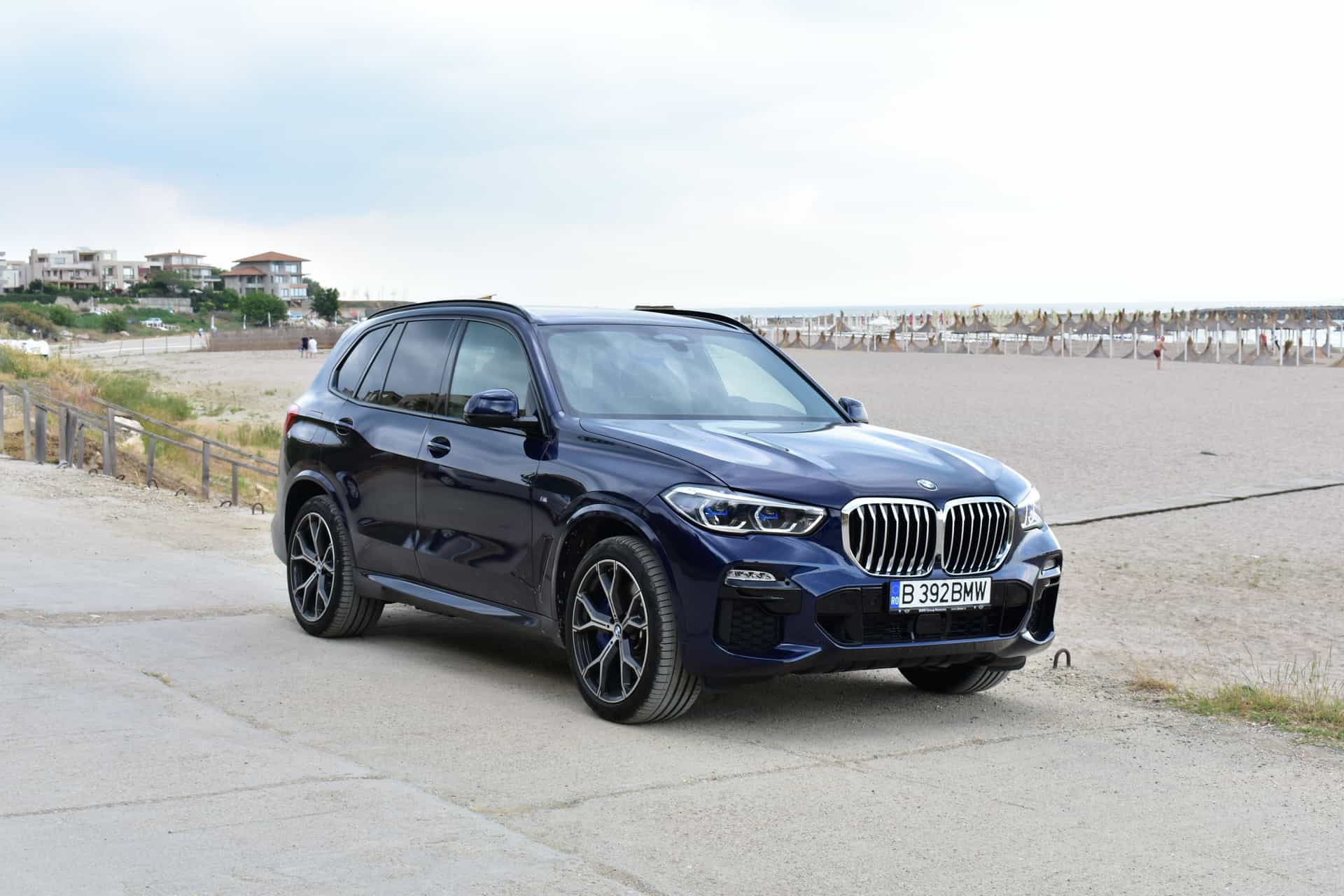


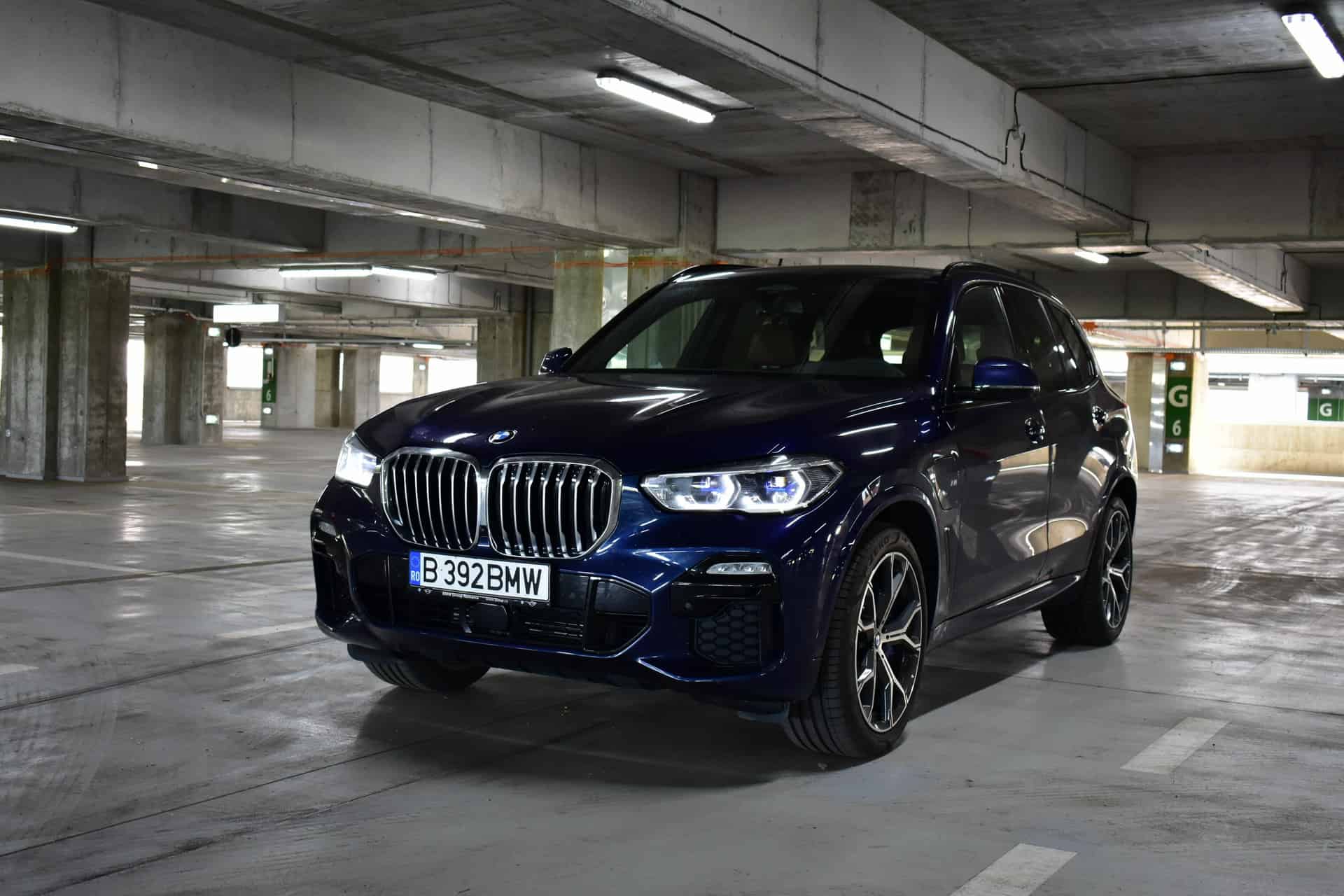
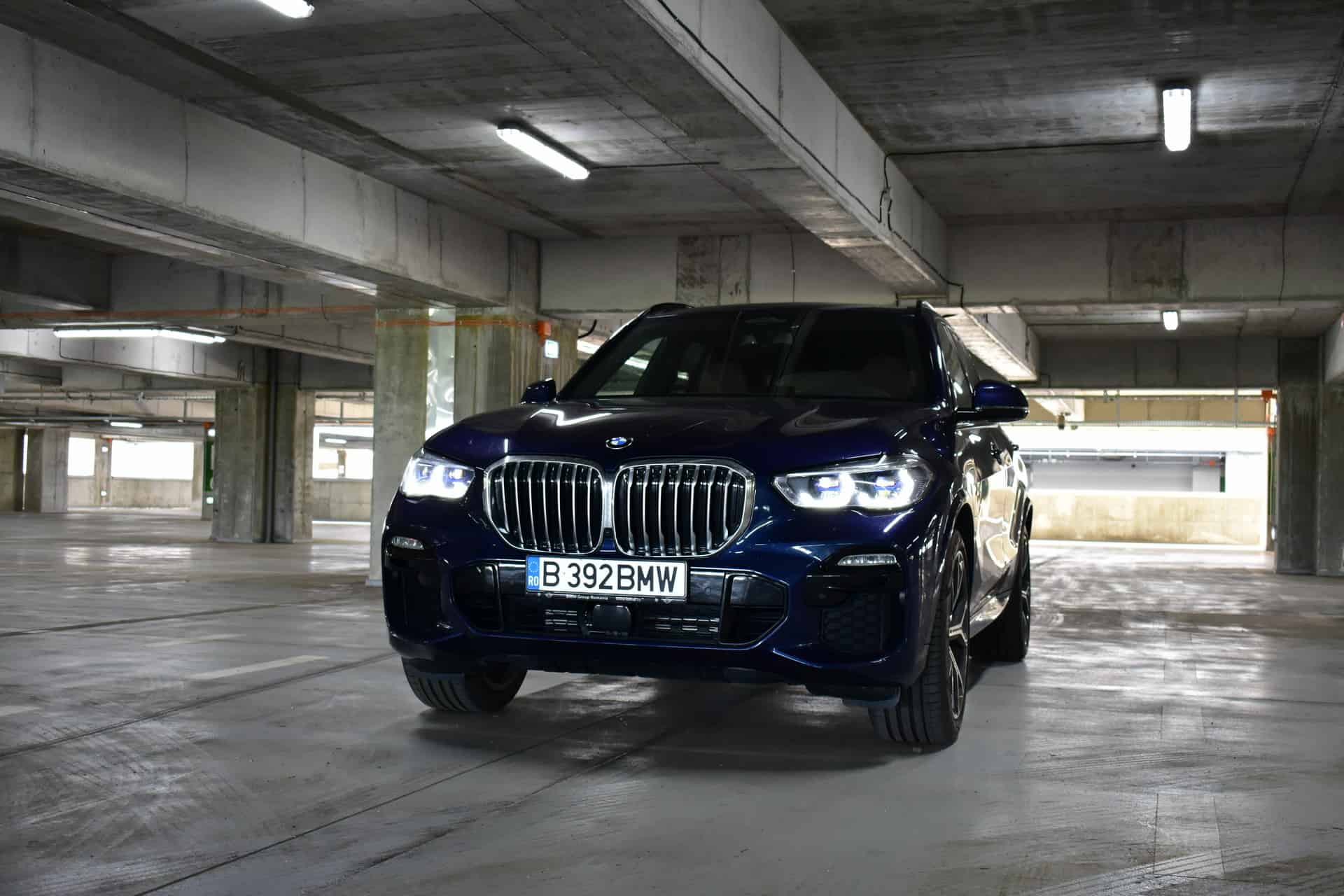
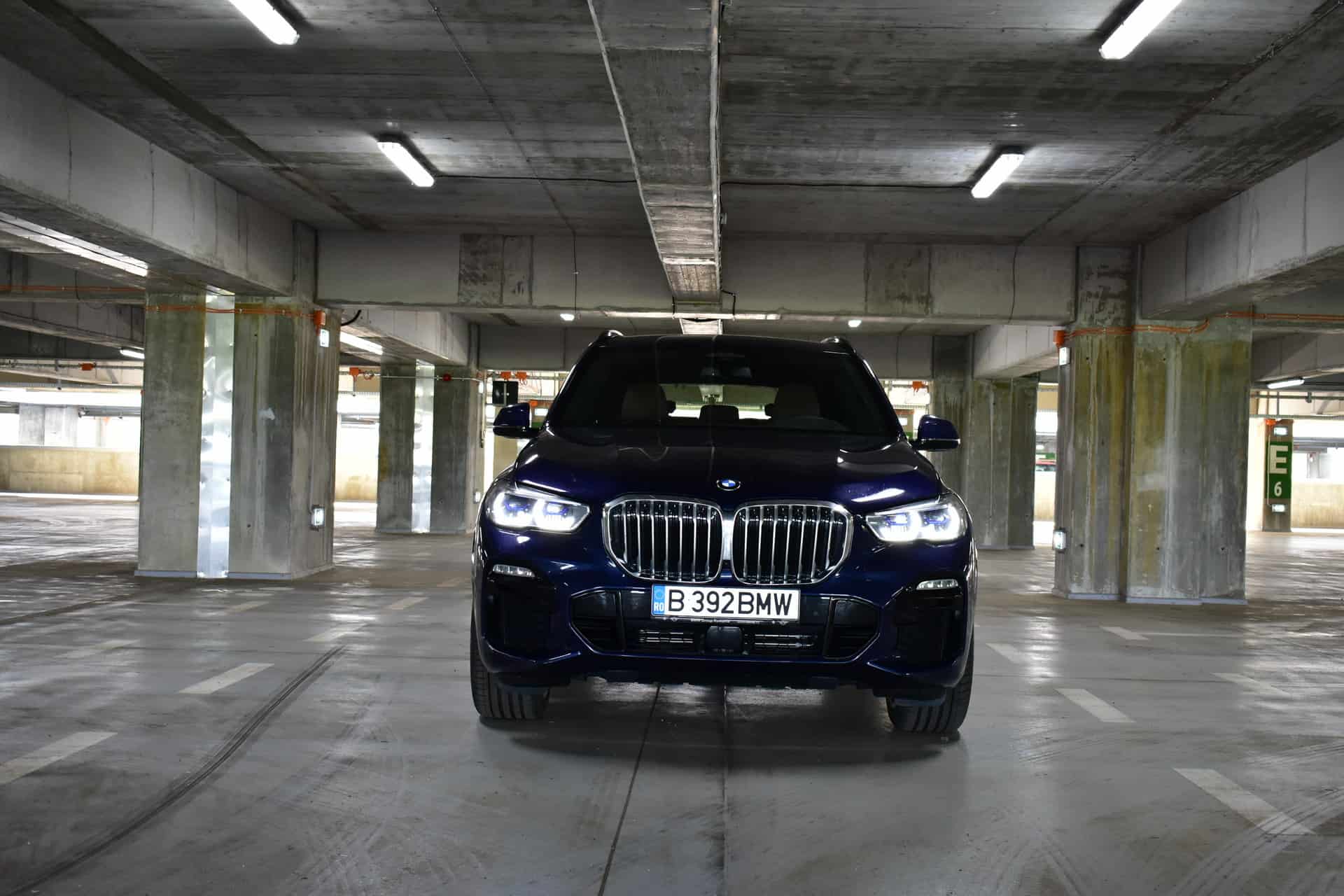
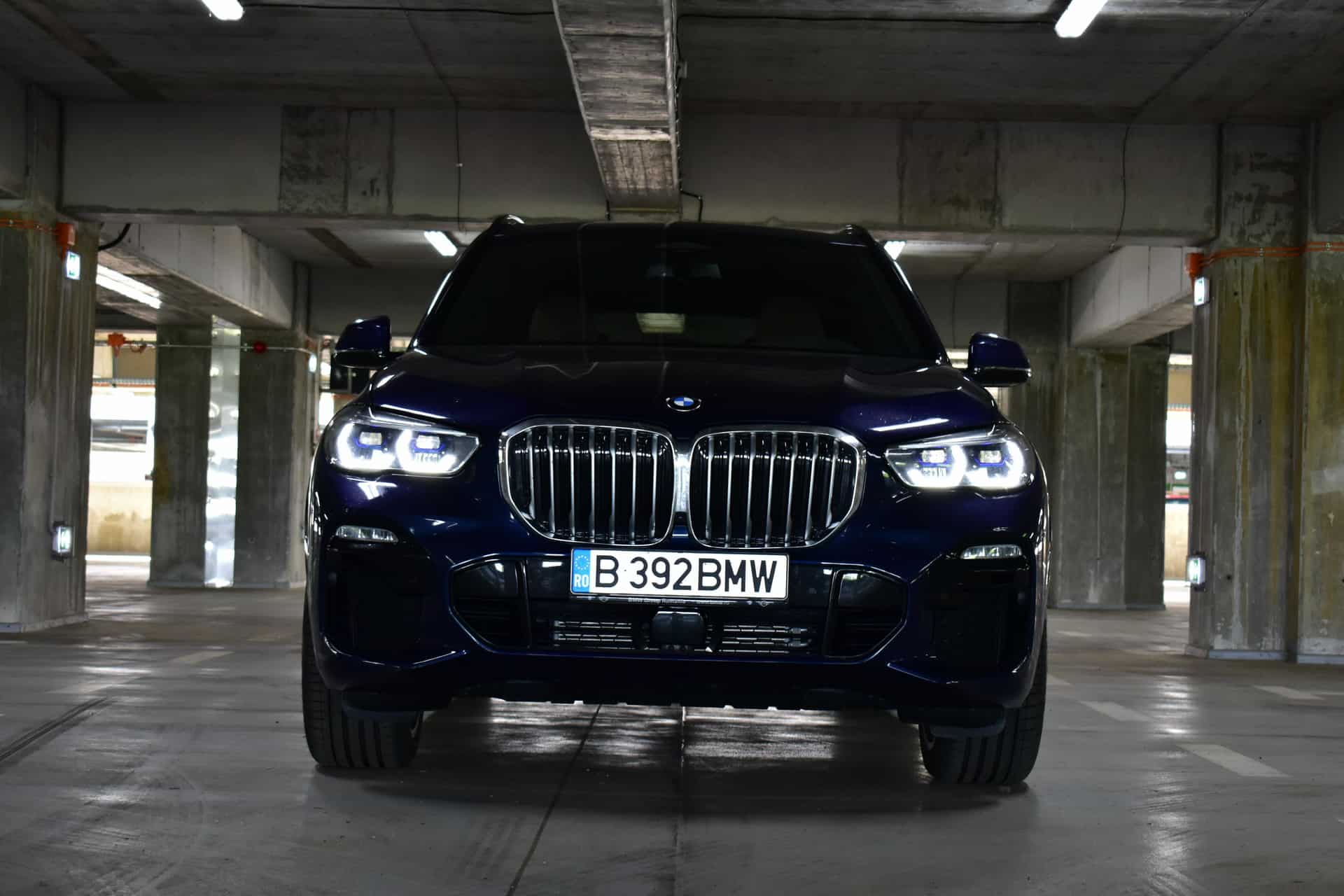
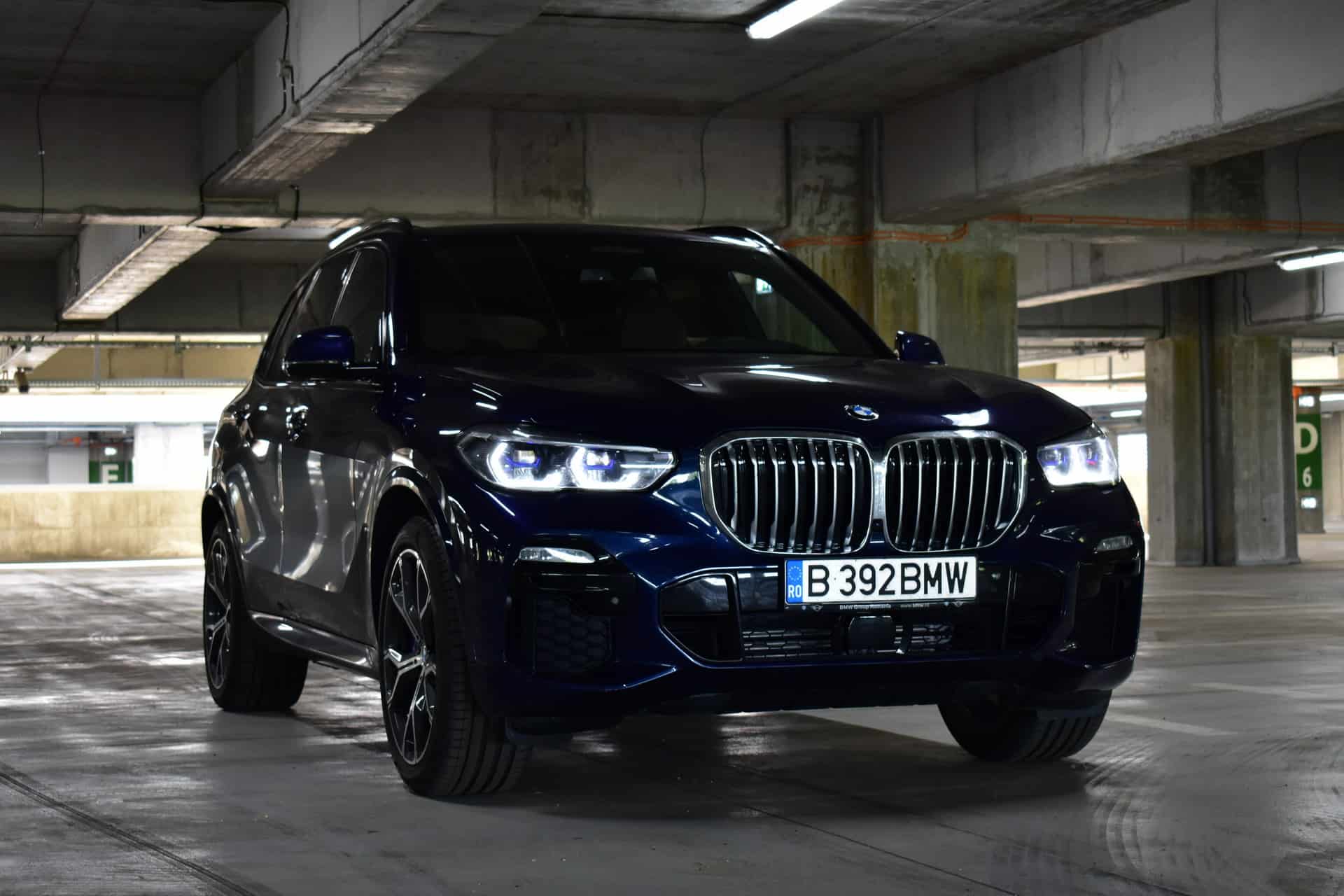
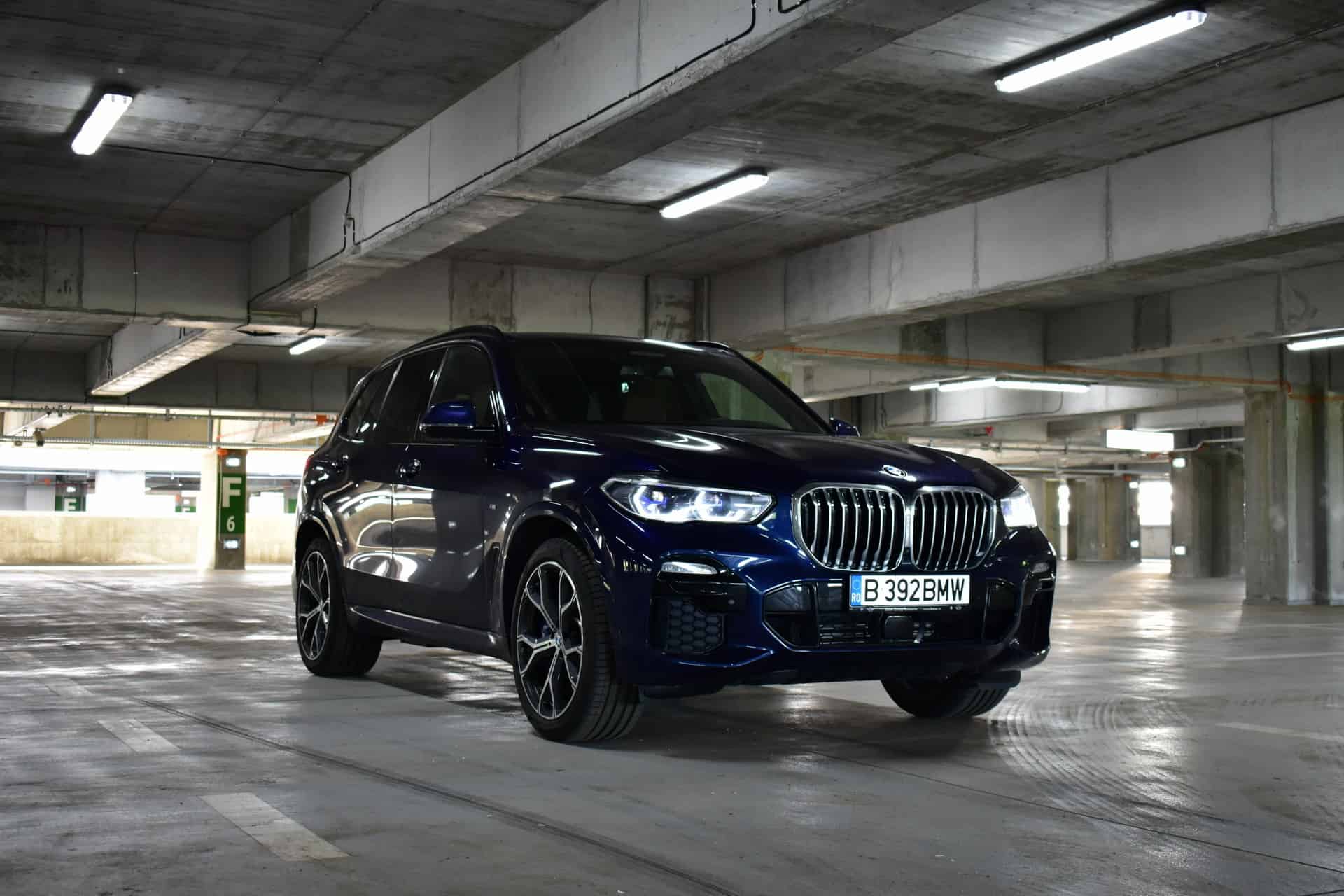
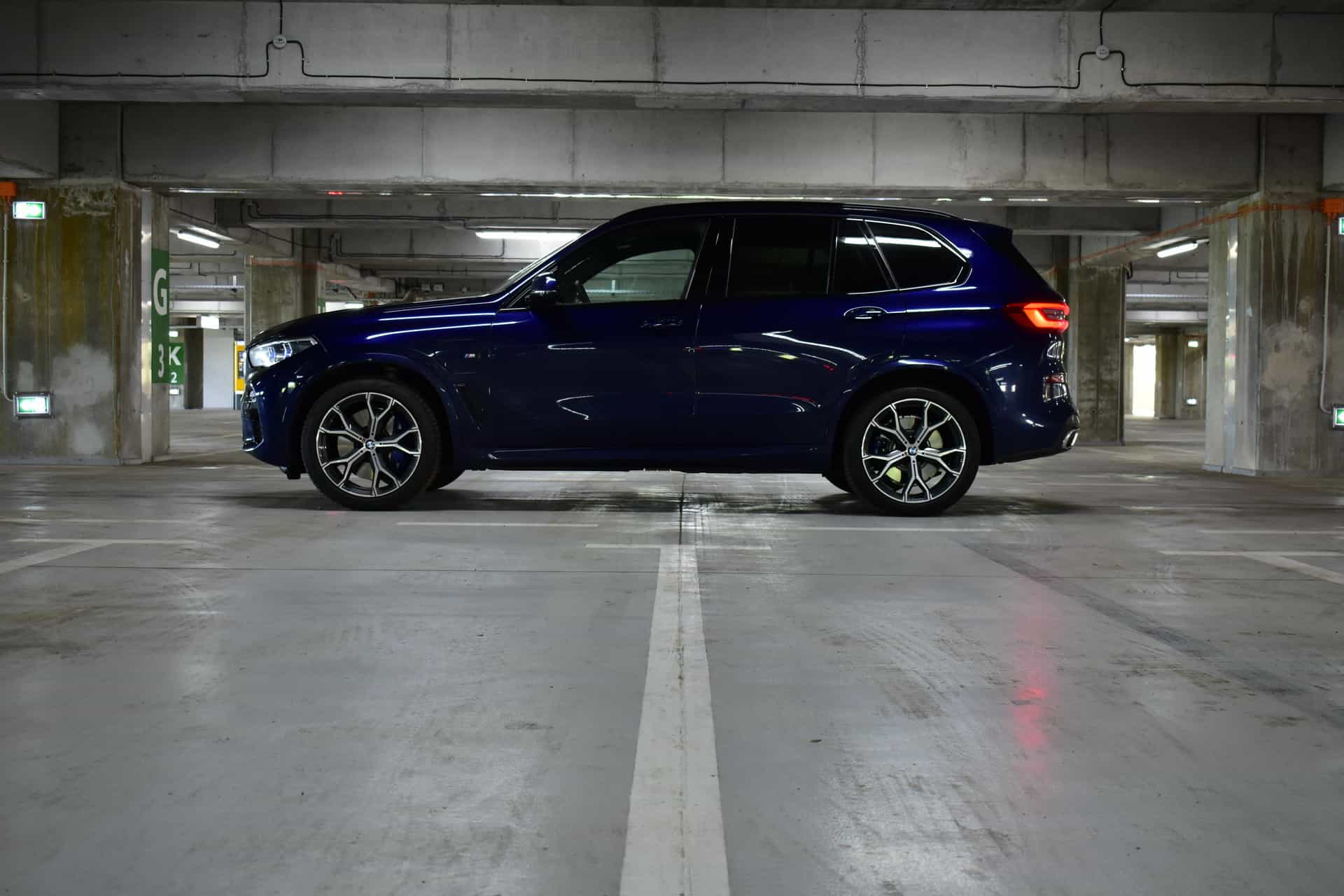
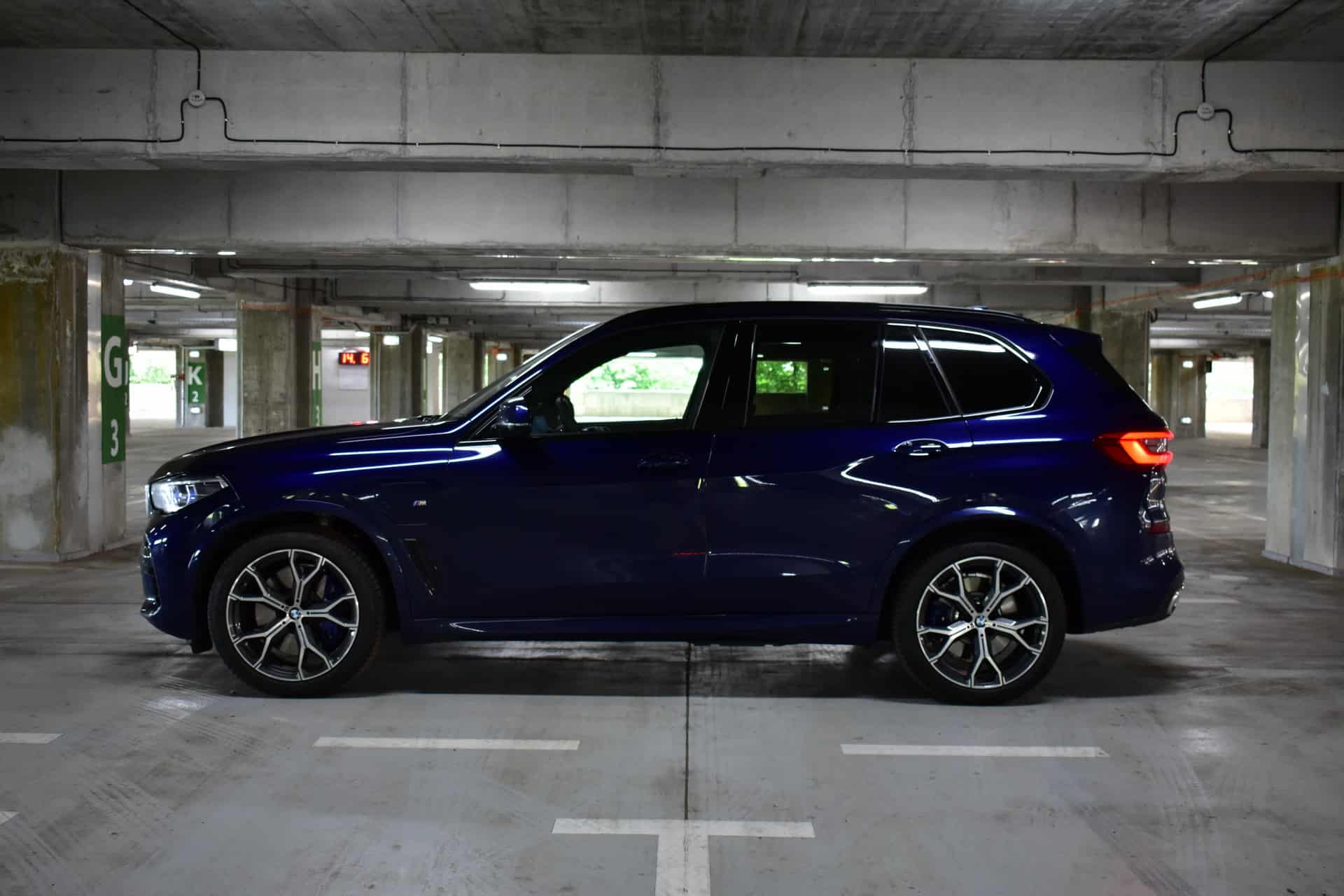
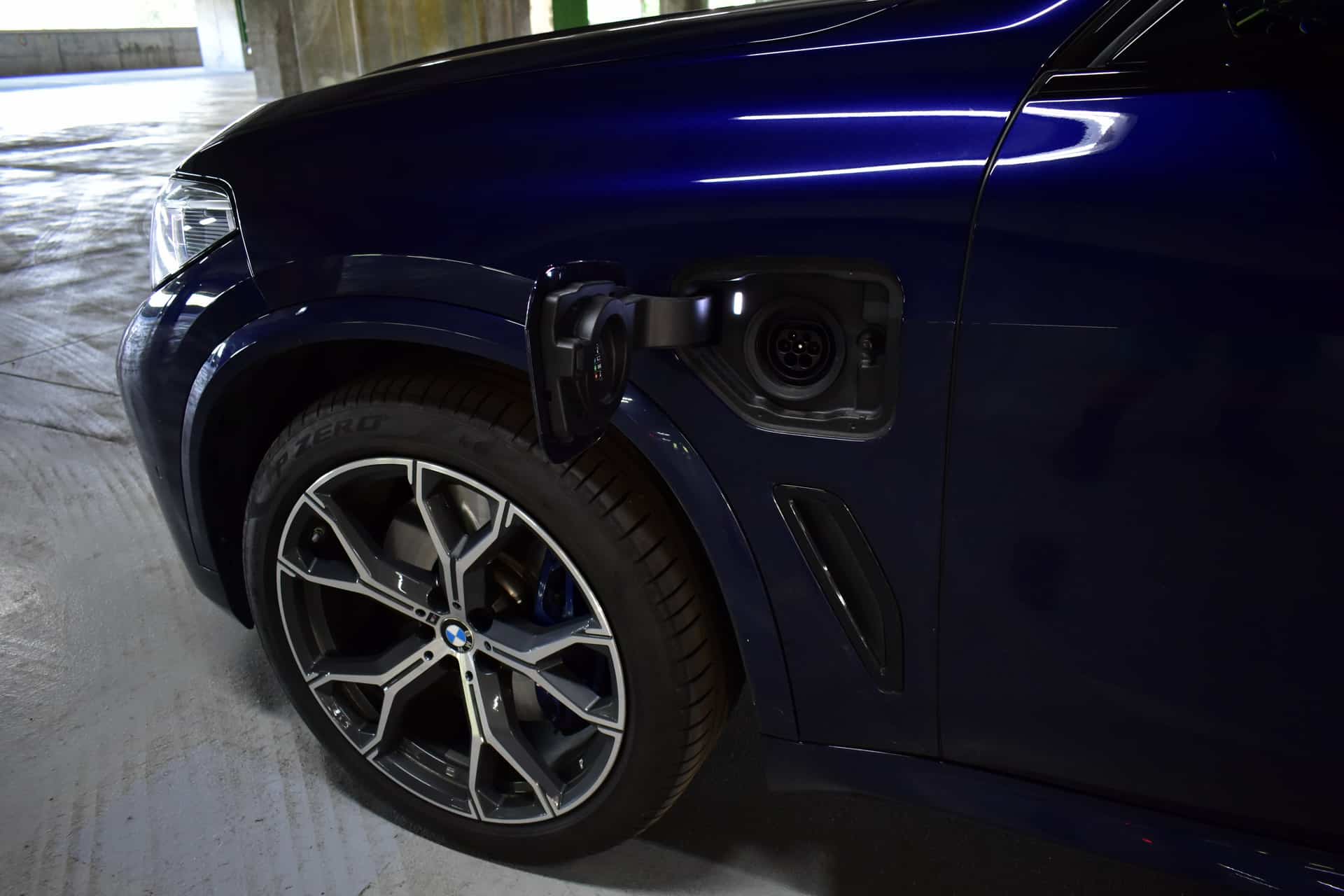
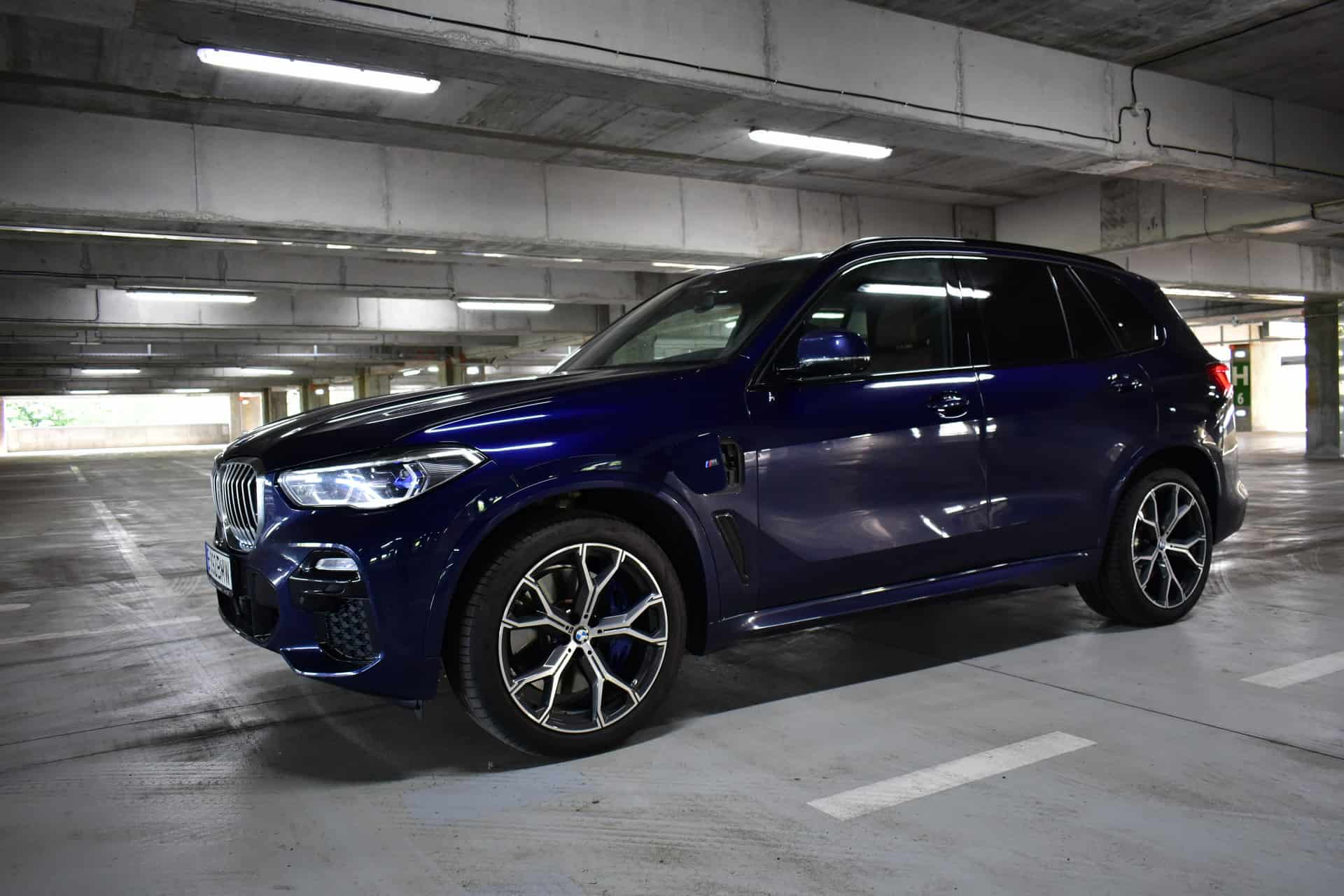
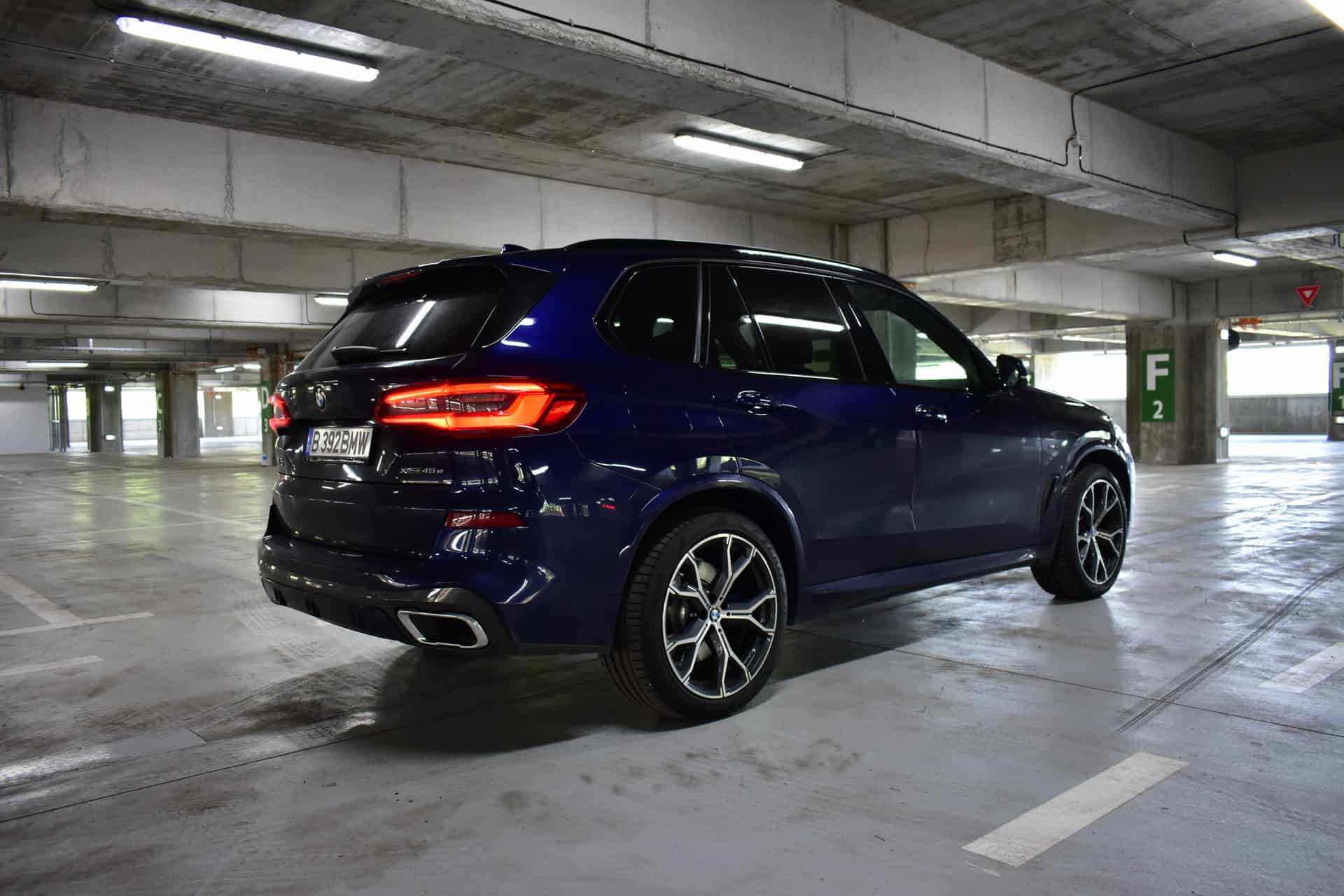
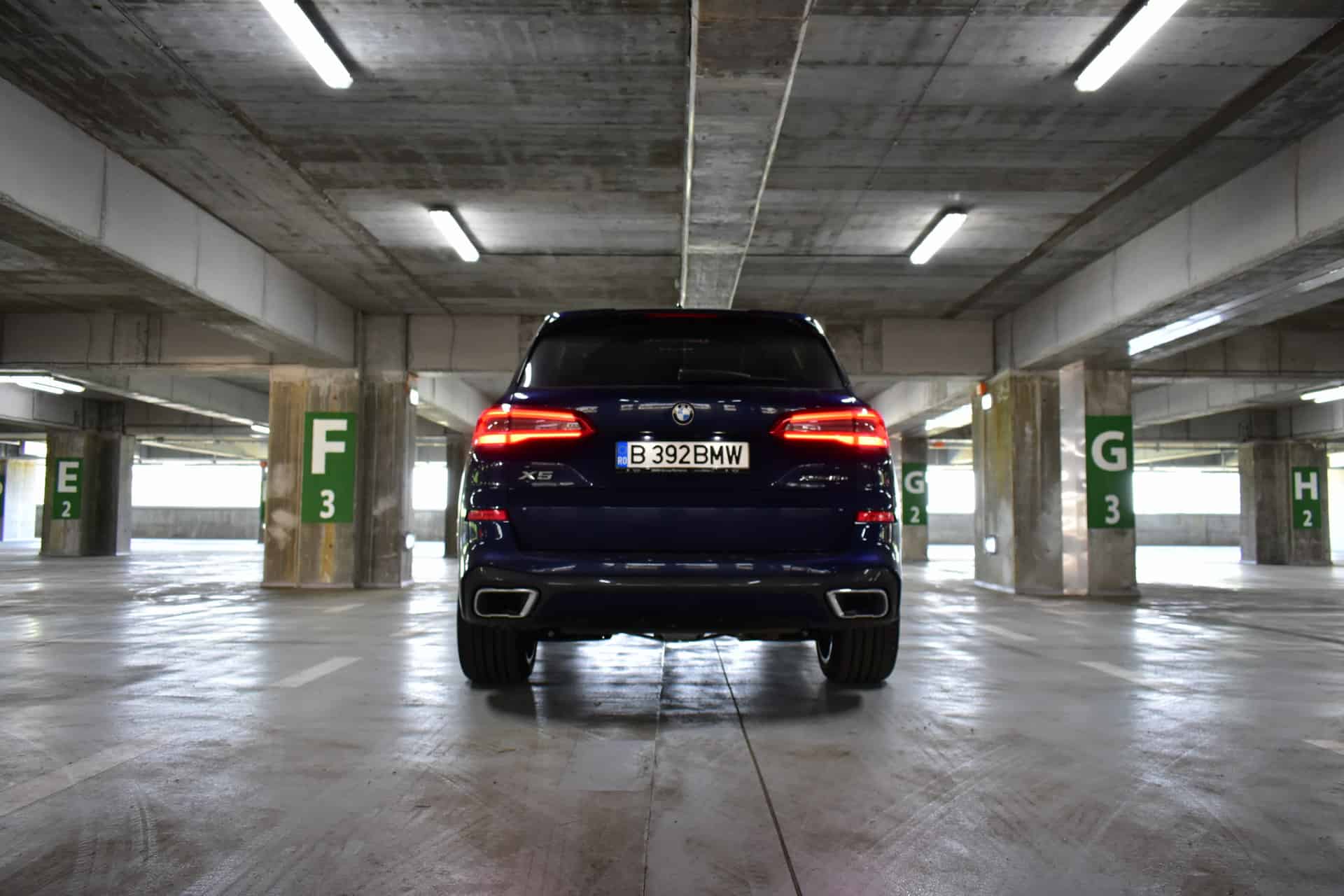
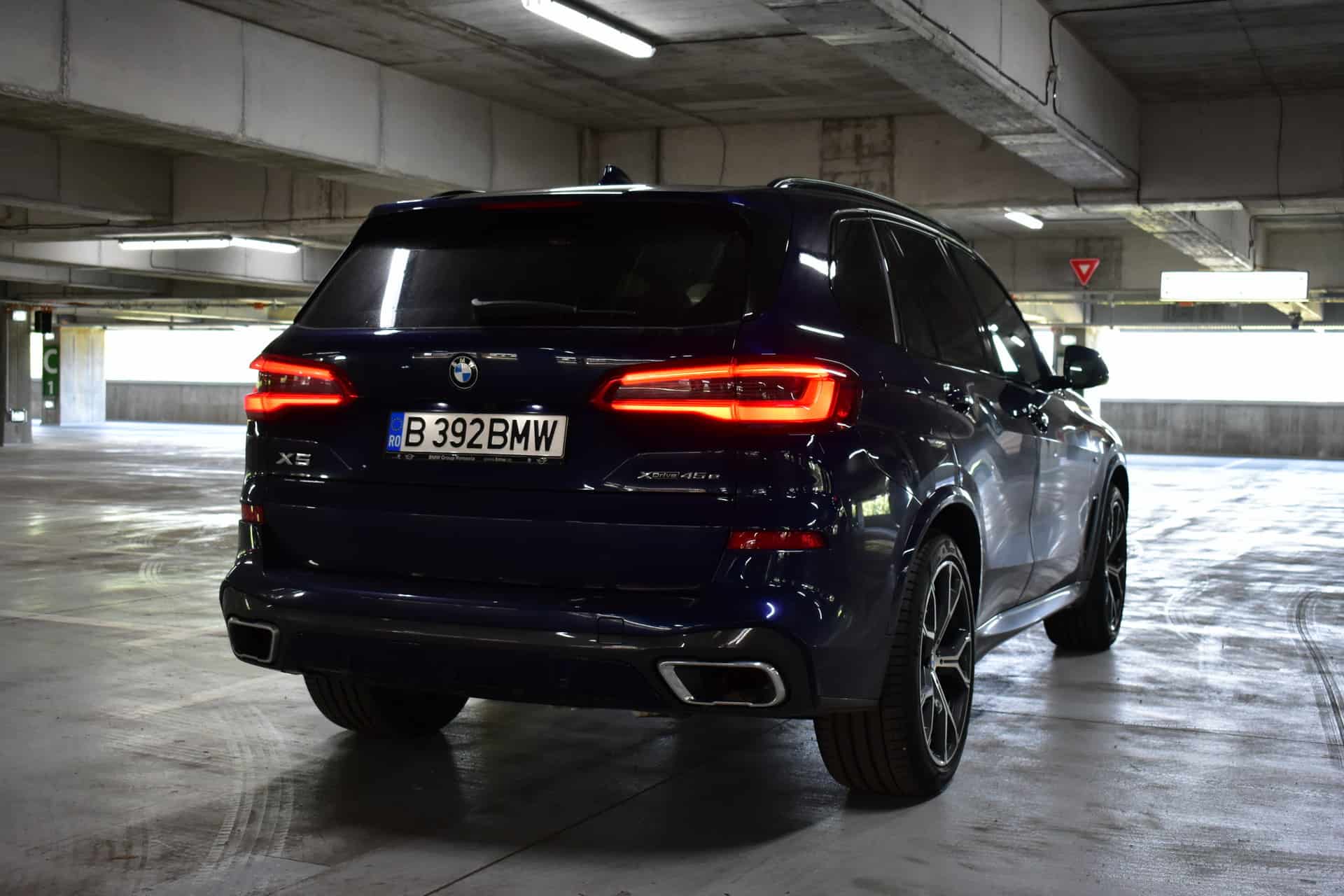
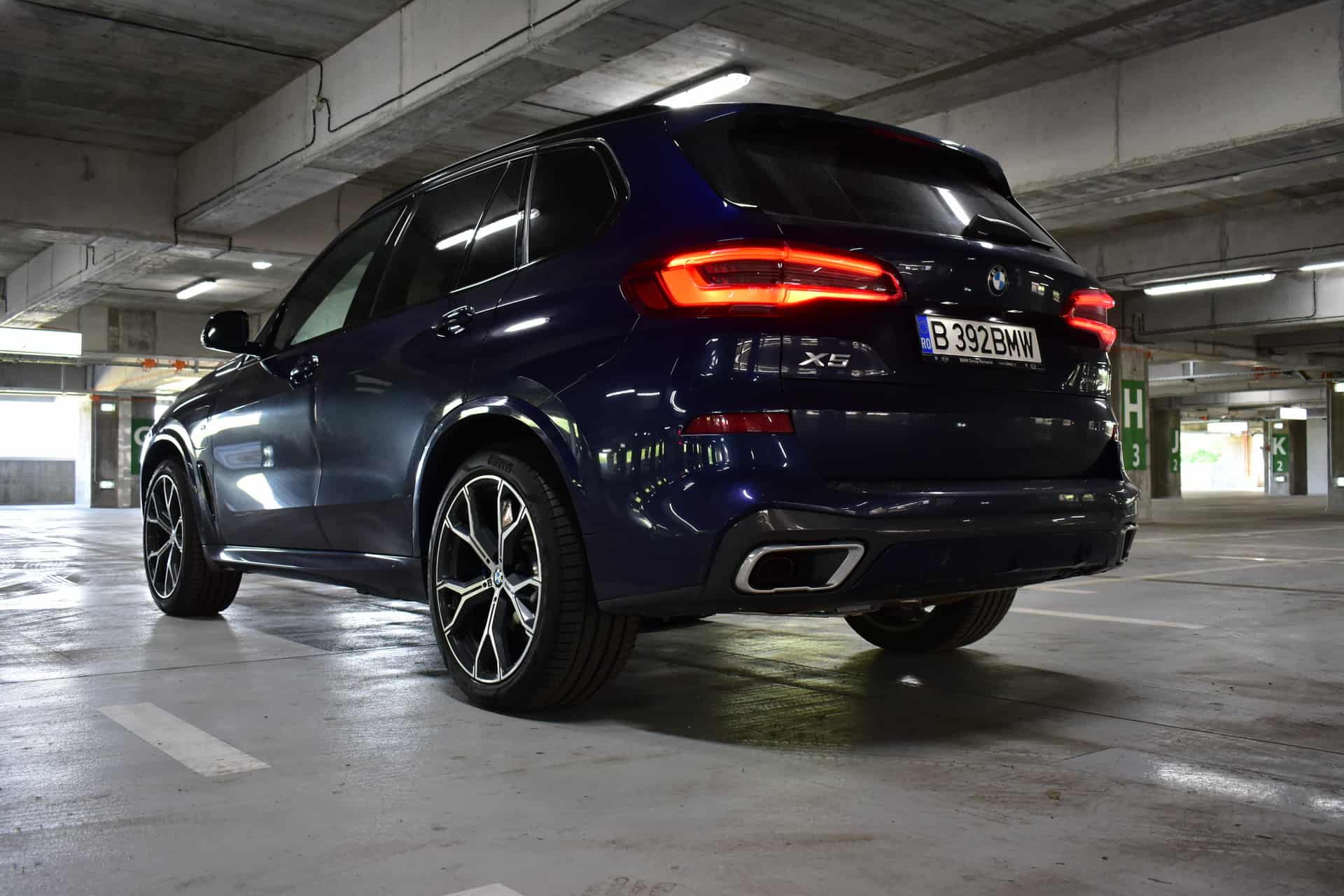




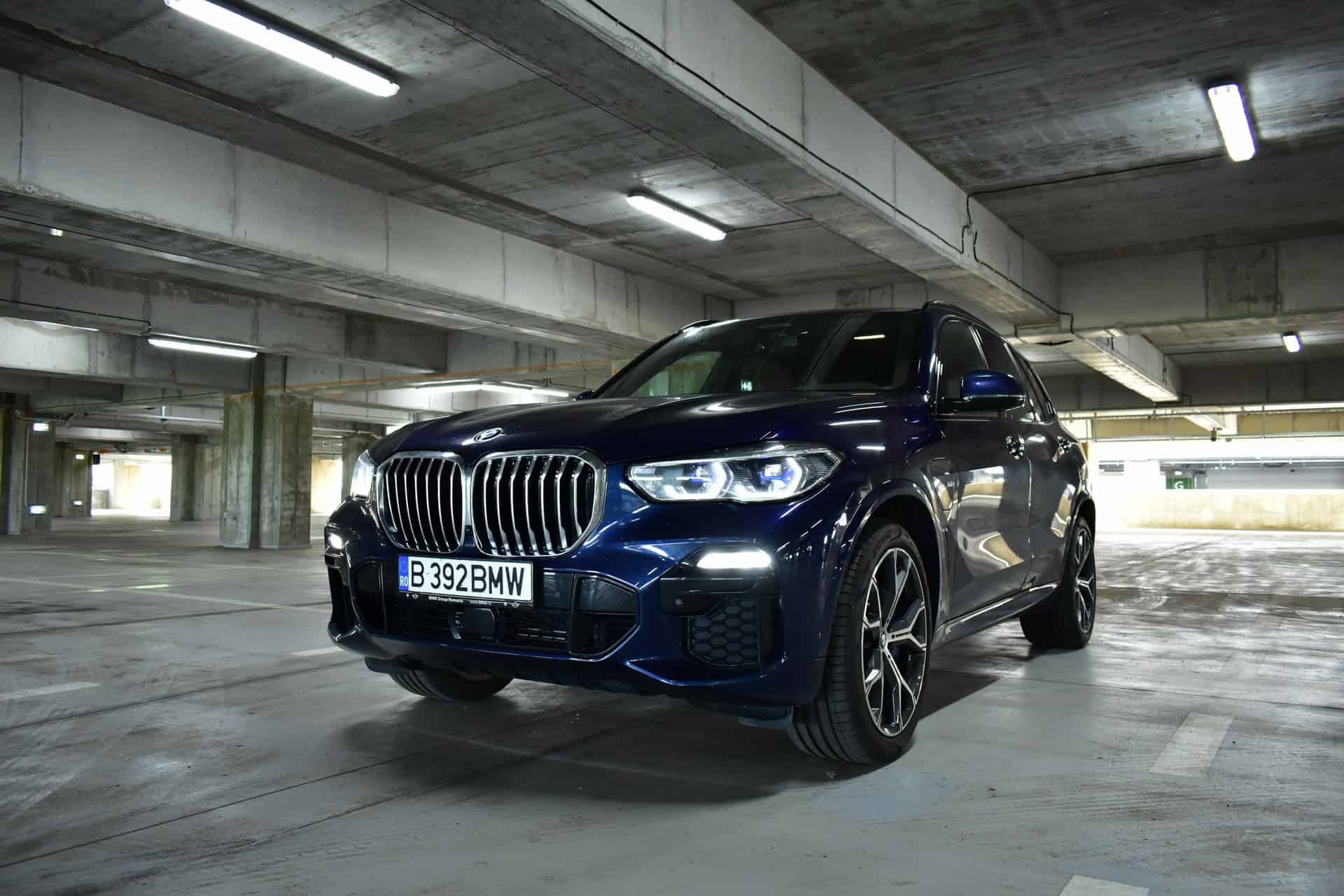
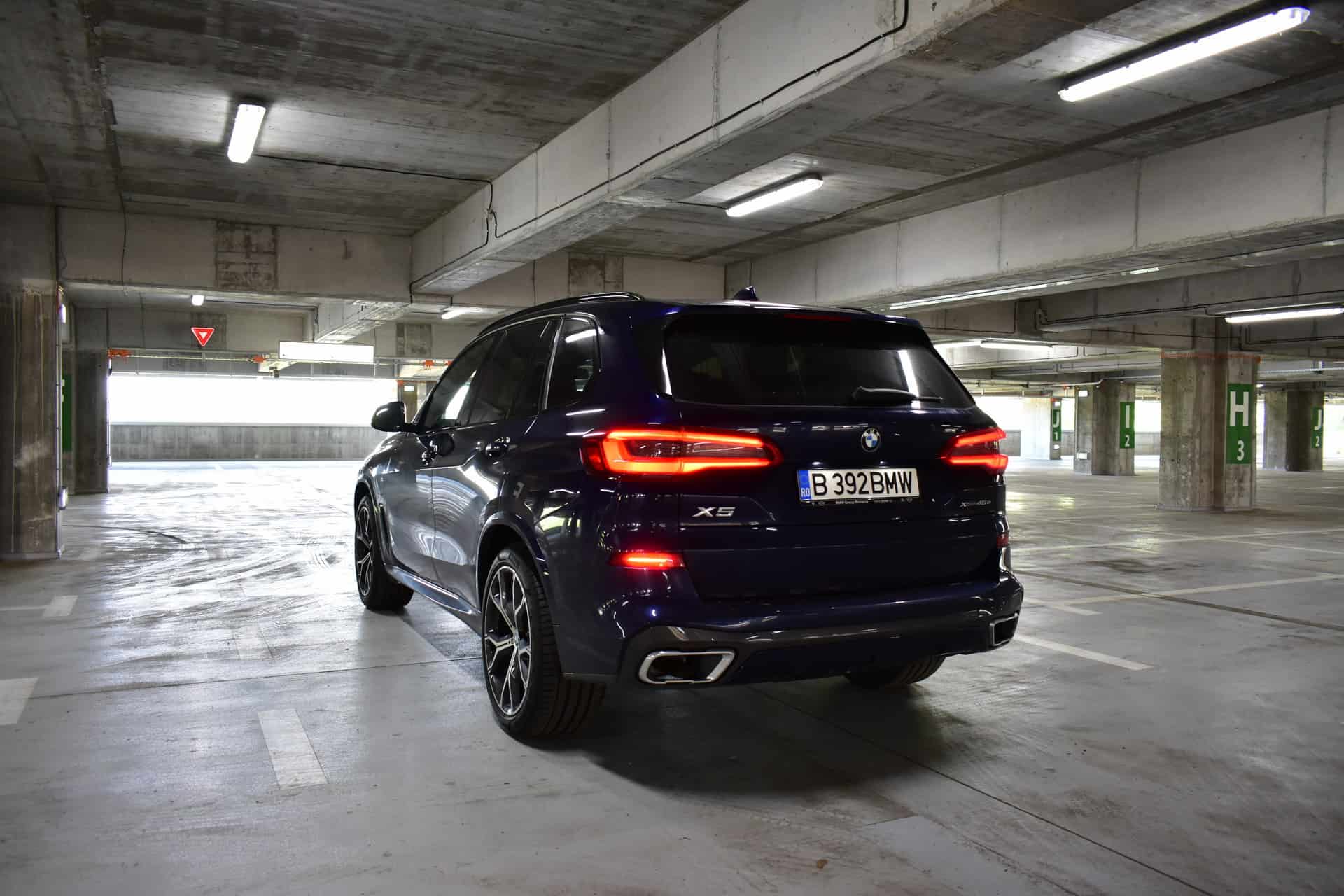
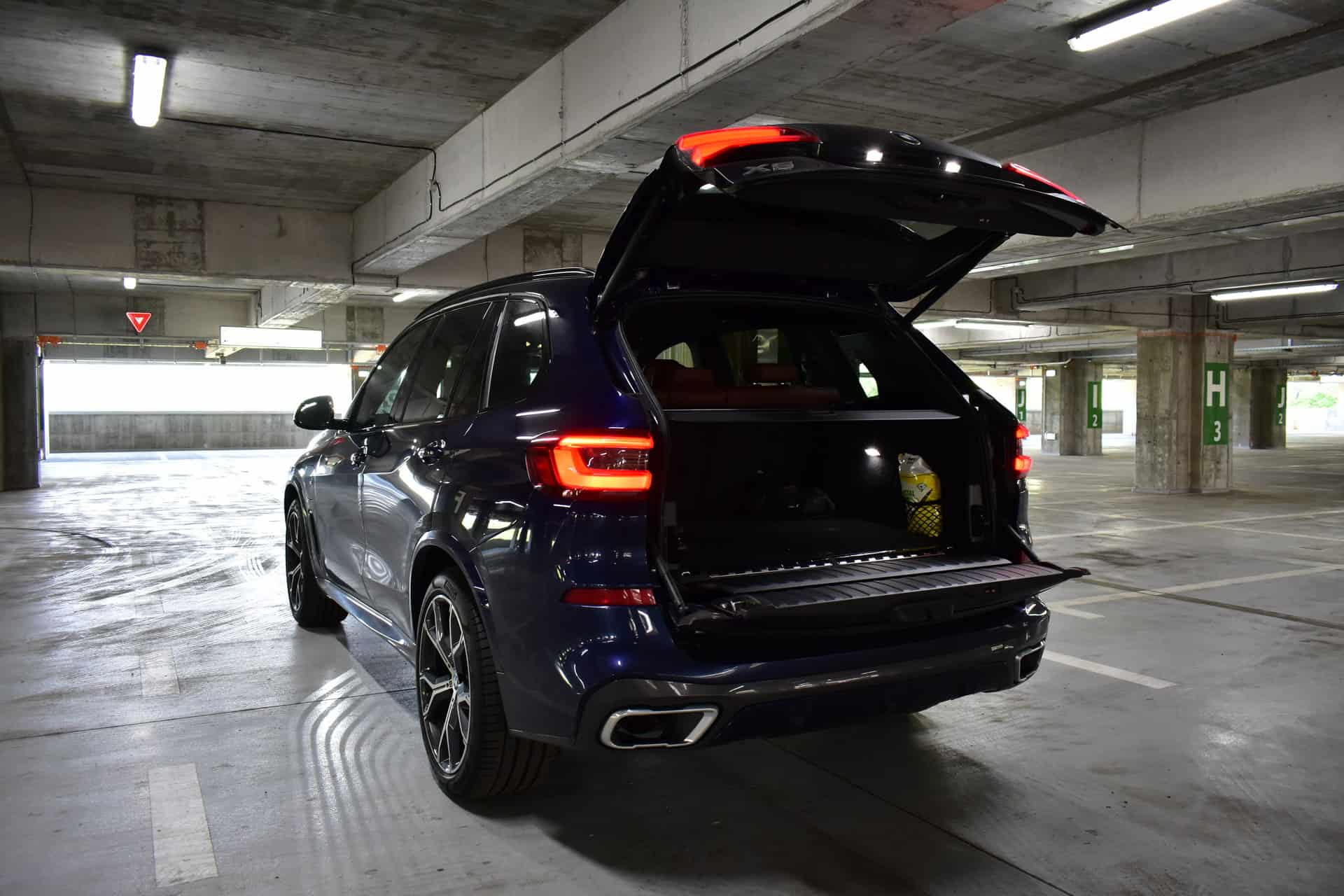
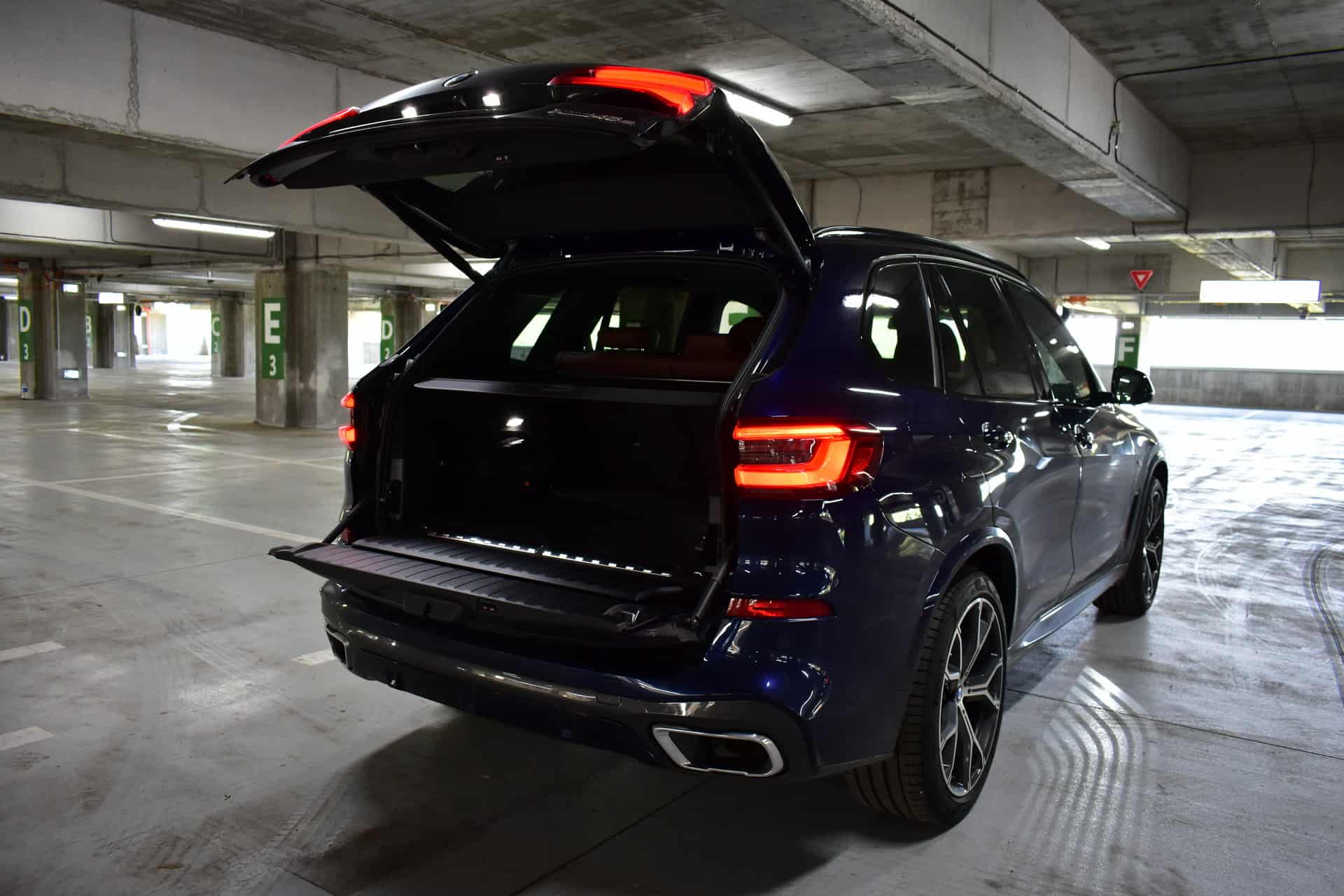
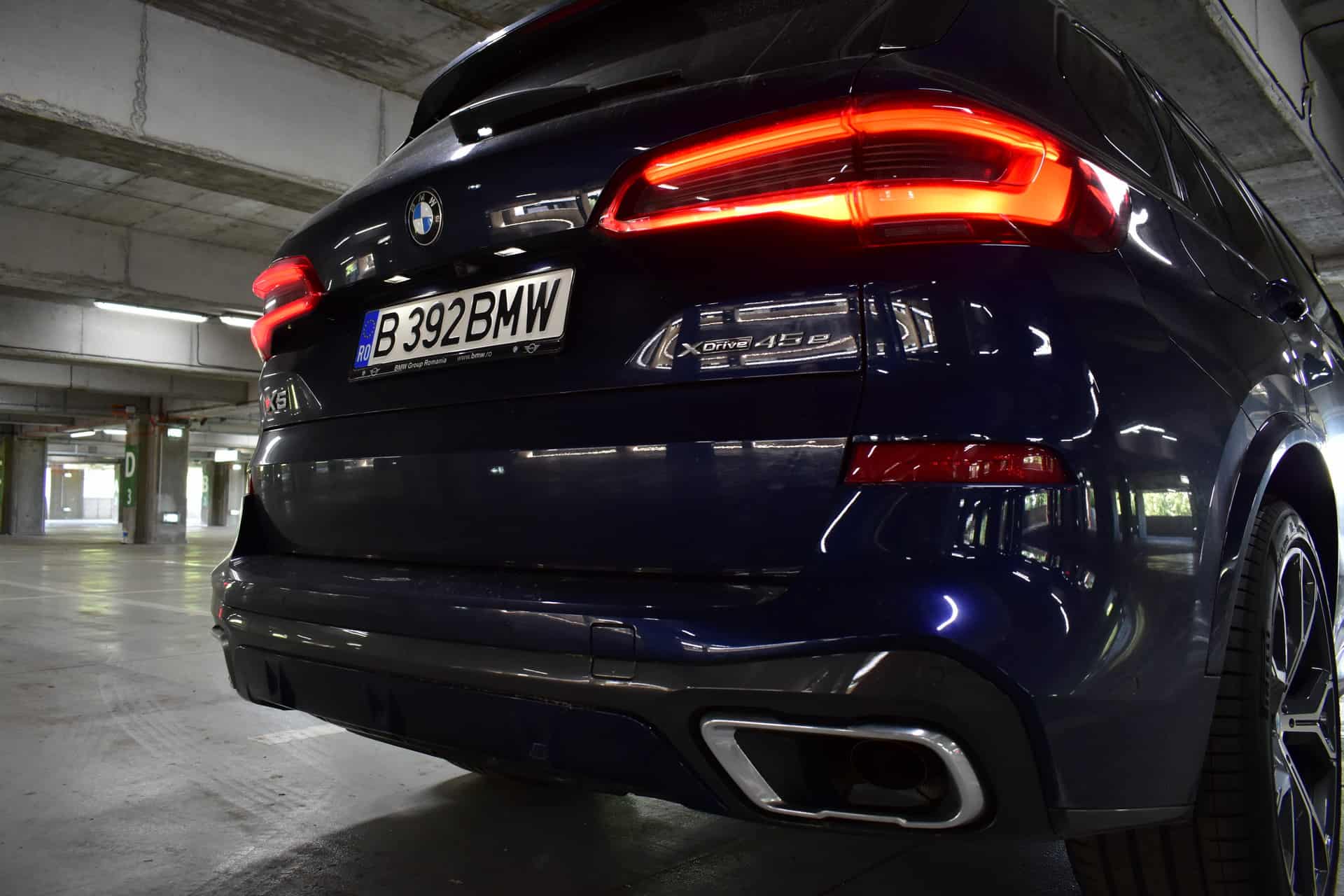
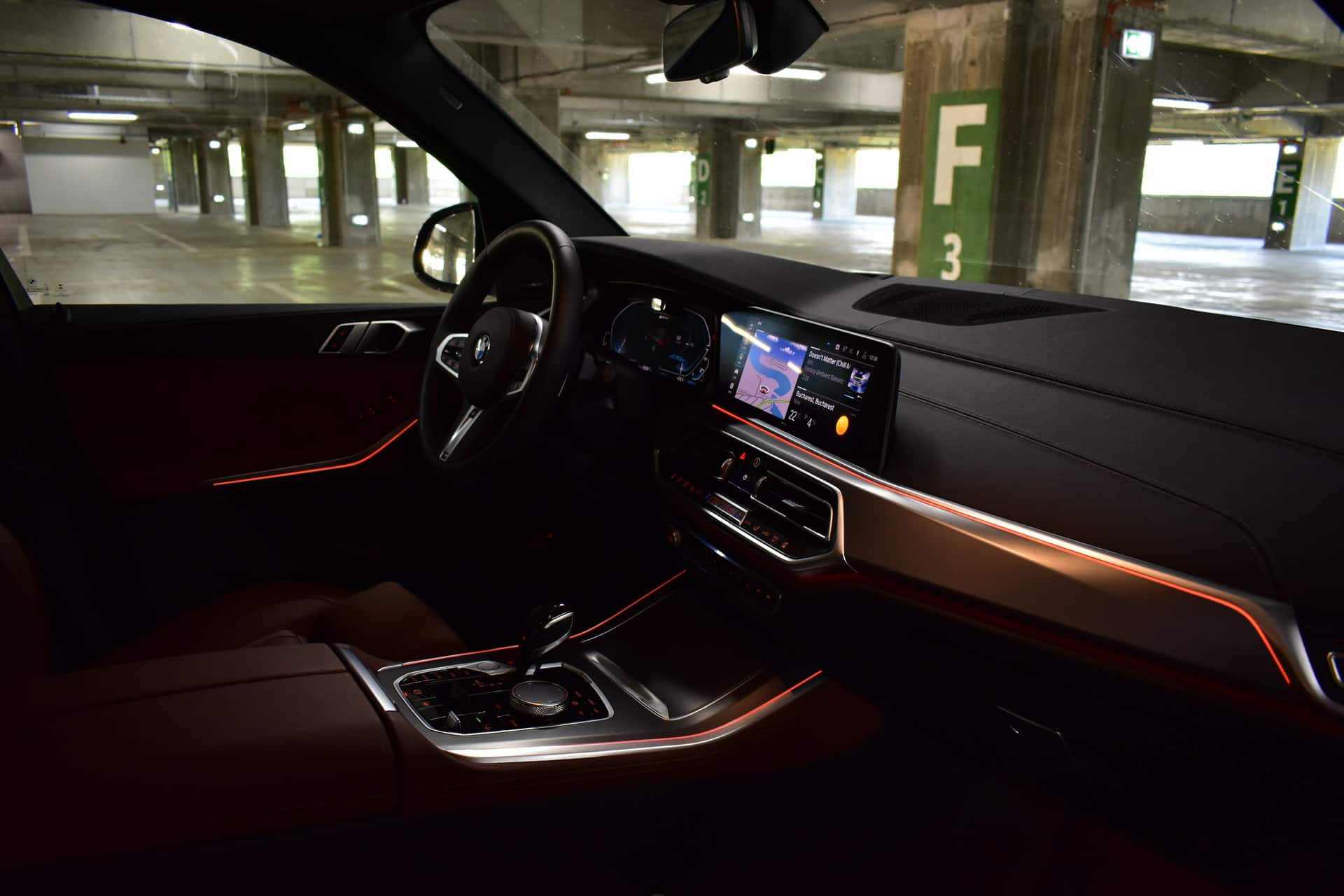
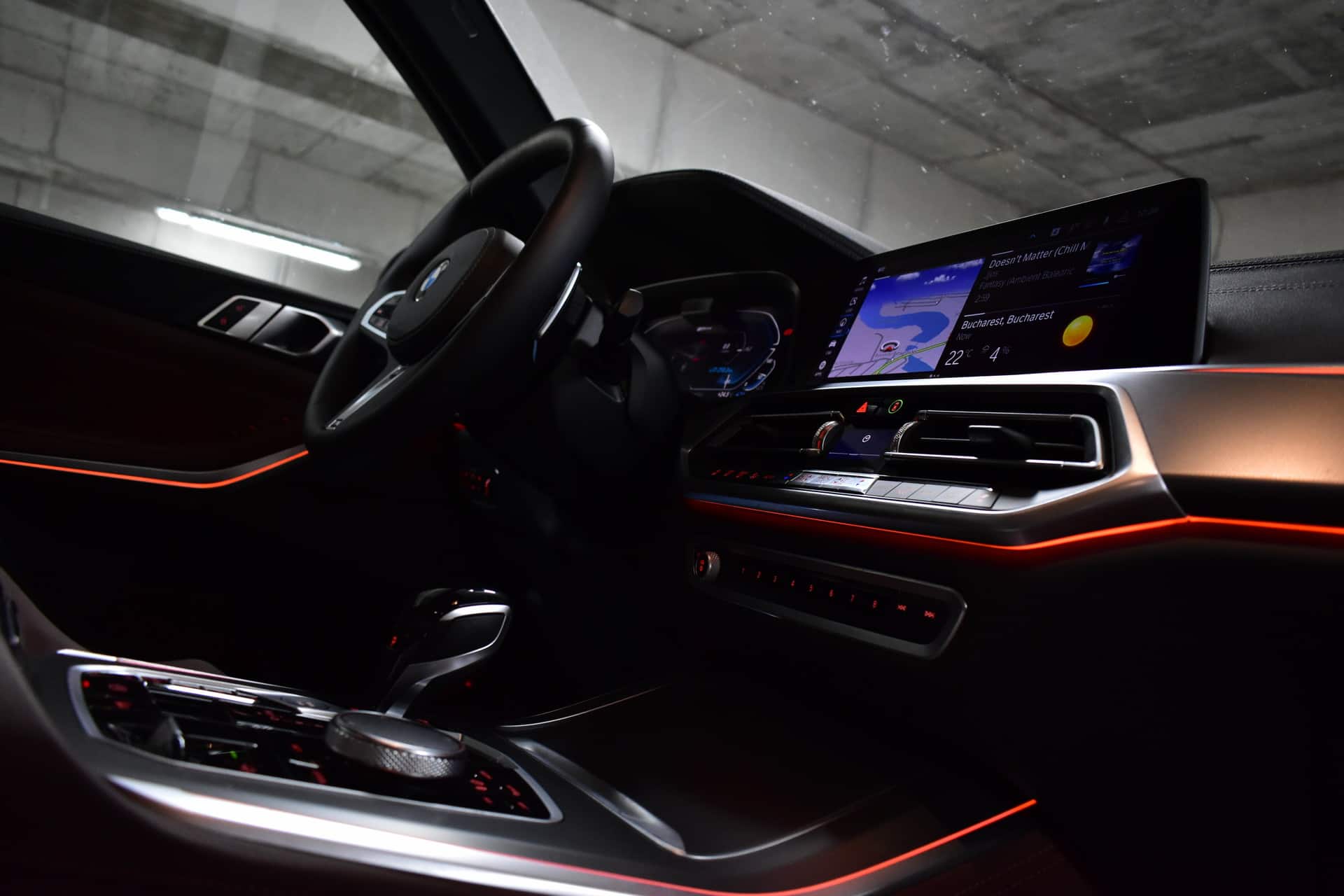
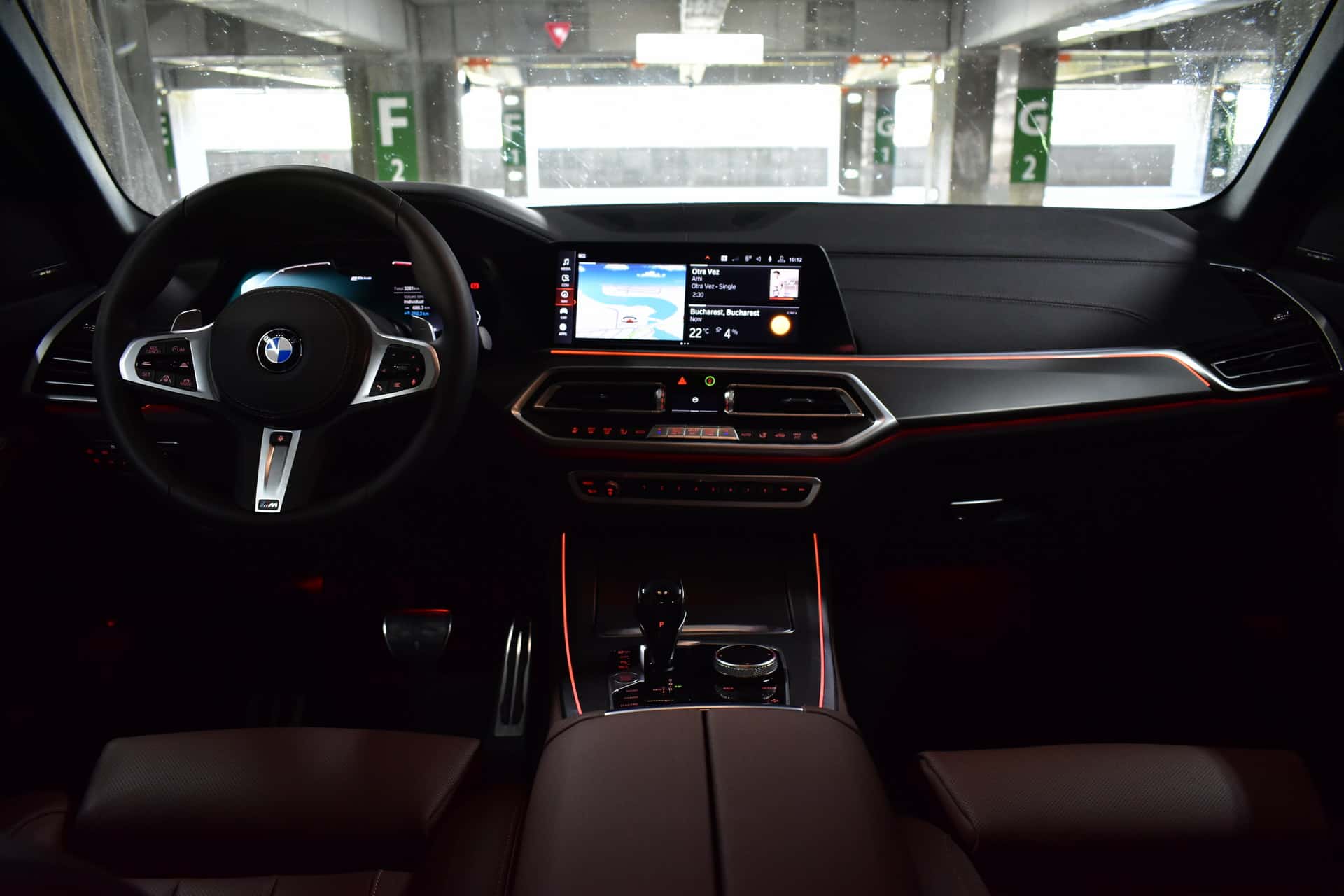

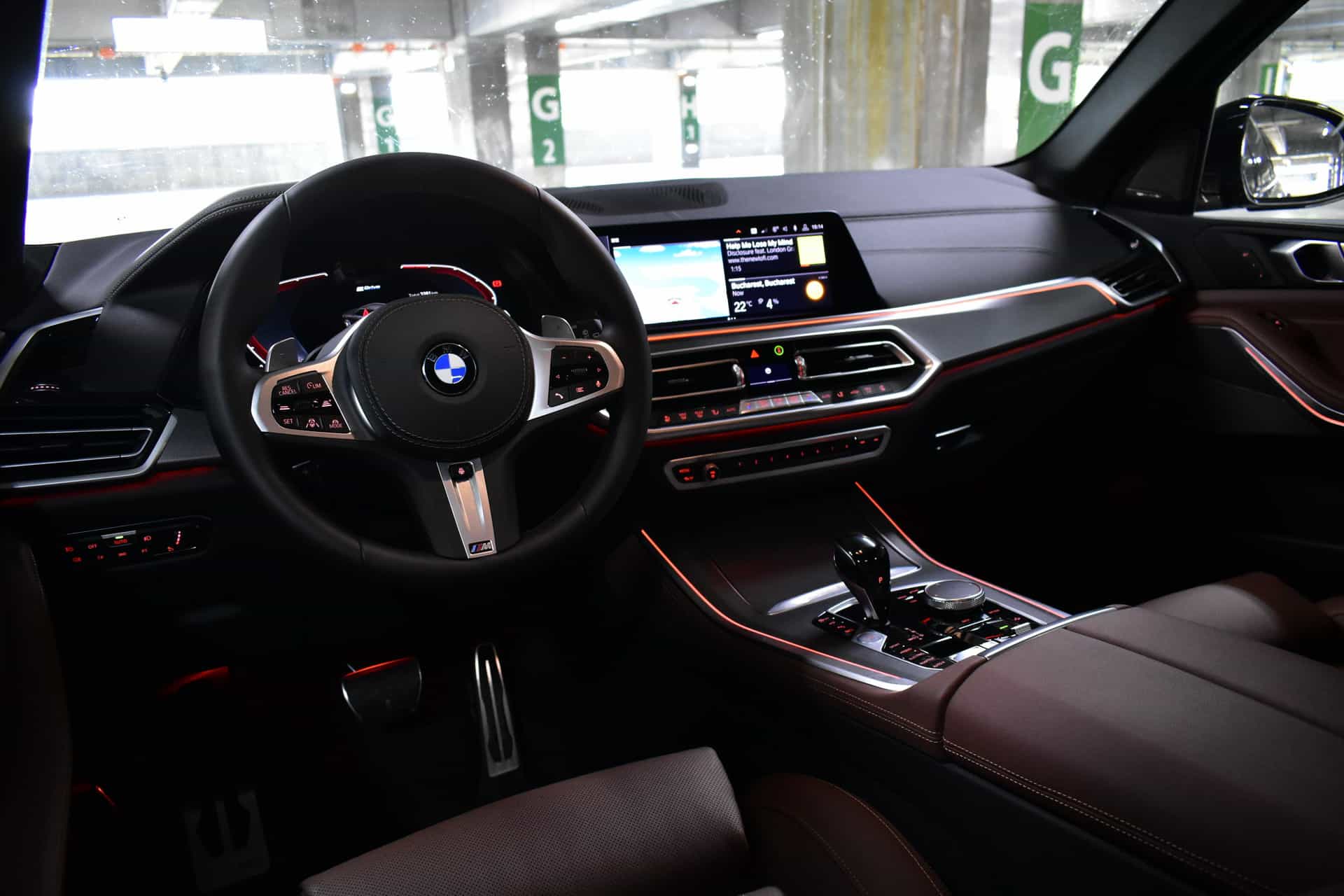
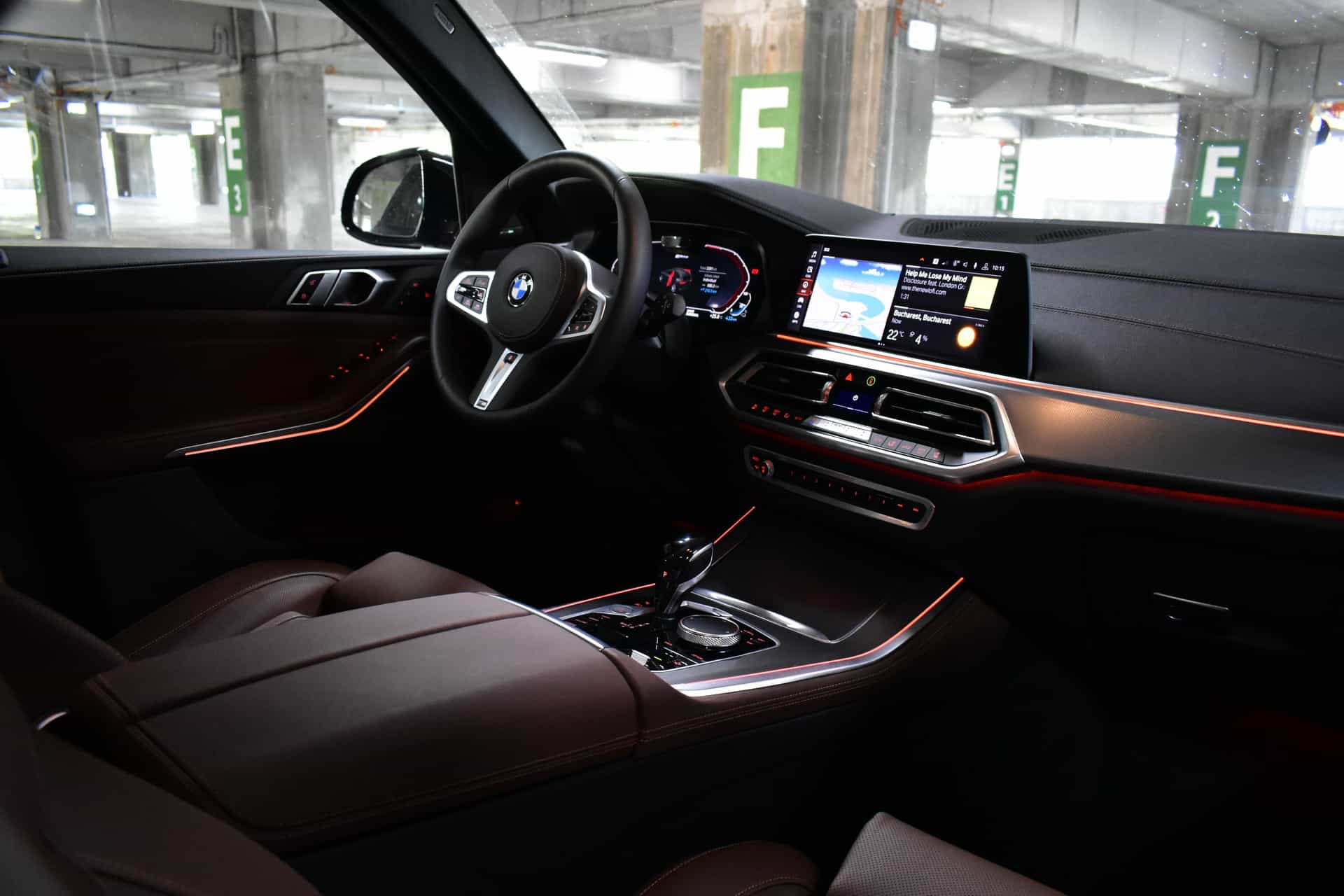
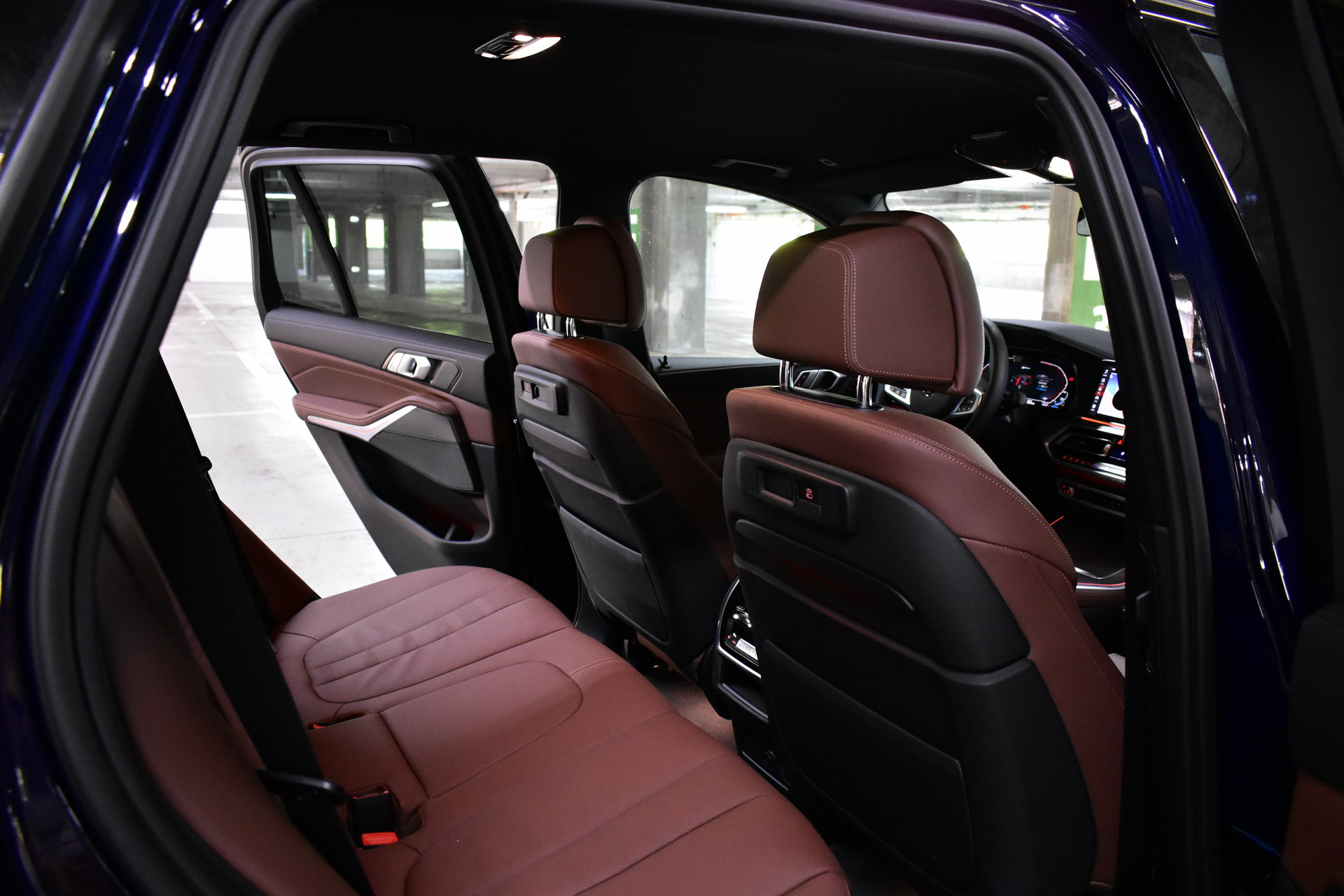
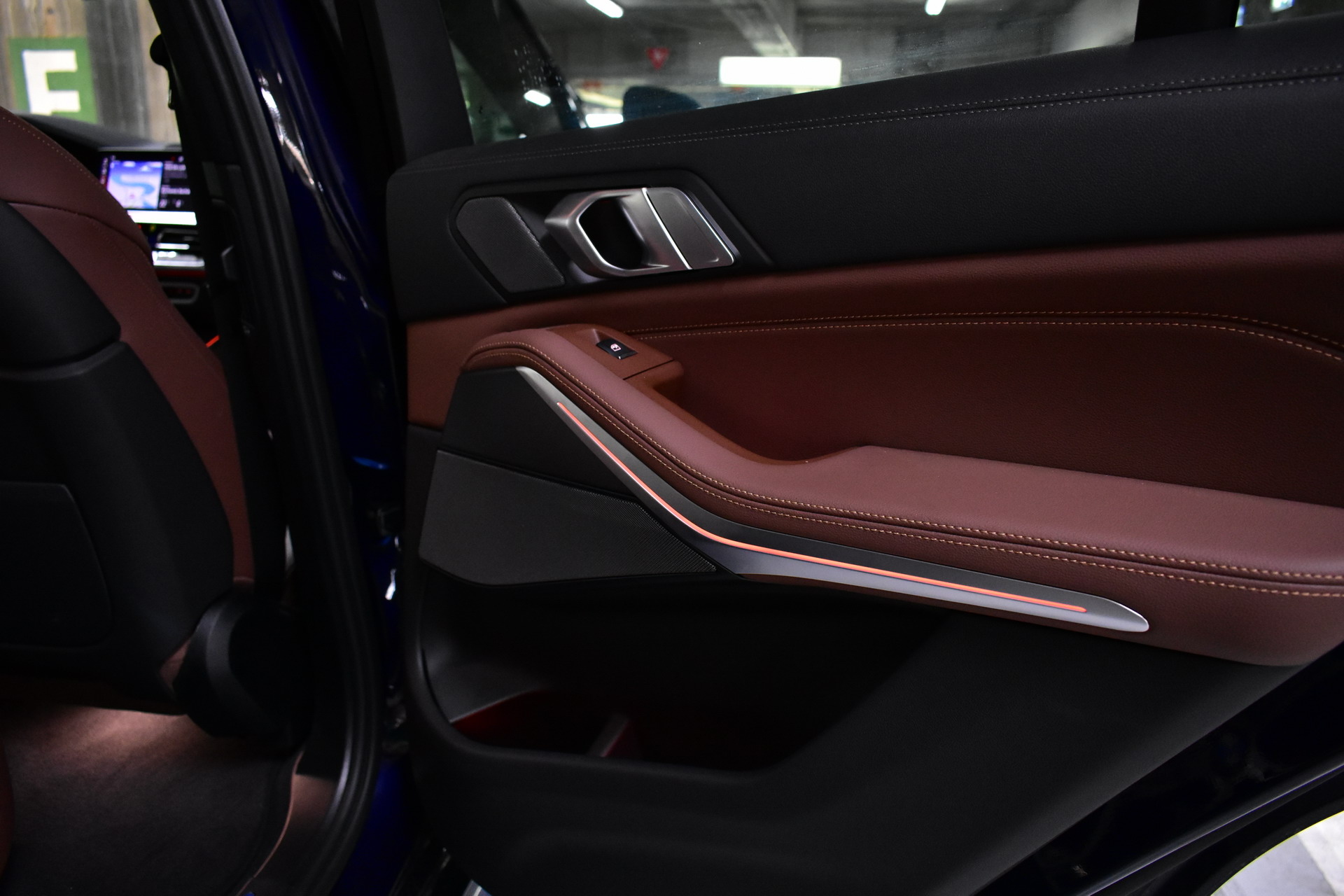
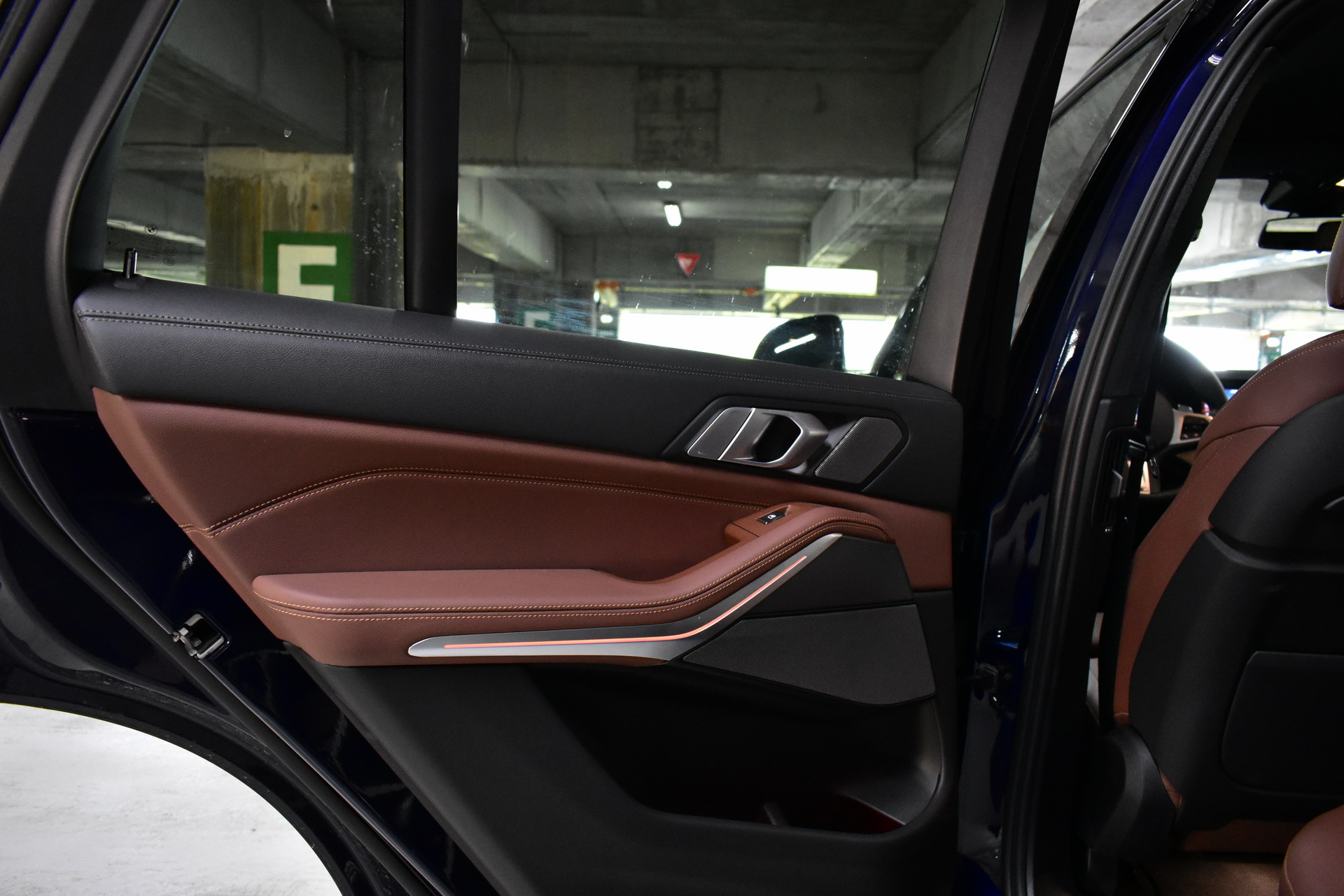
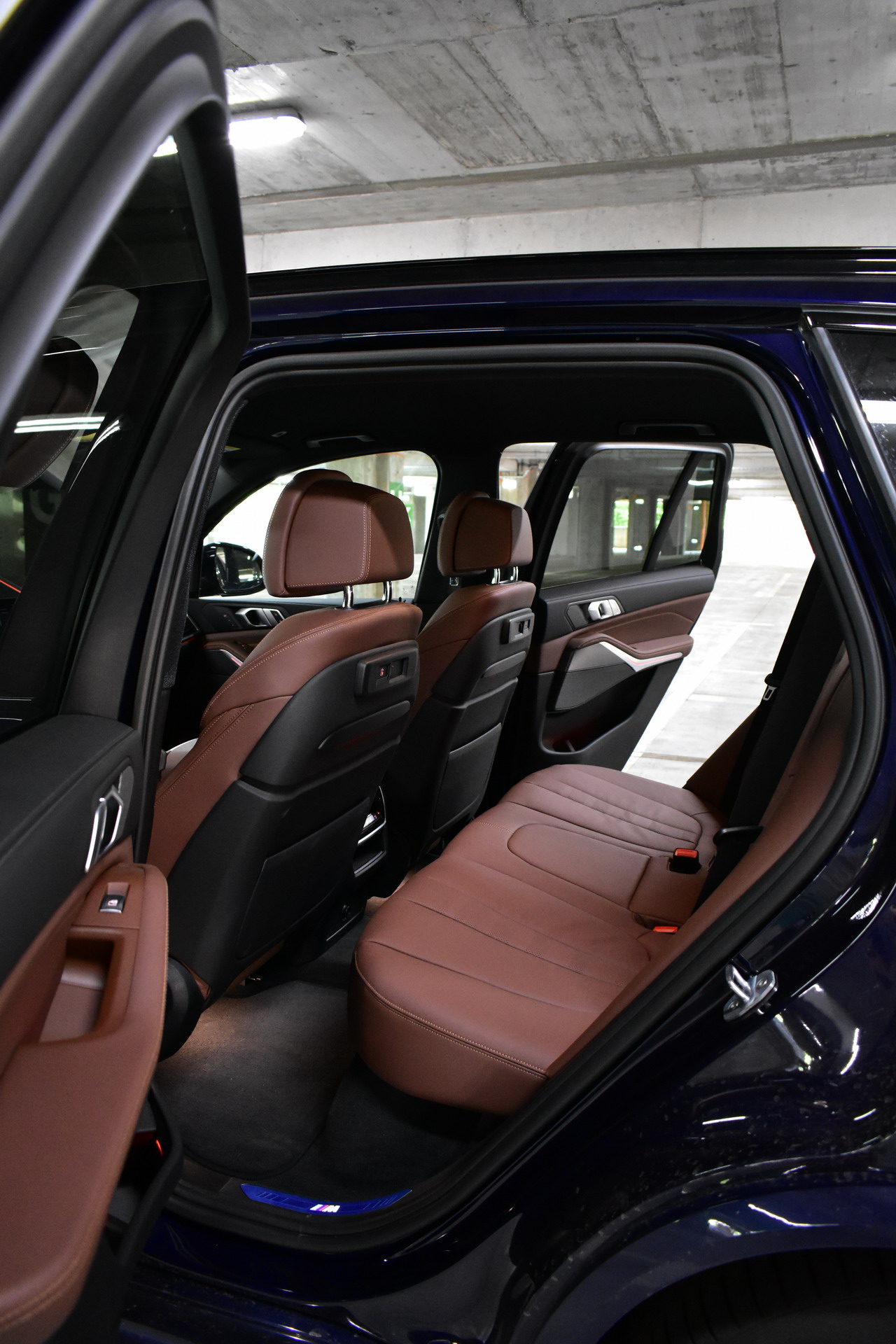
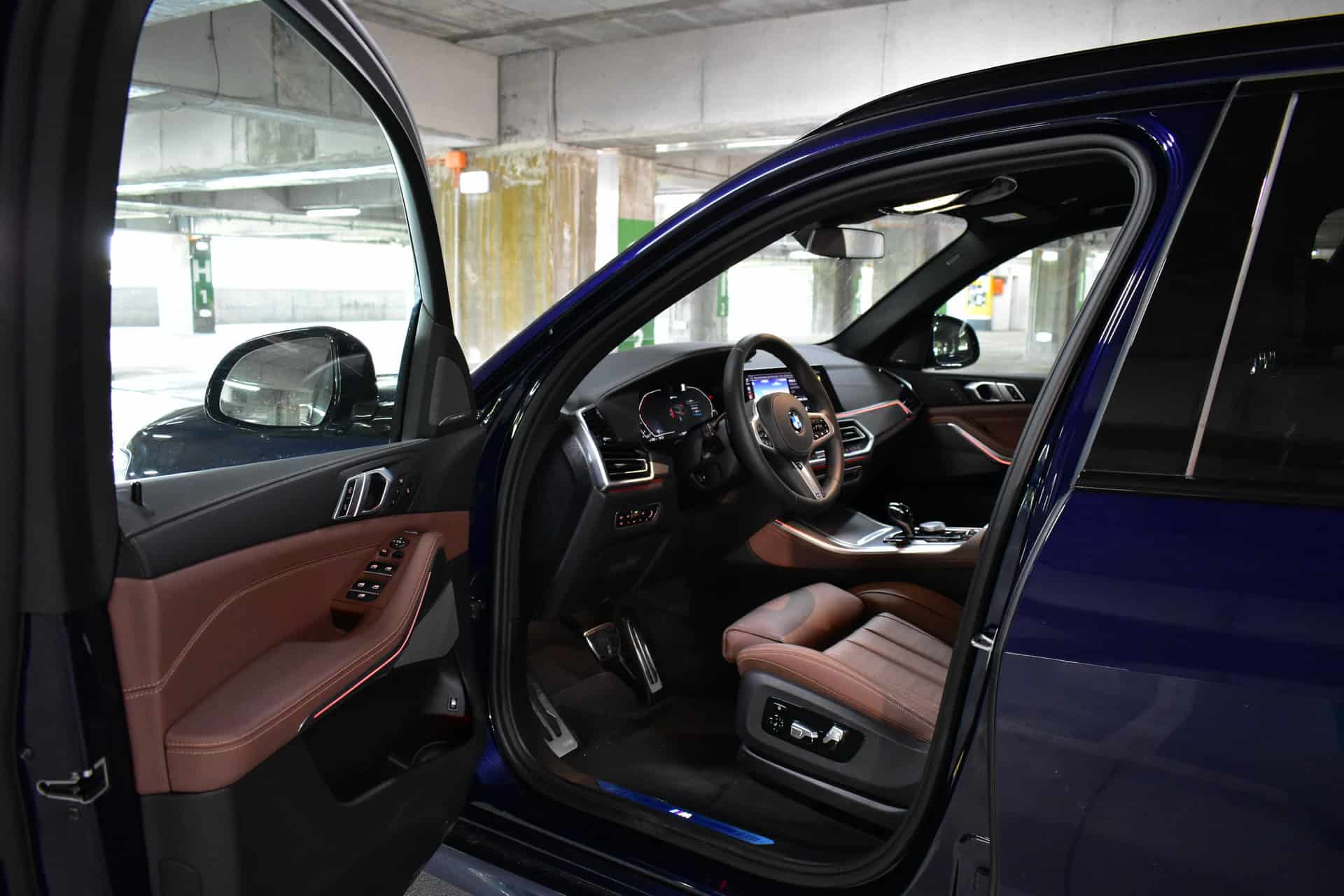
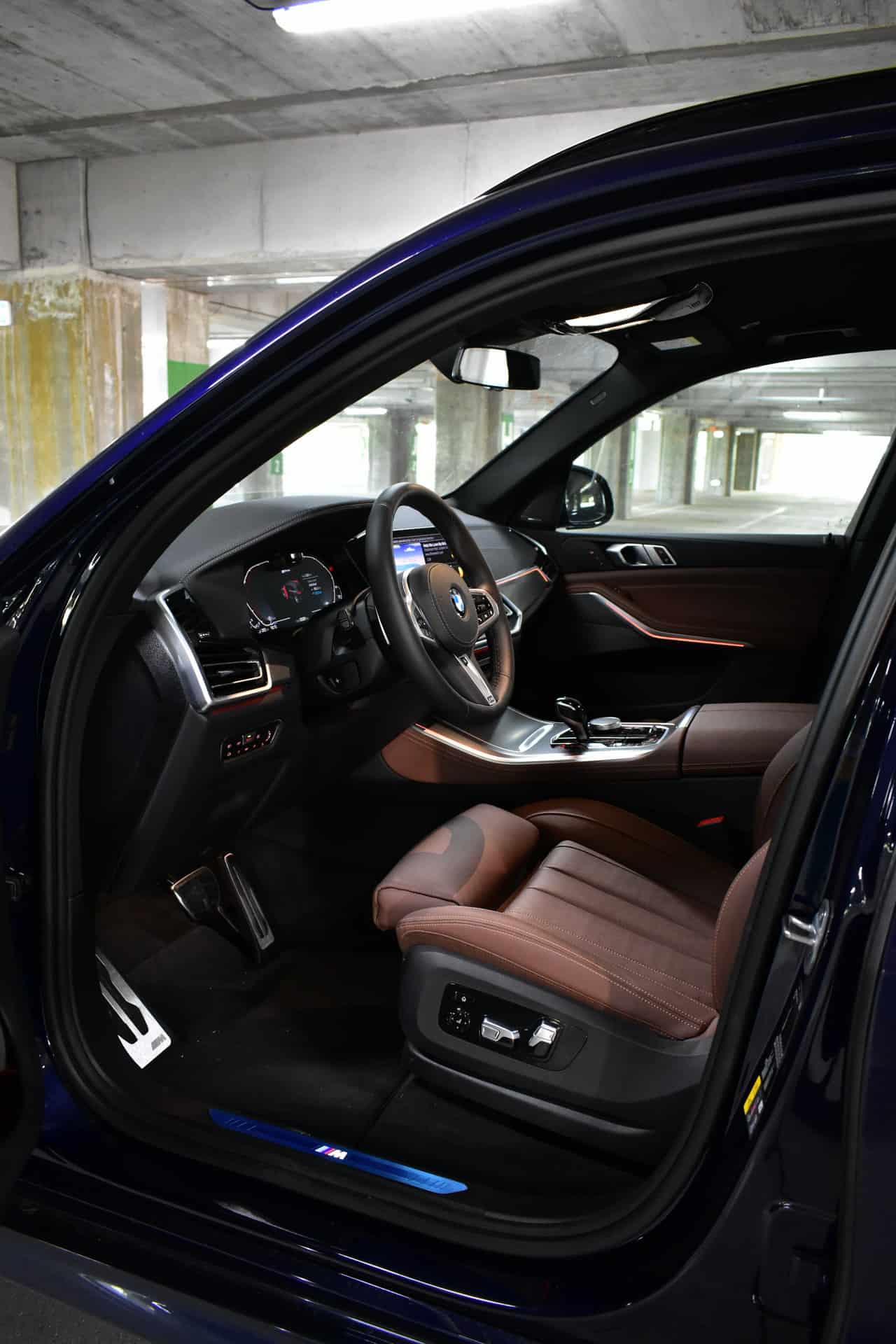
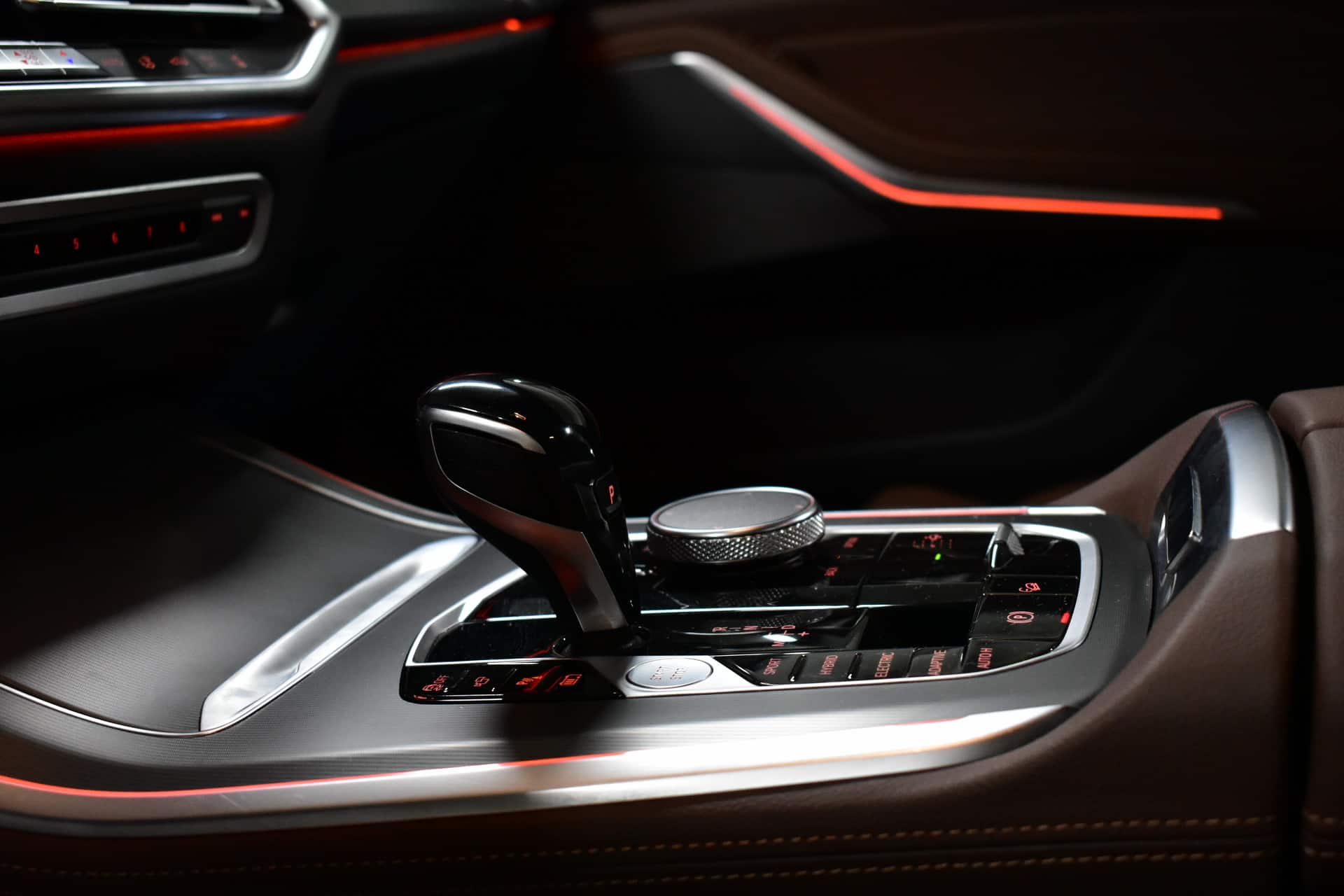
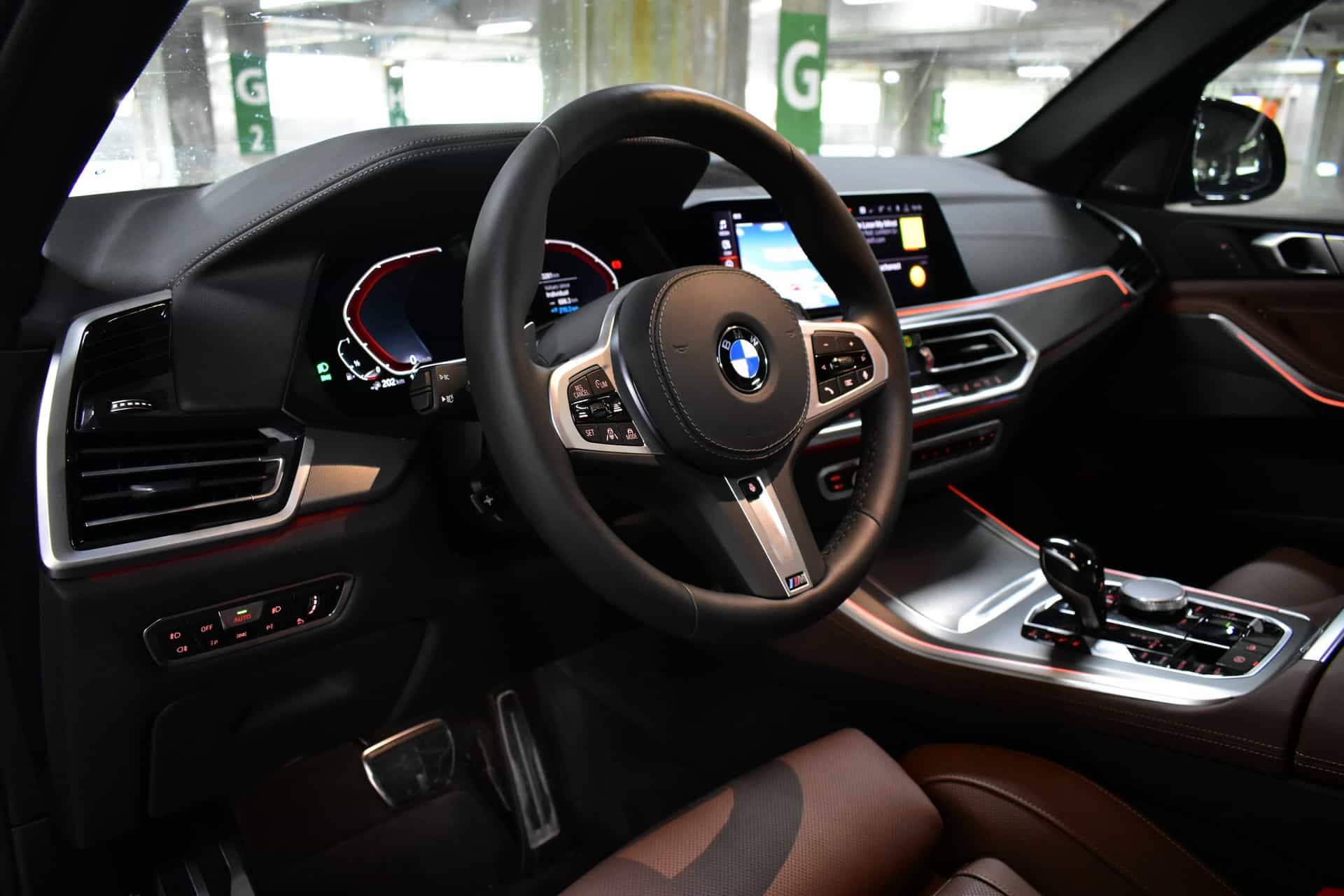
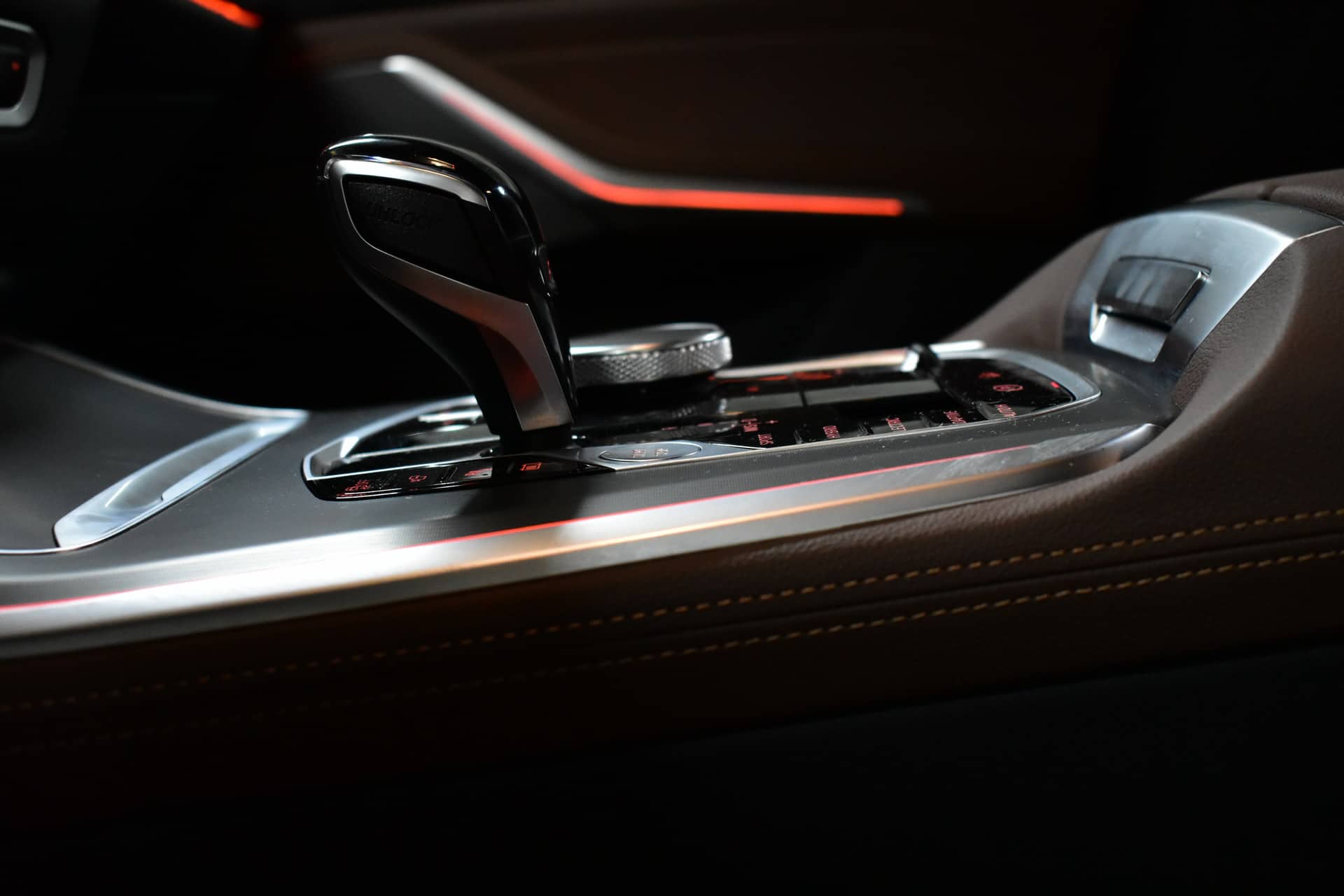
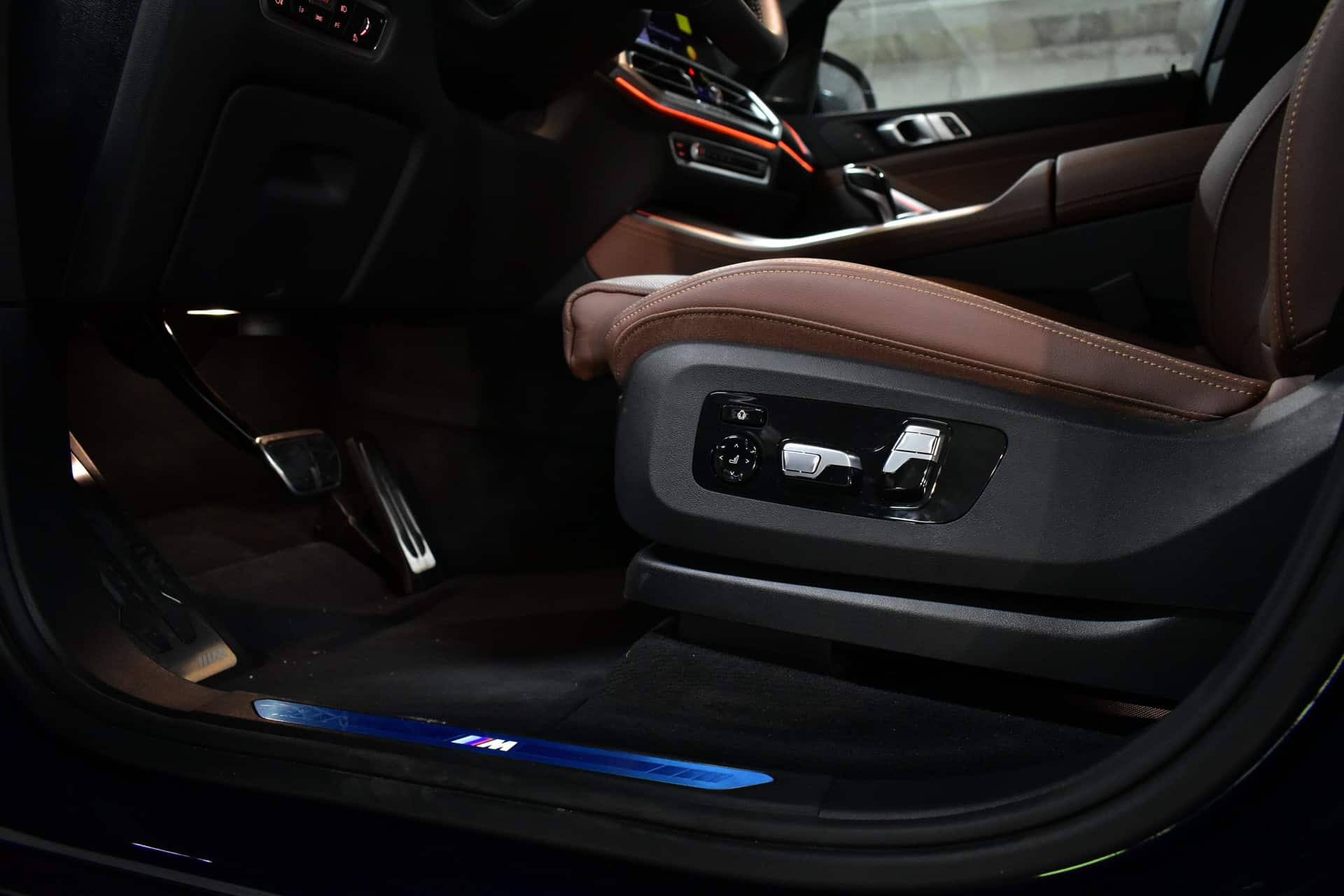
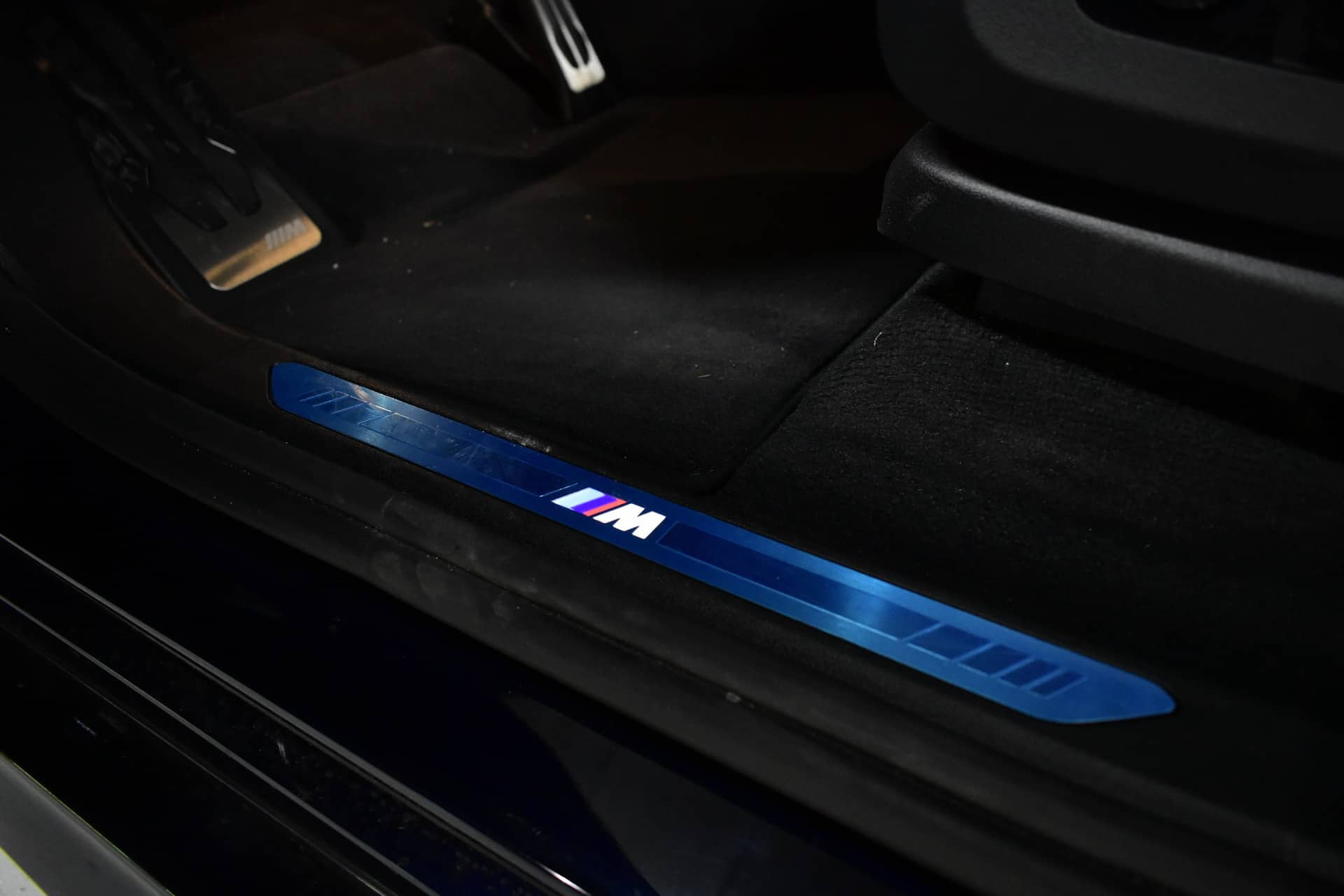
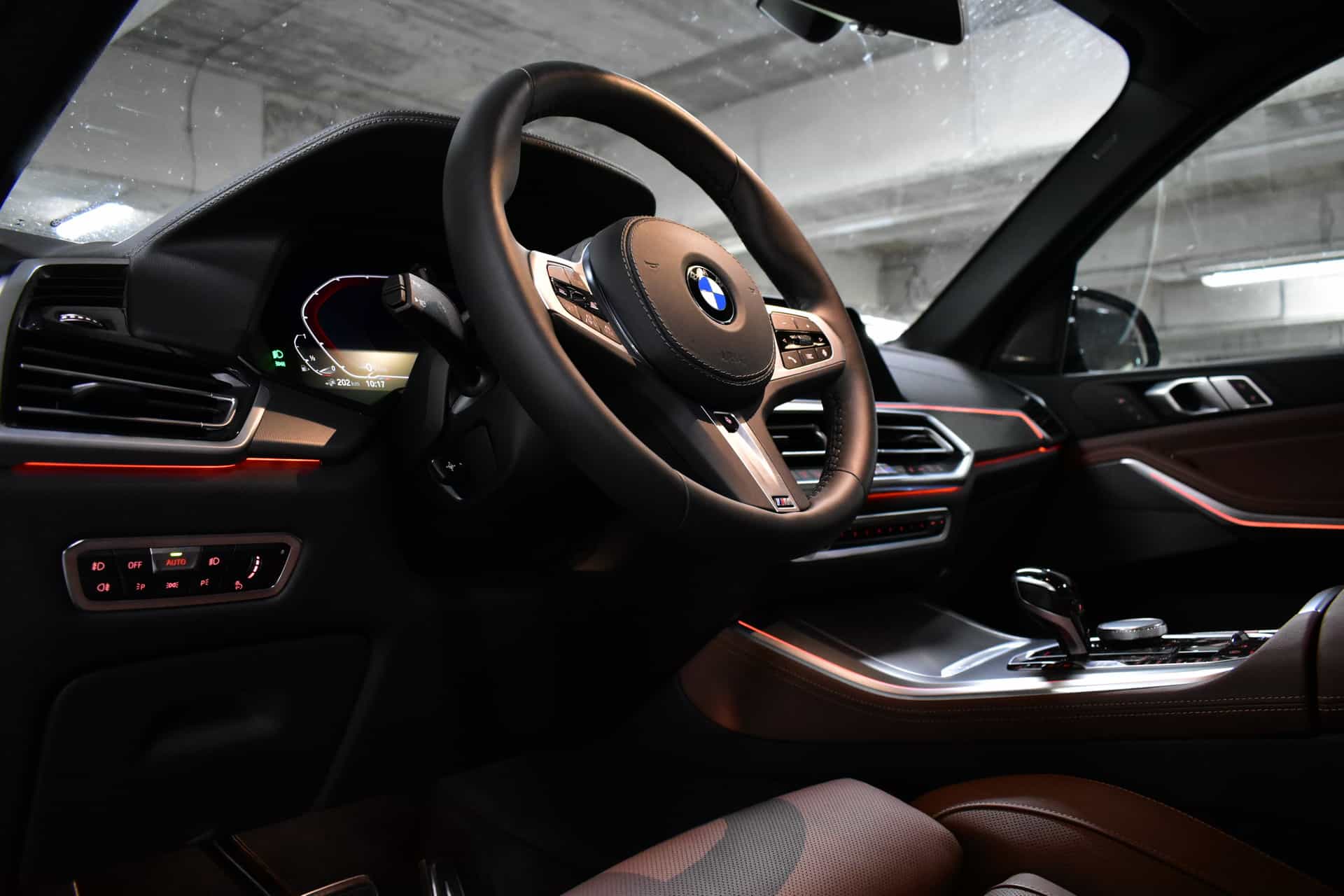
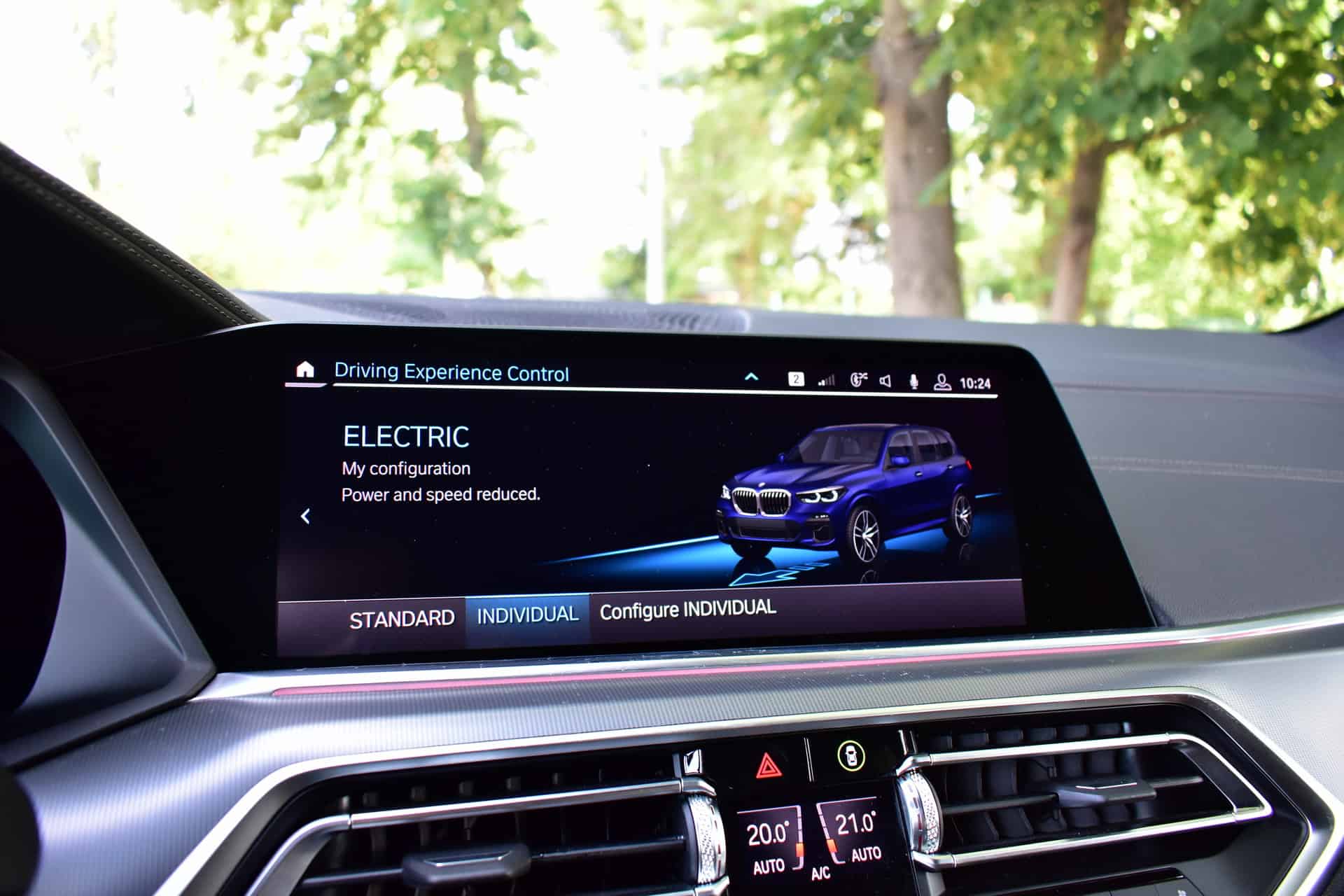
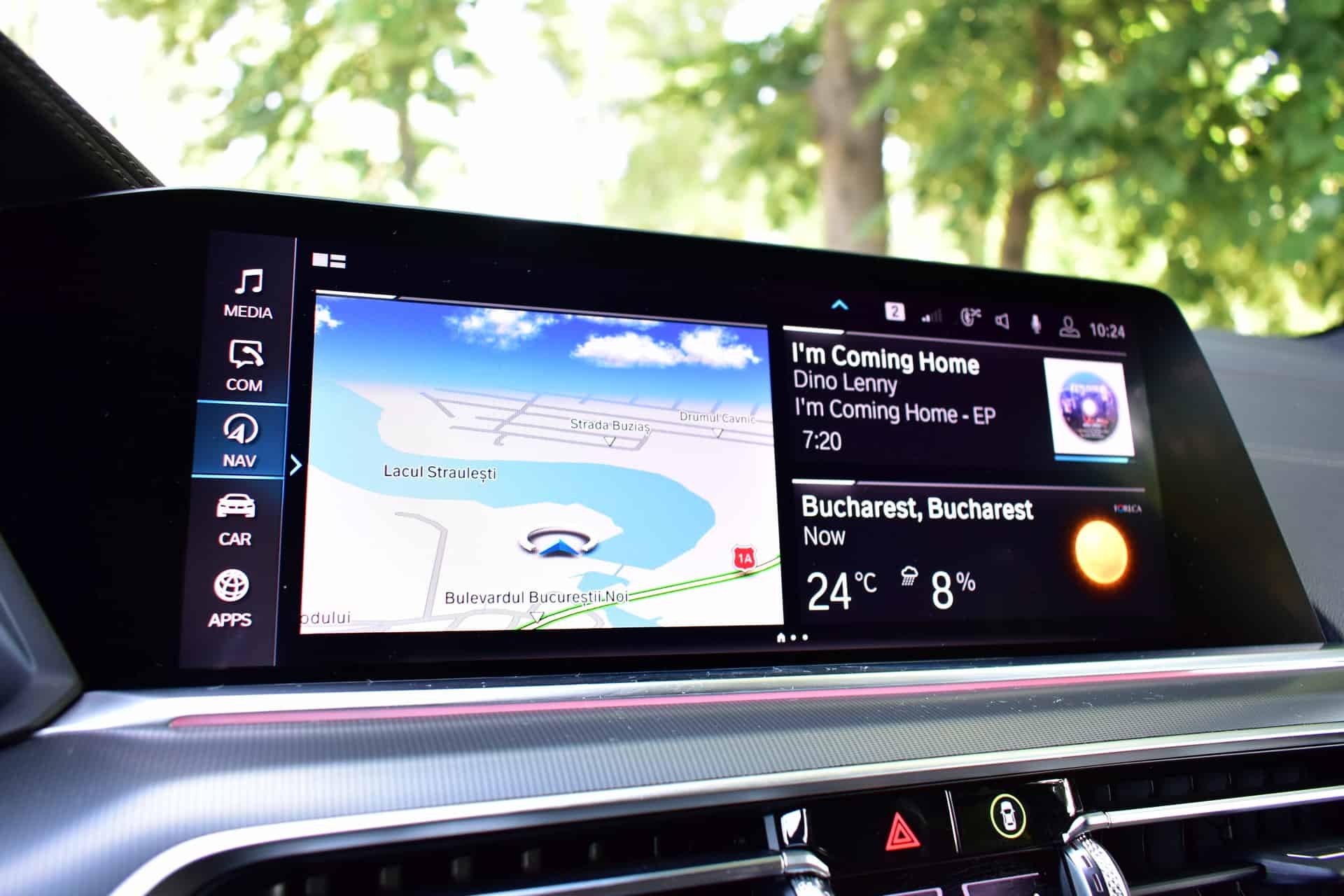
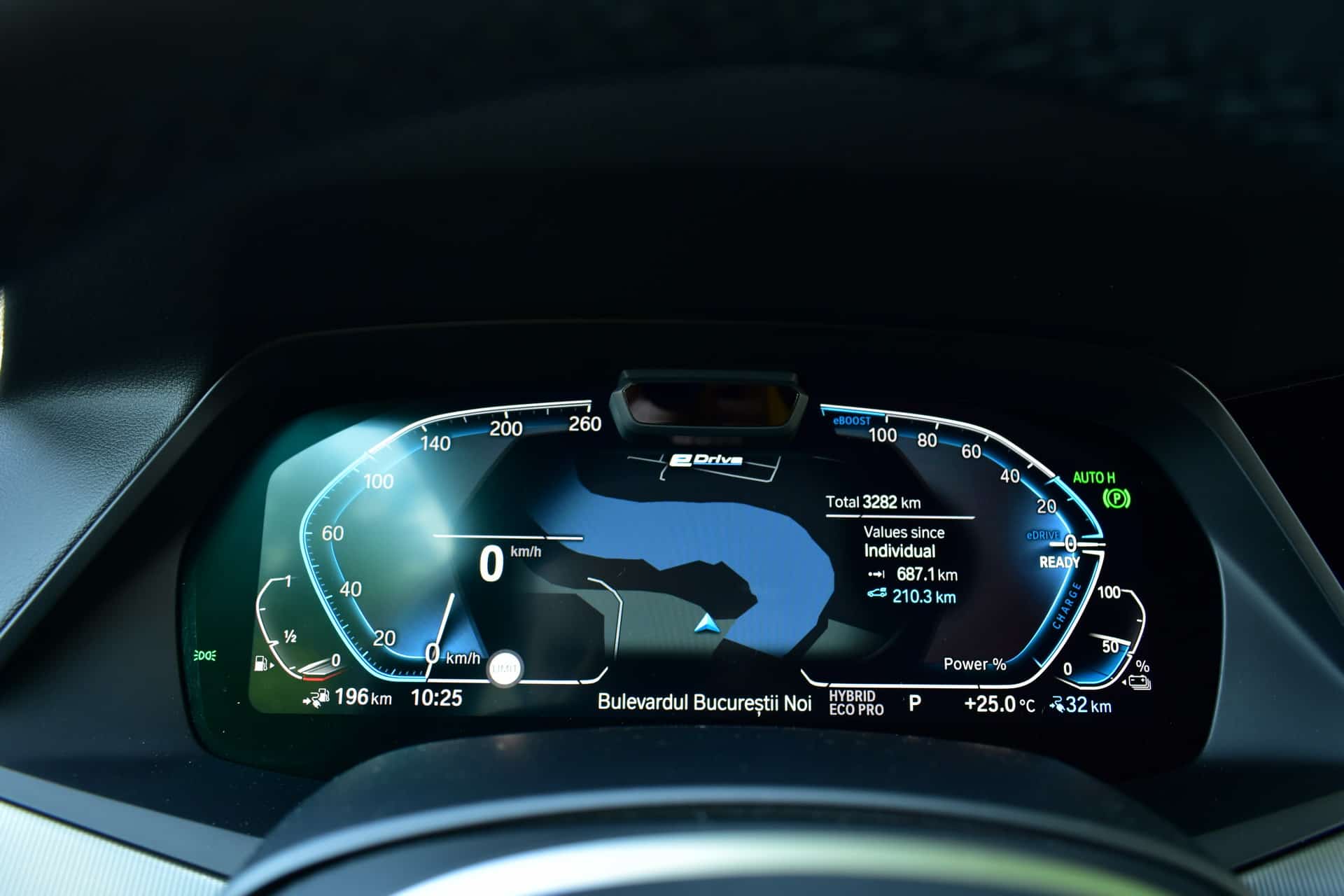
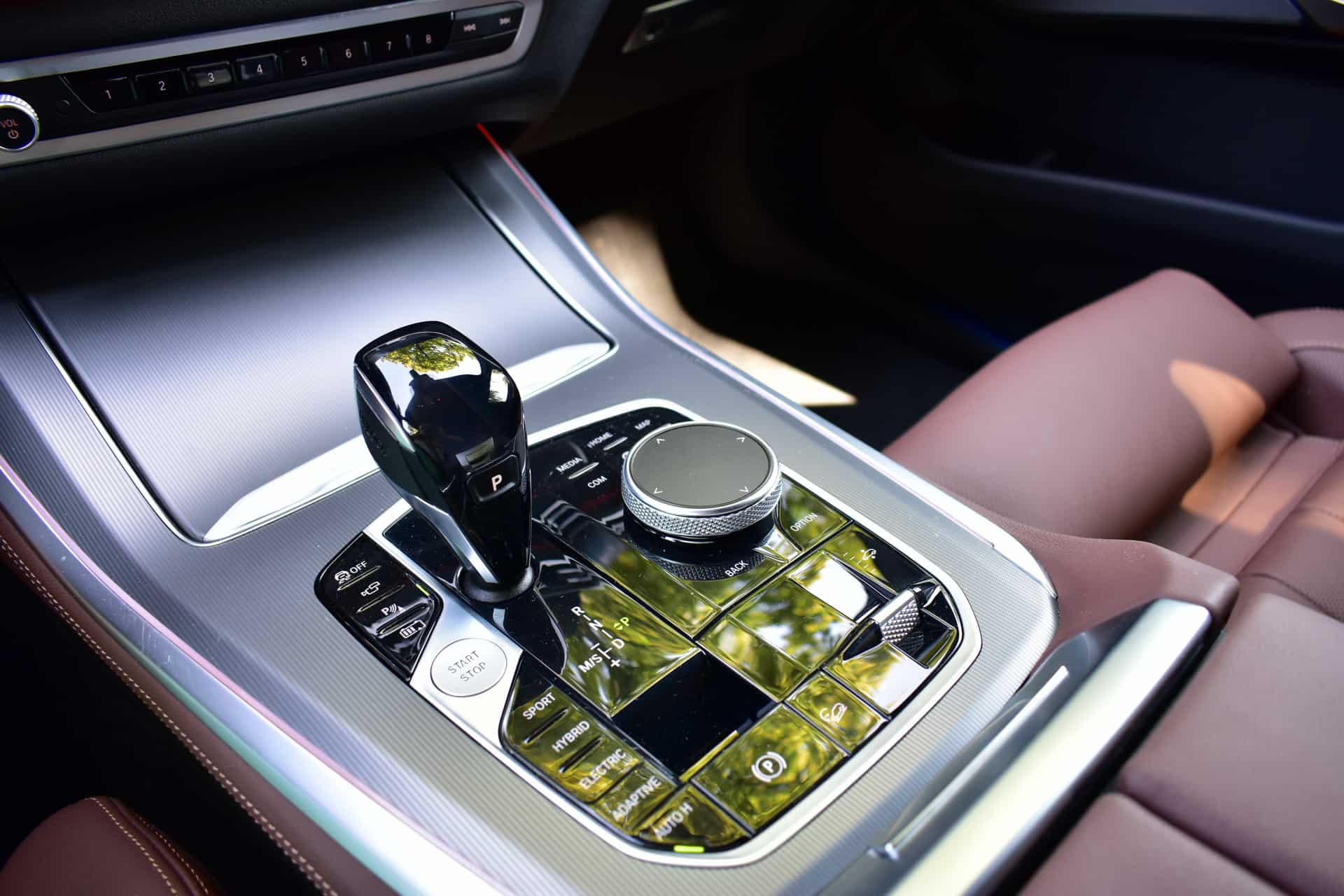
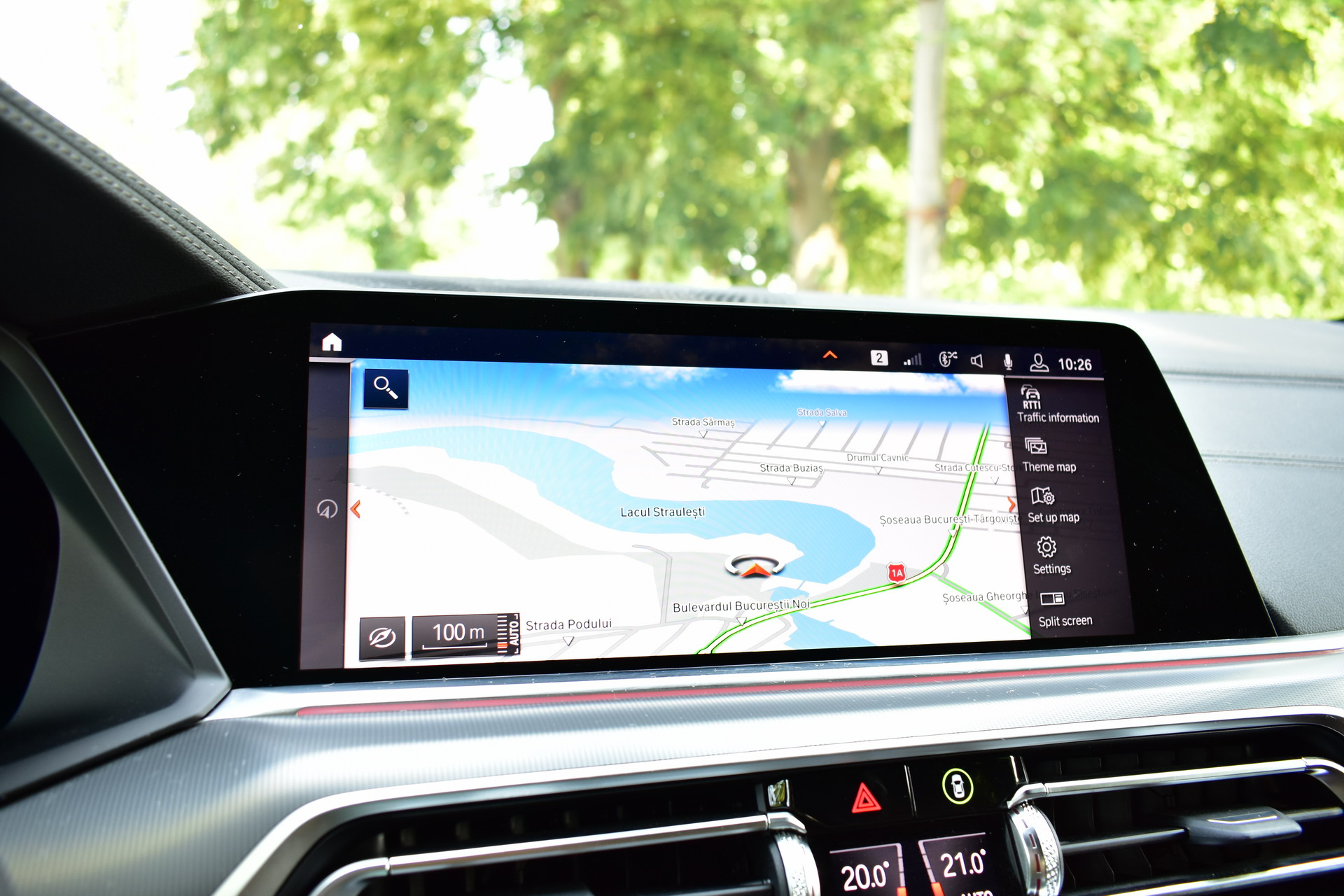
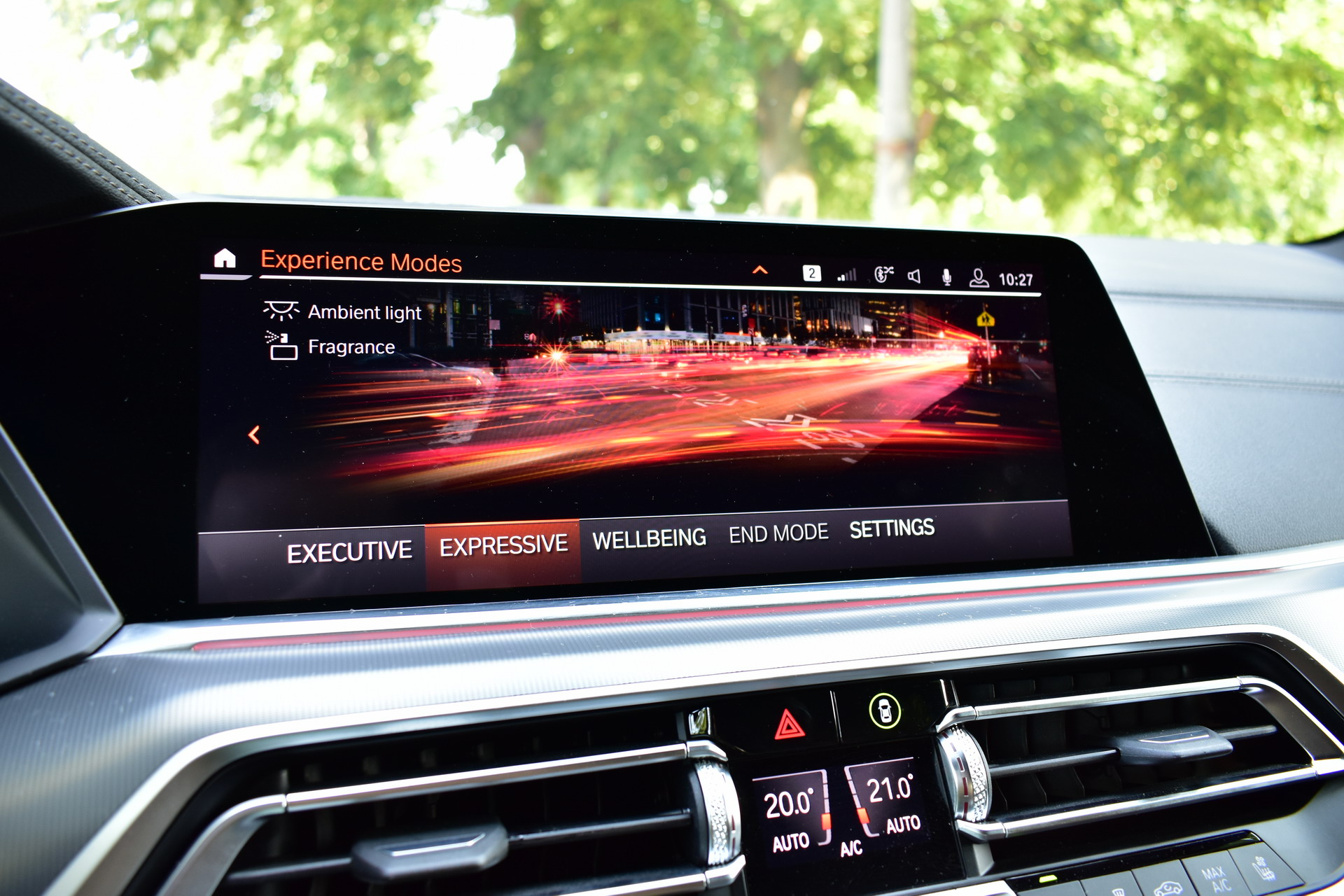
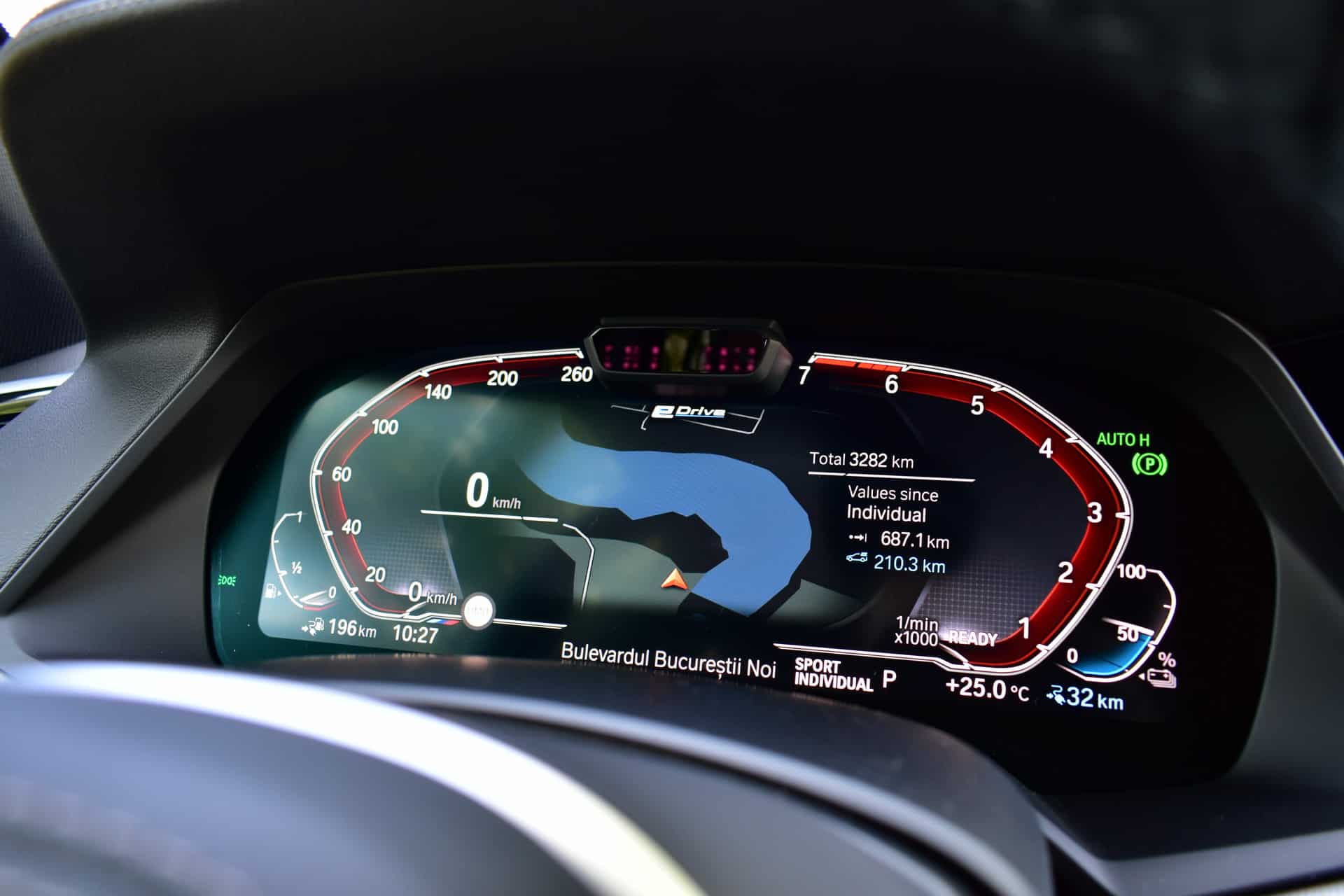
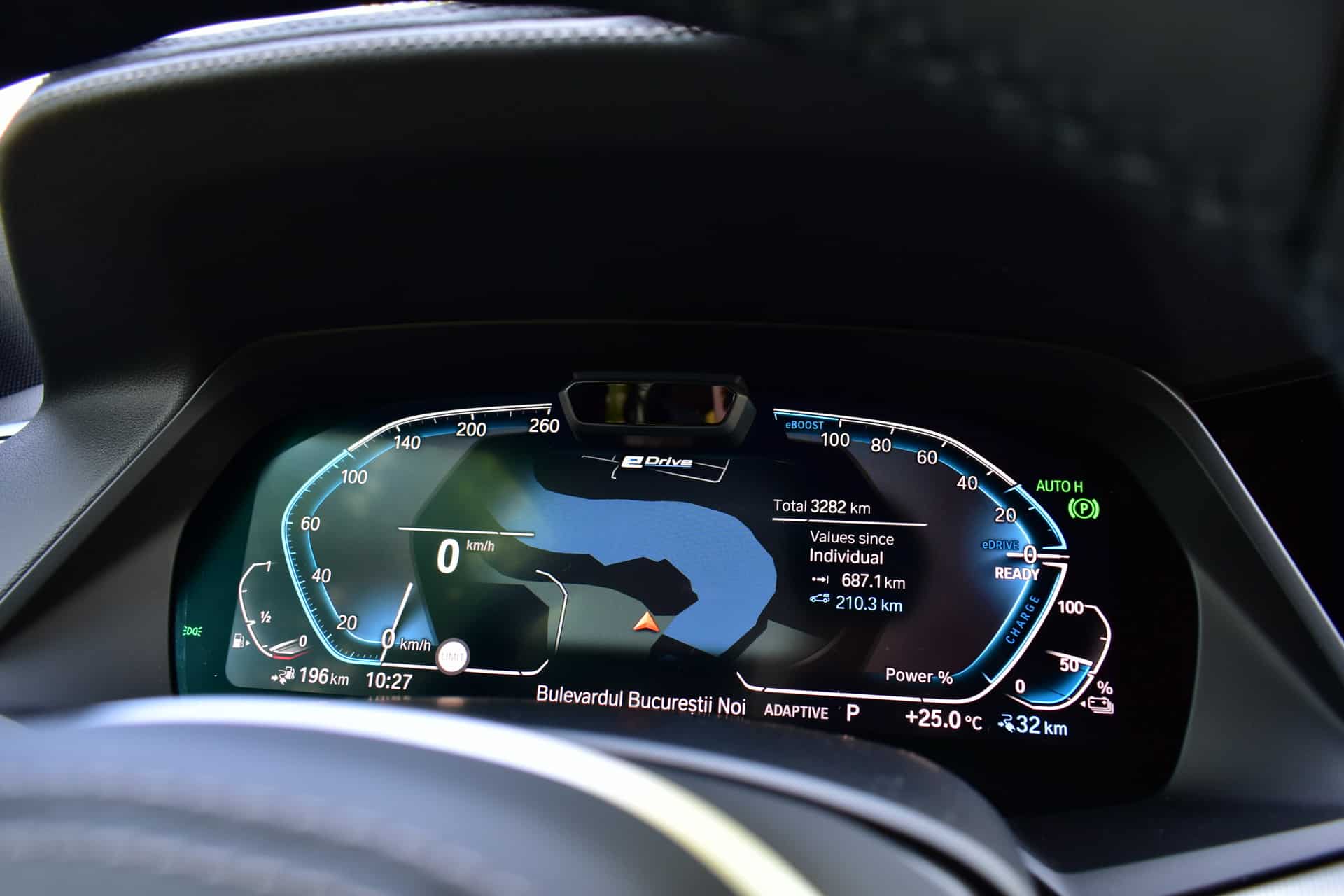
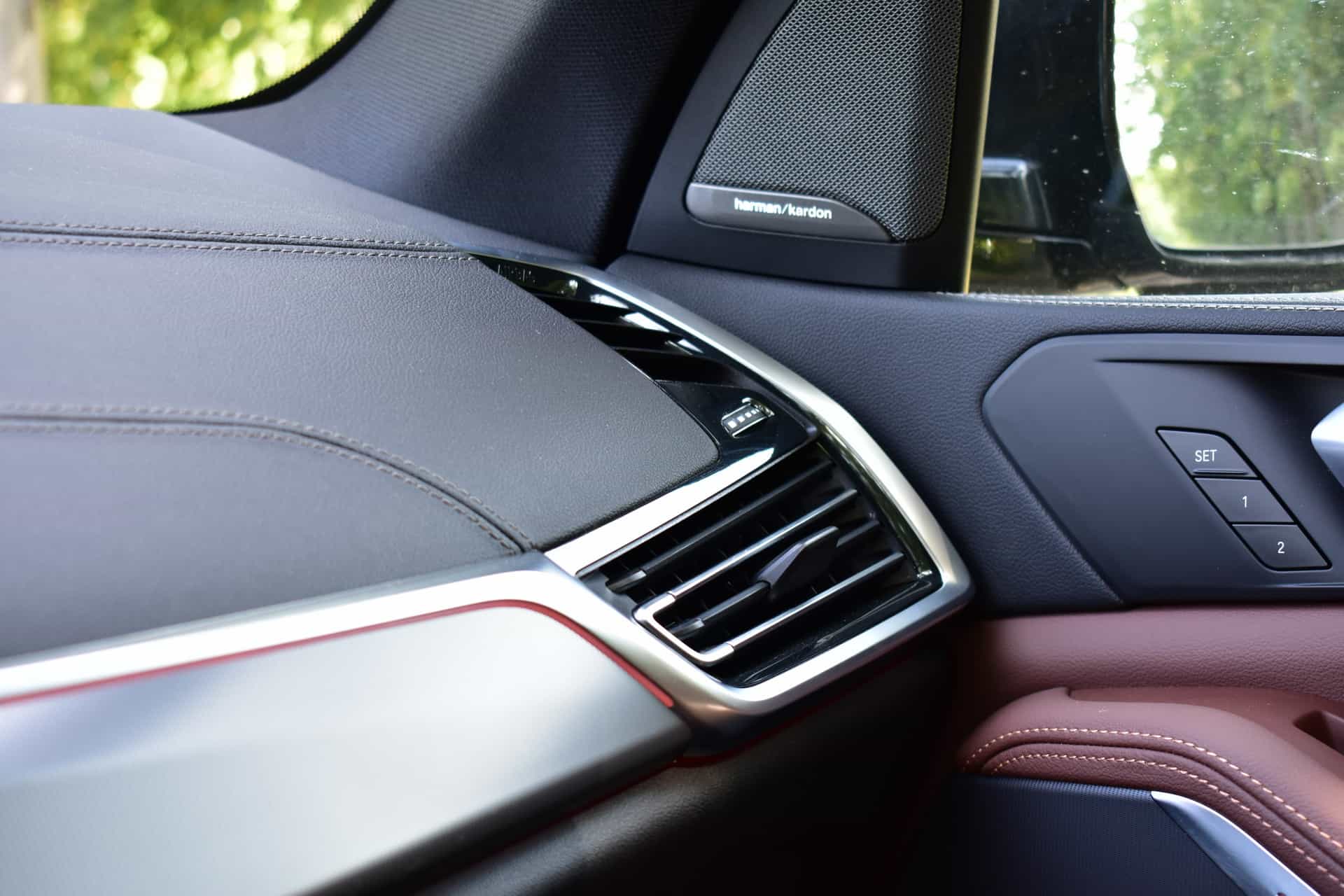
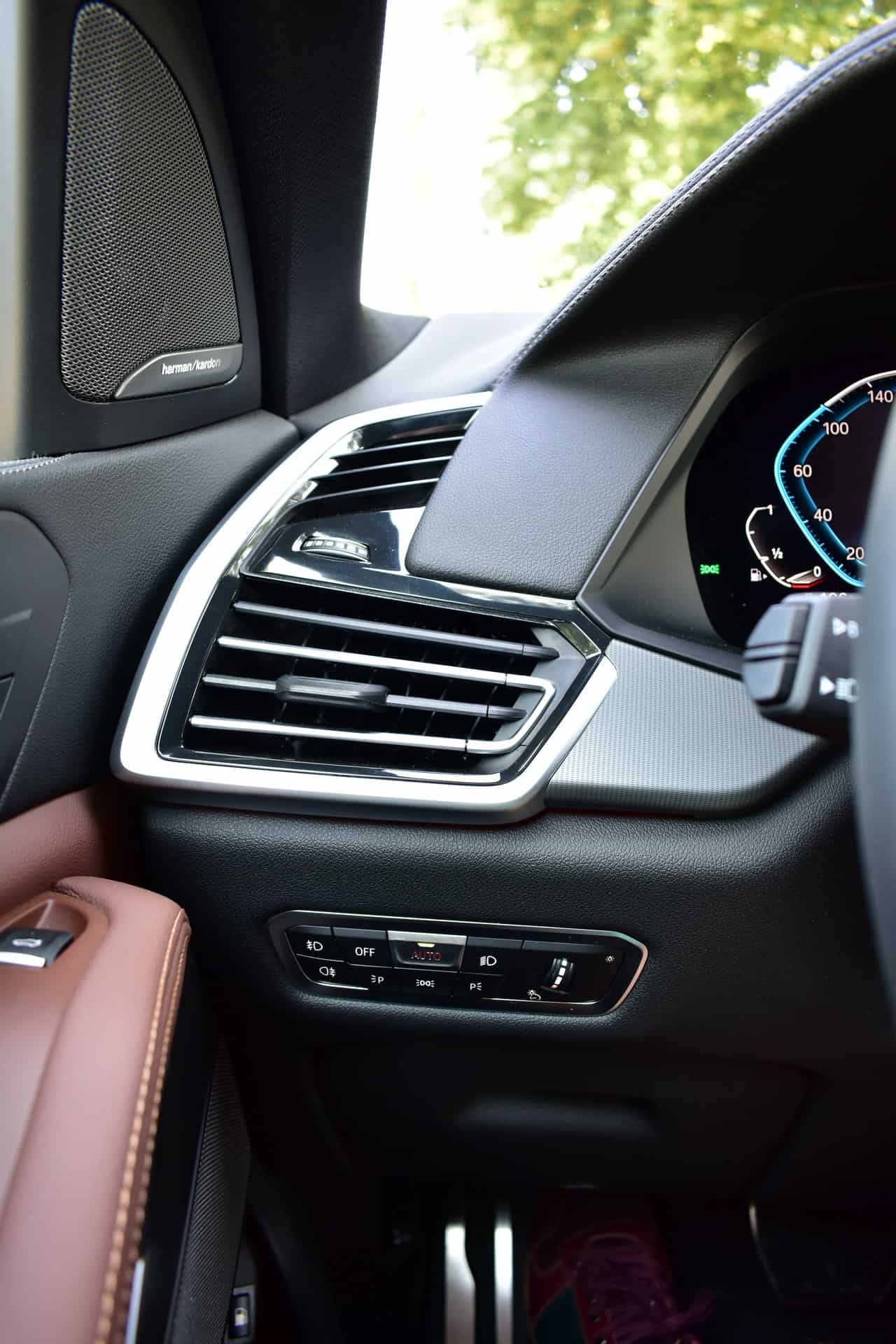
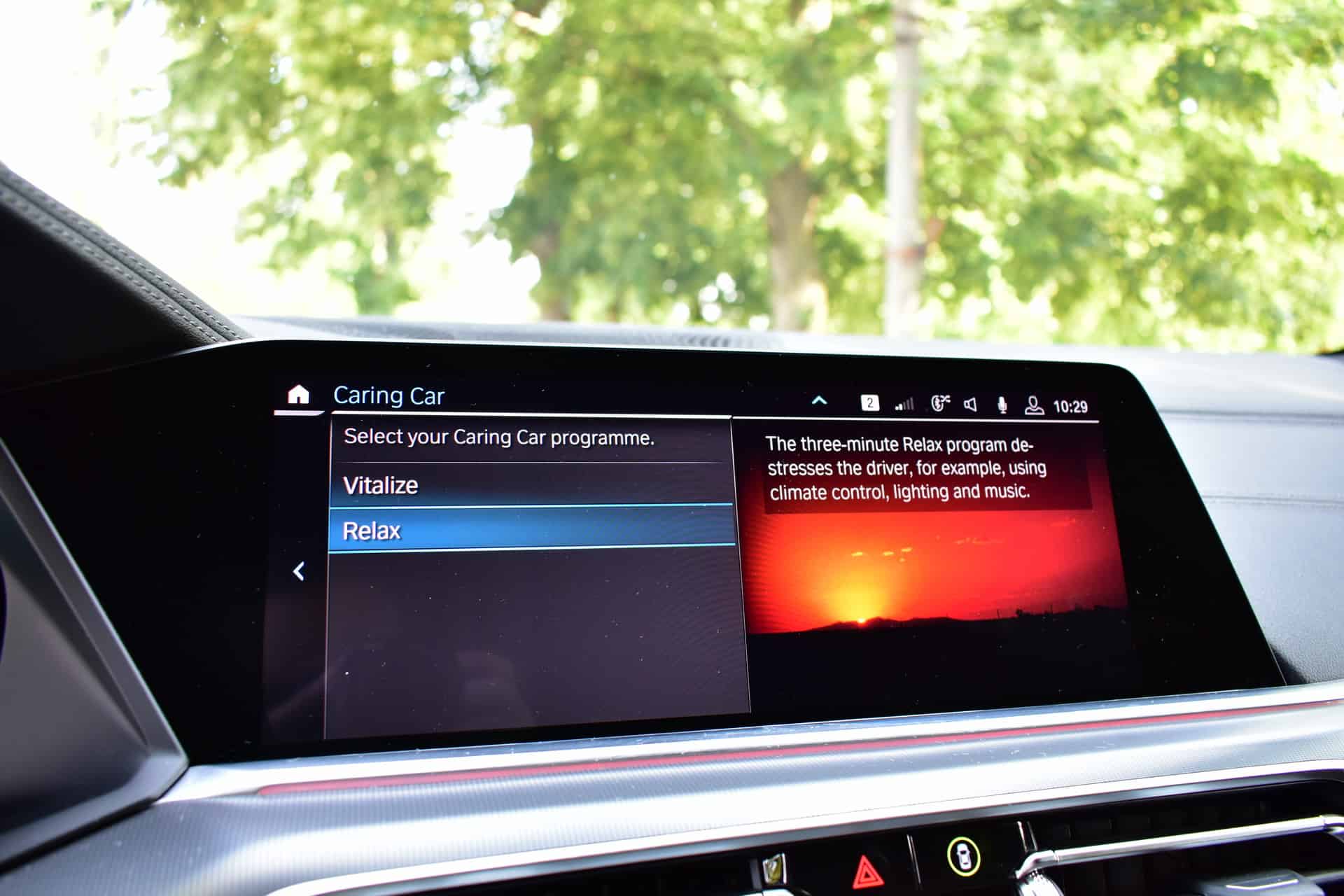
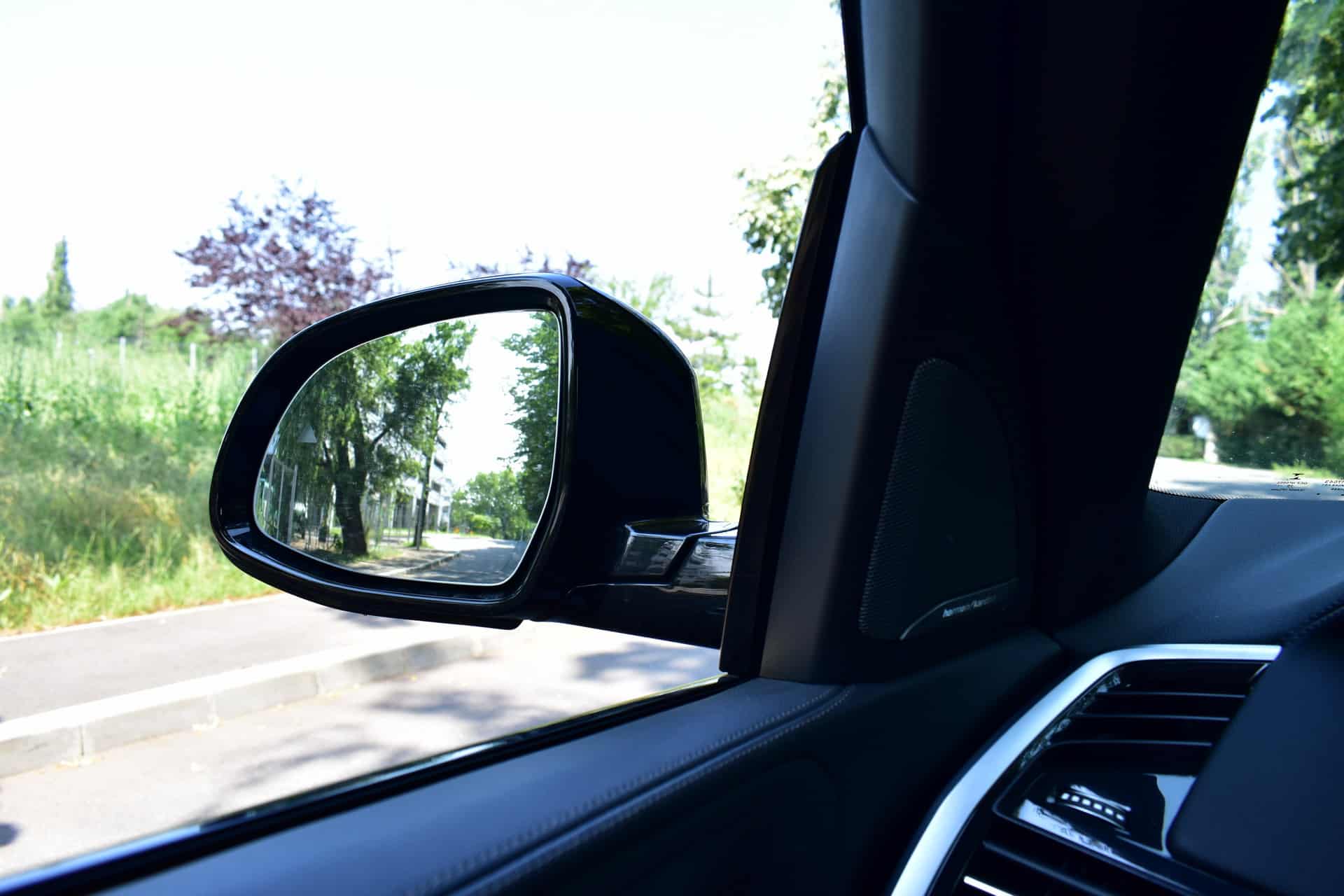

The article TEST DRIVE: 2020 BMW X5 xDrive45e (G05) – Electrifyingly Superior appeared first on BMW BLOG
